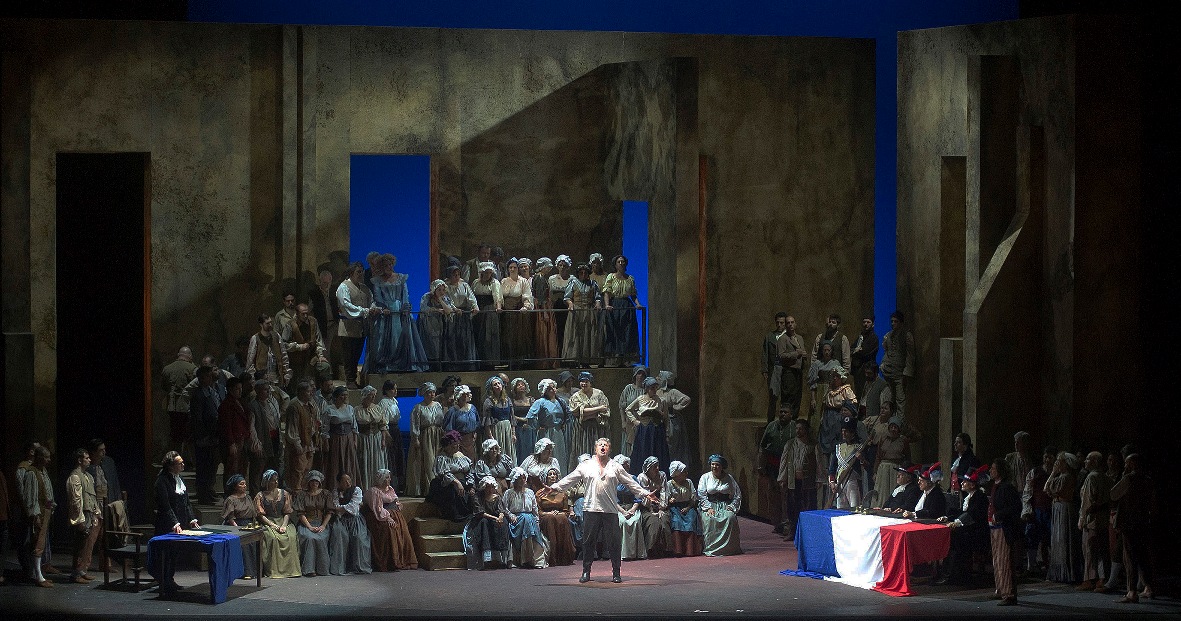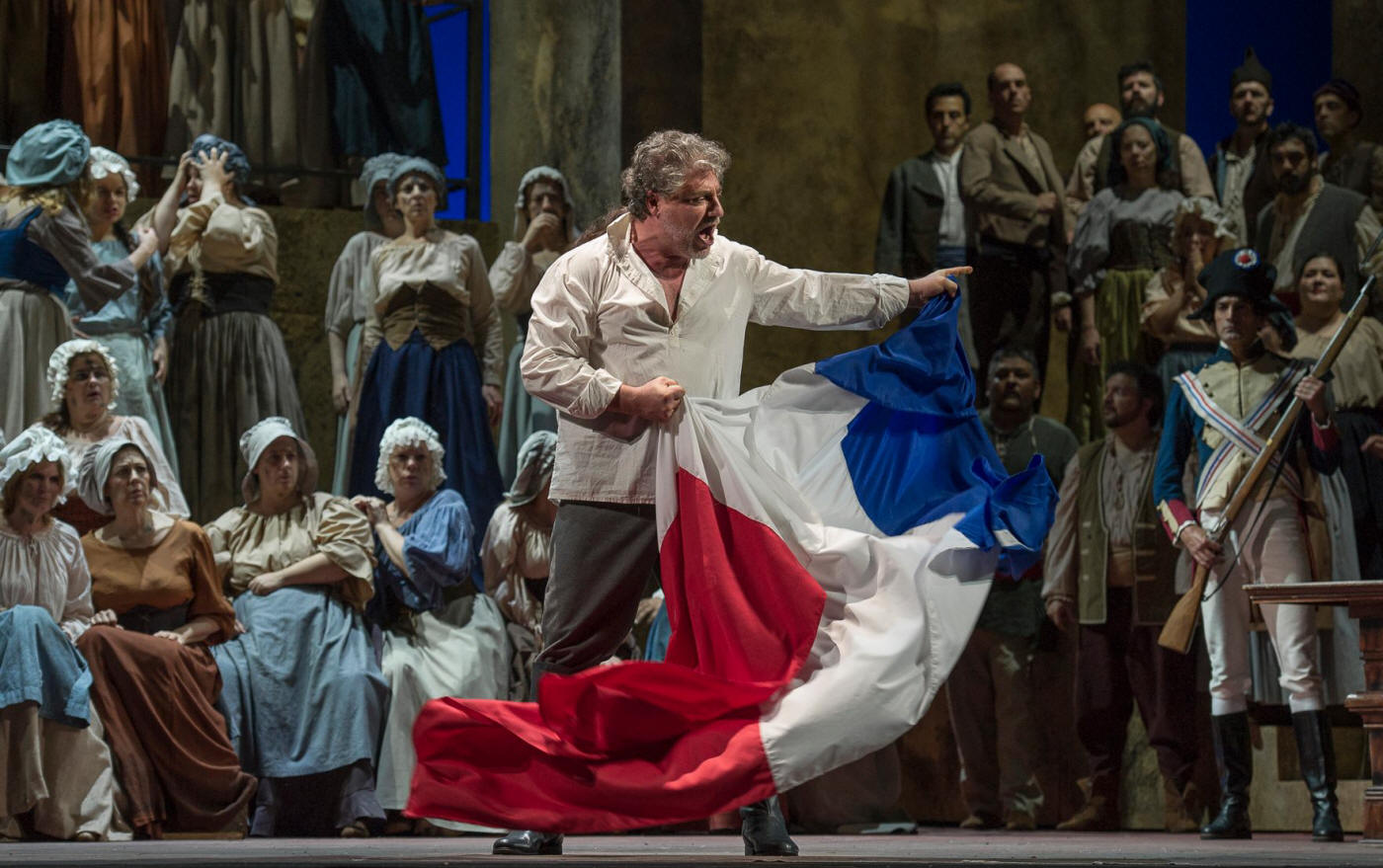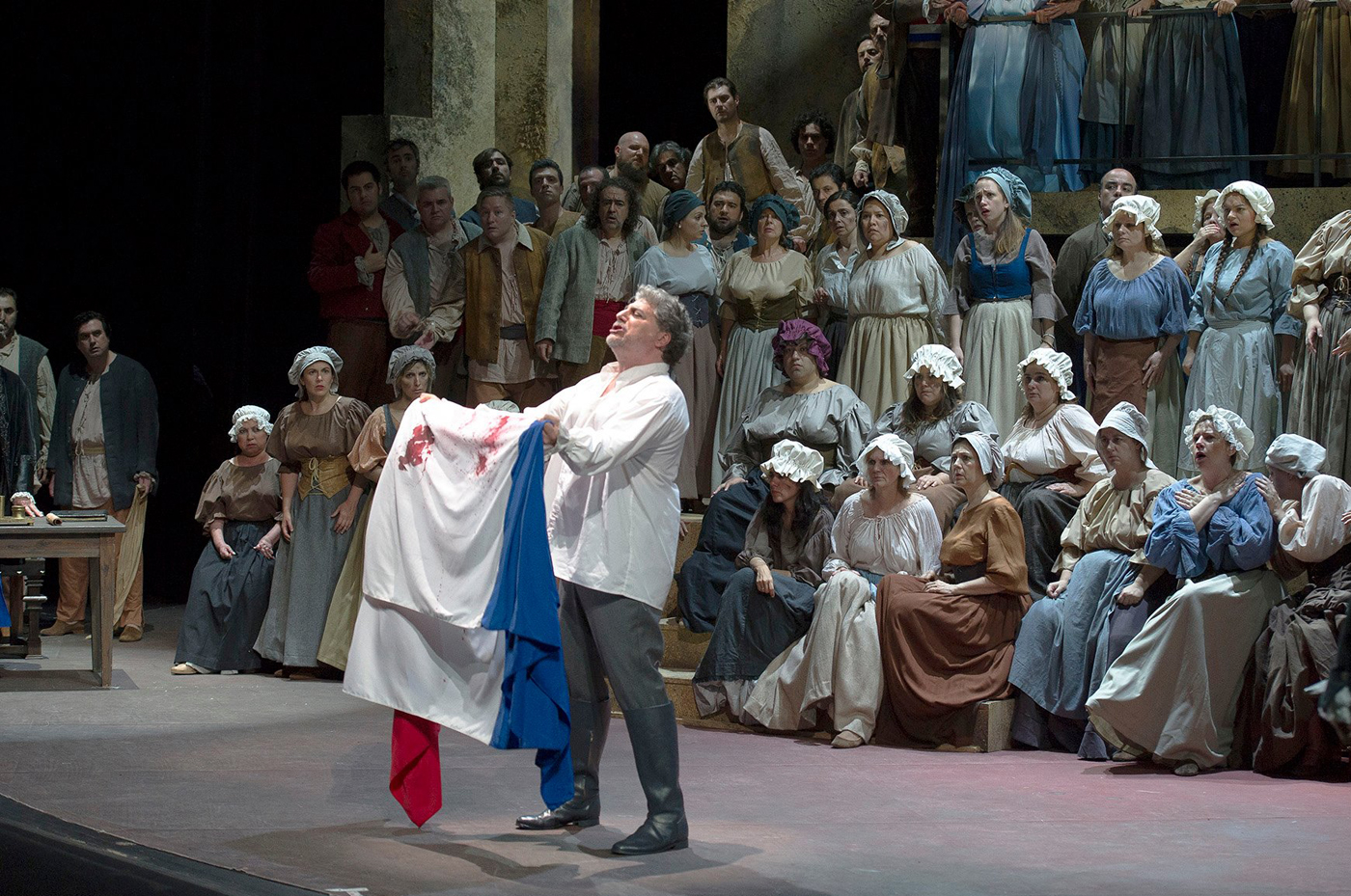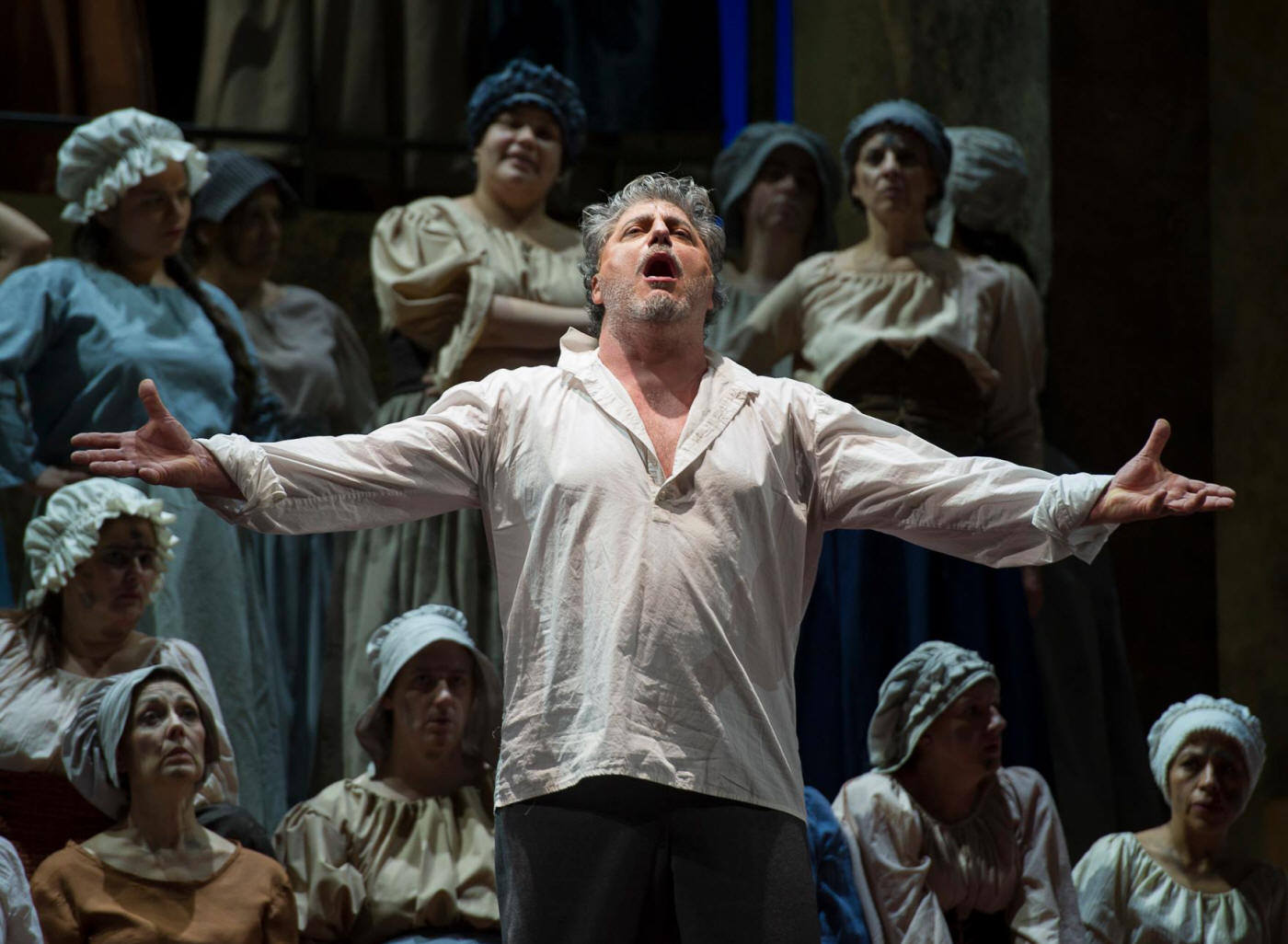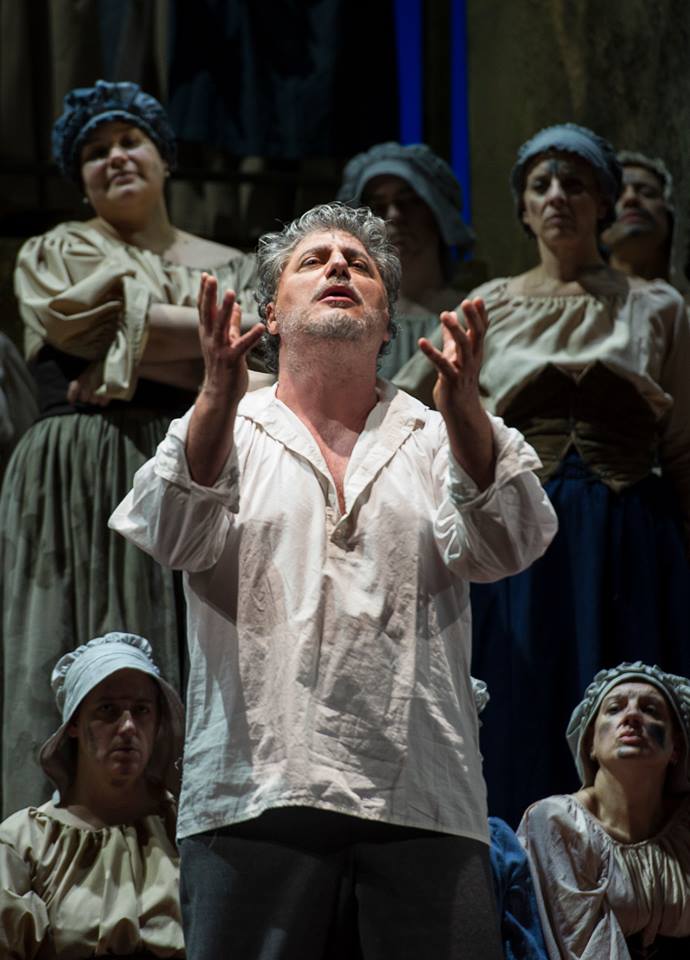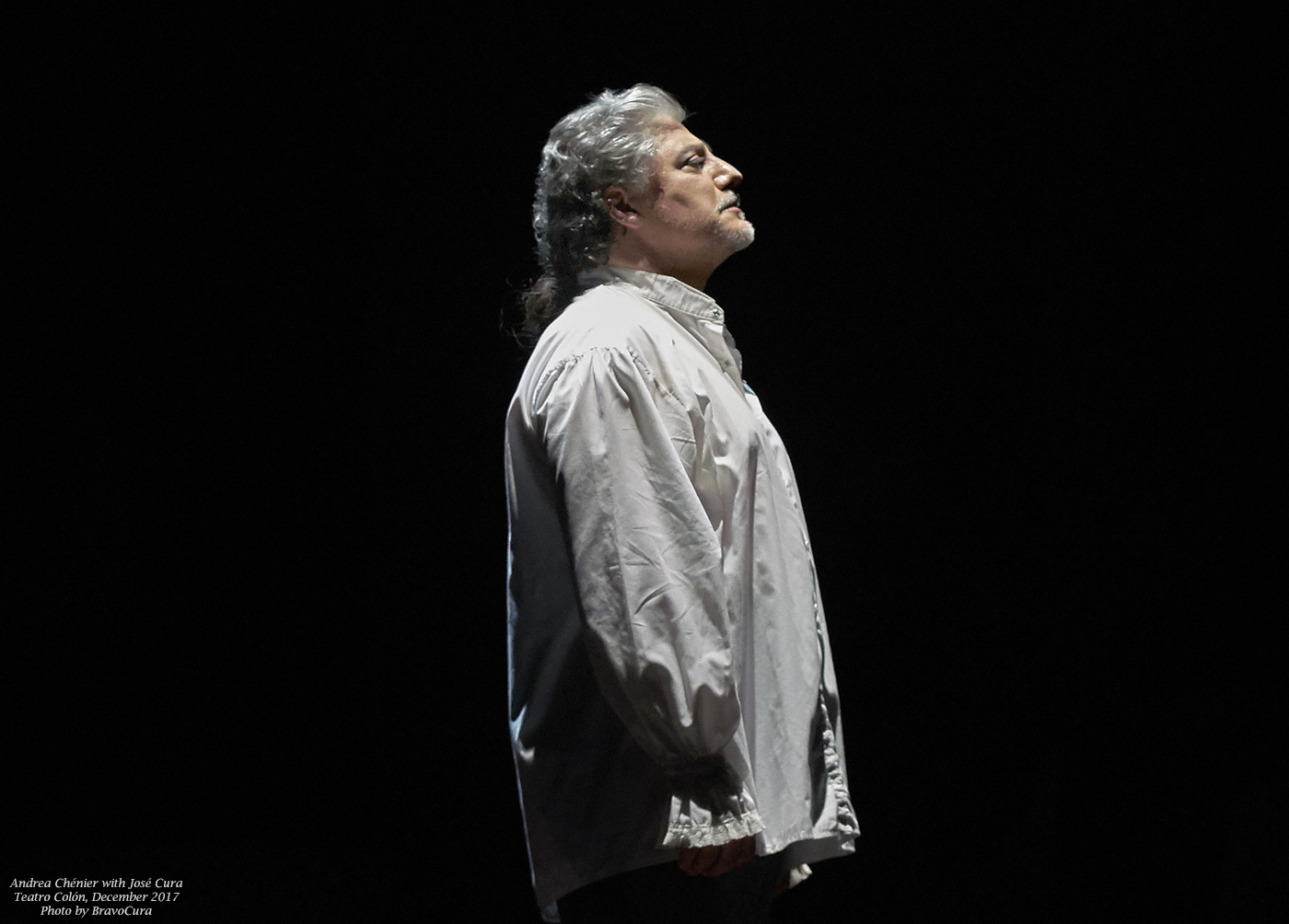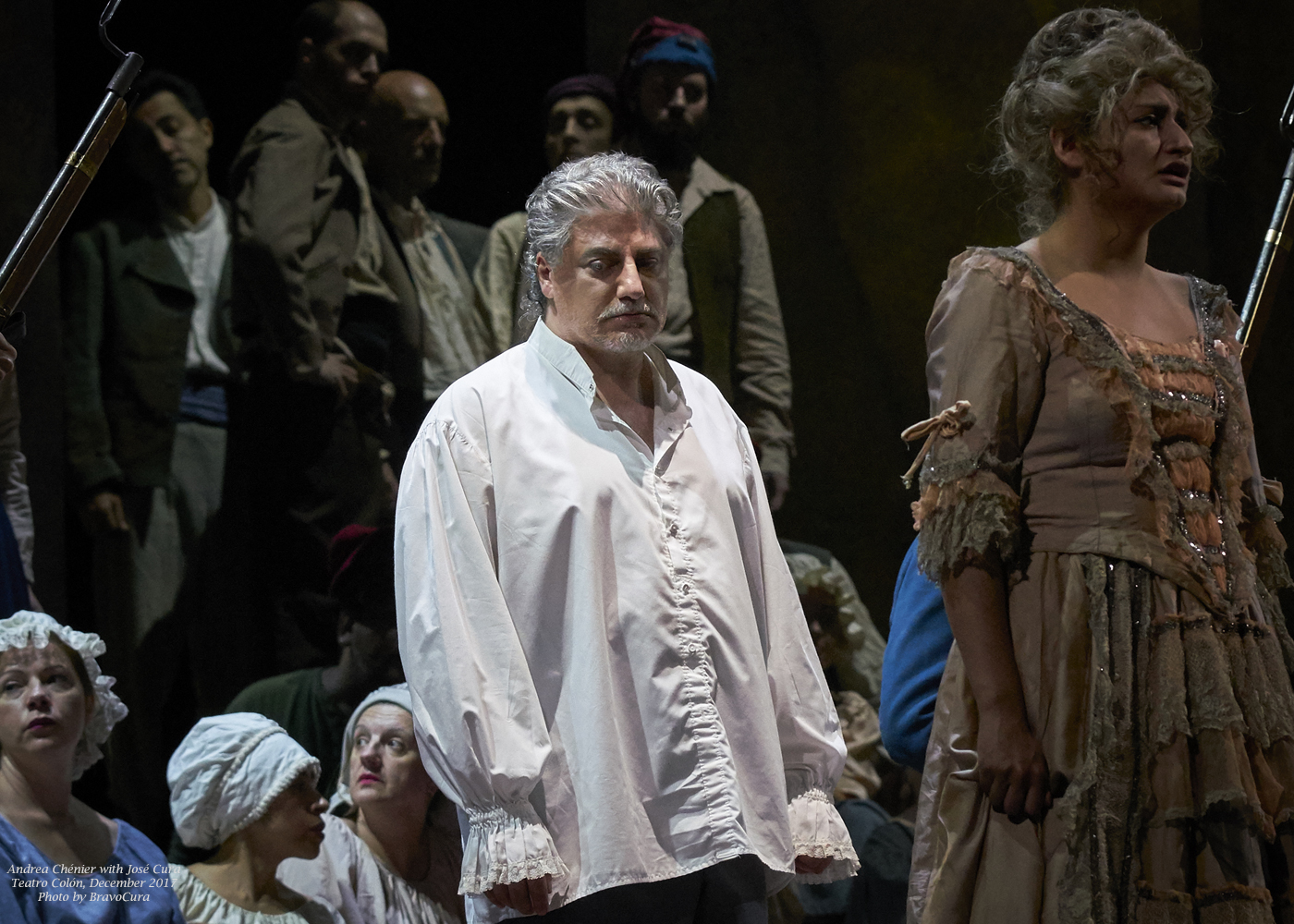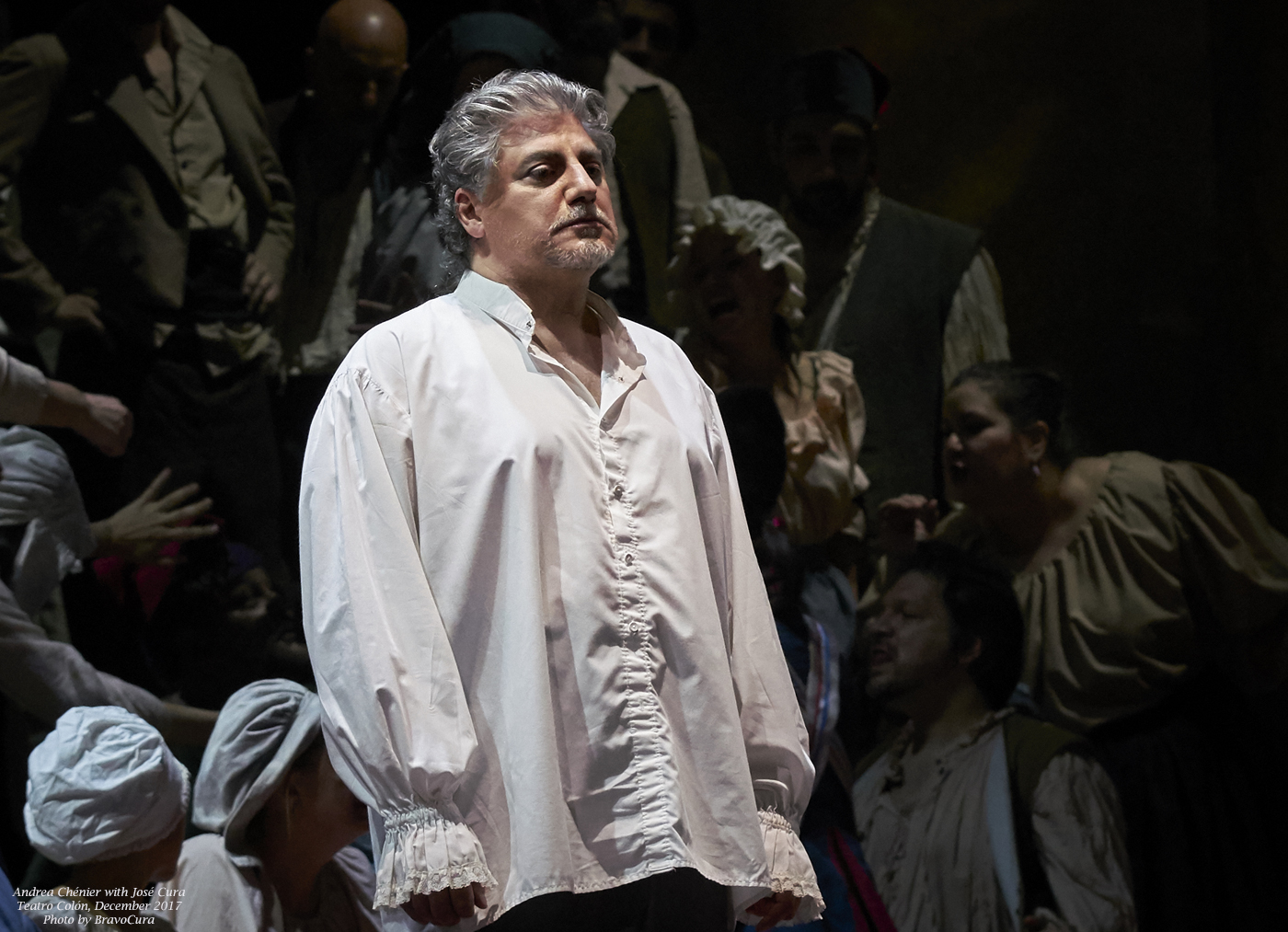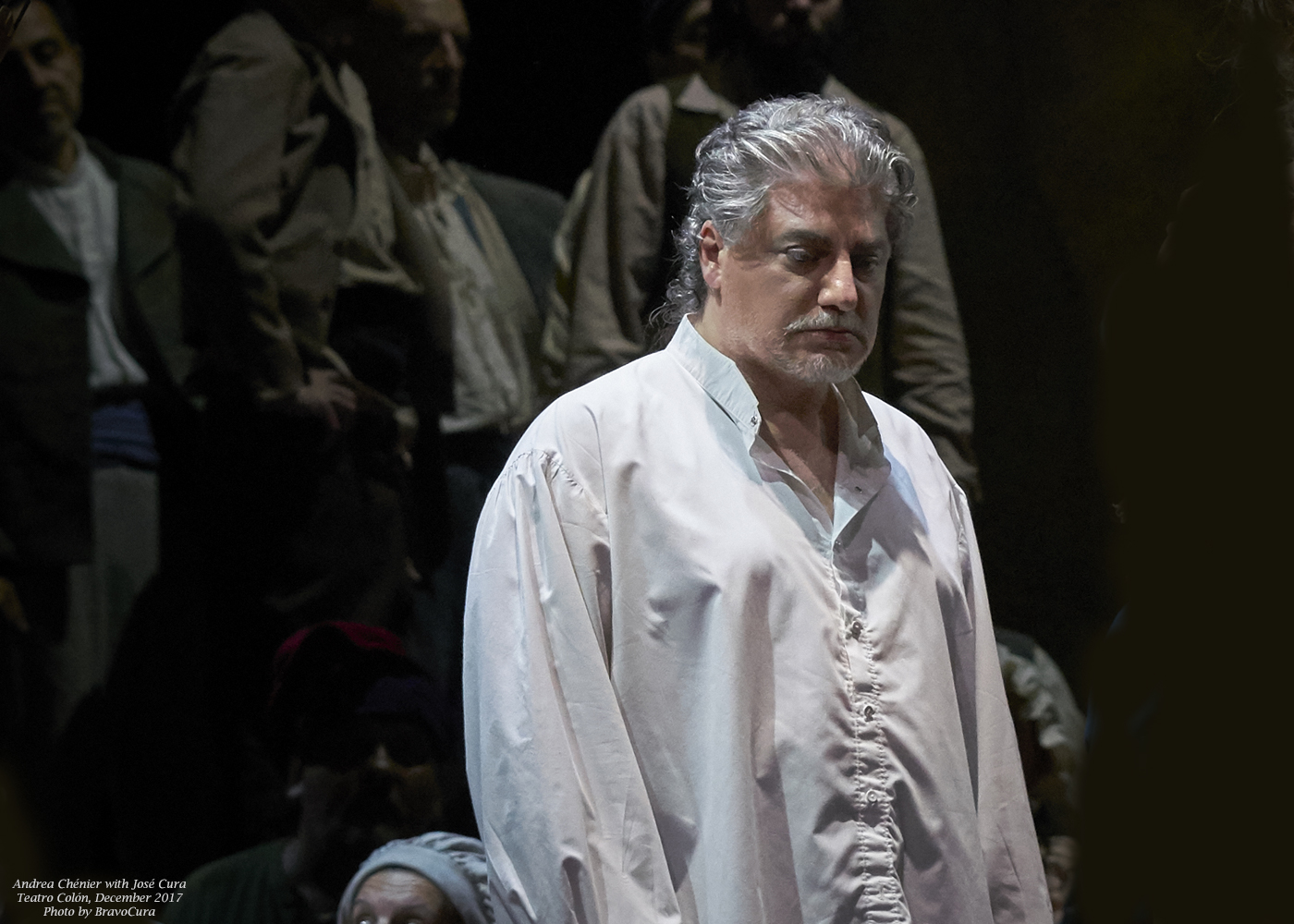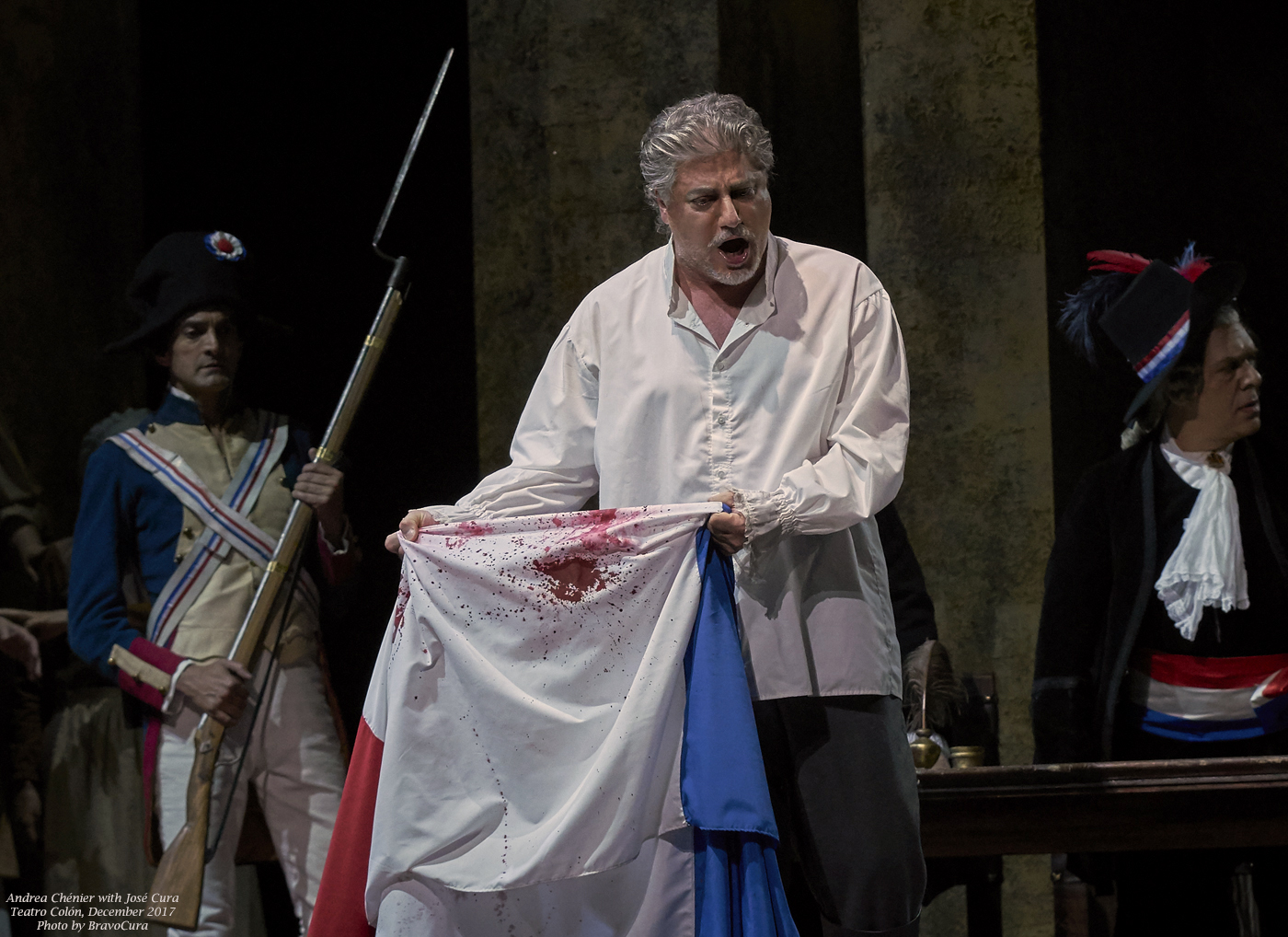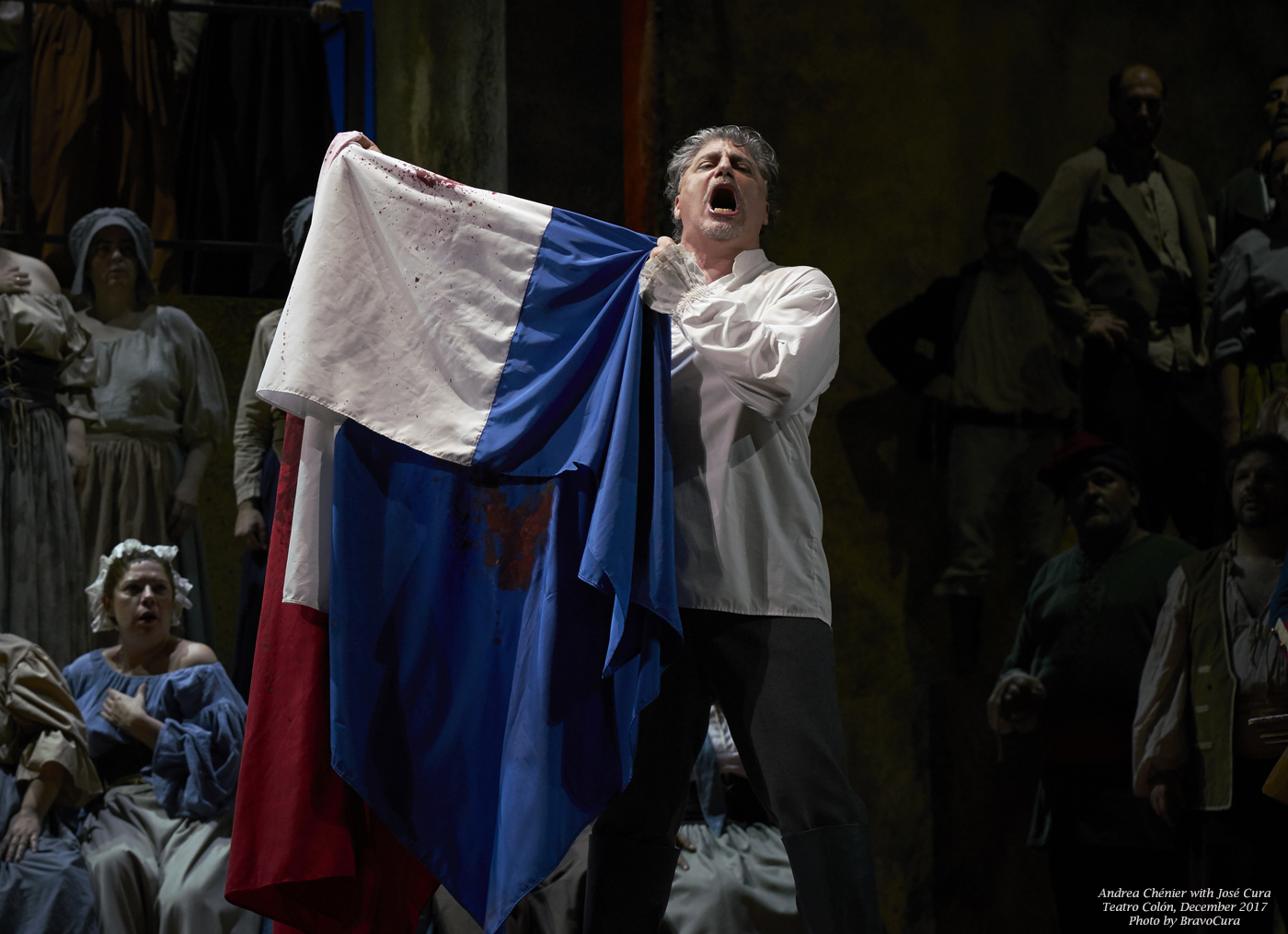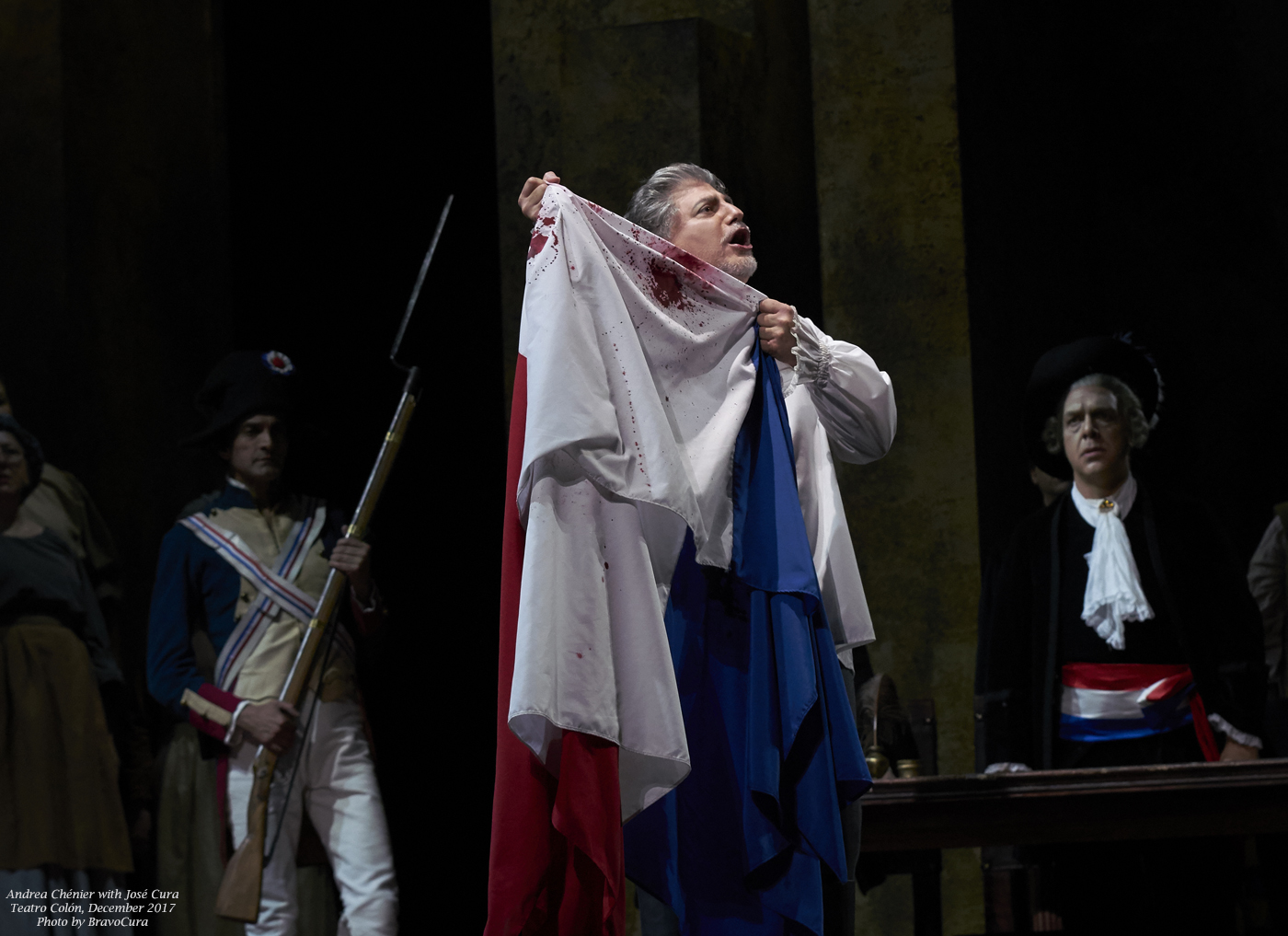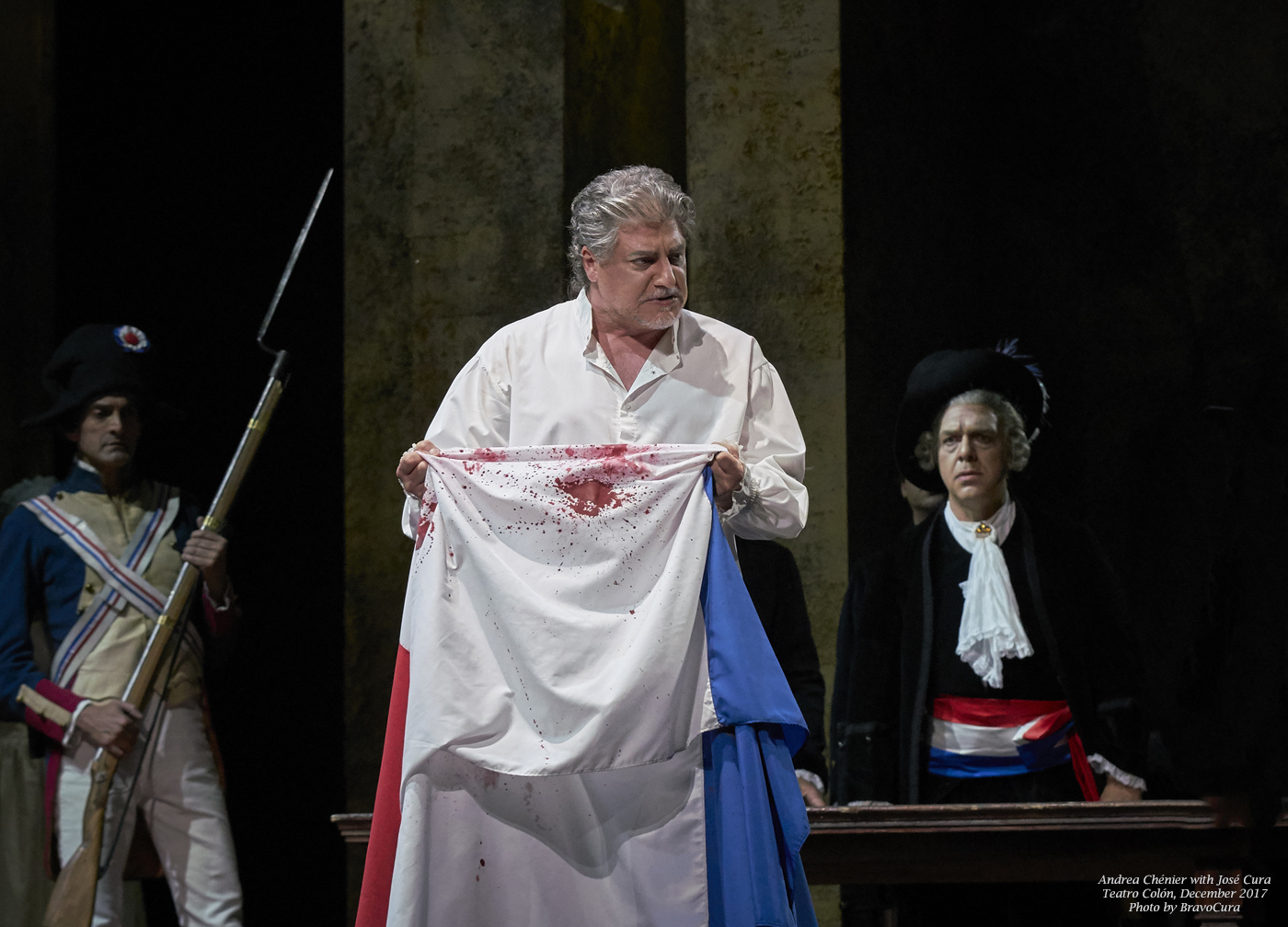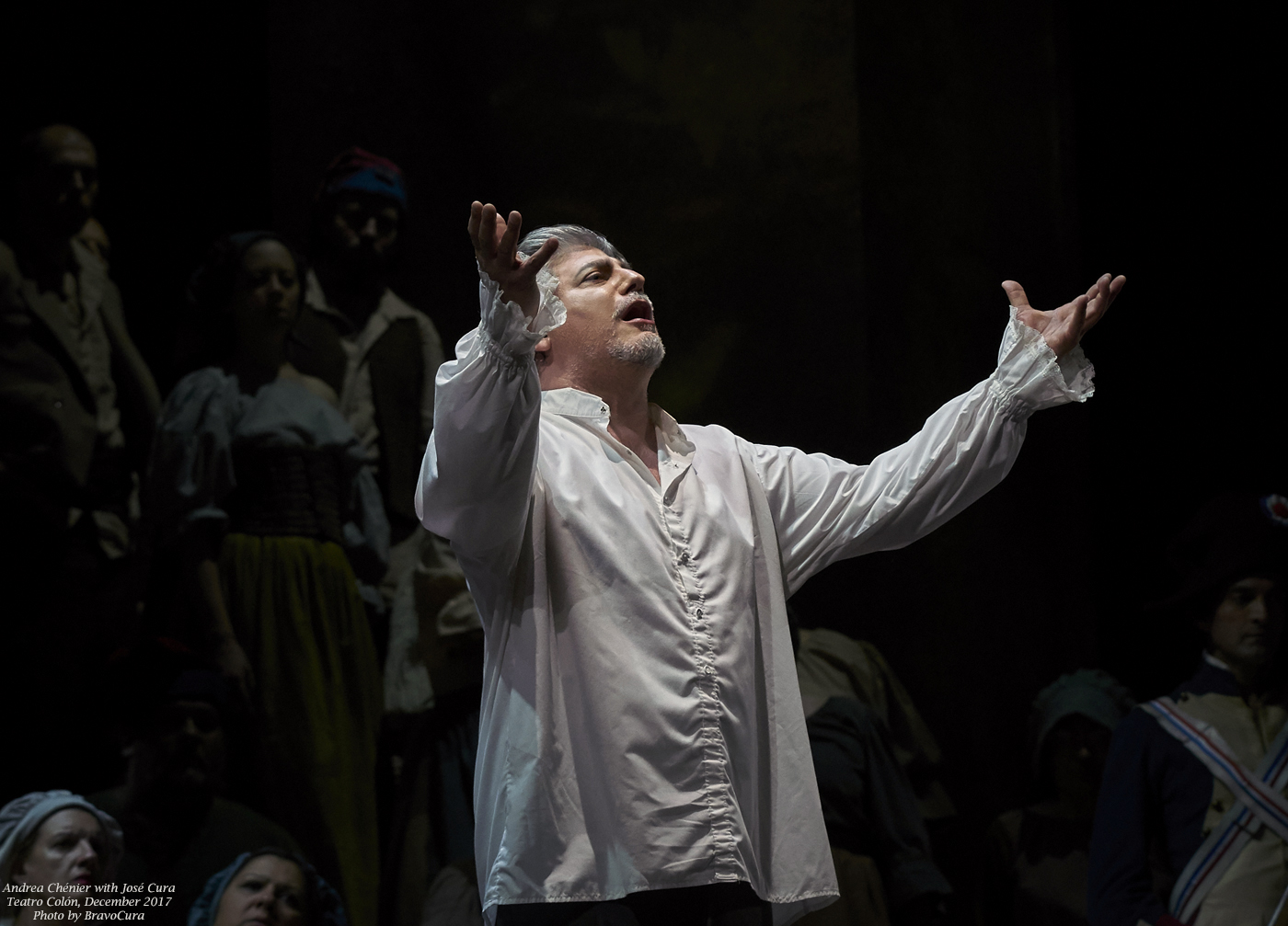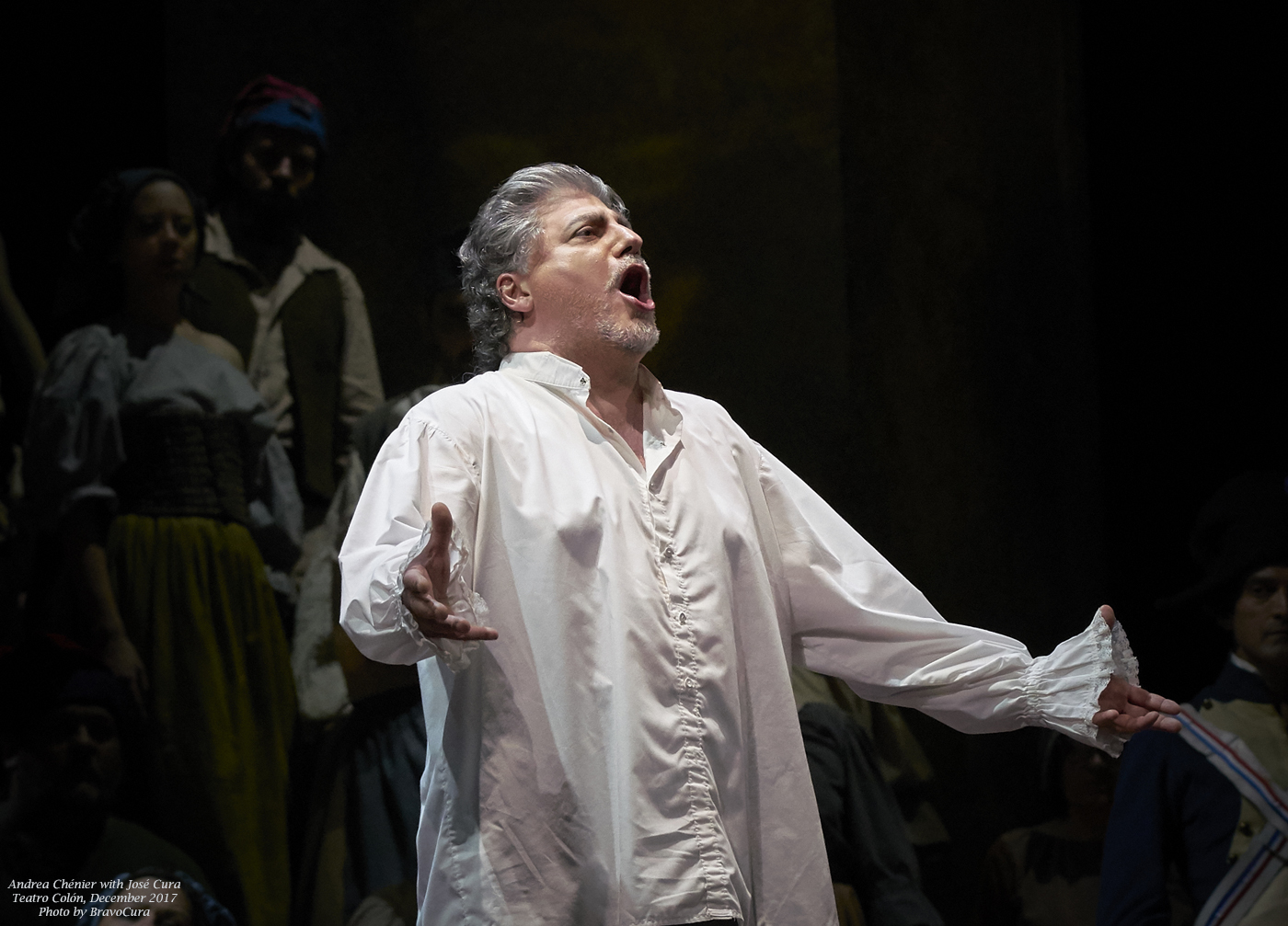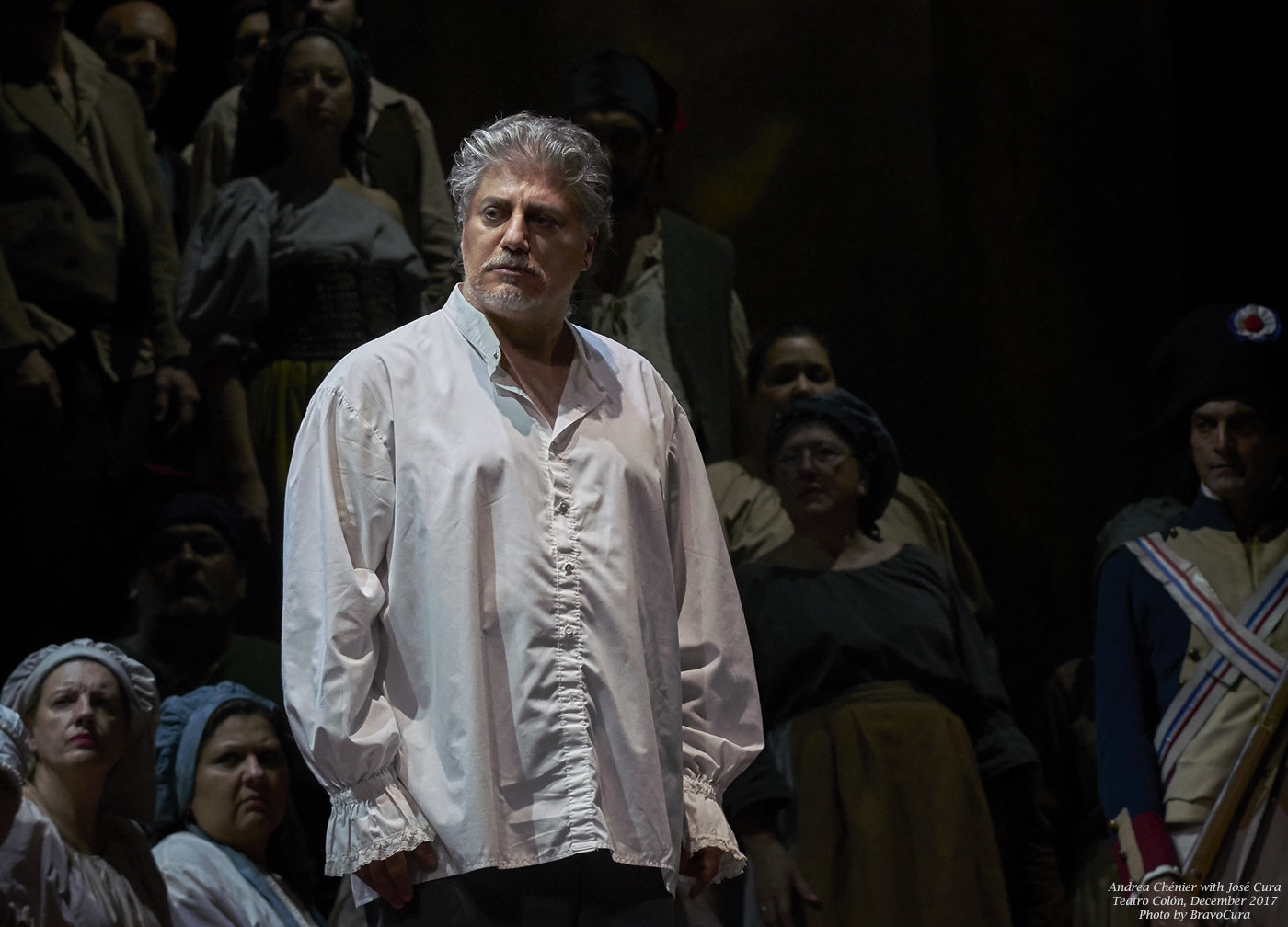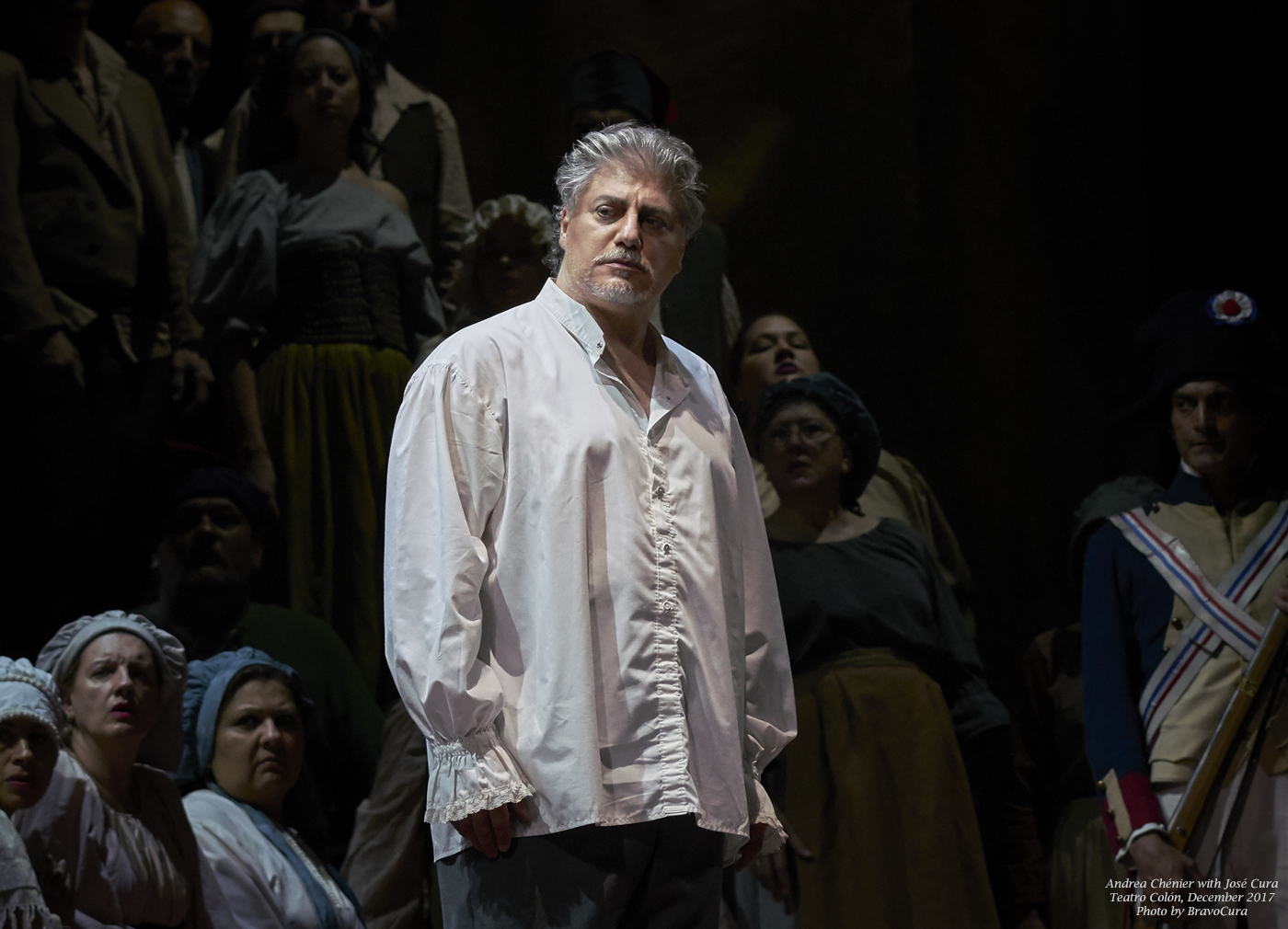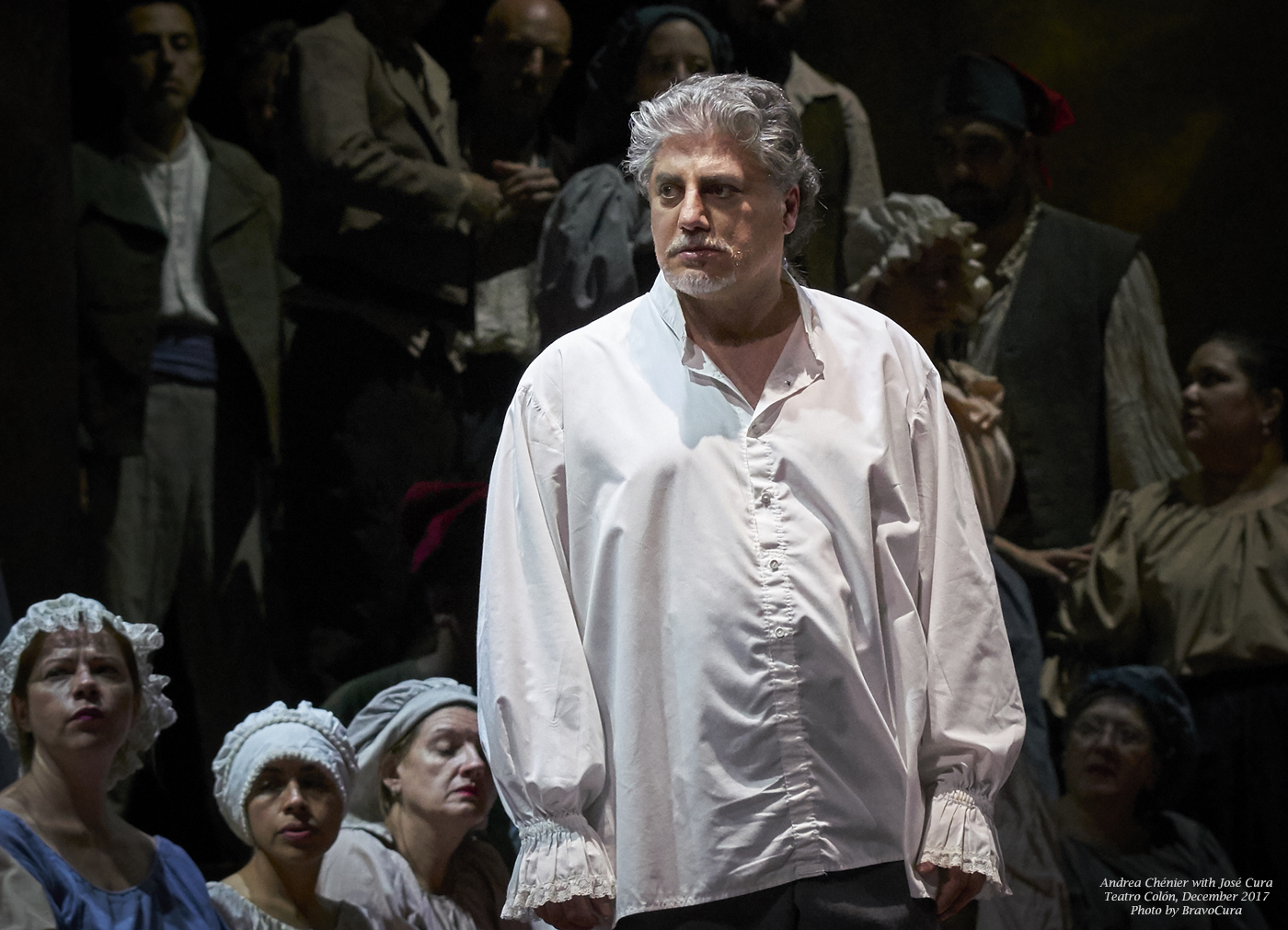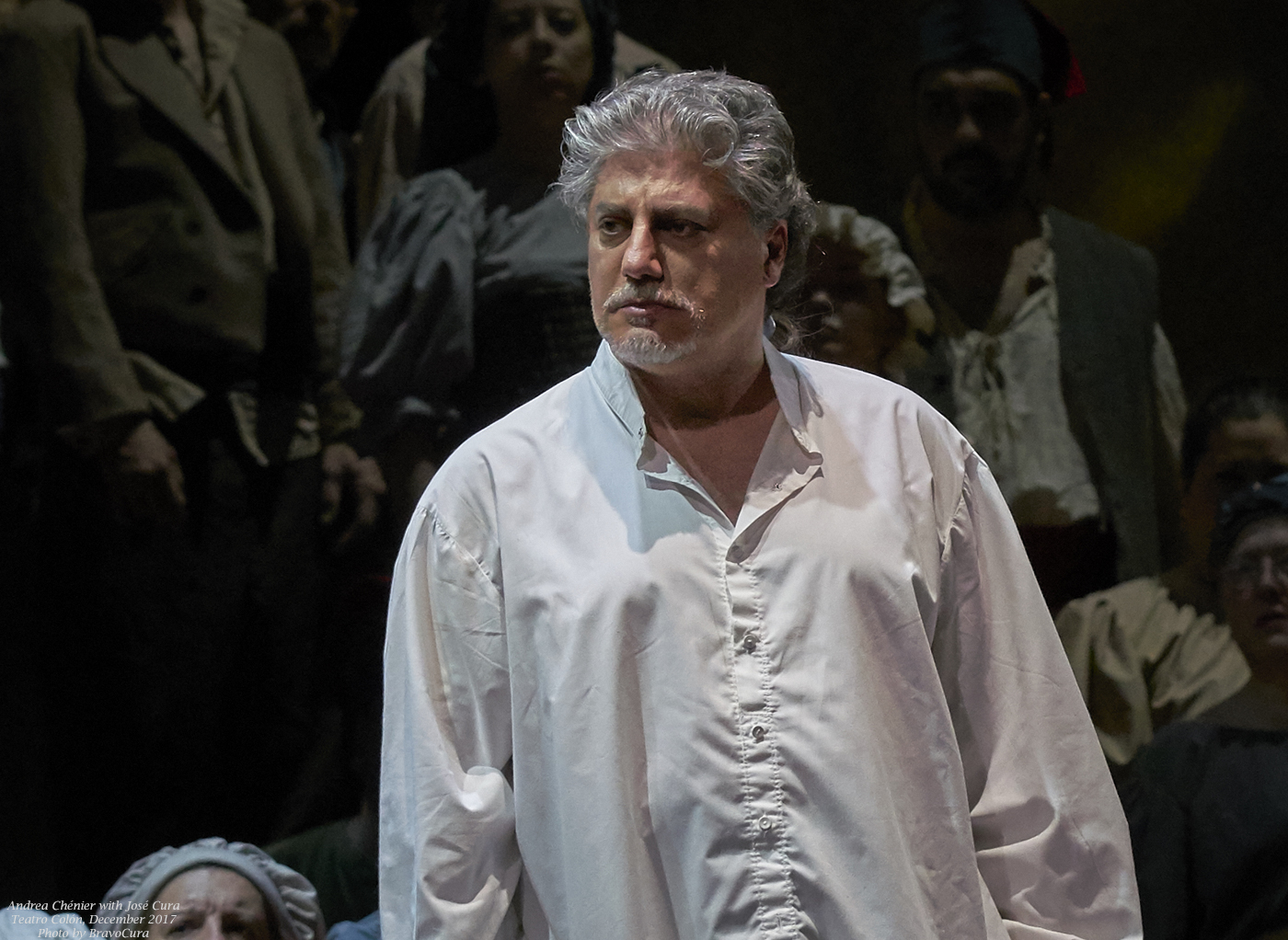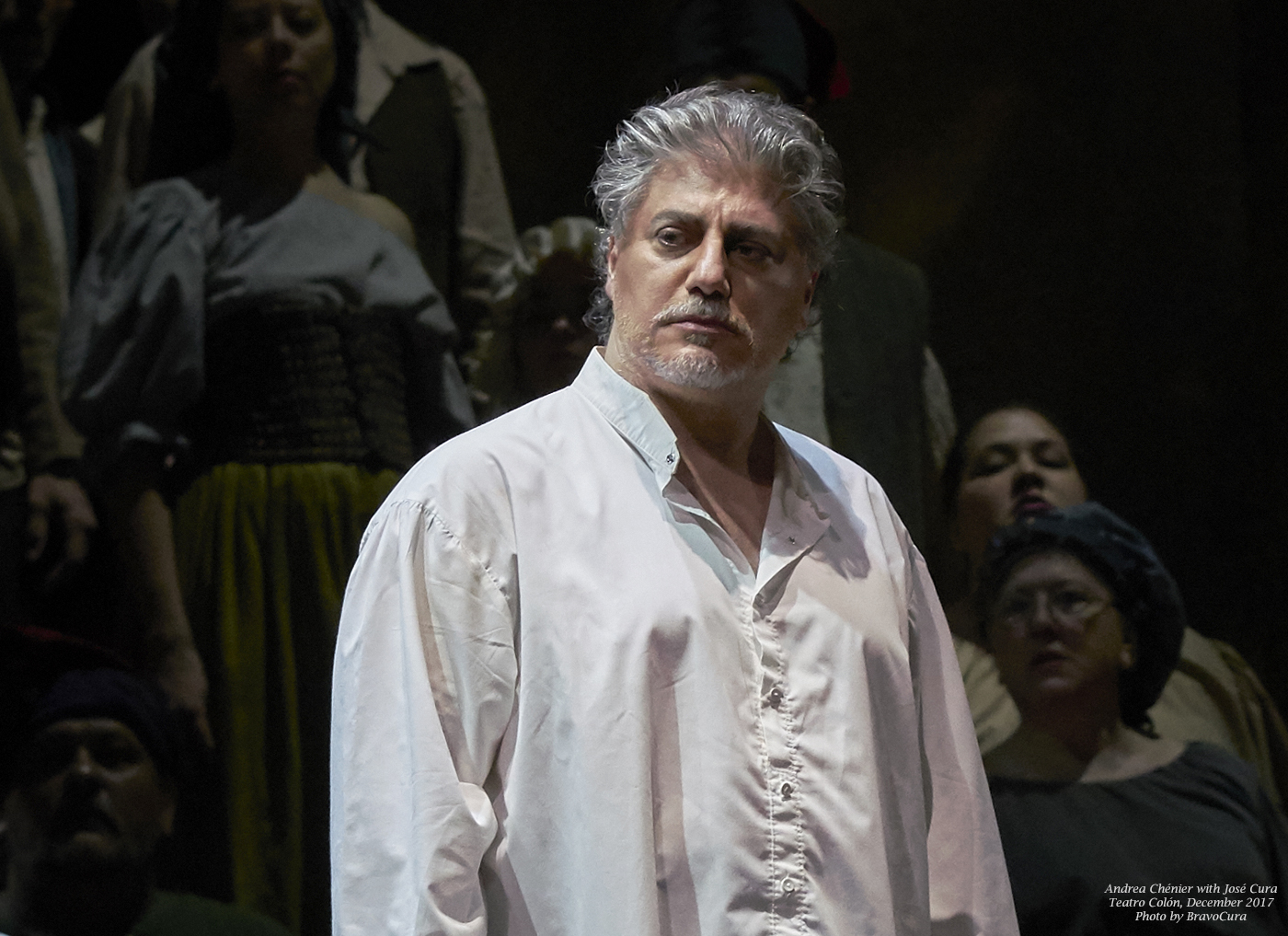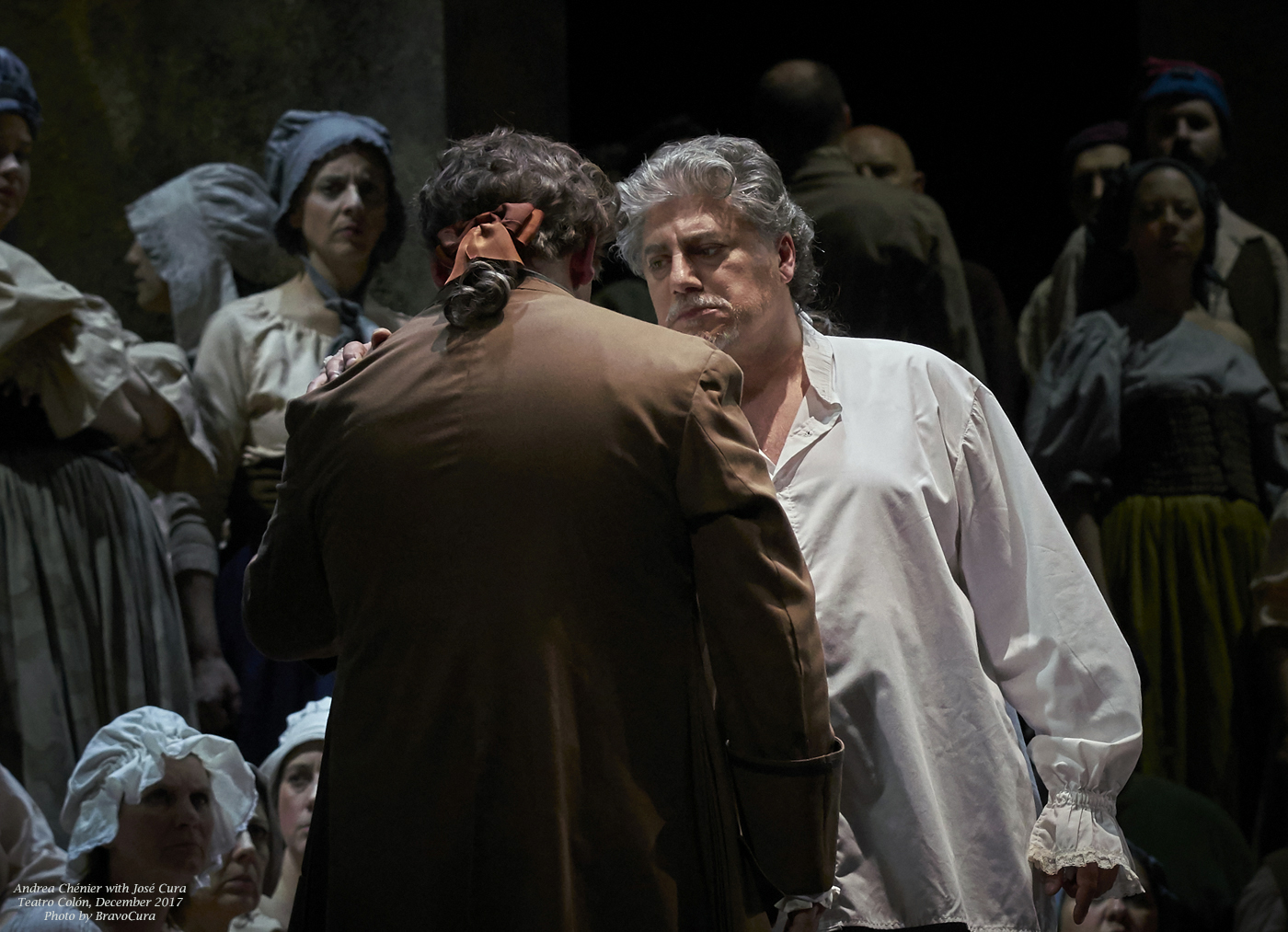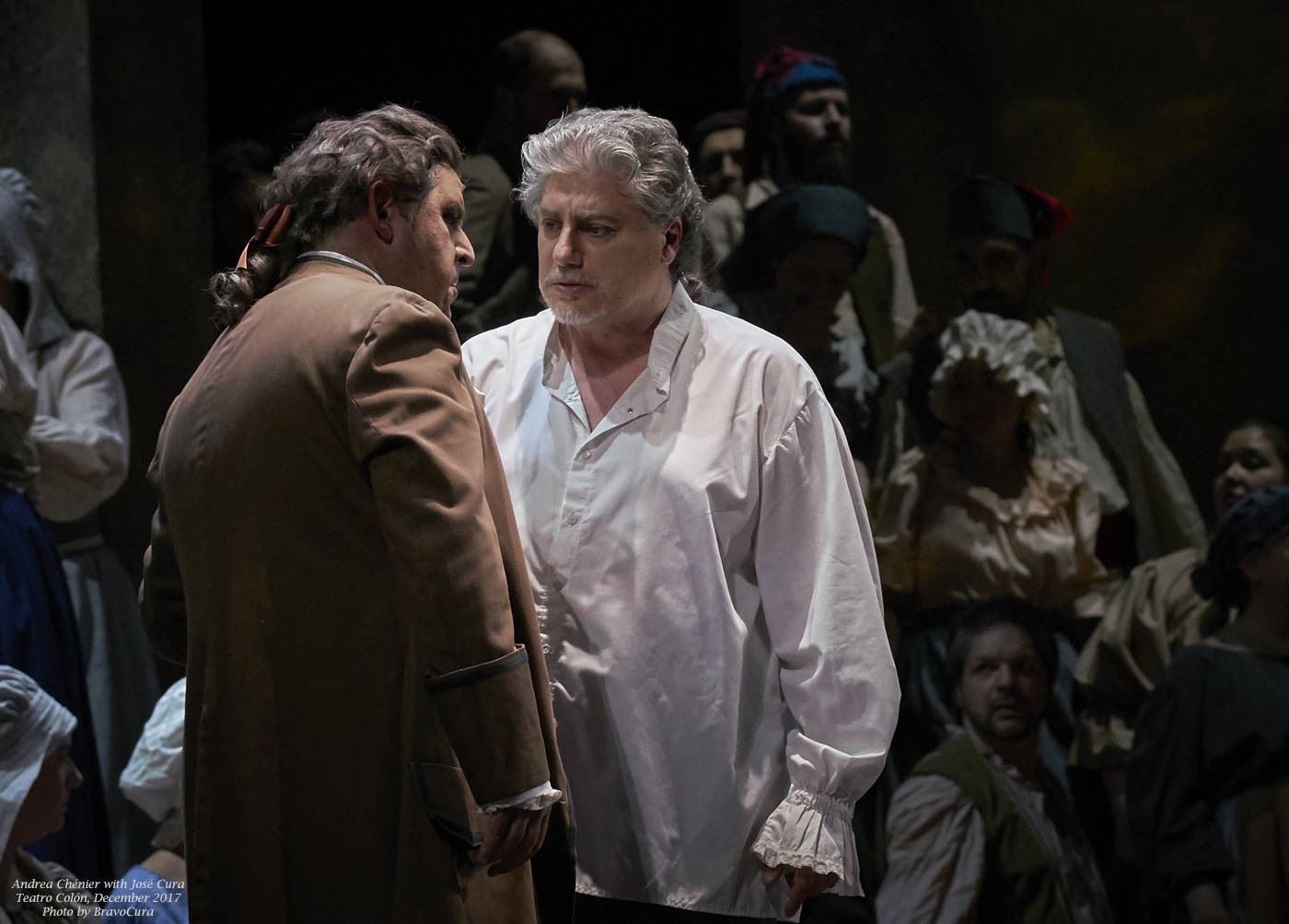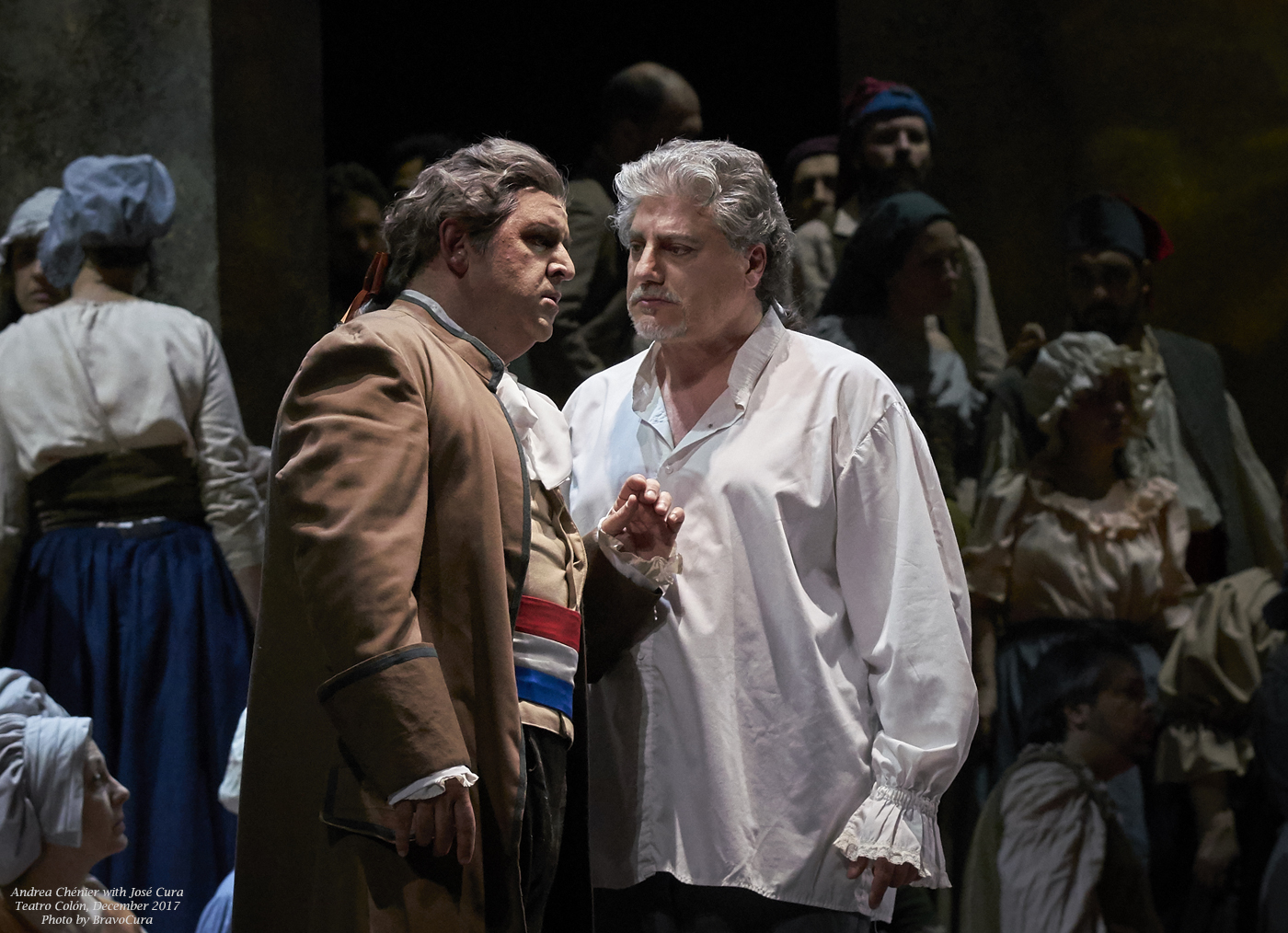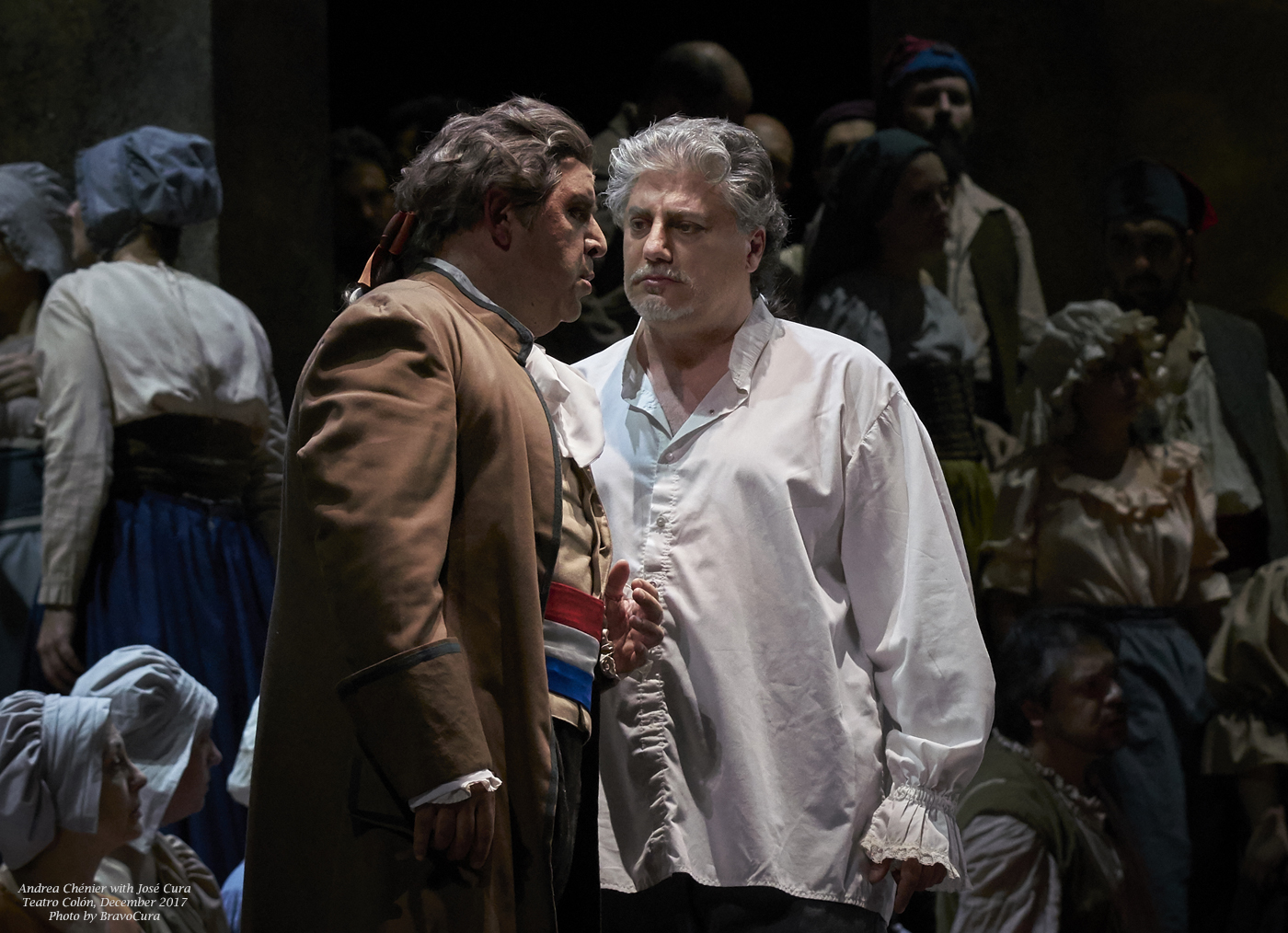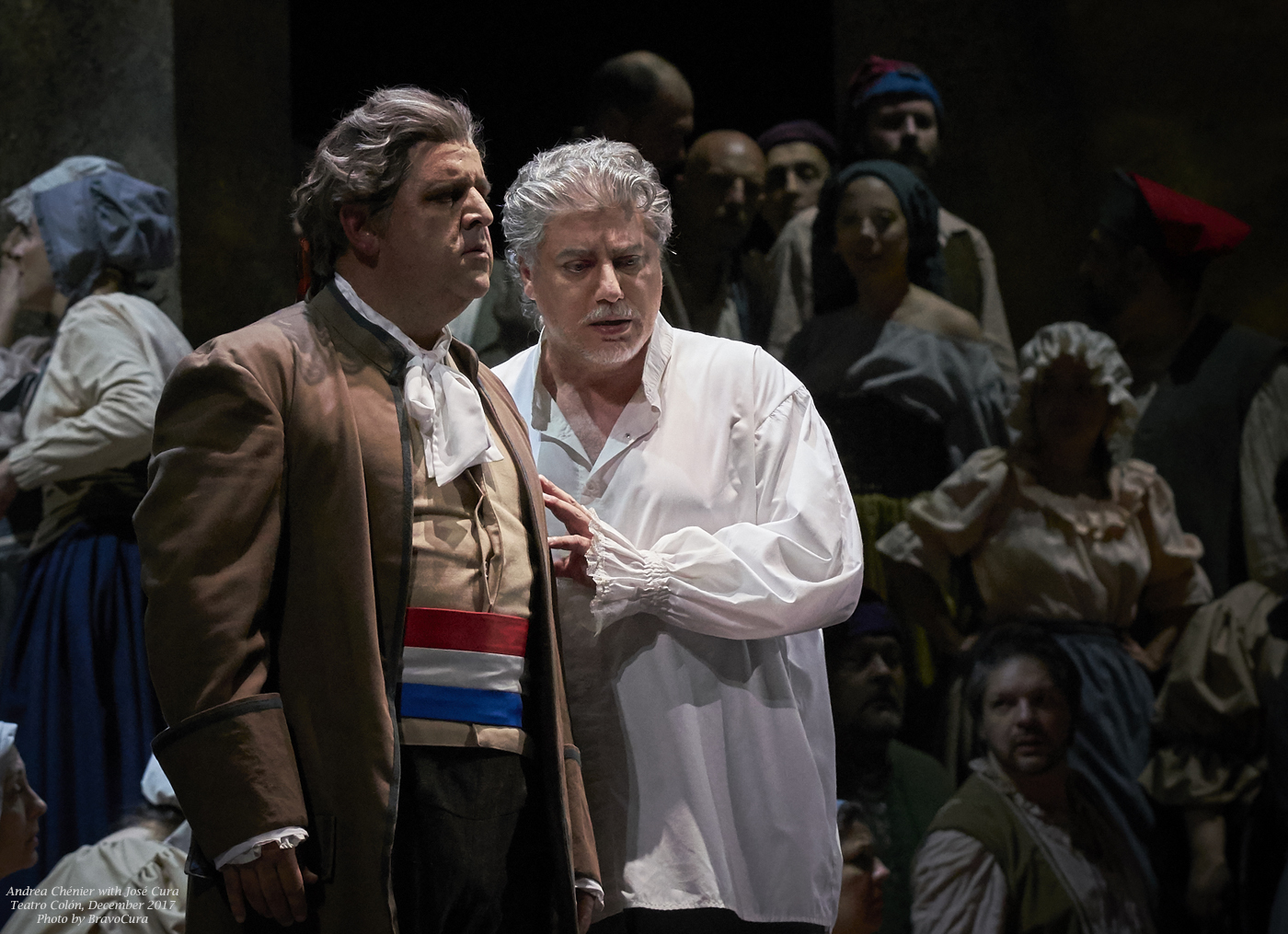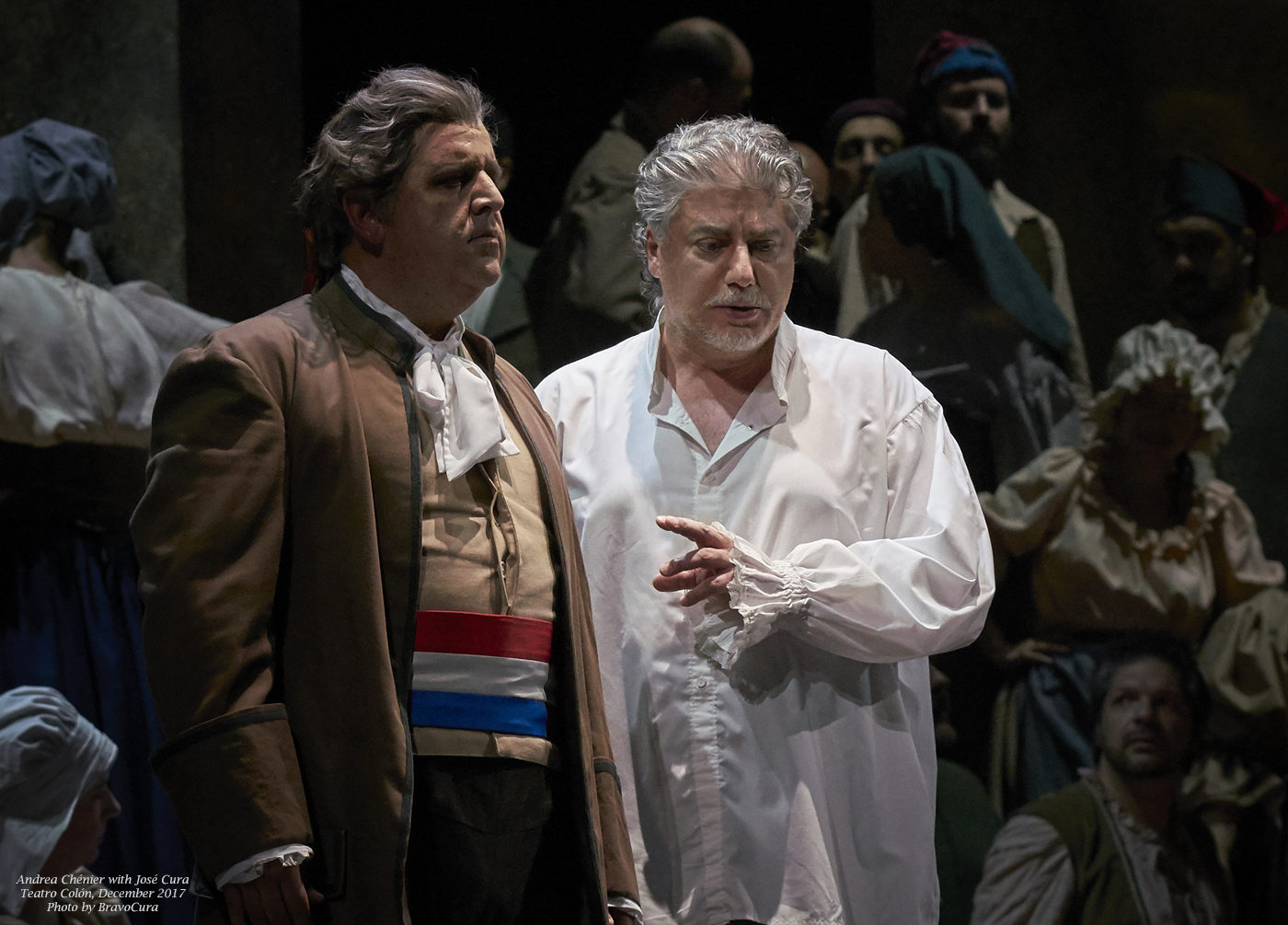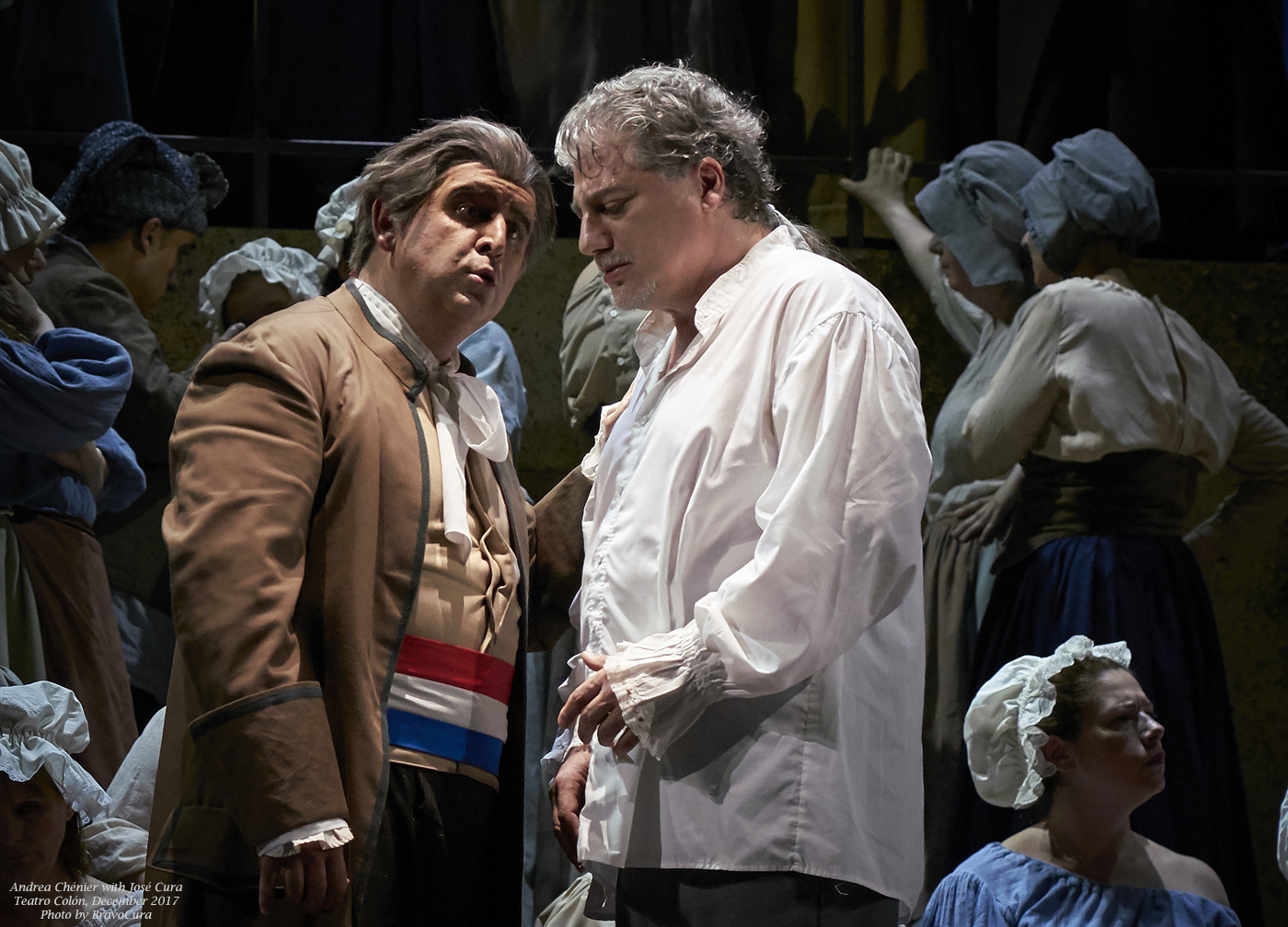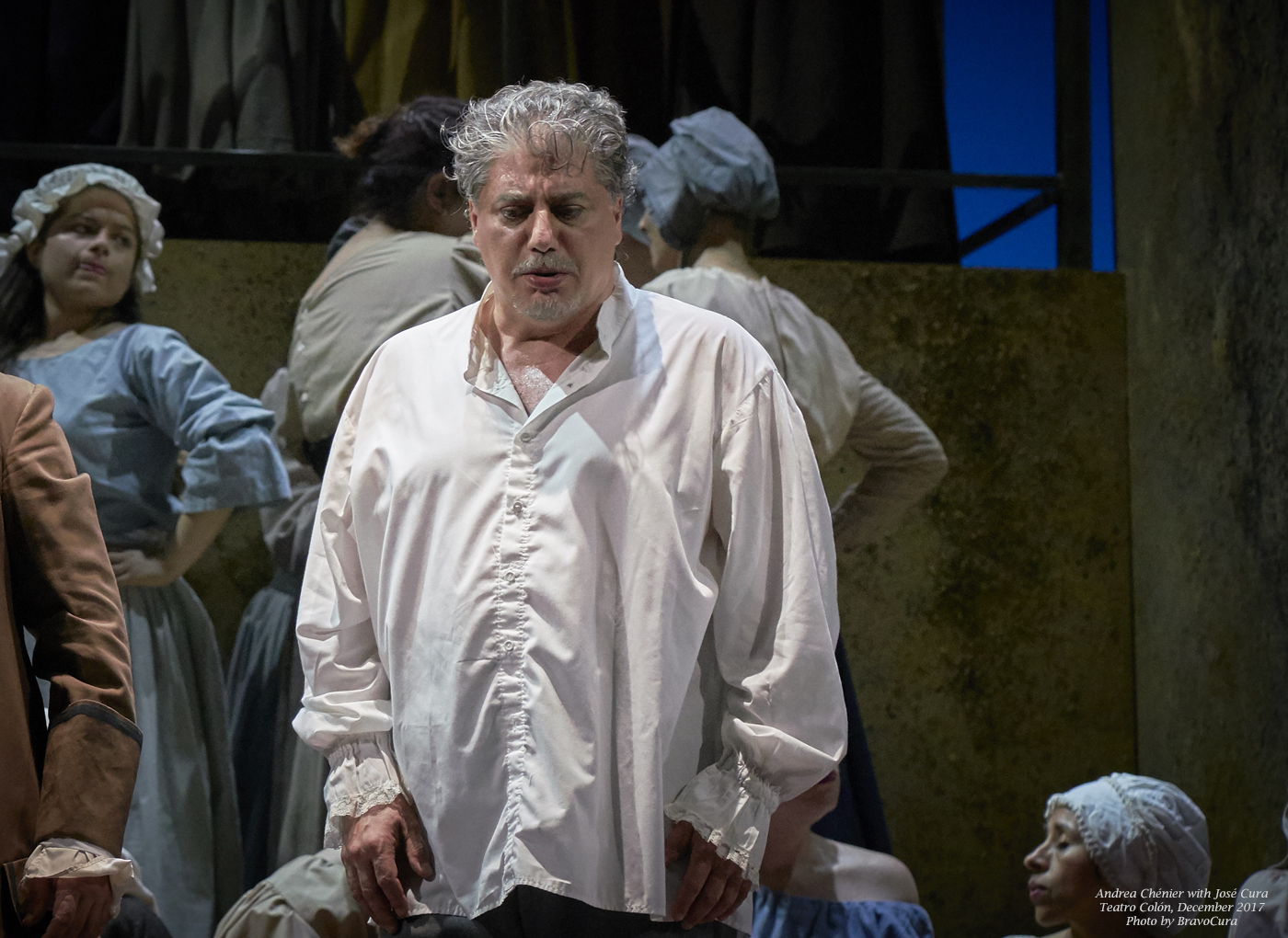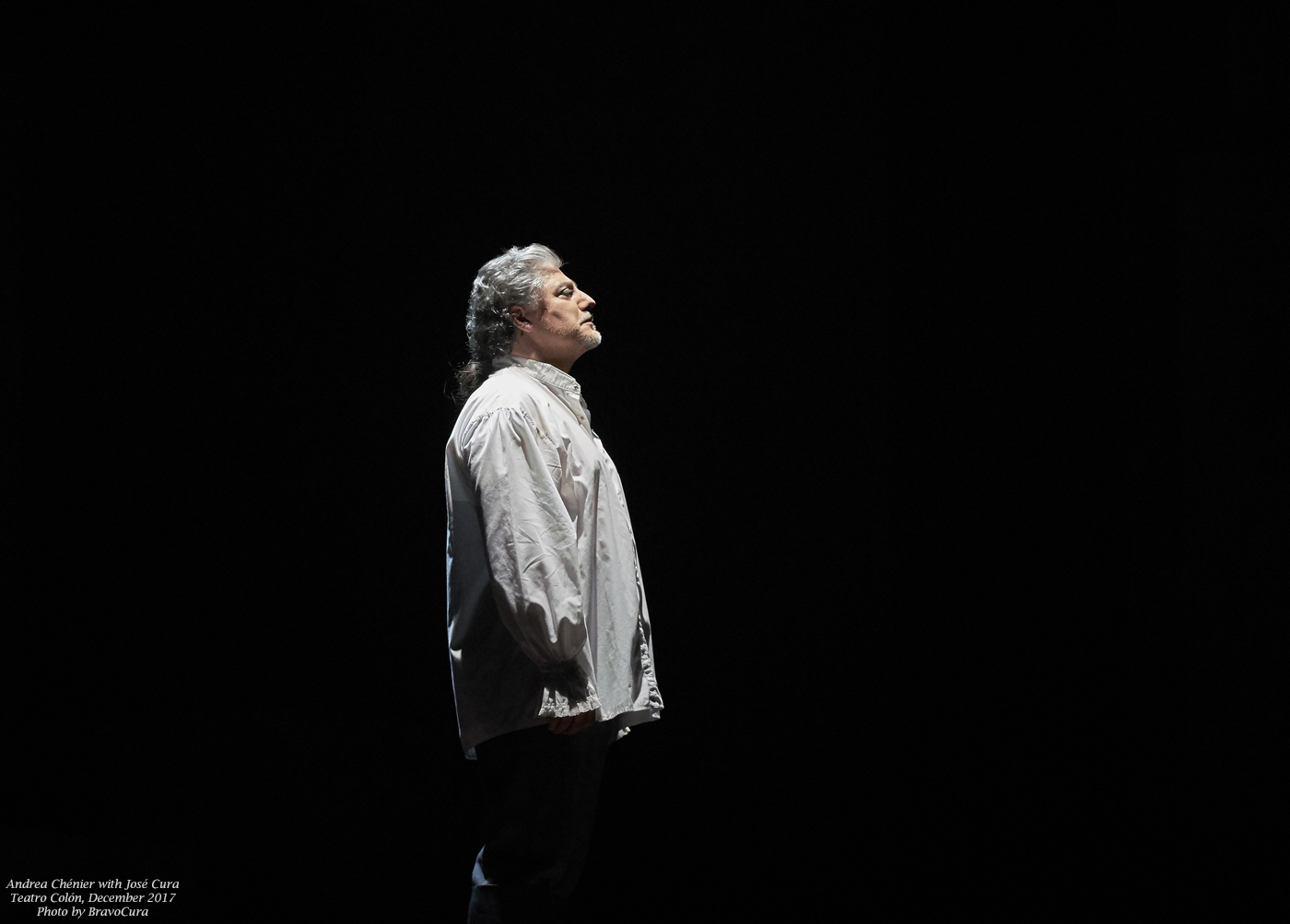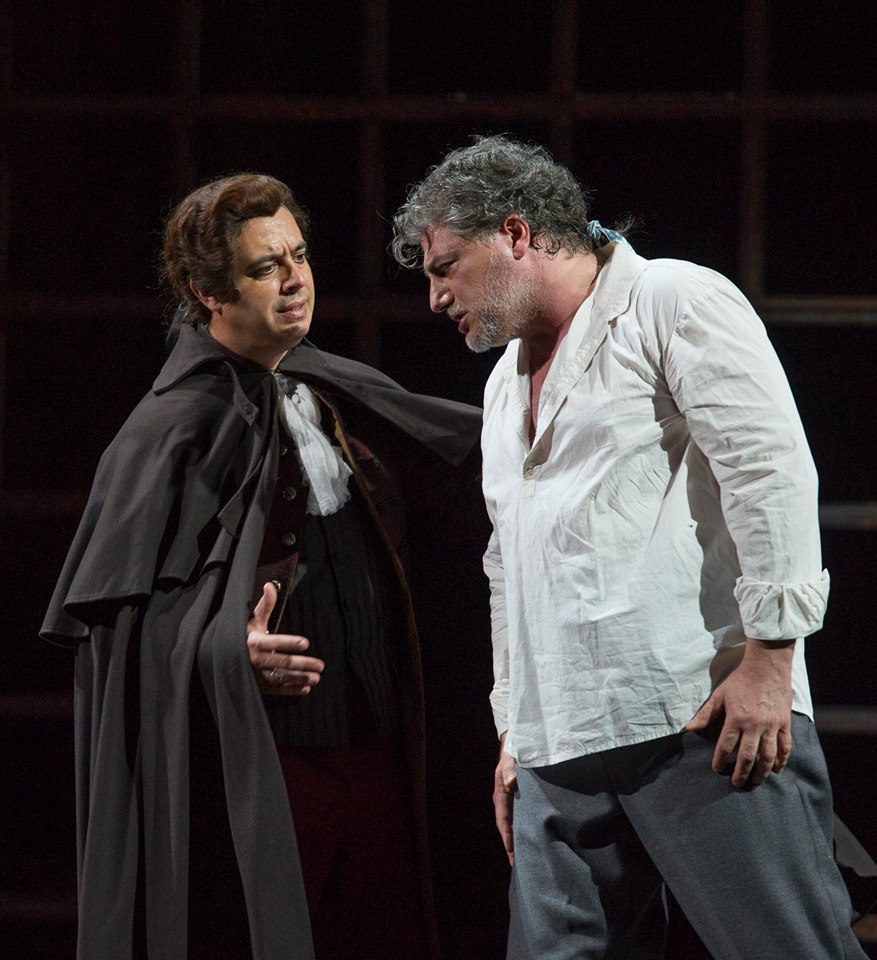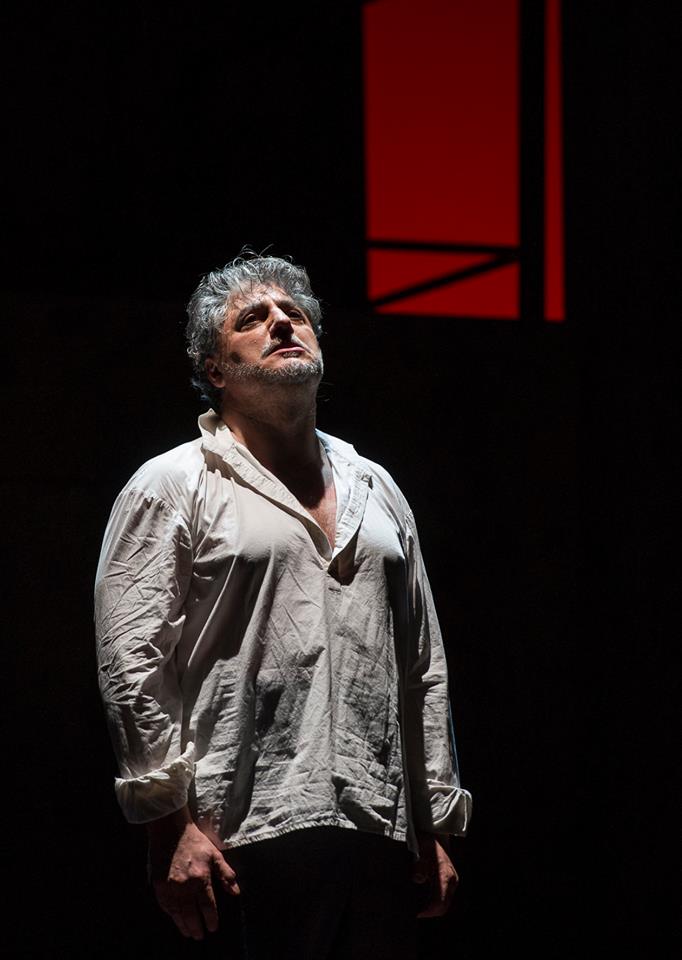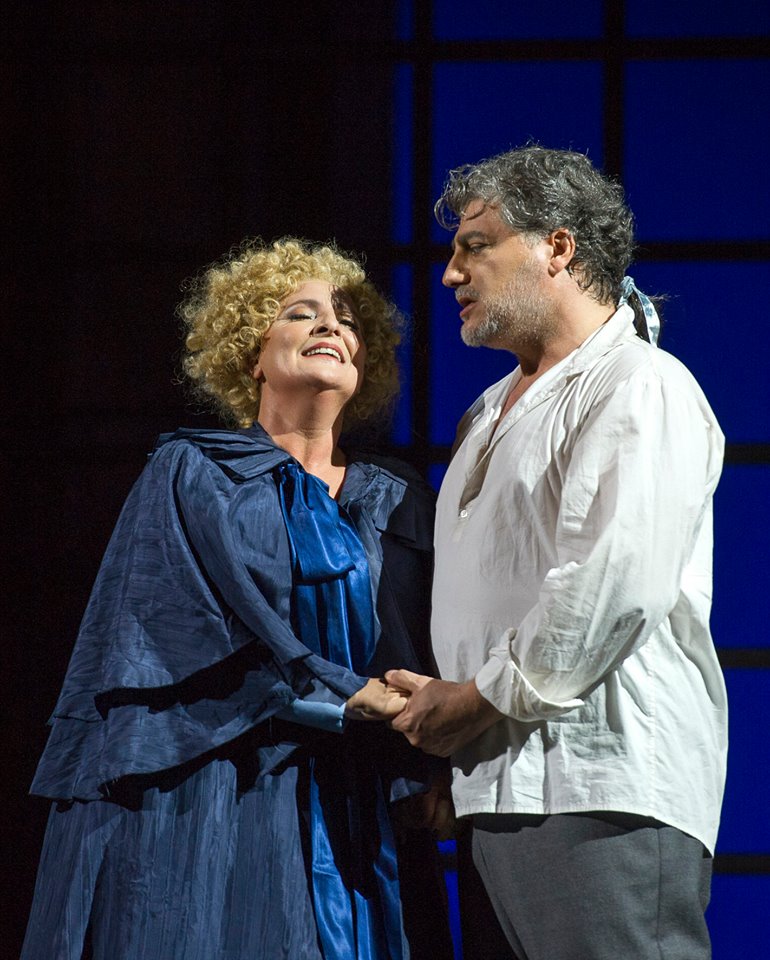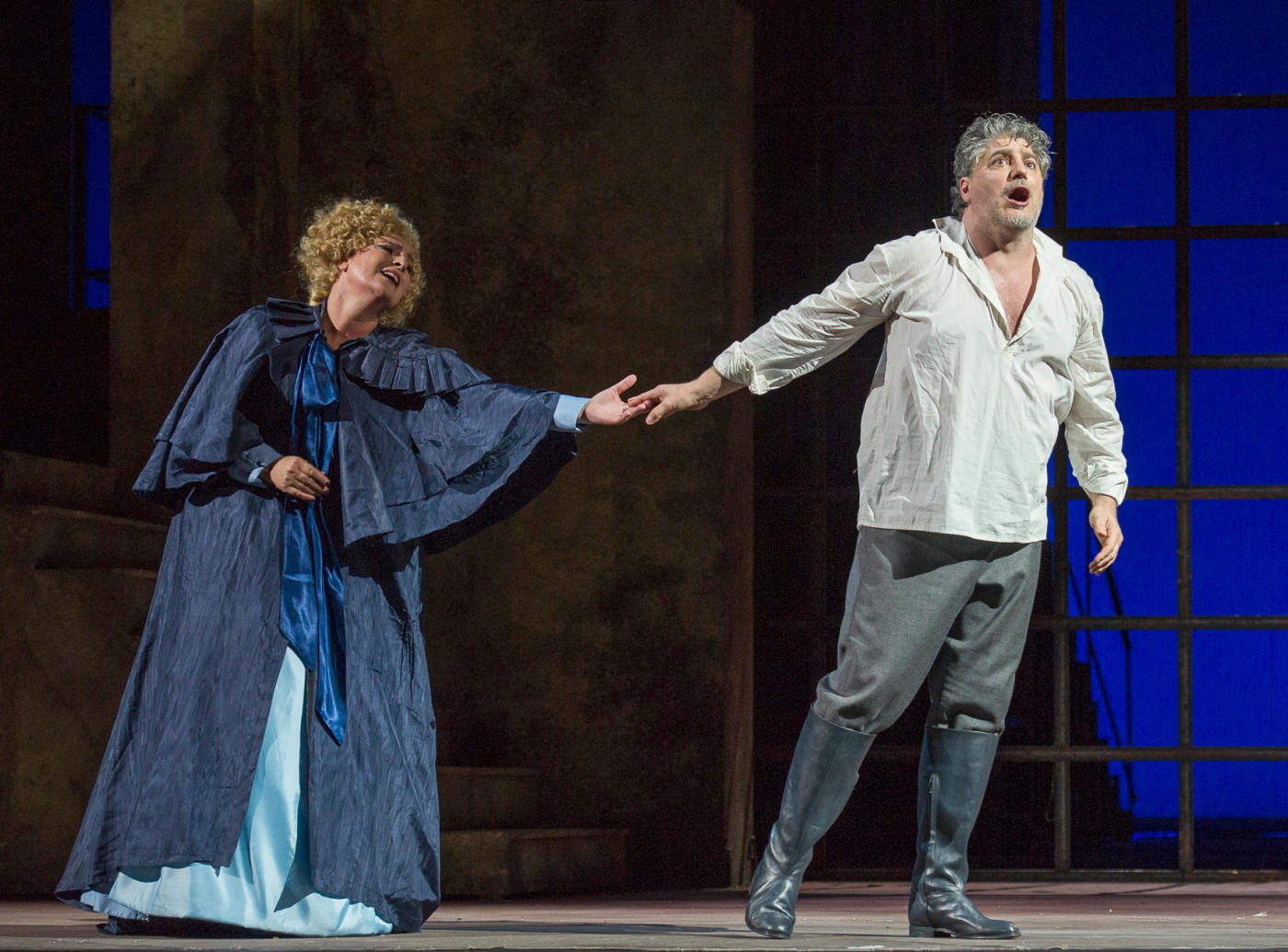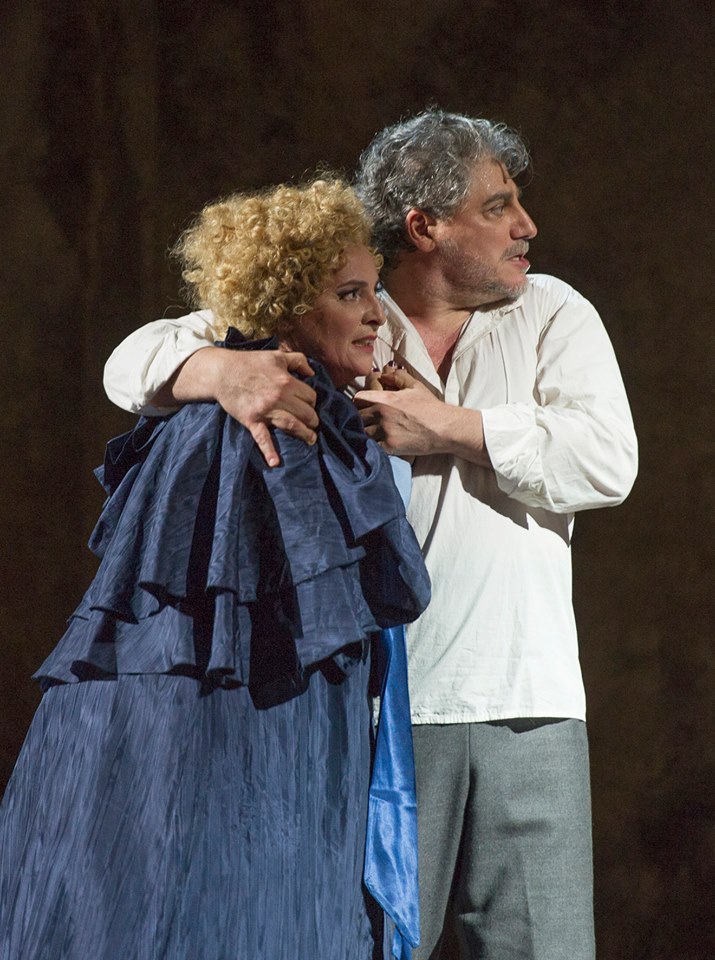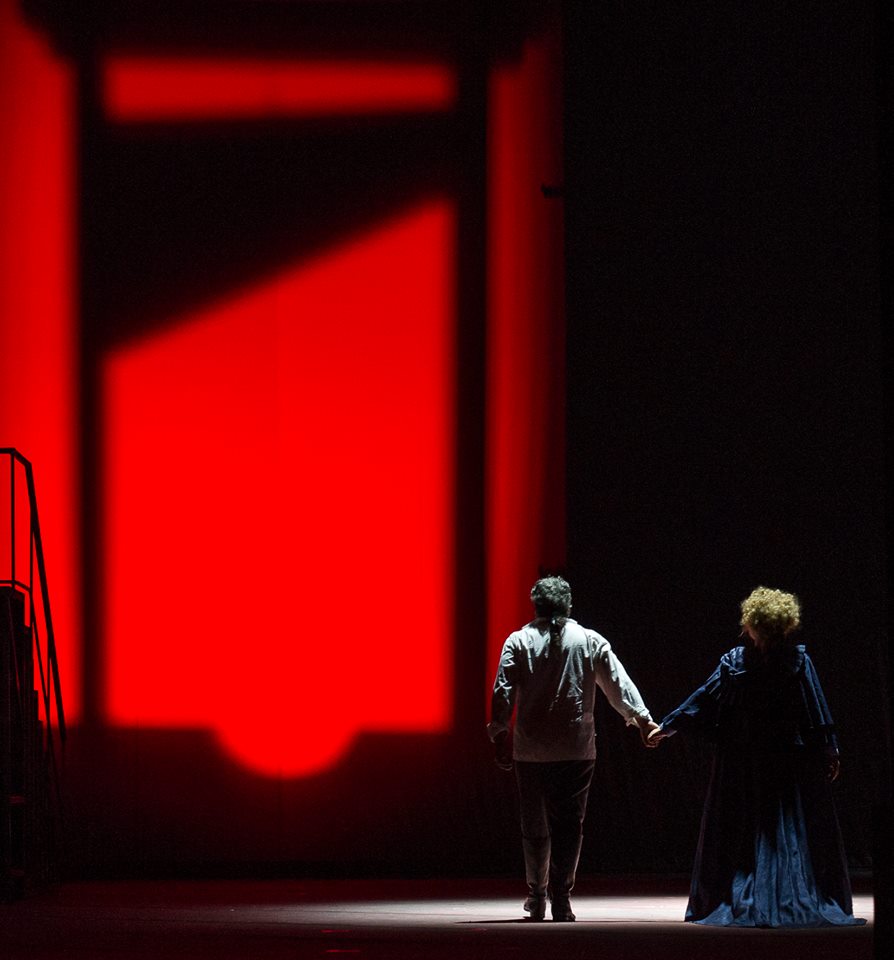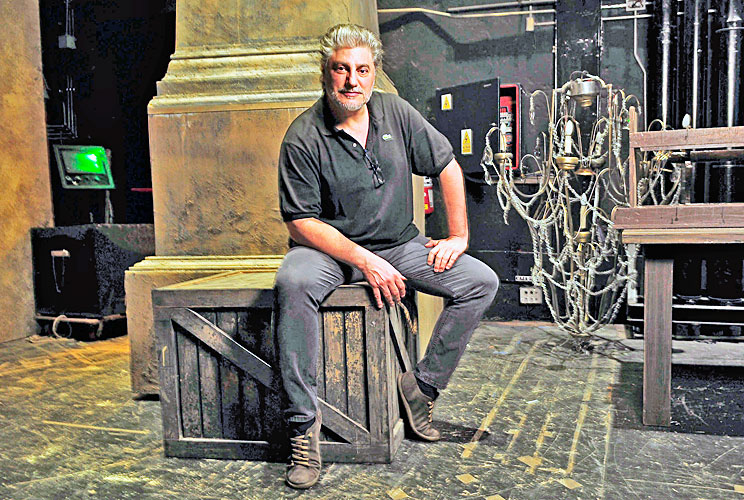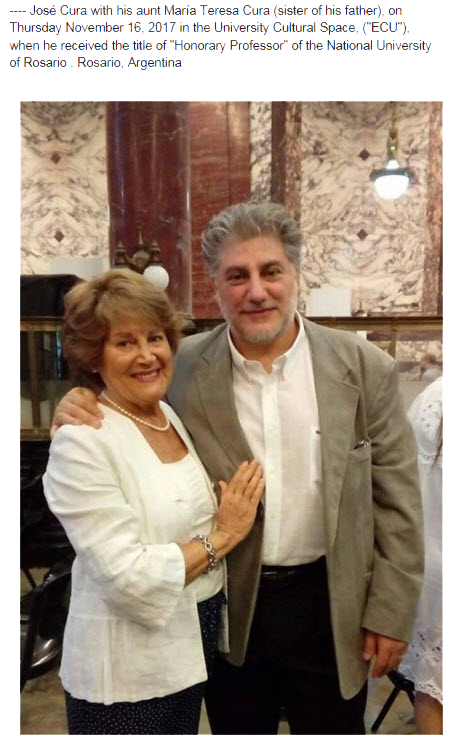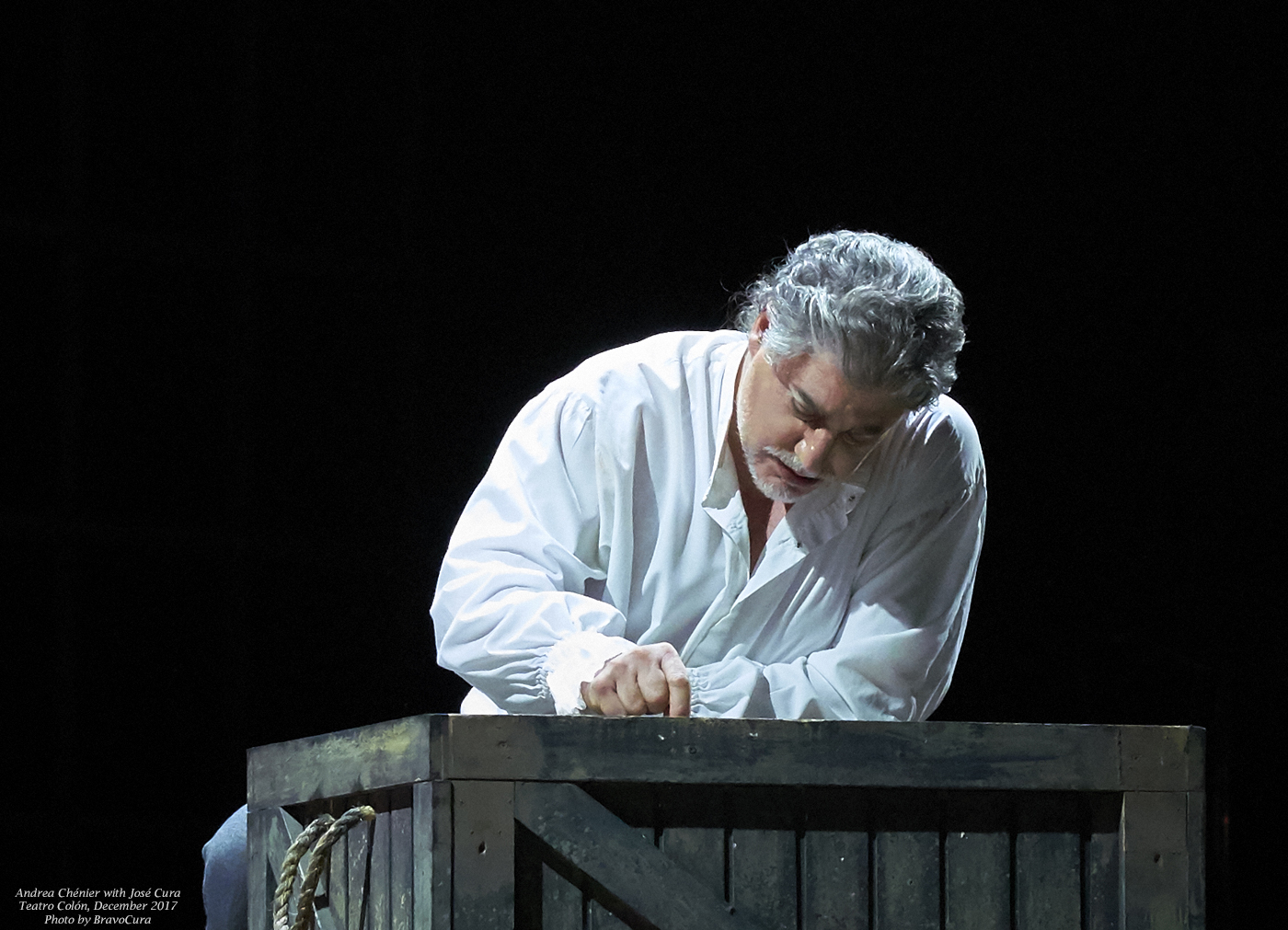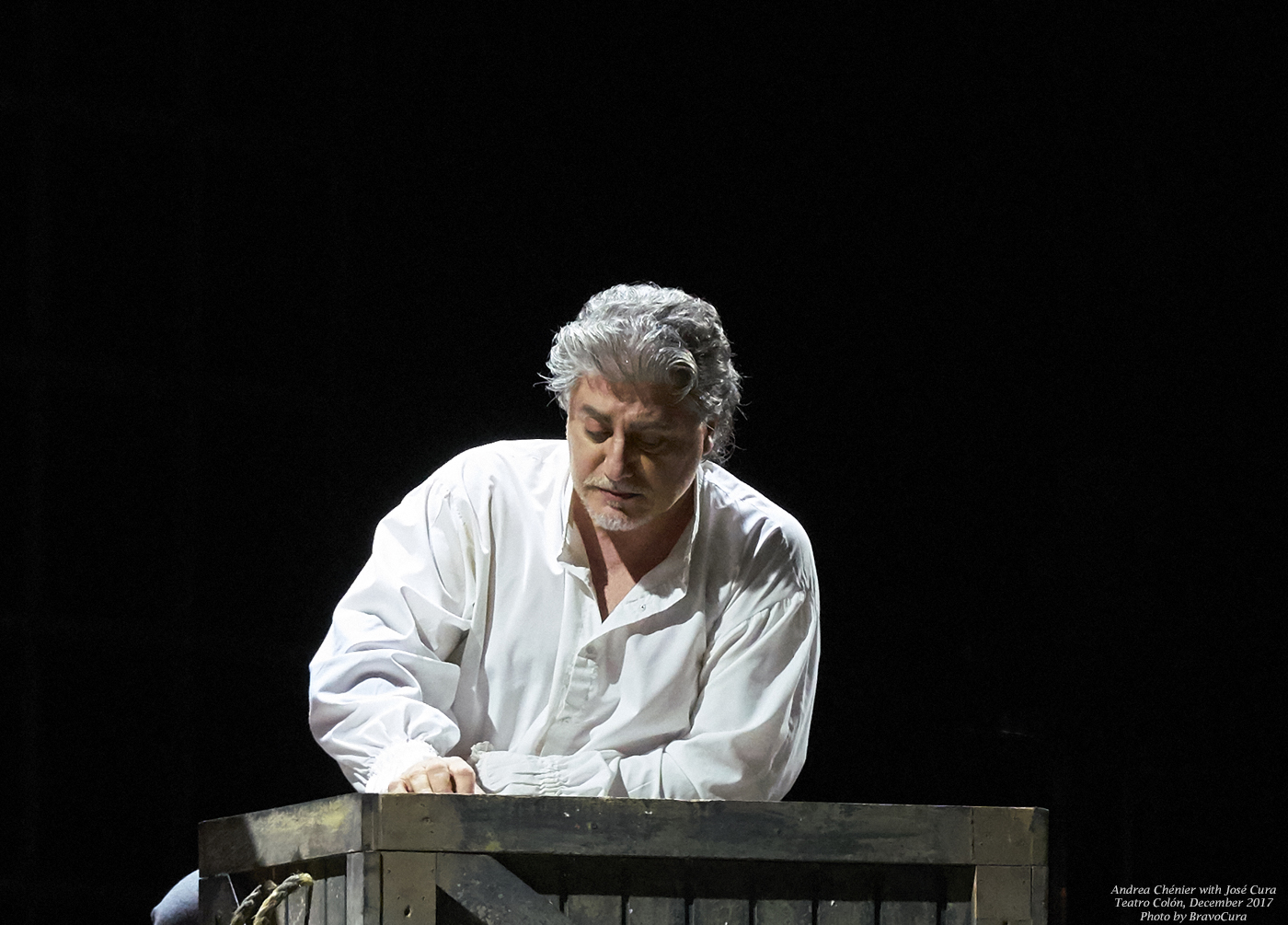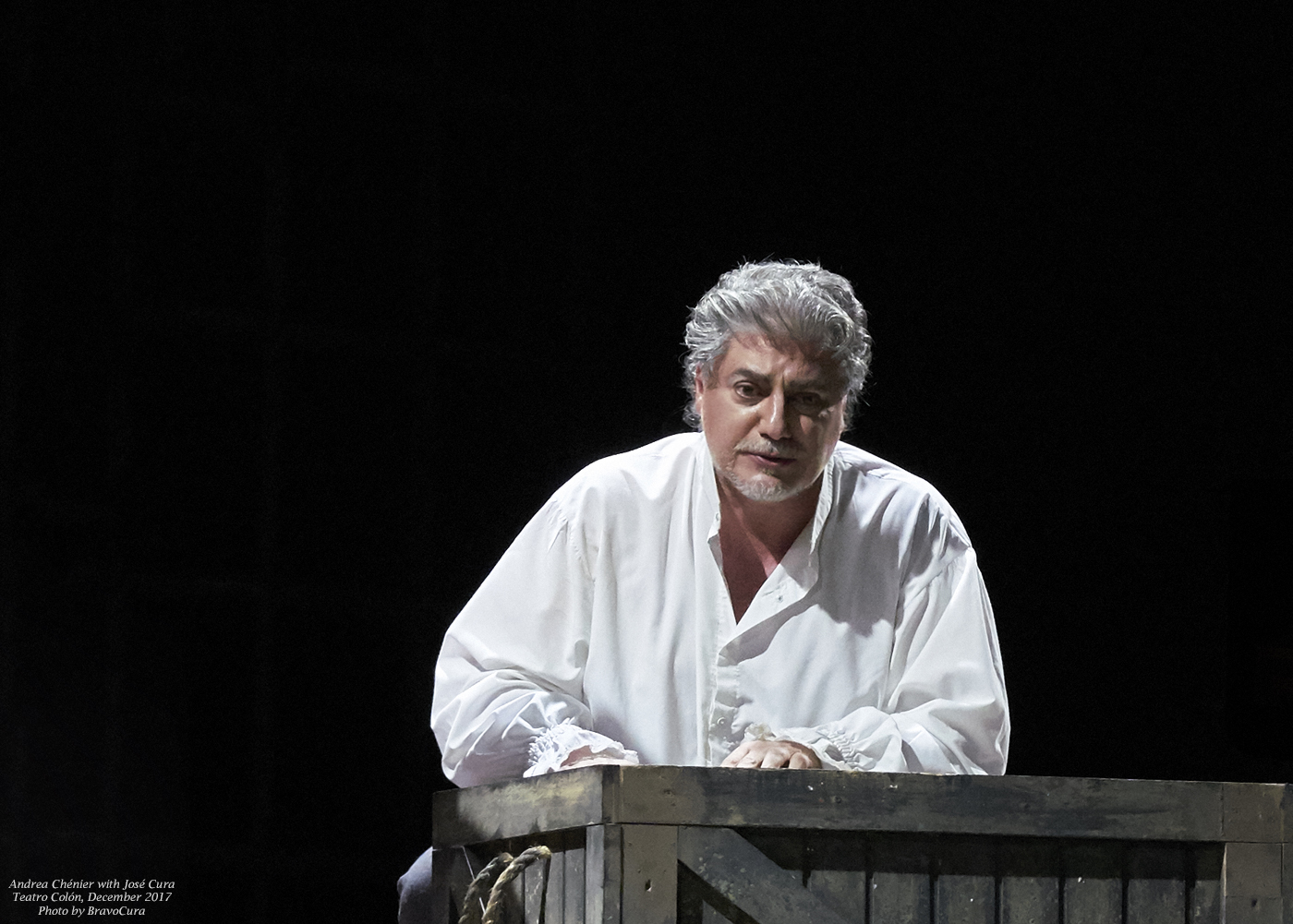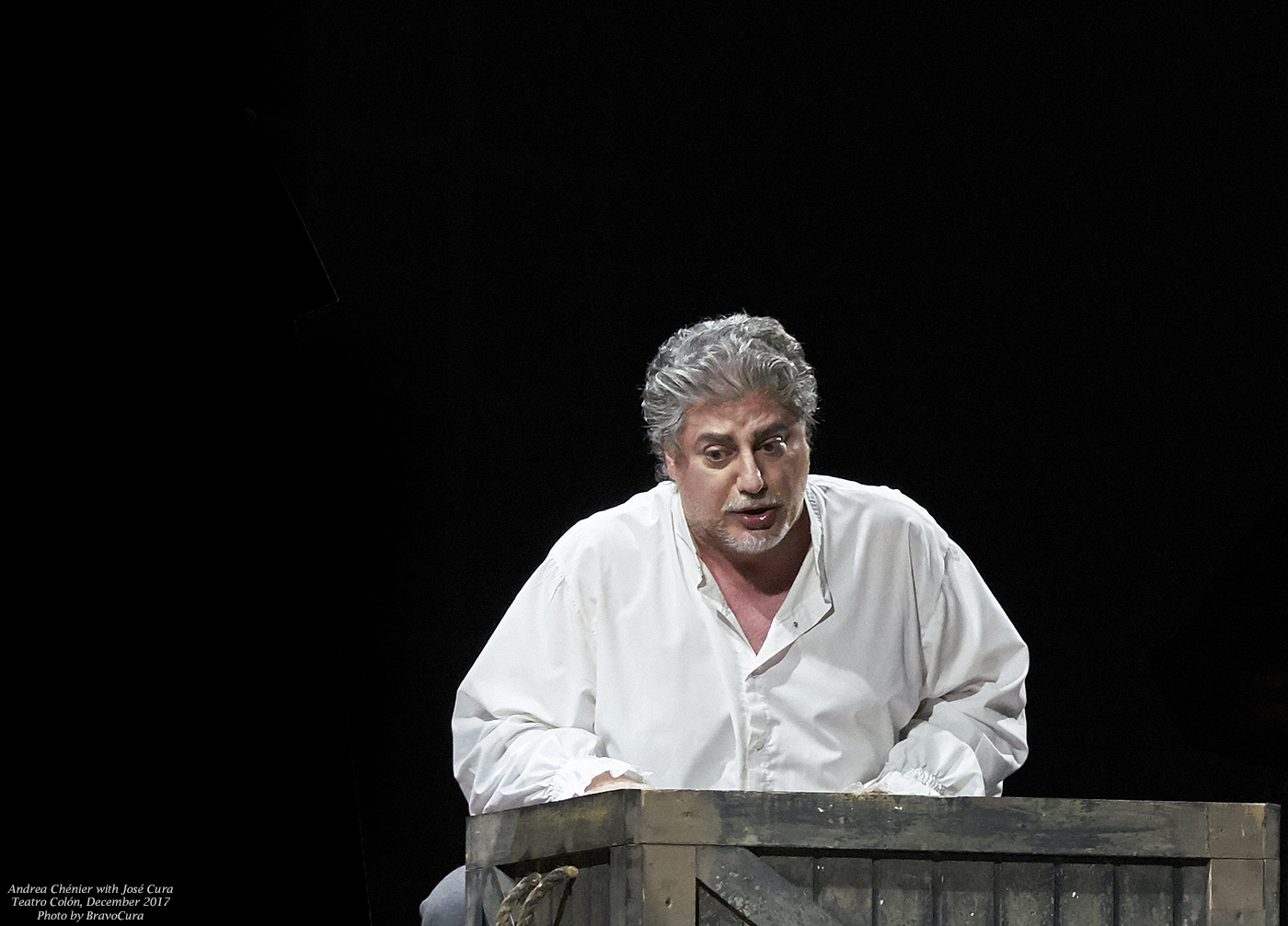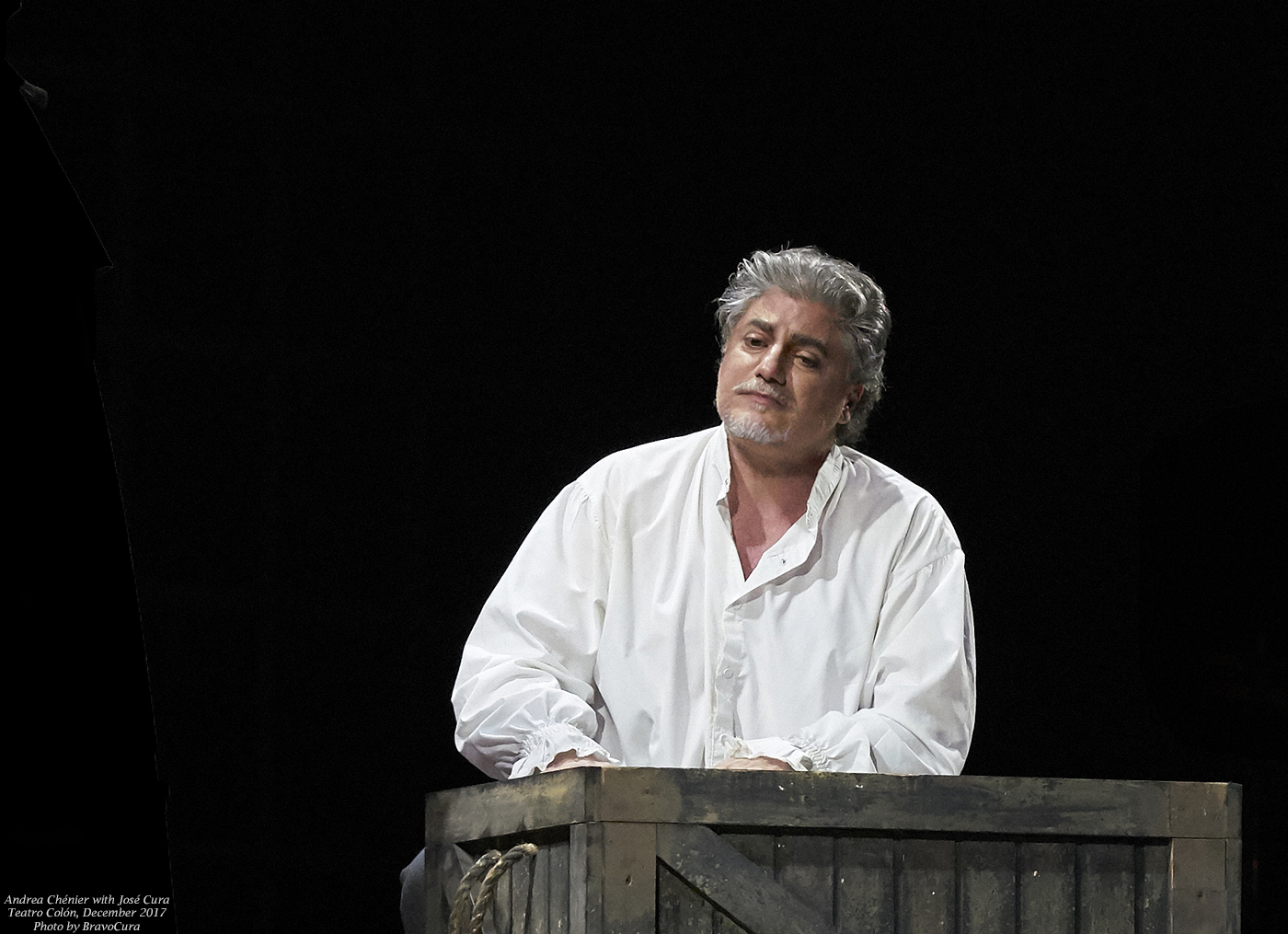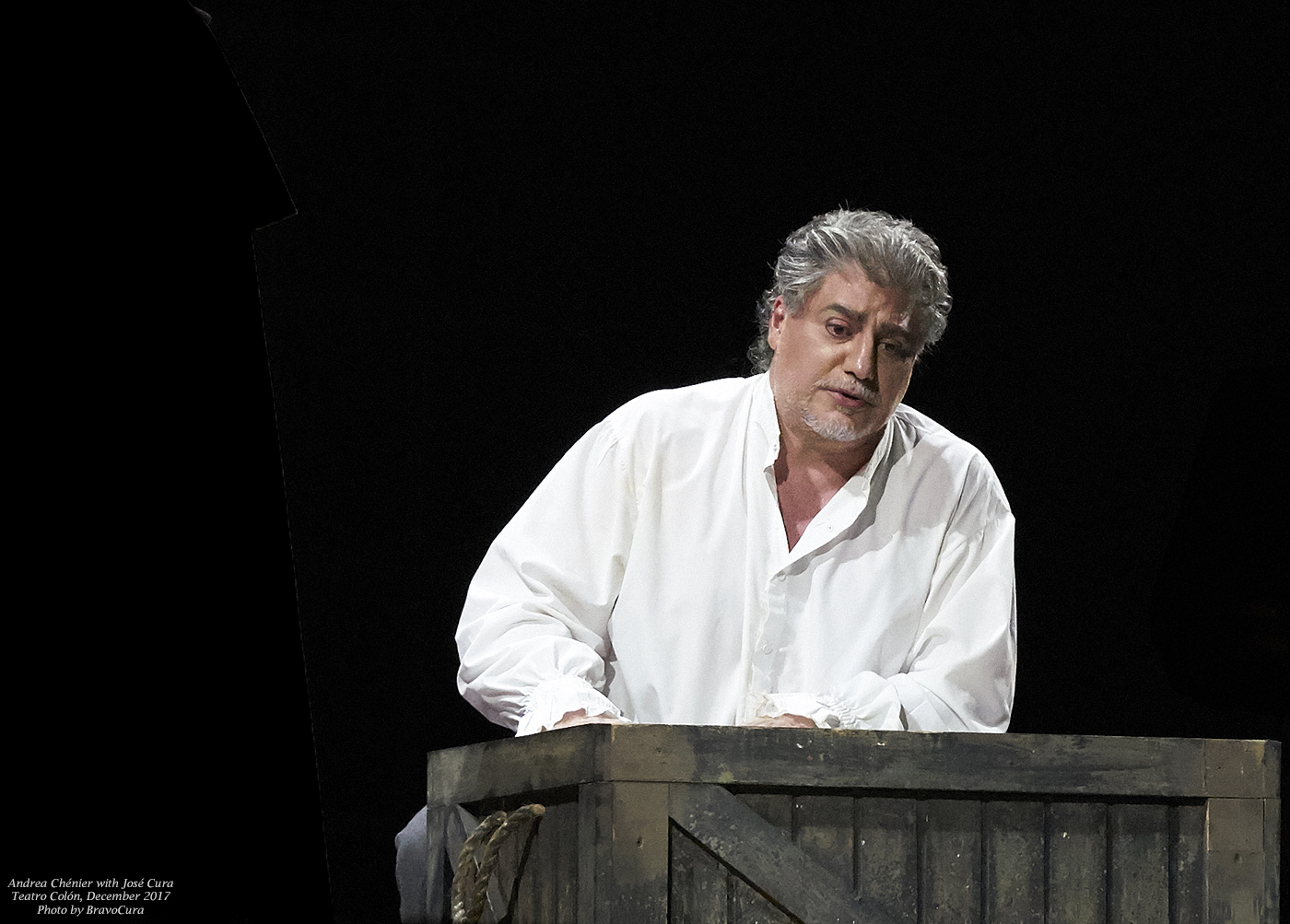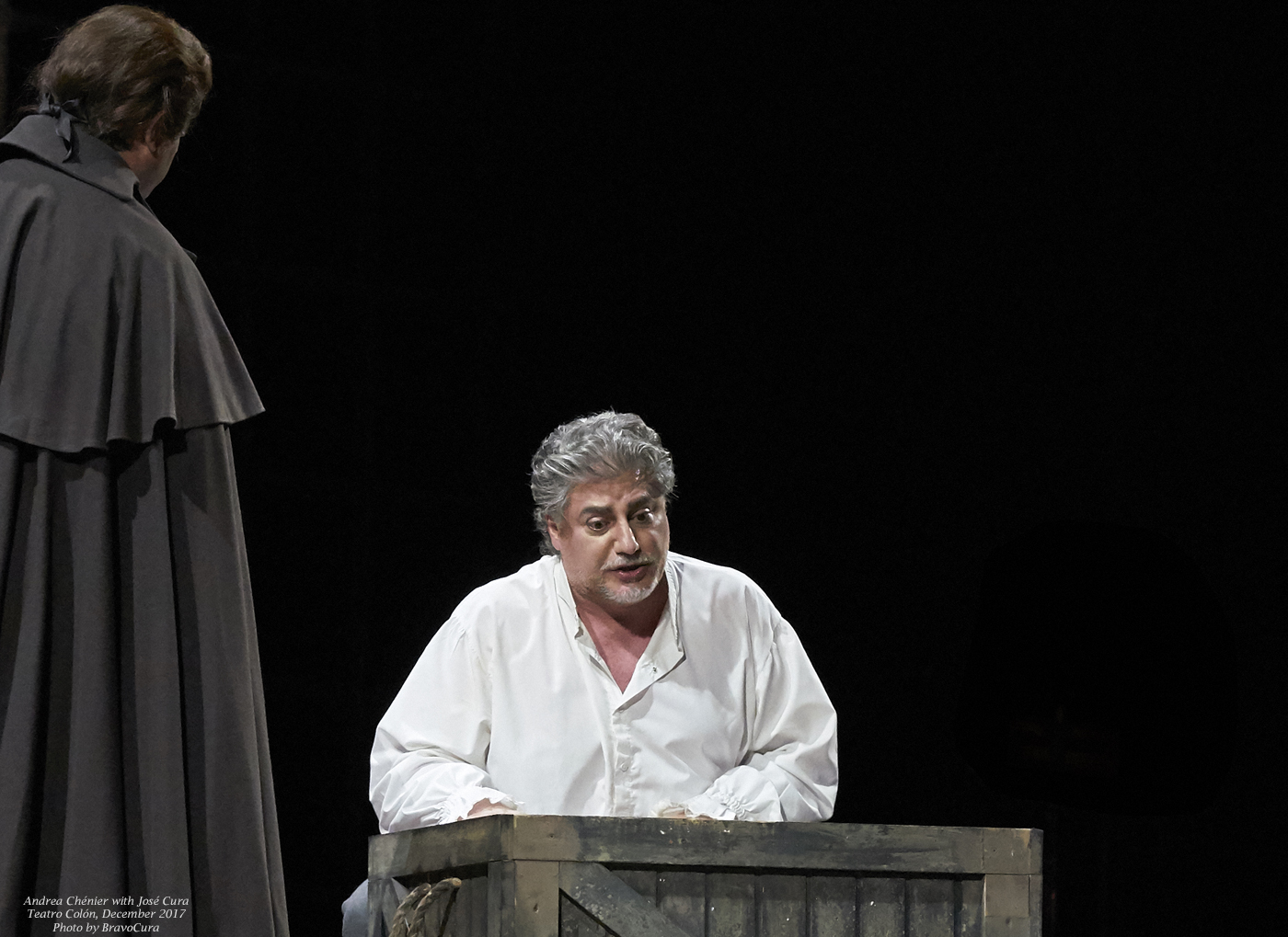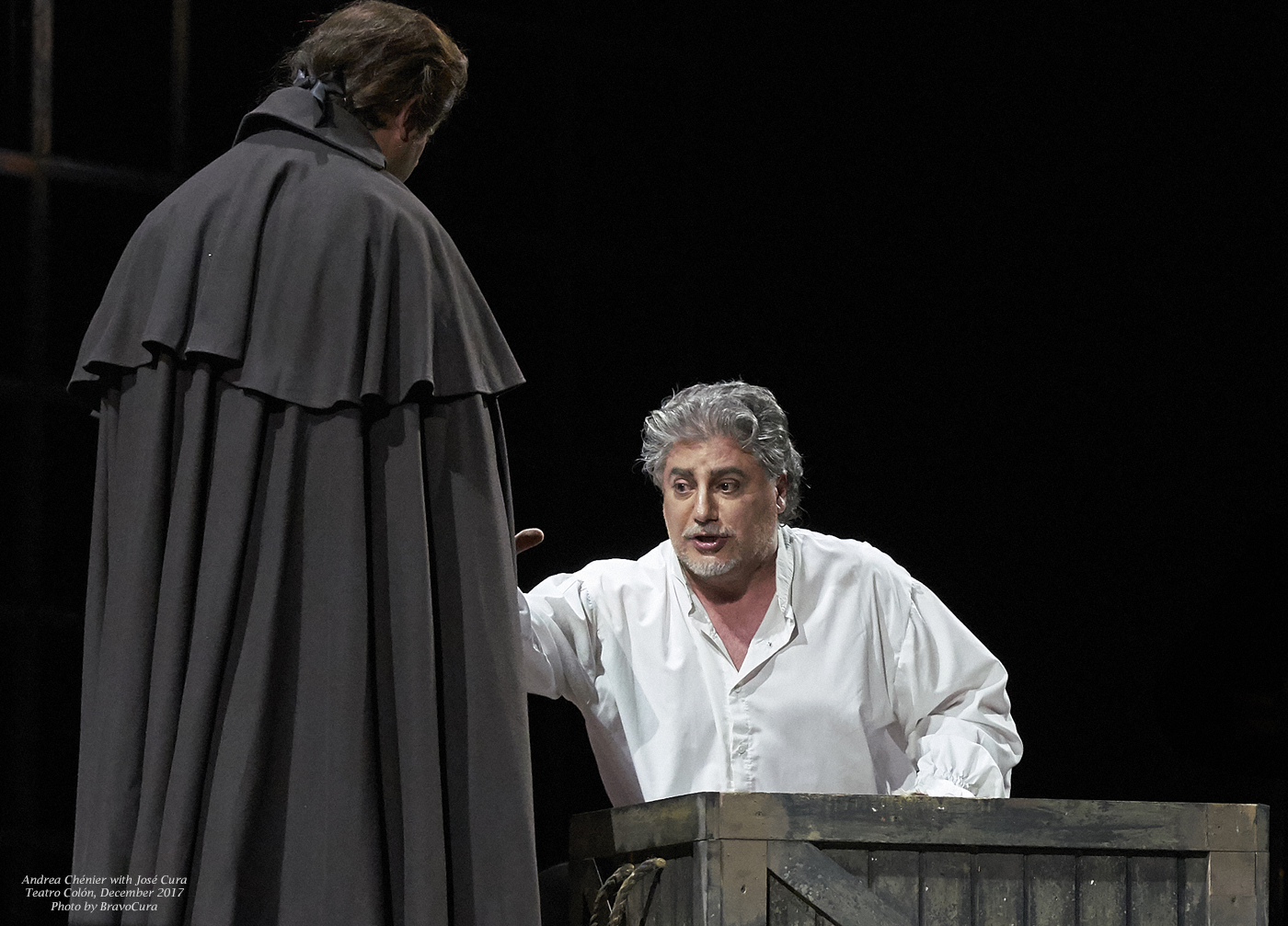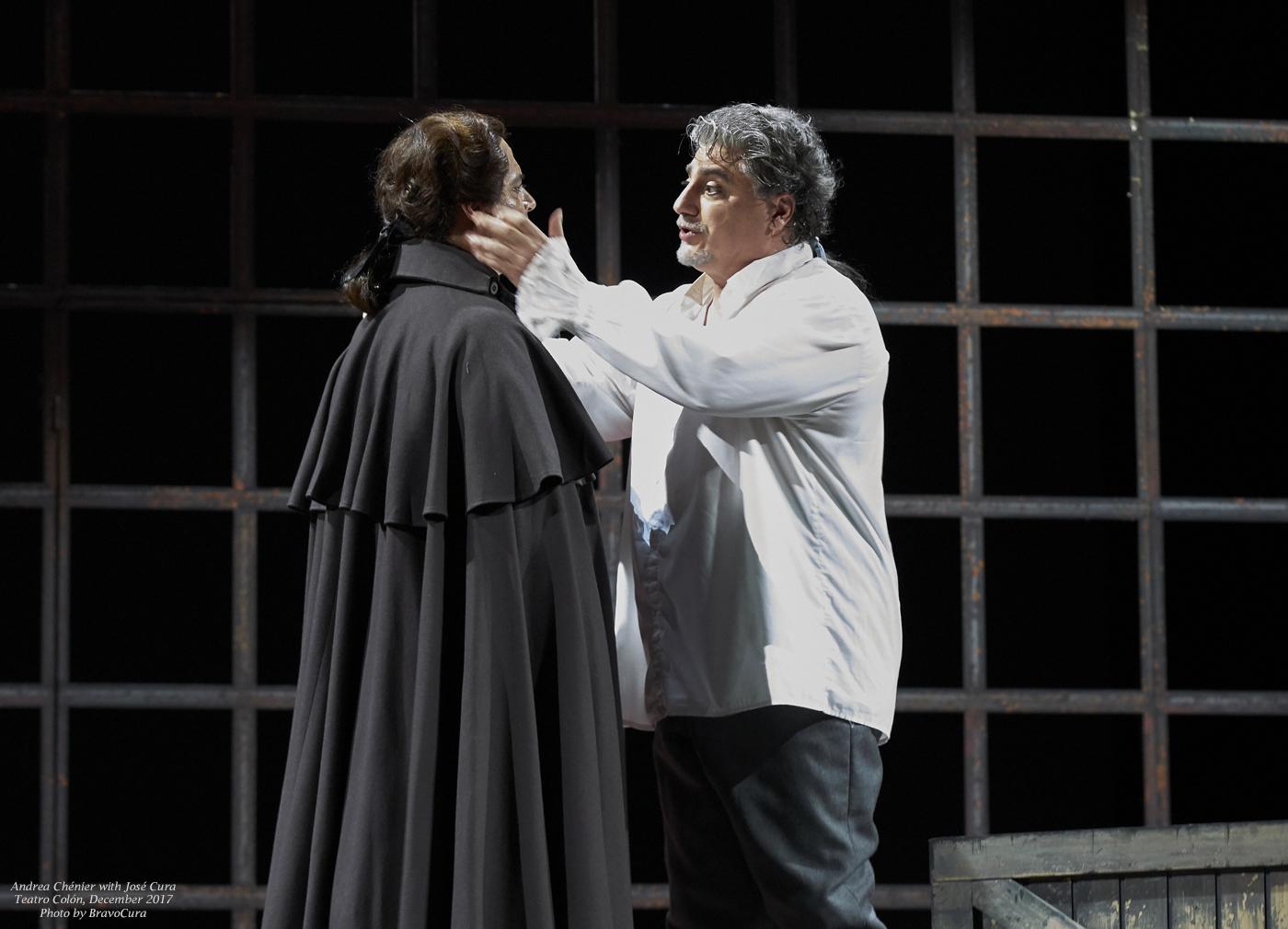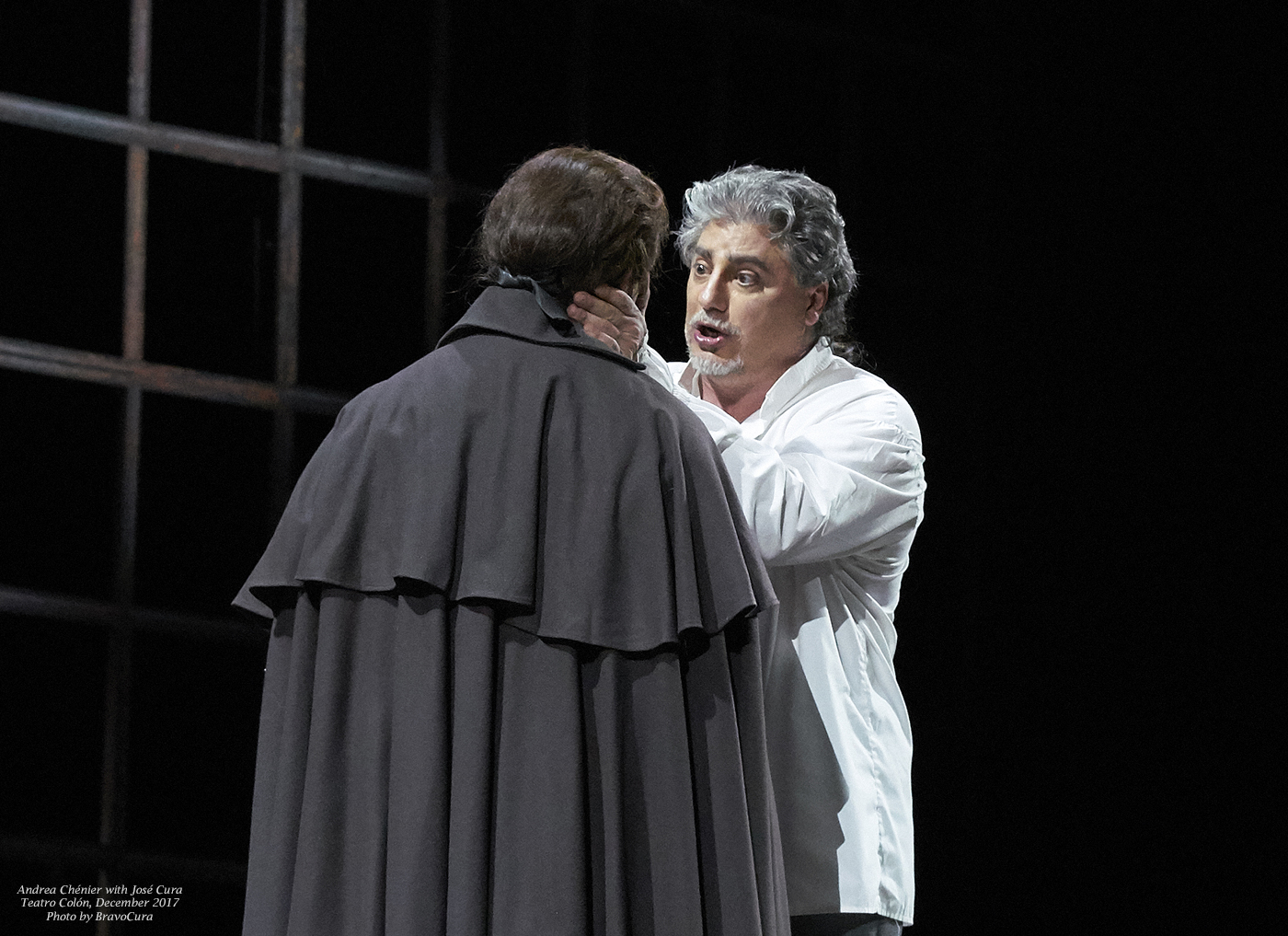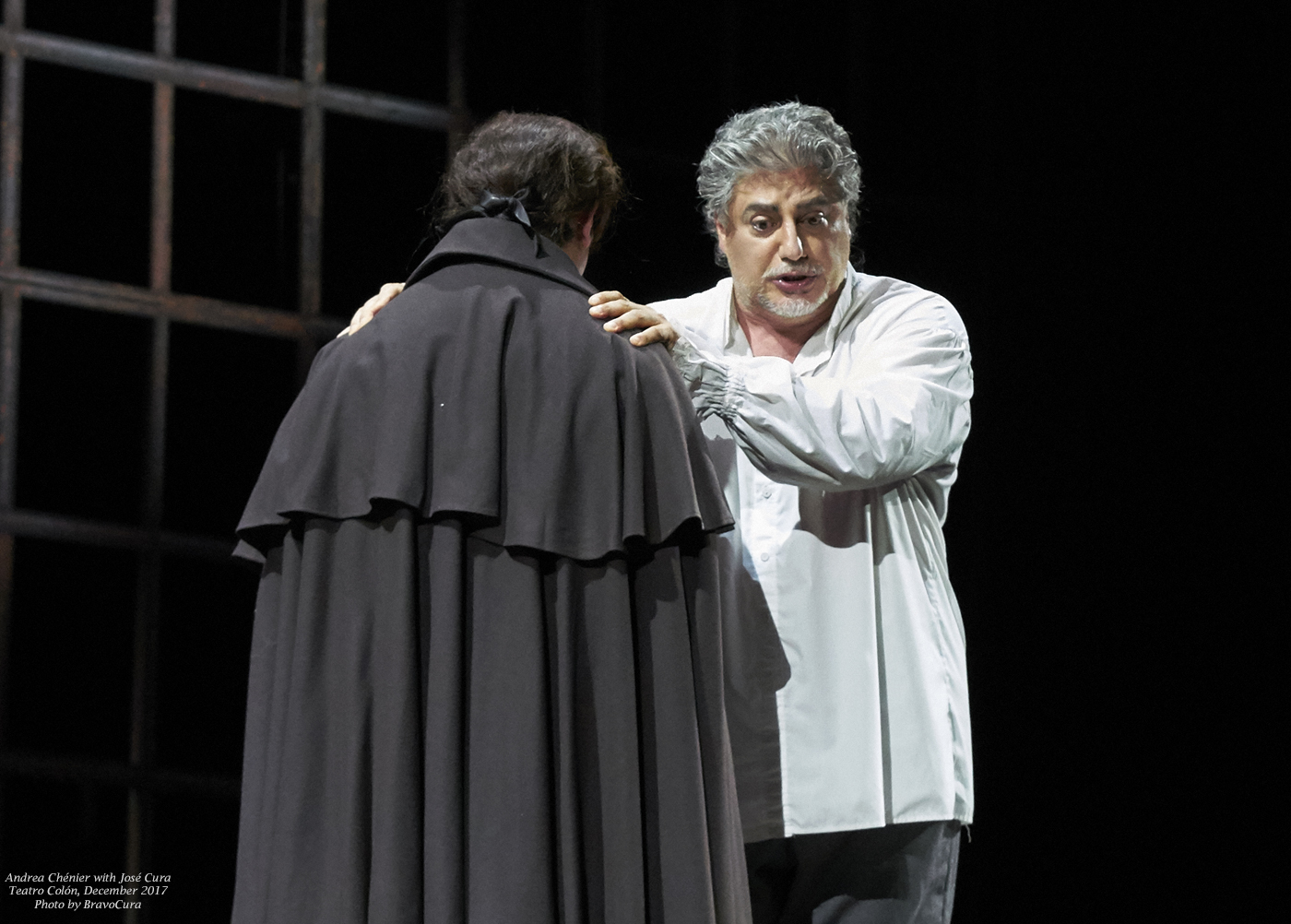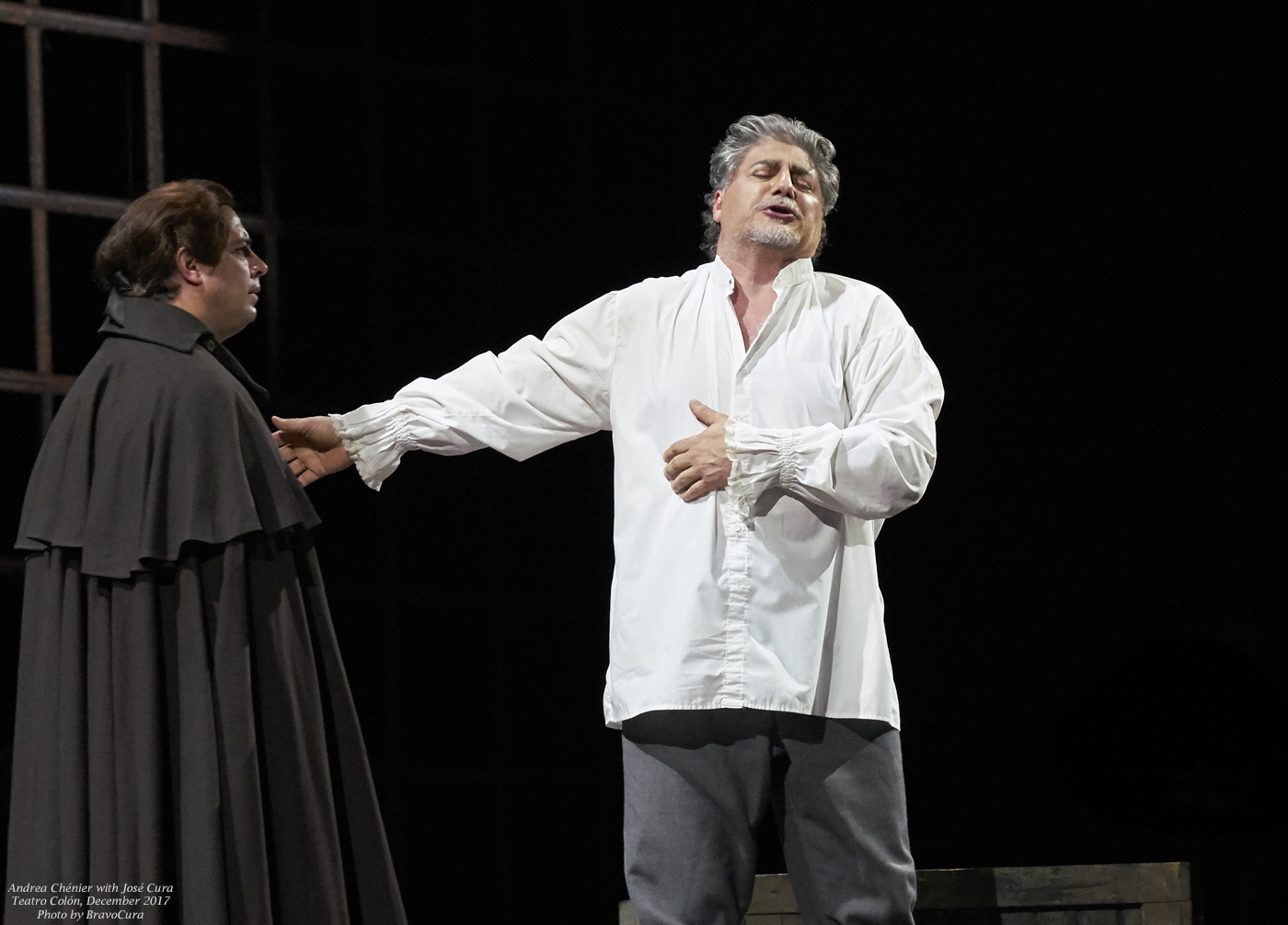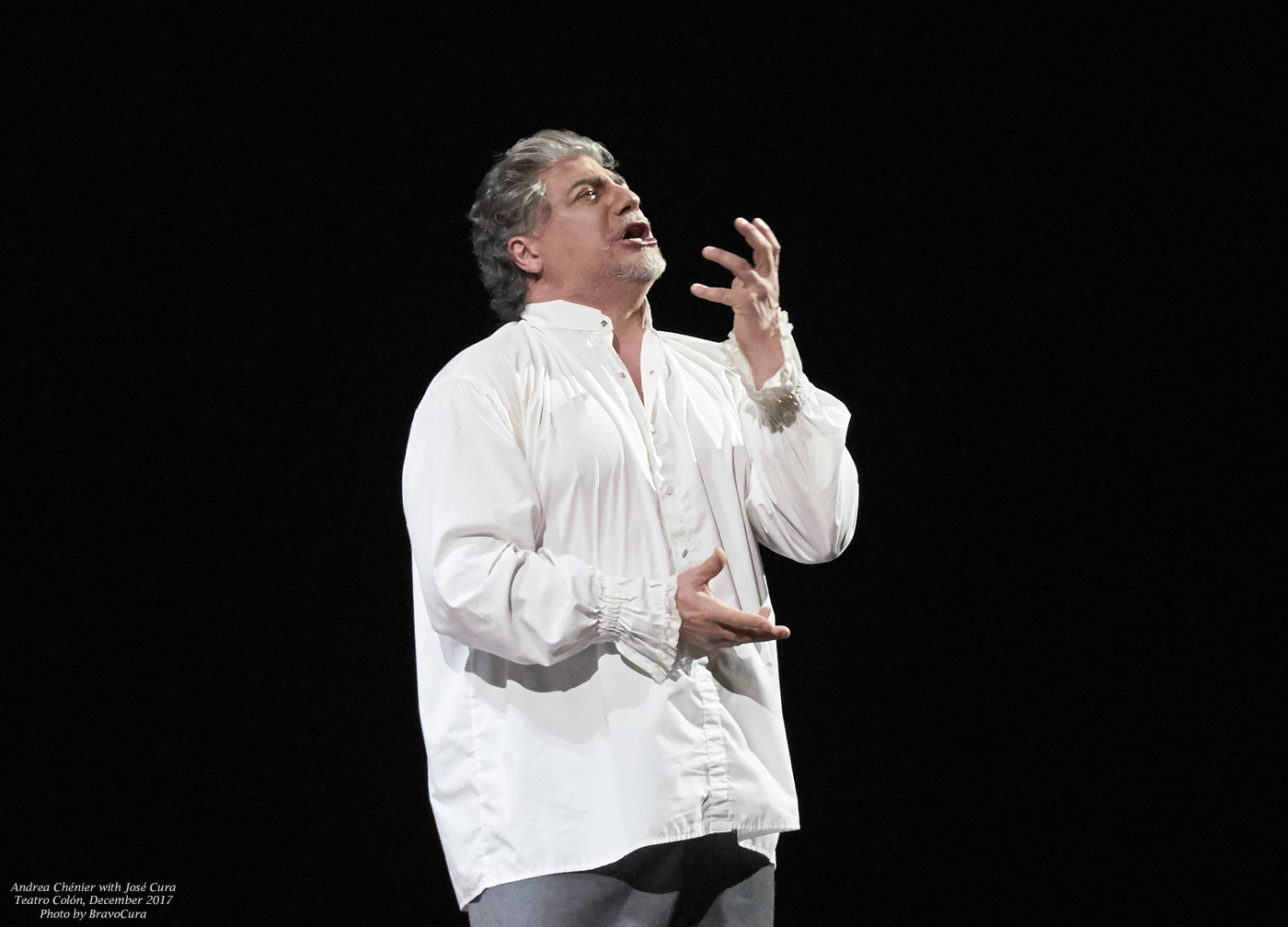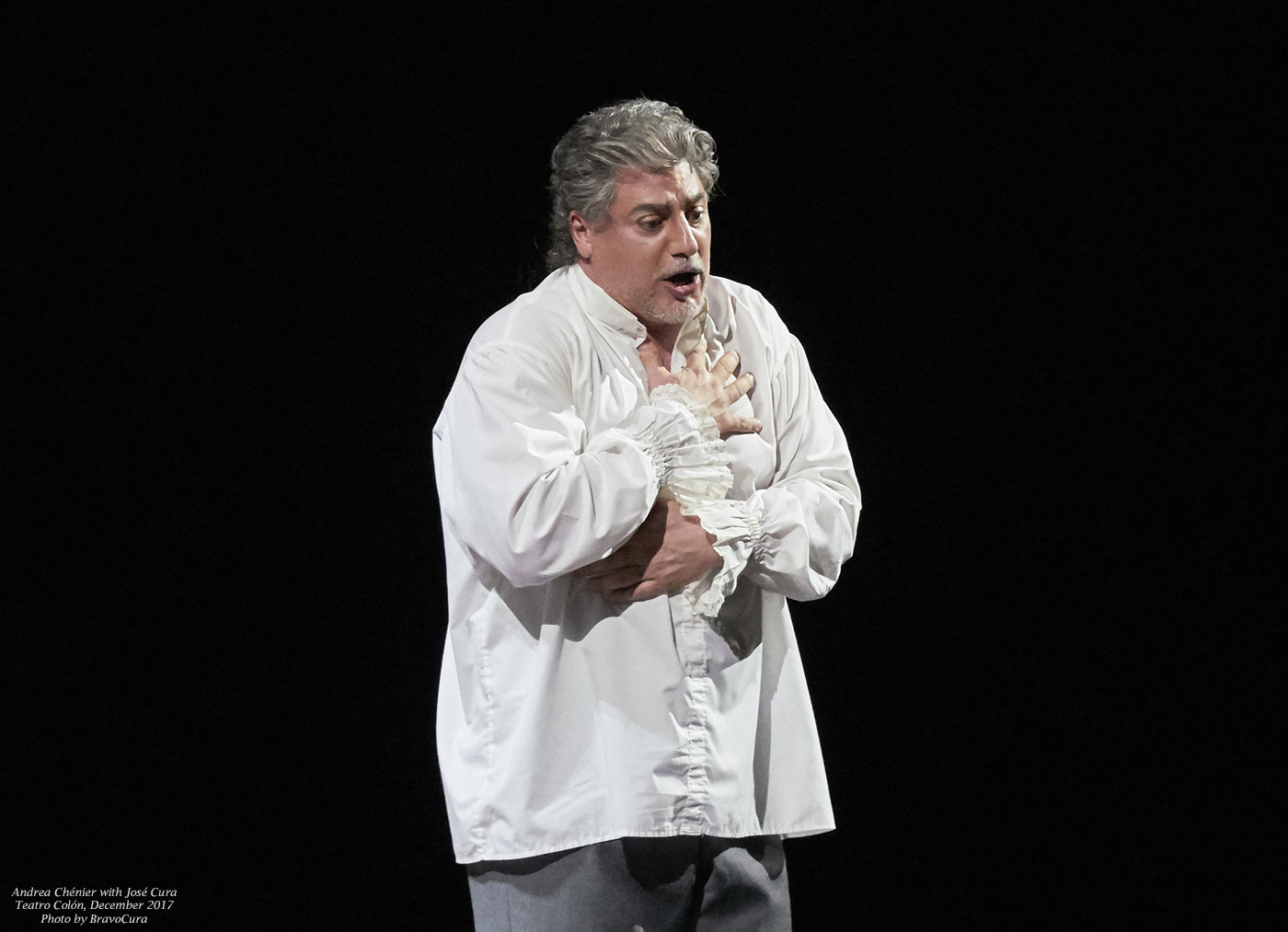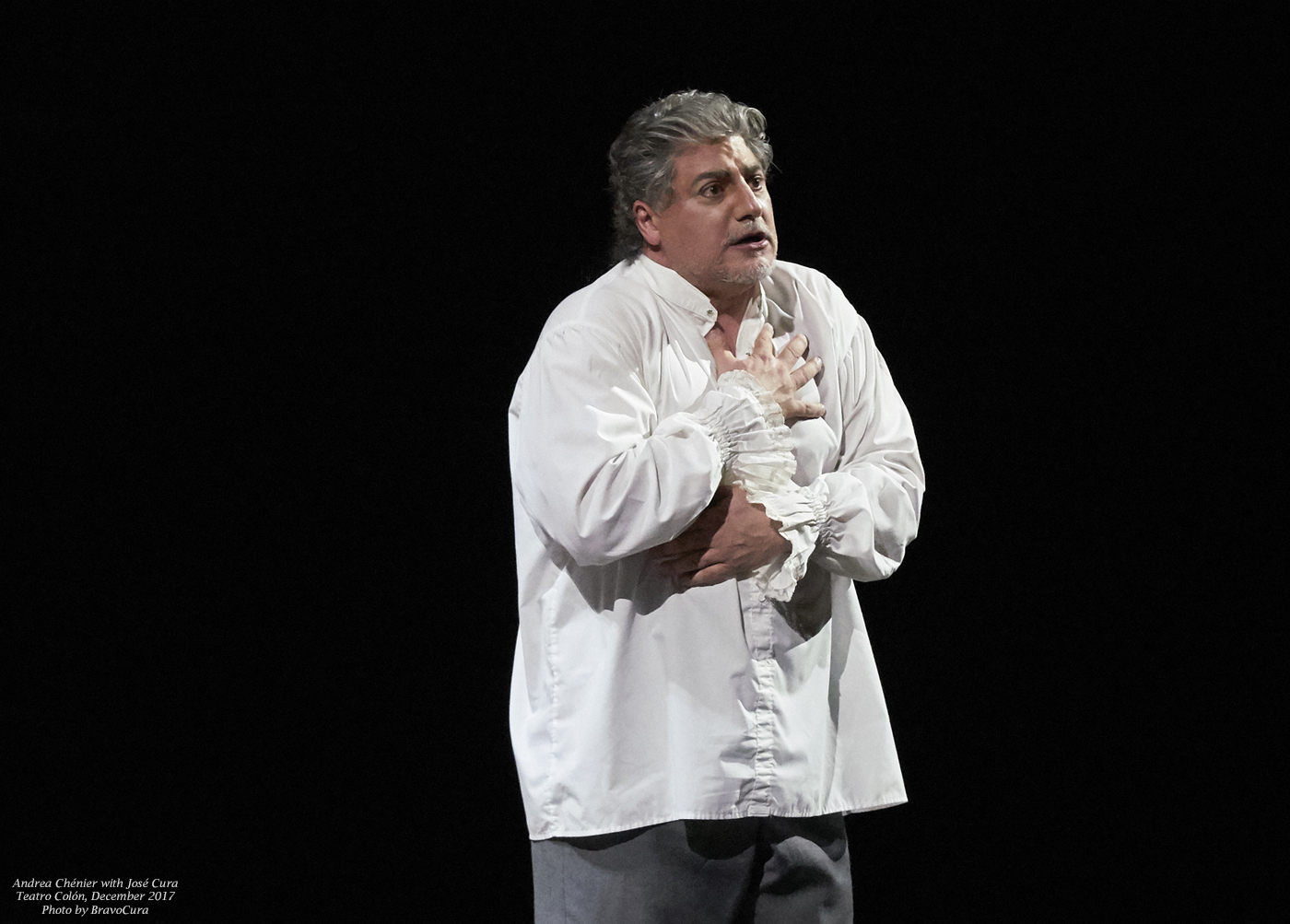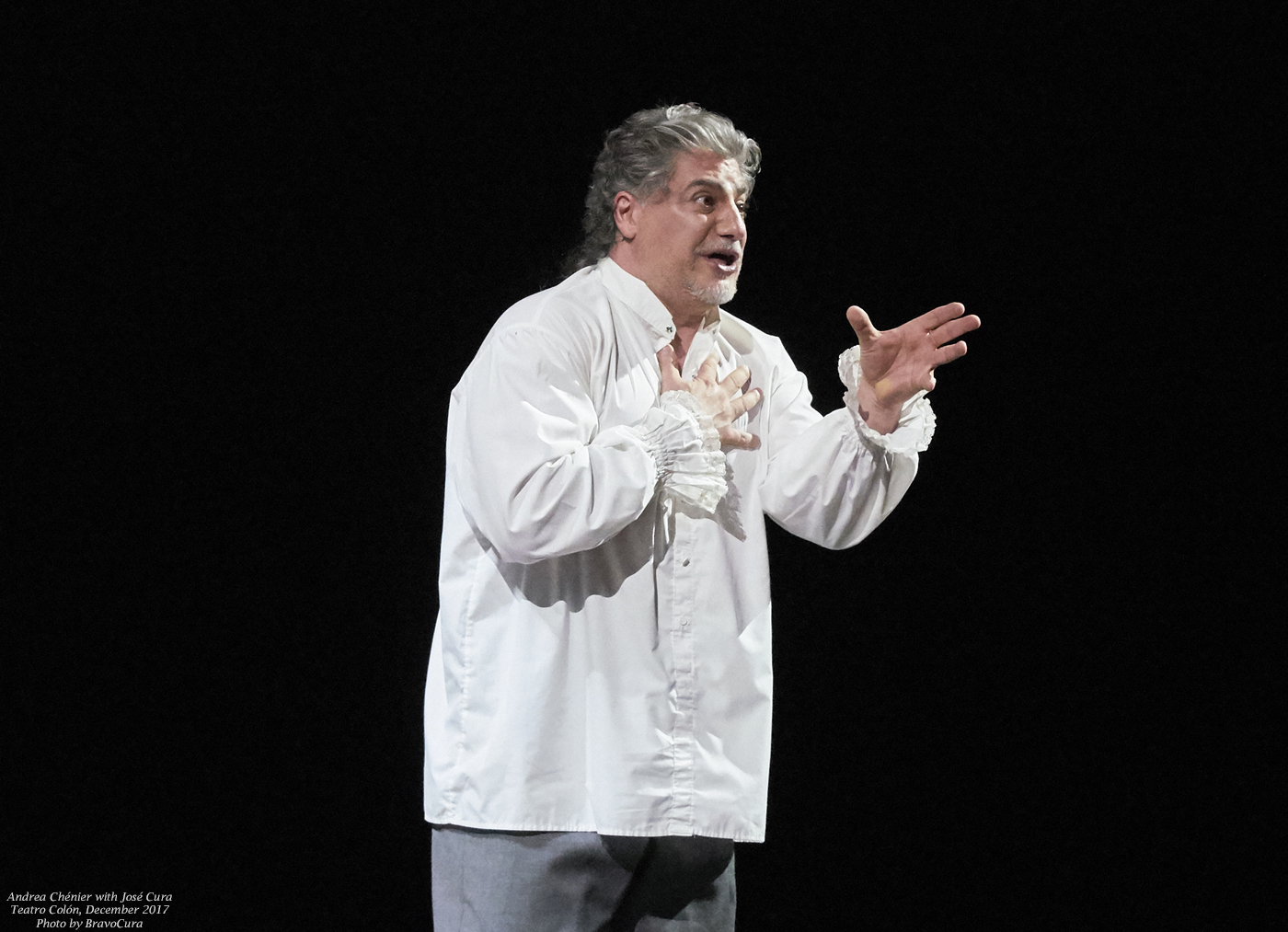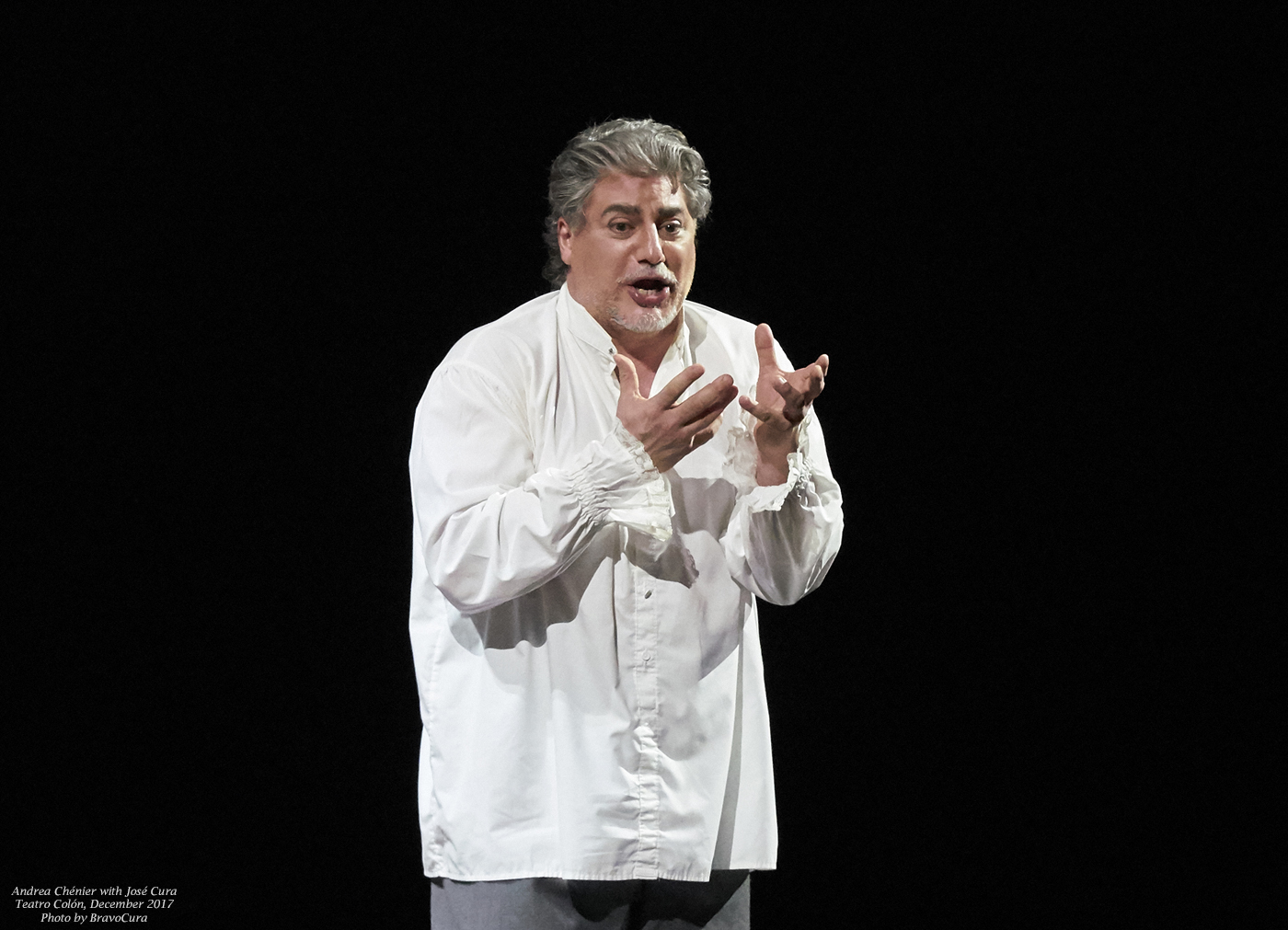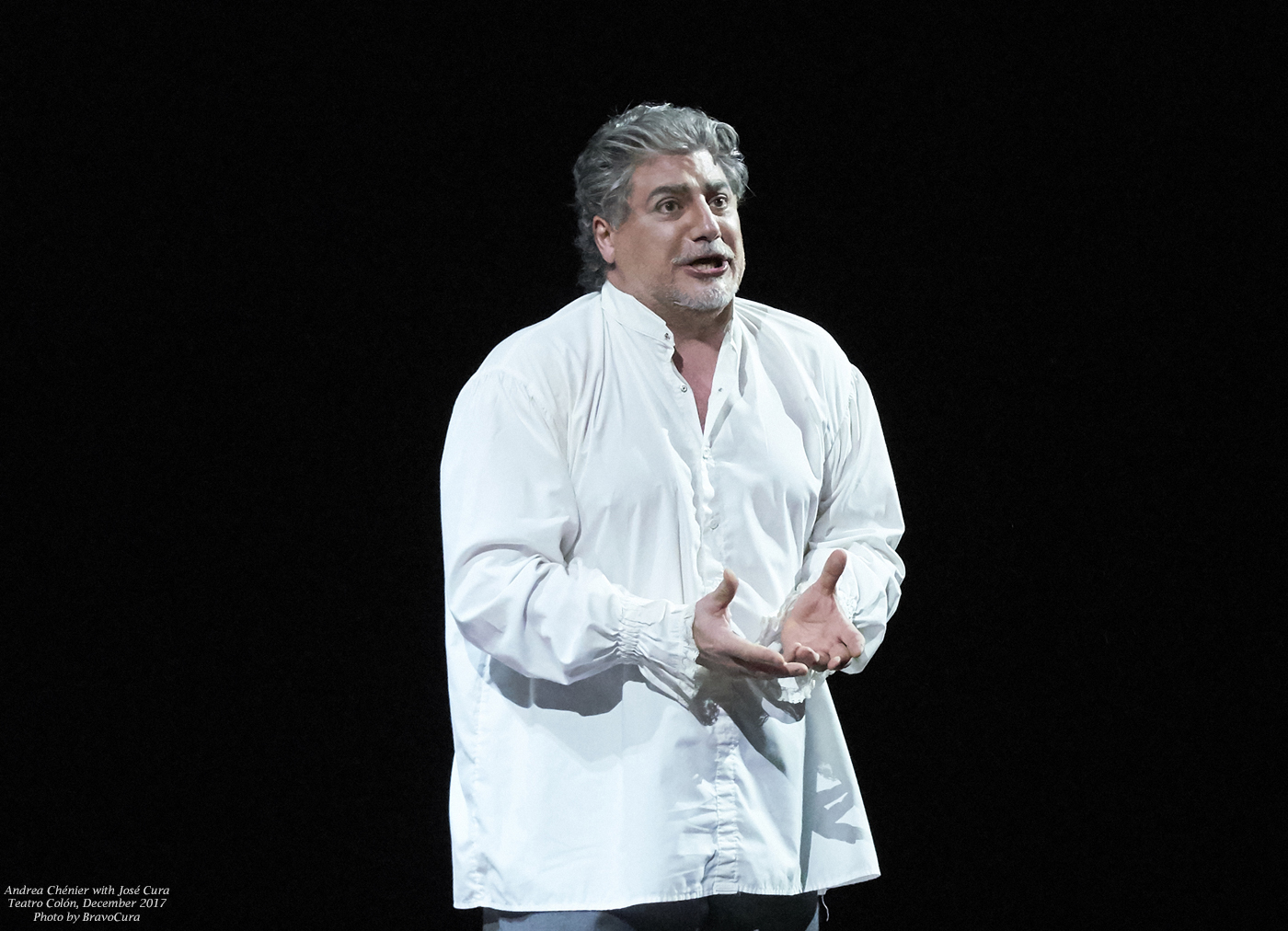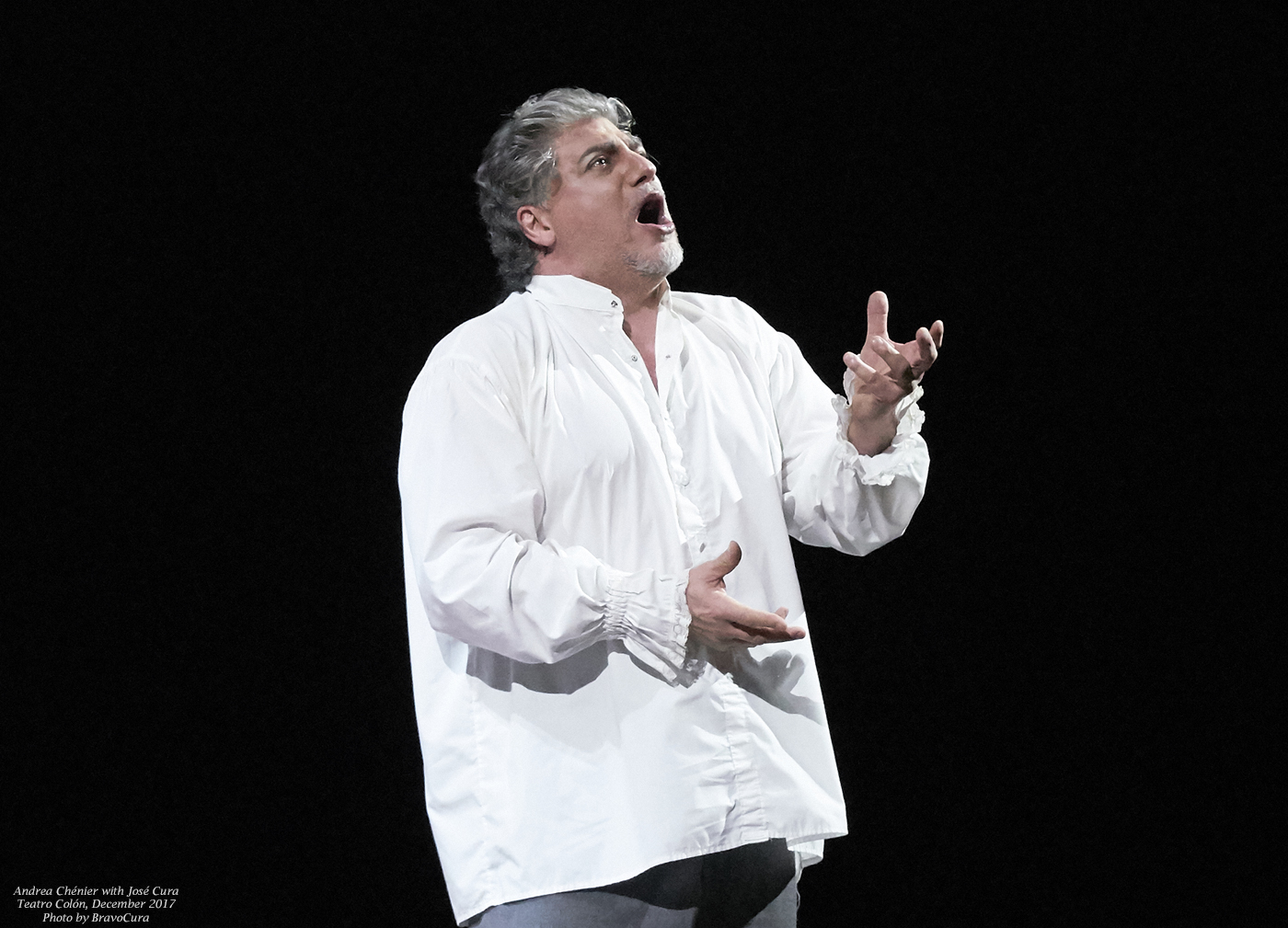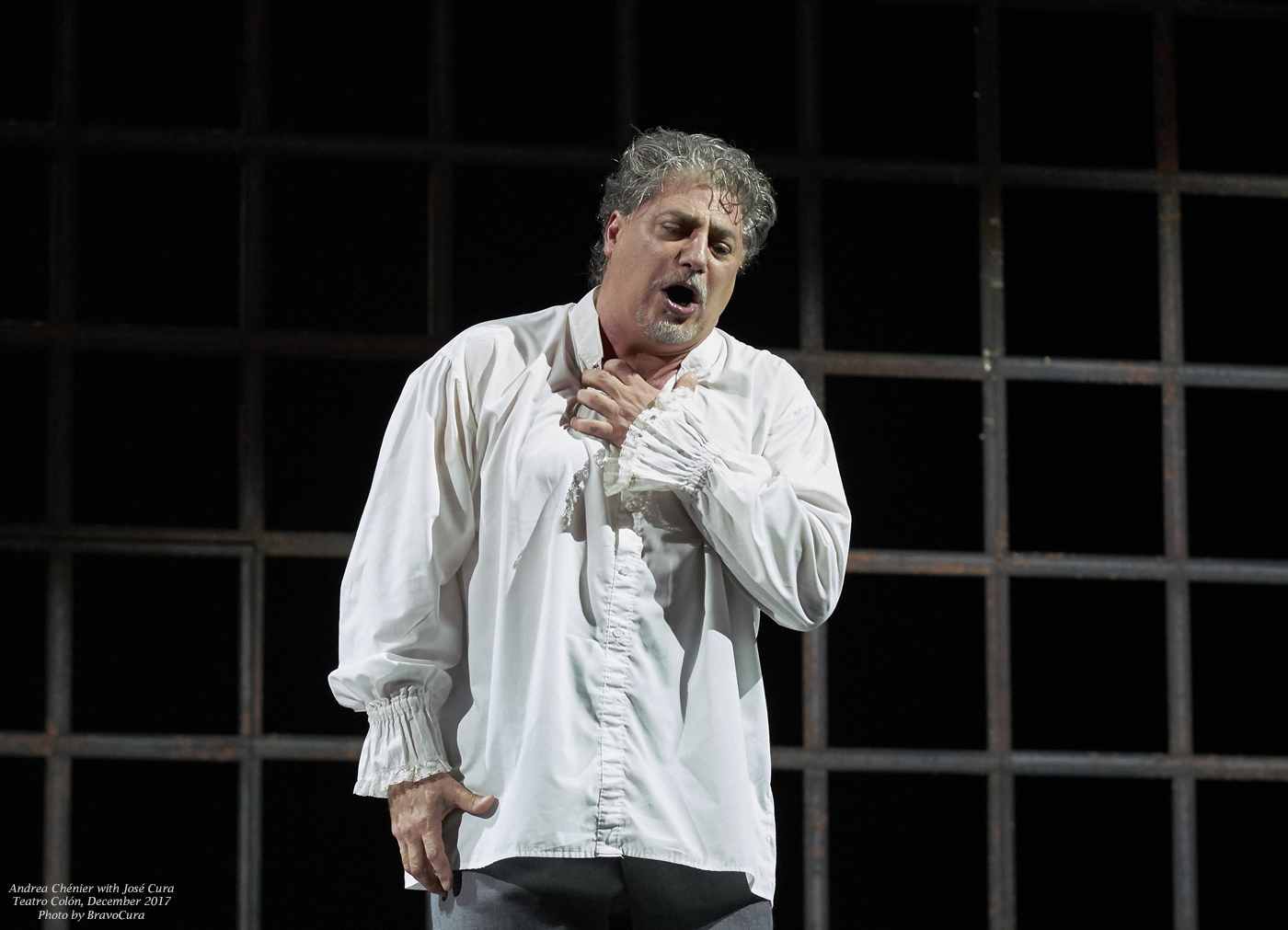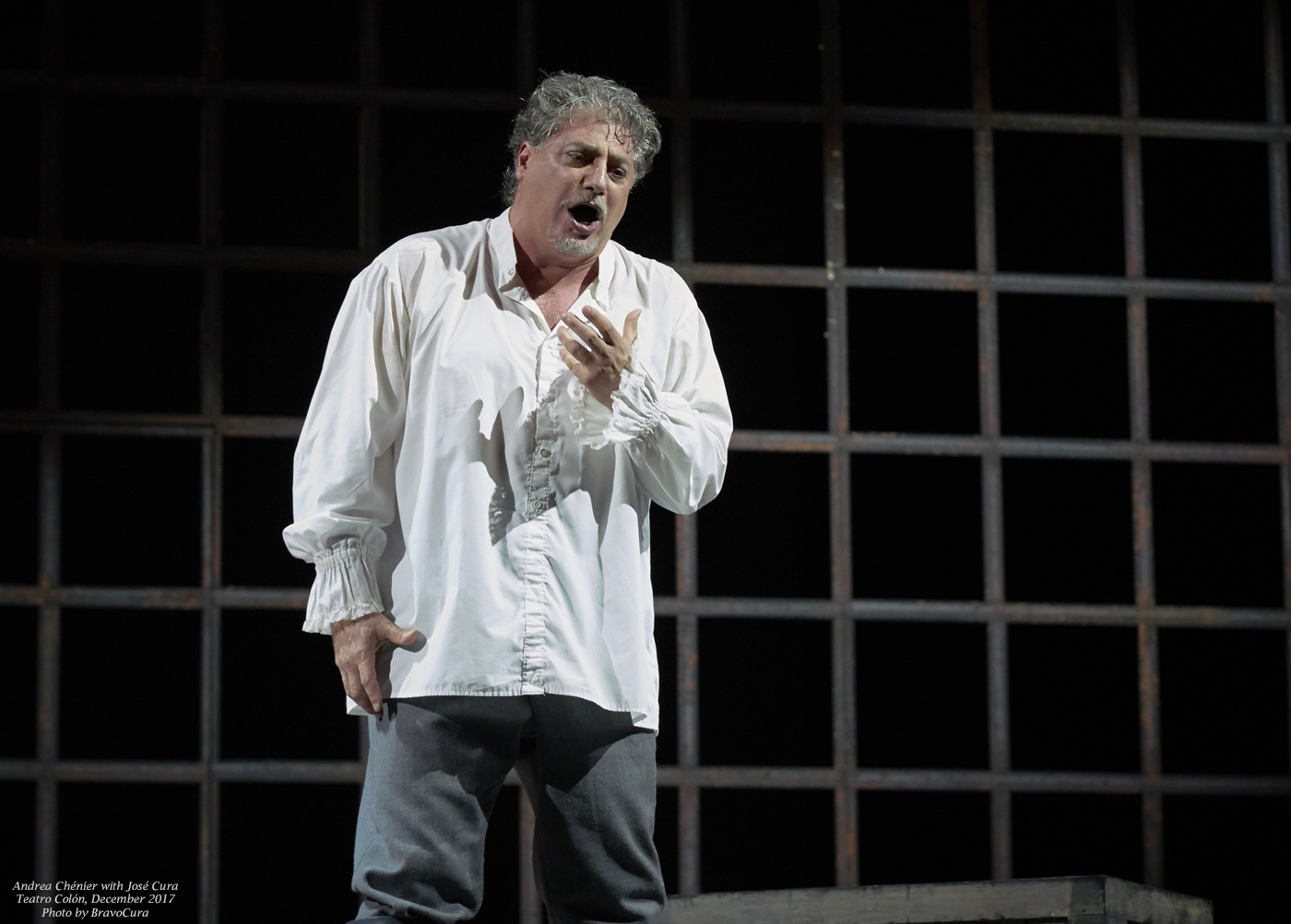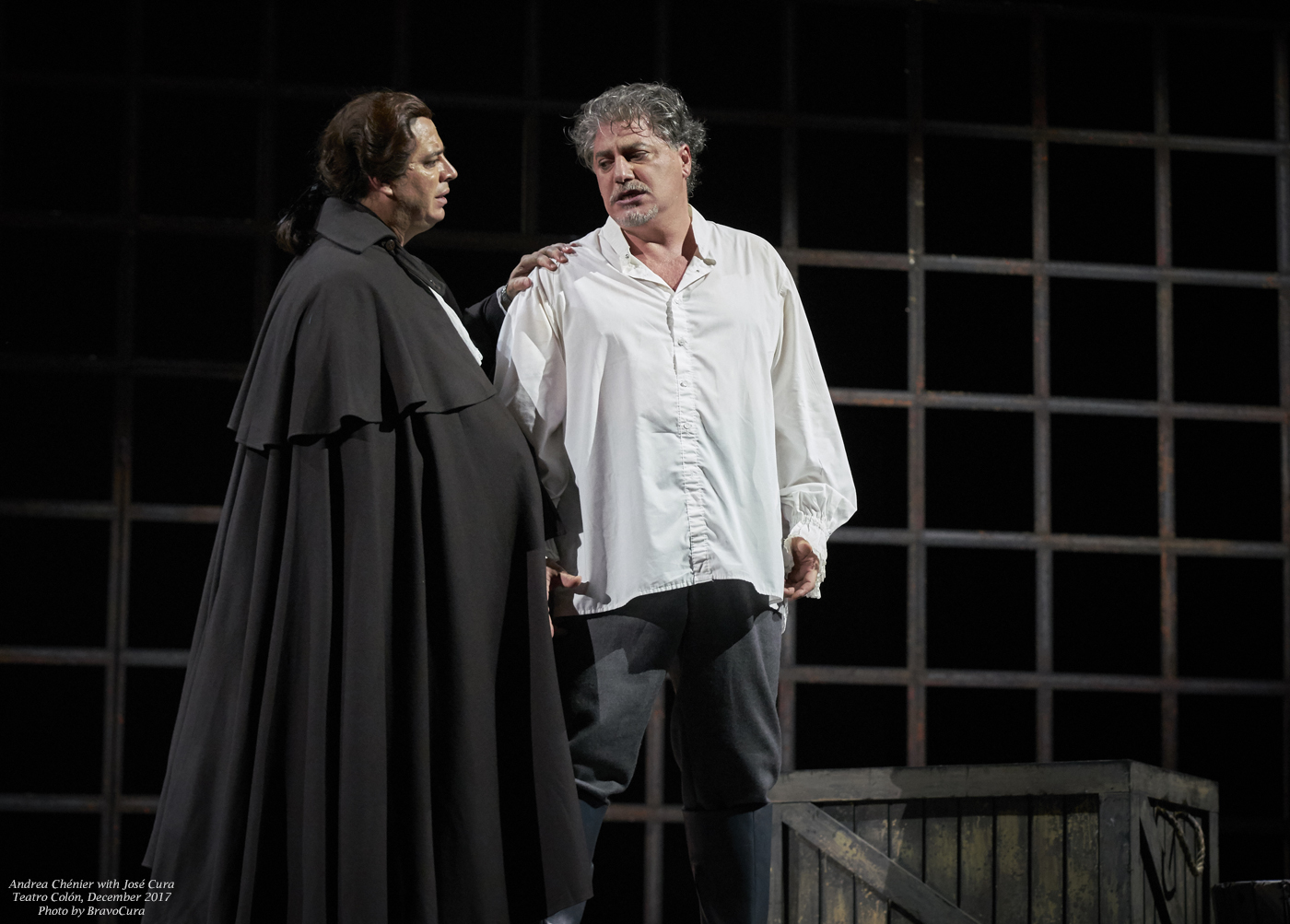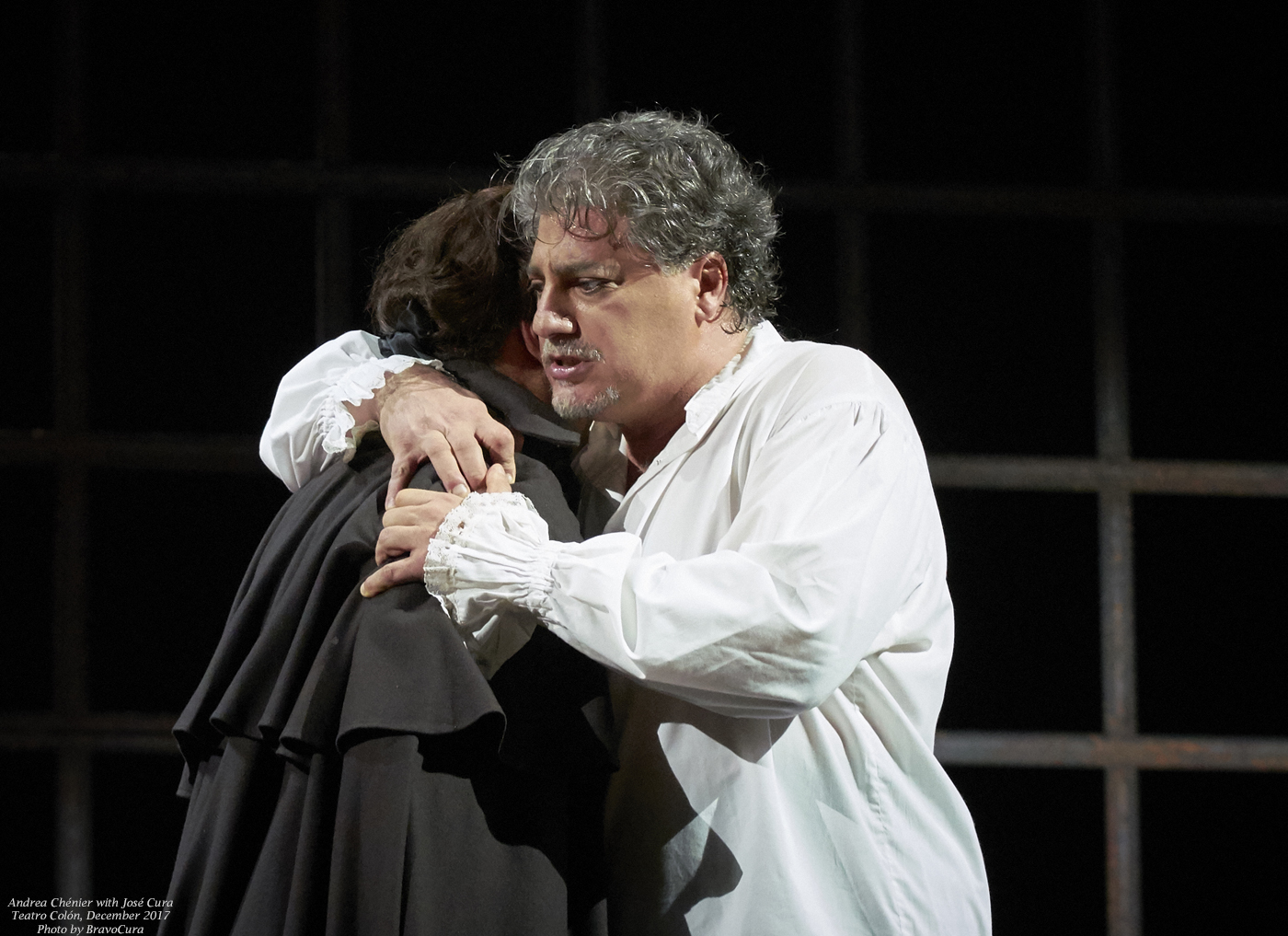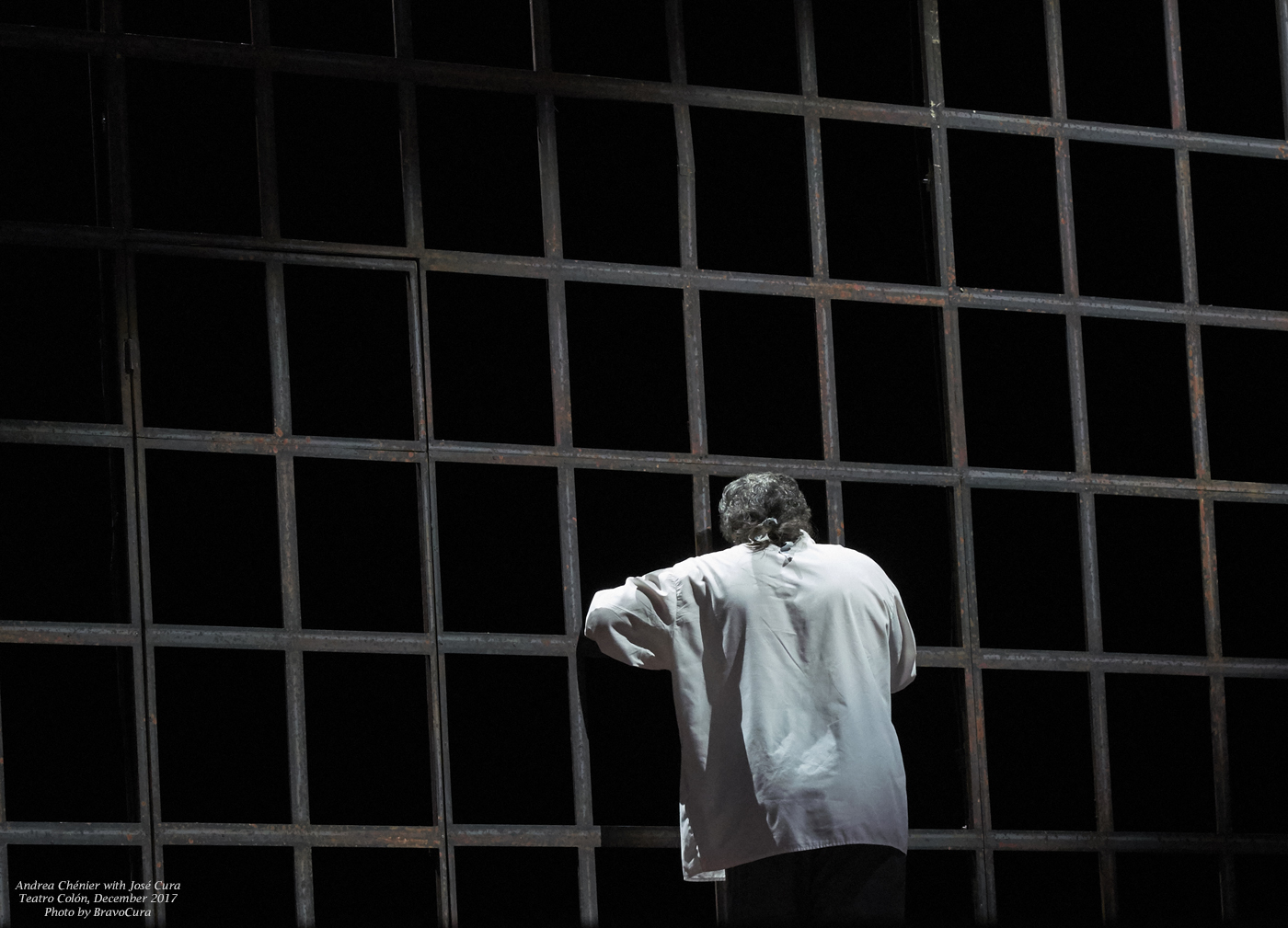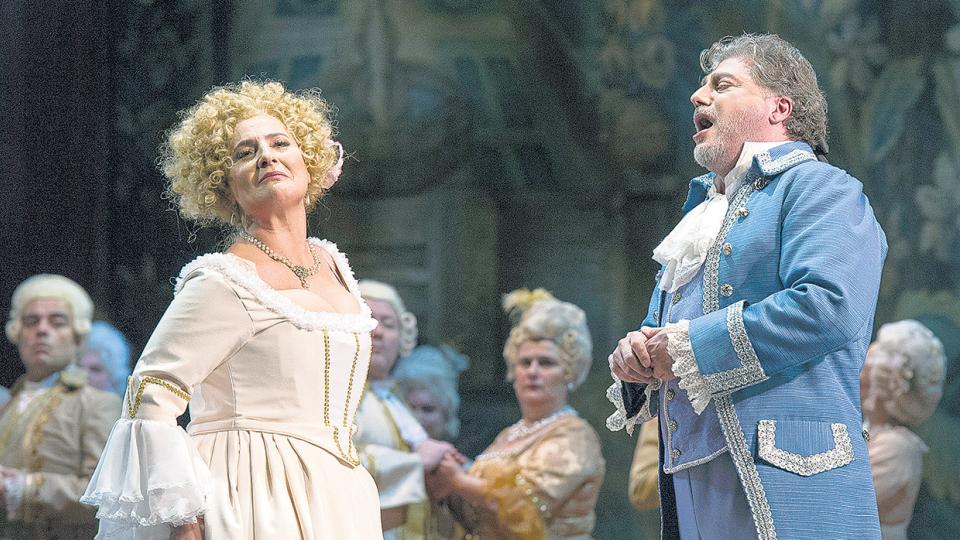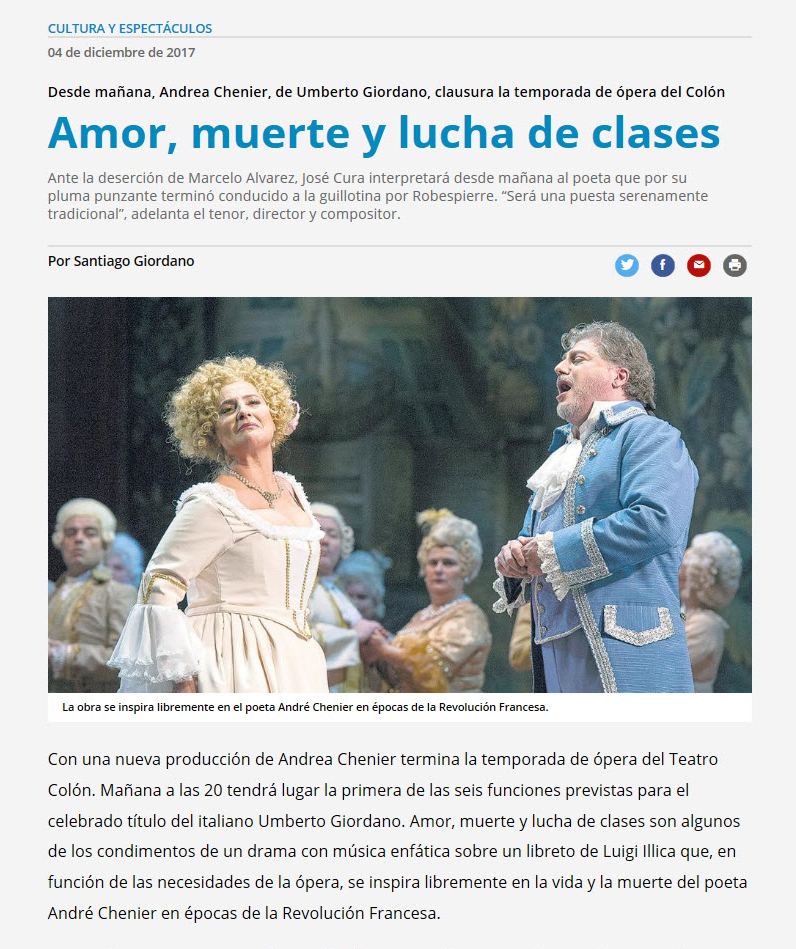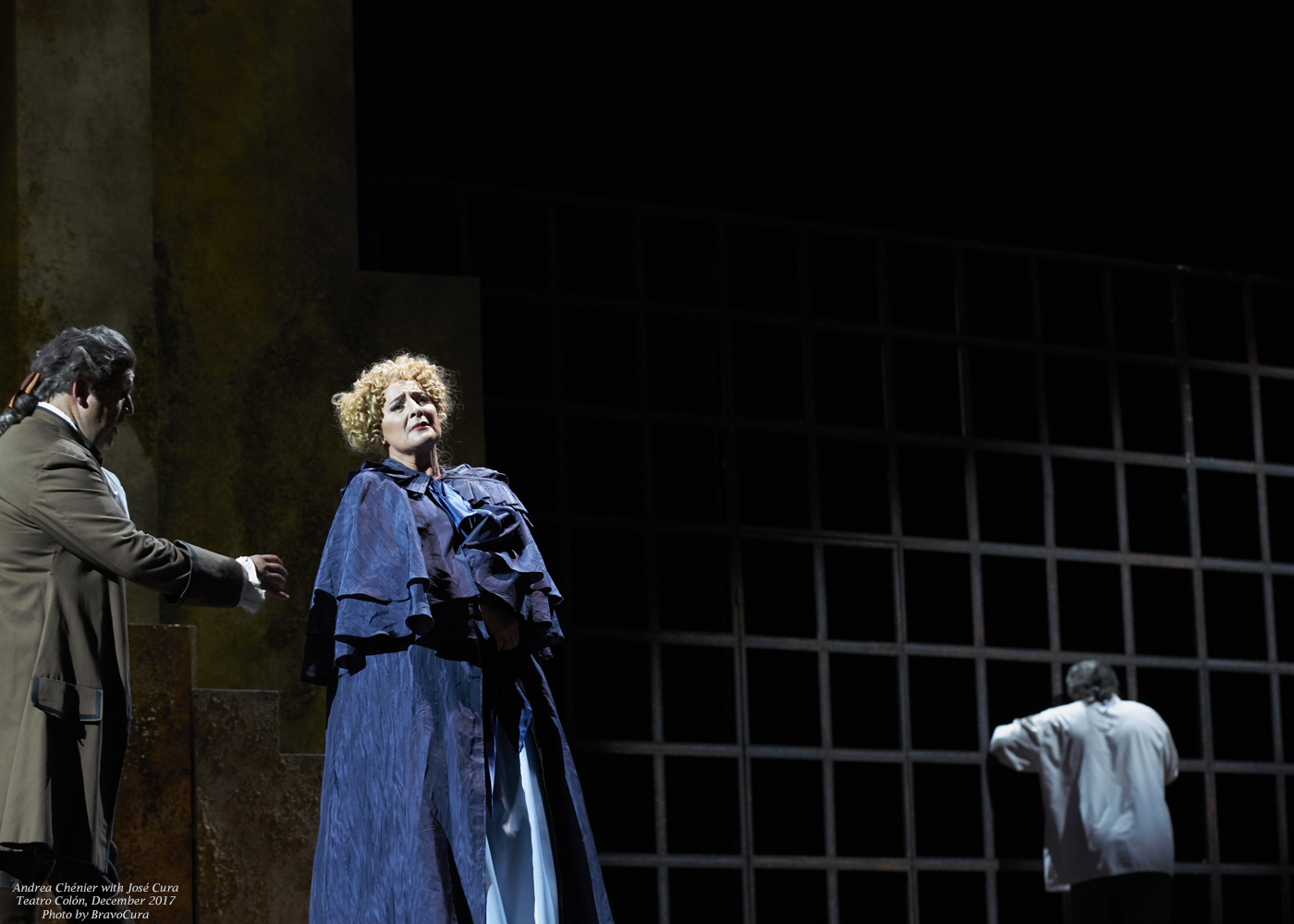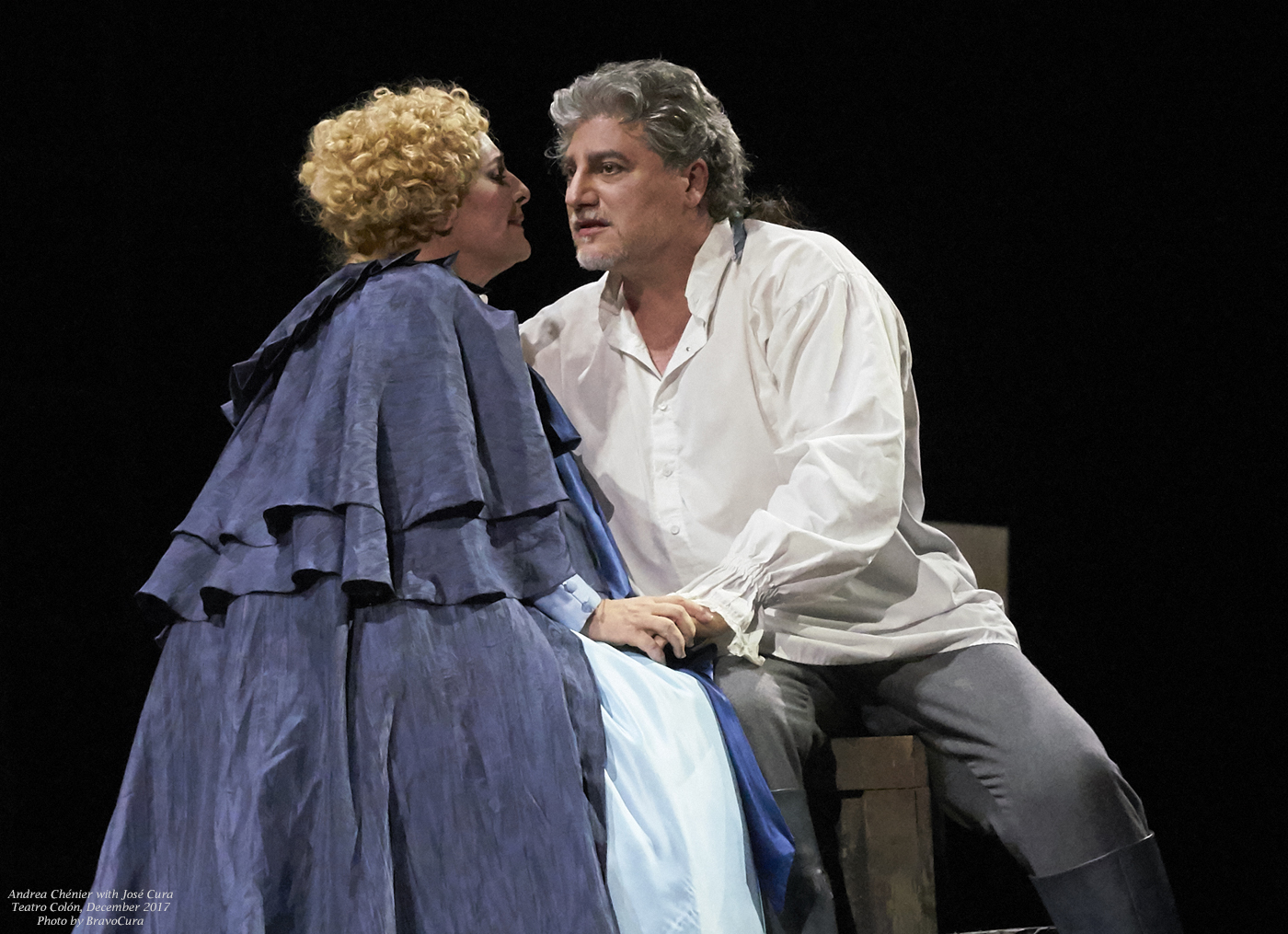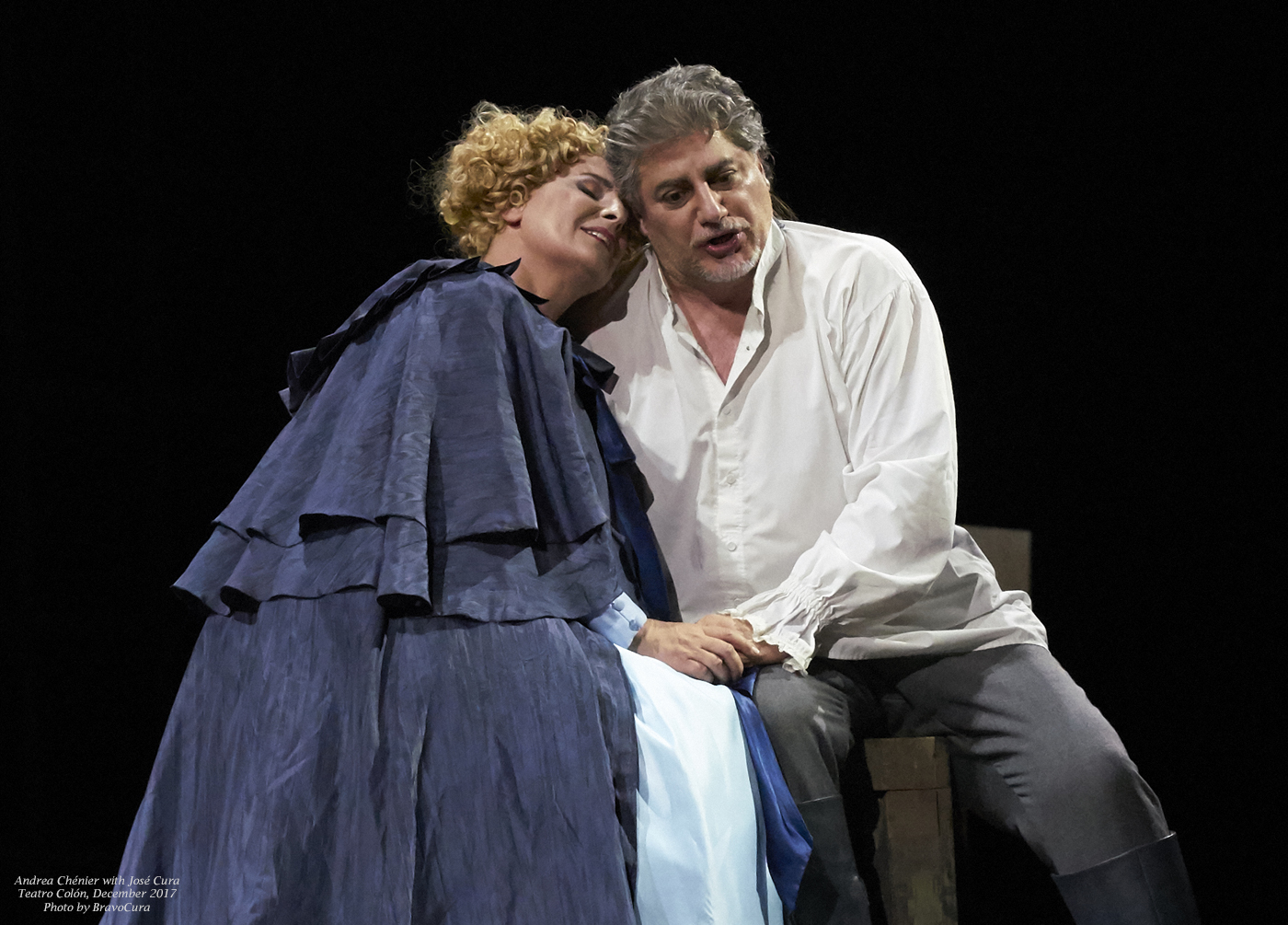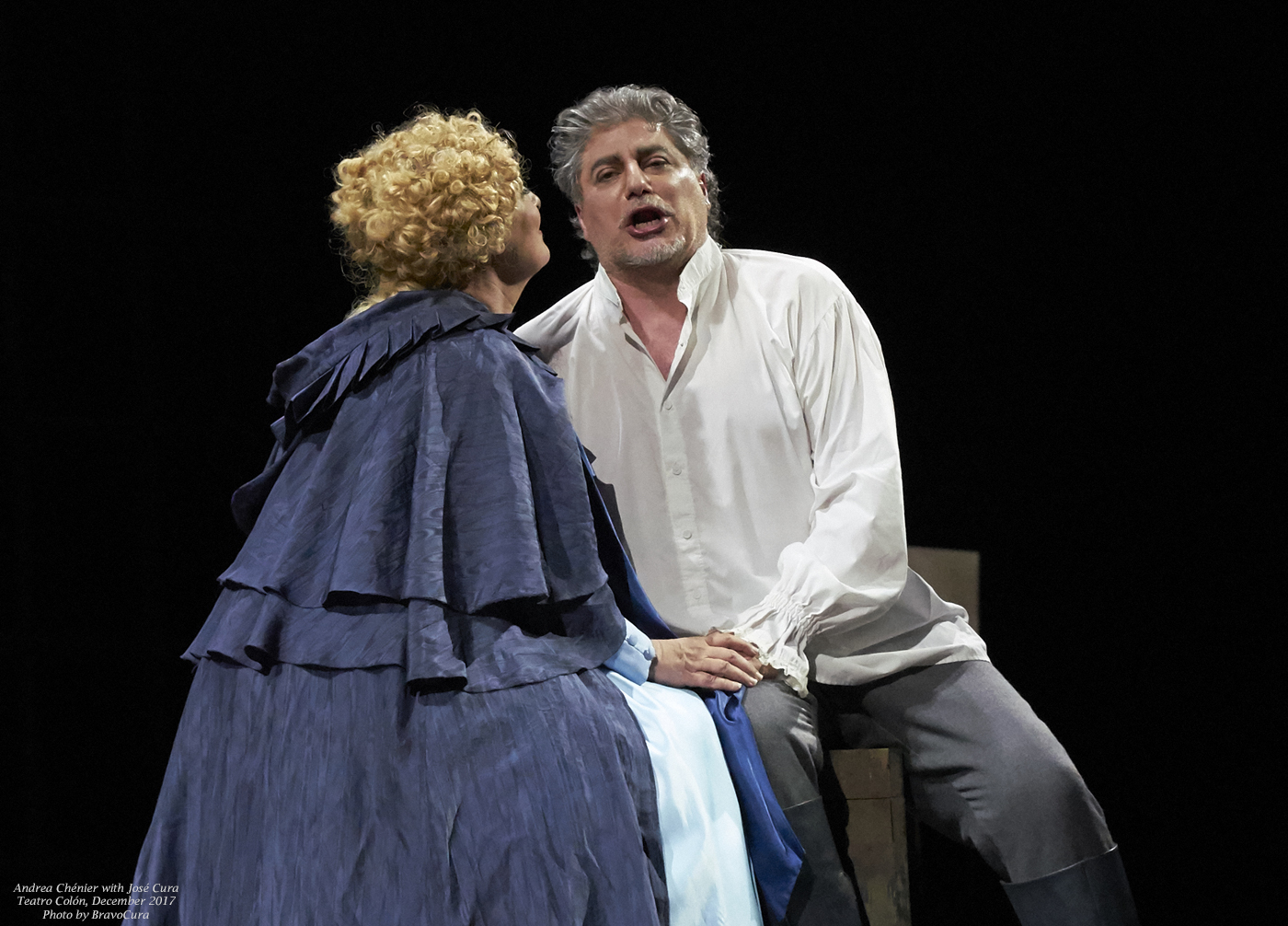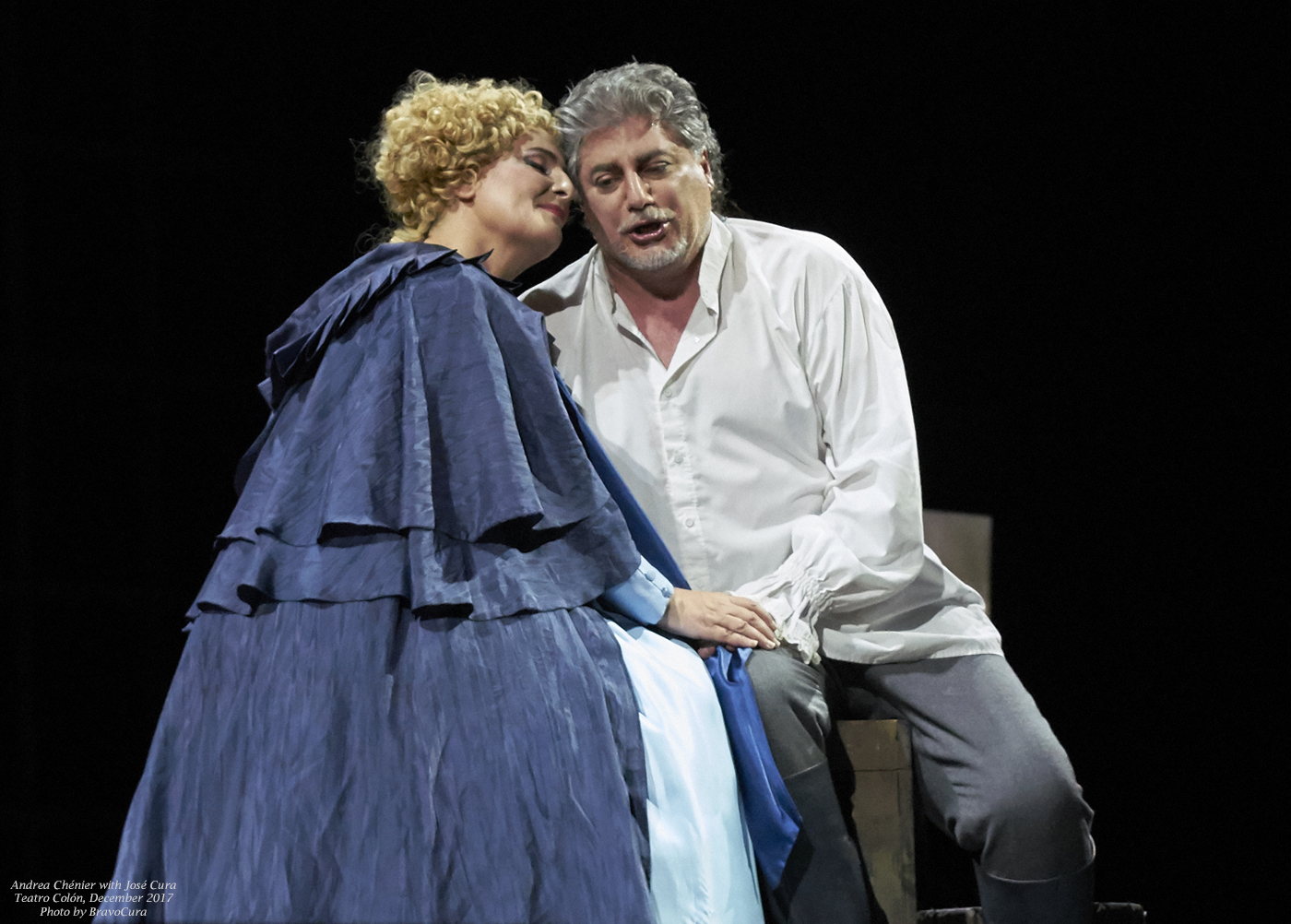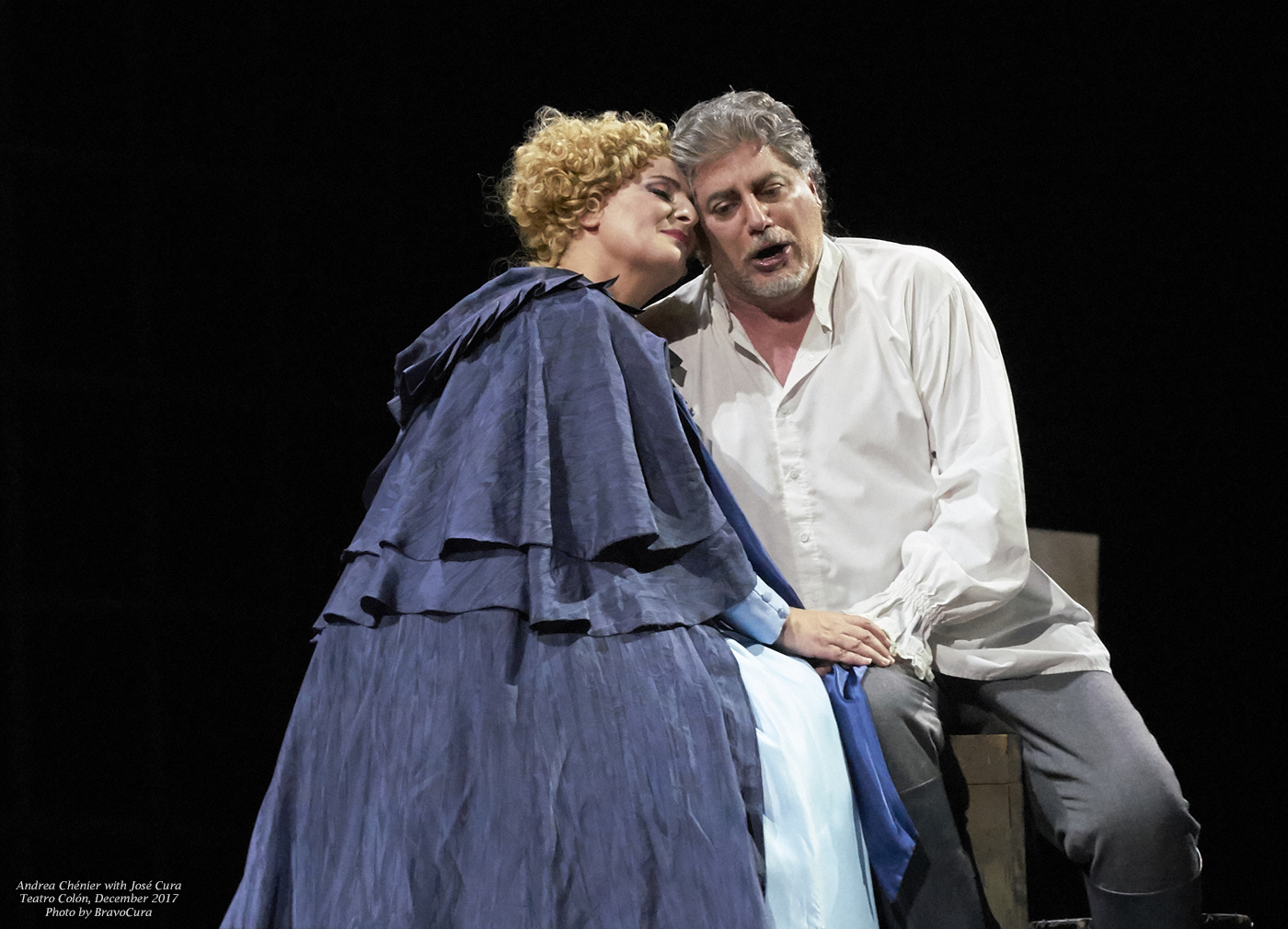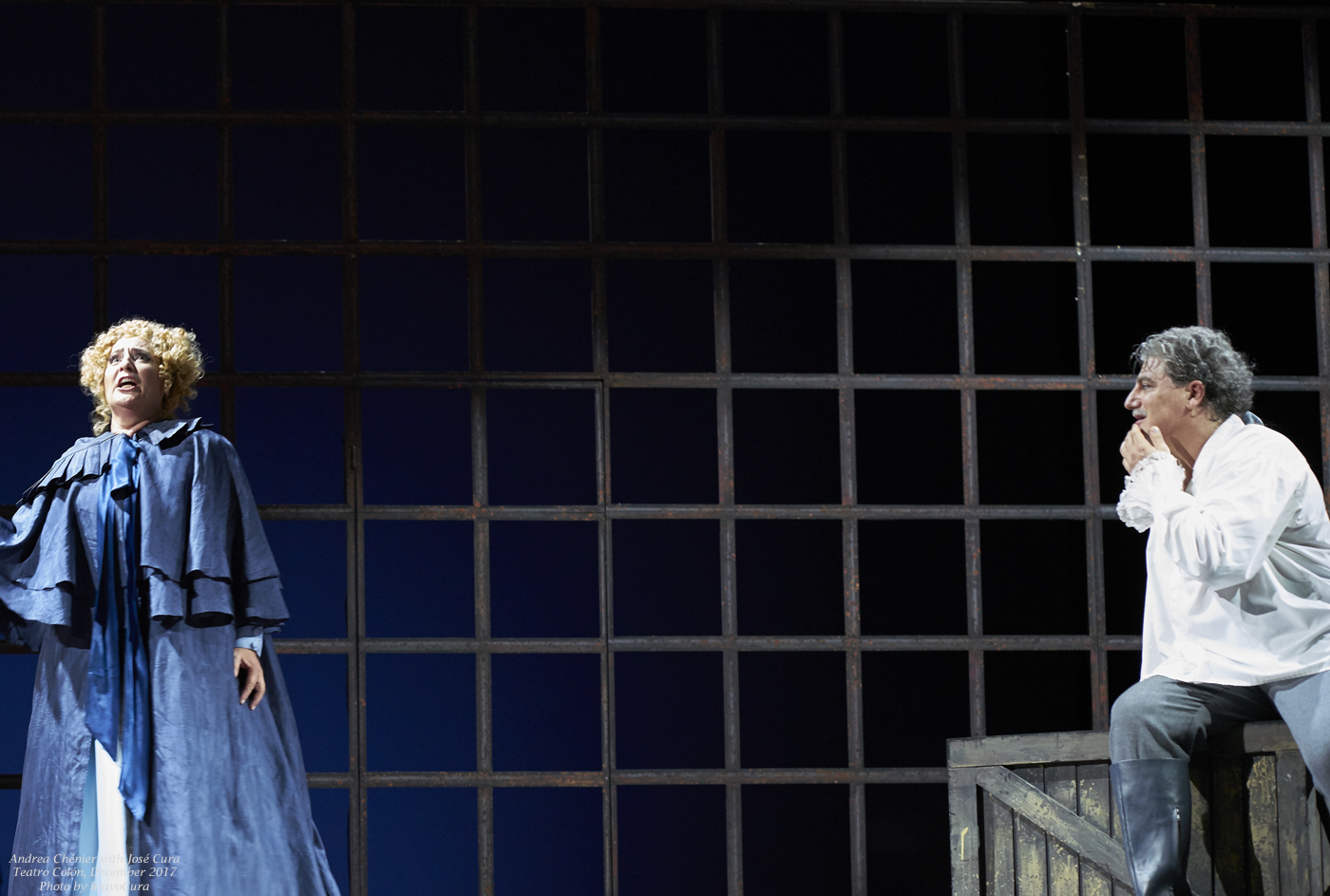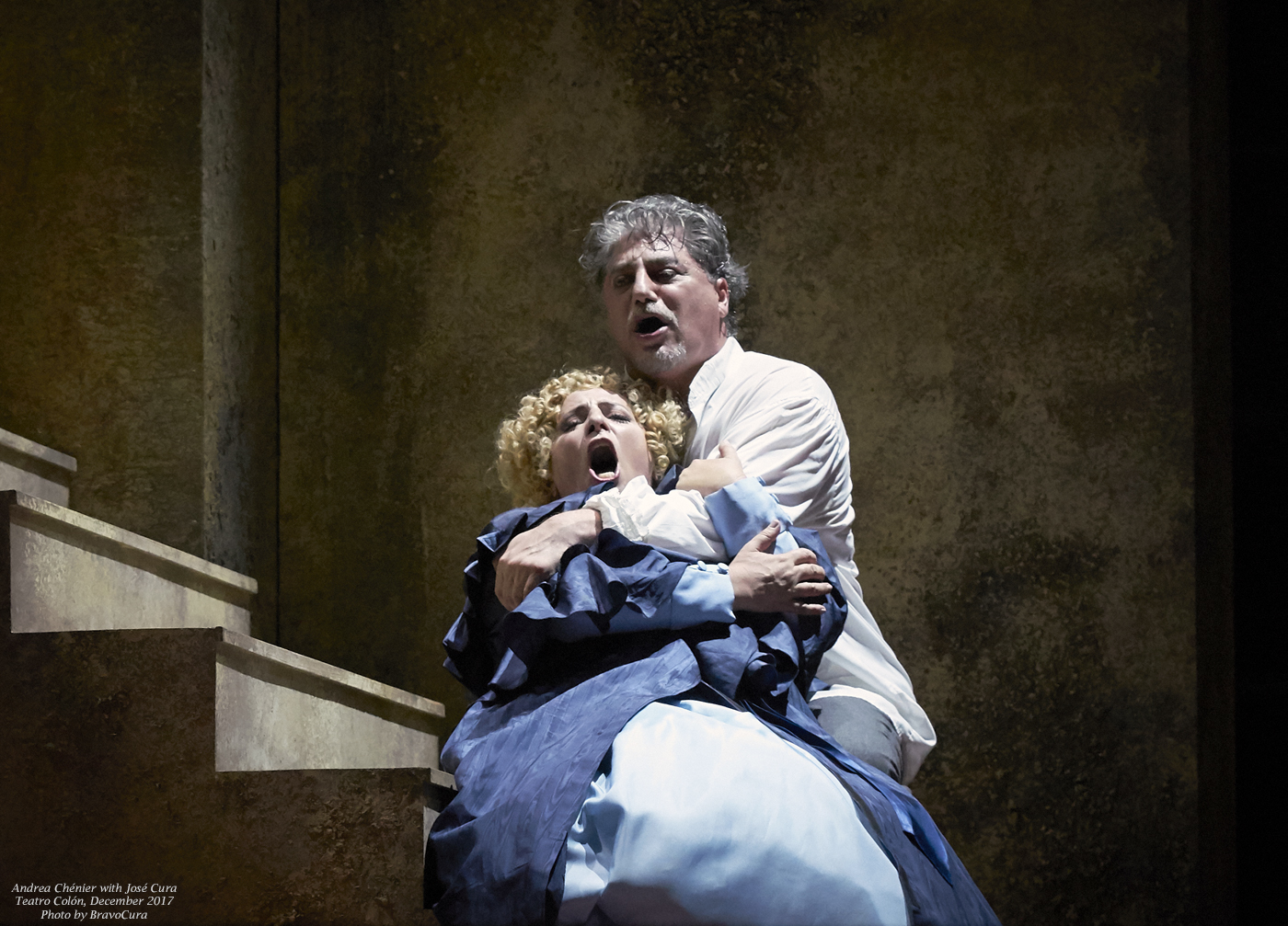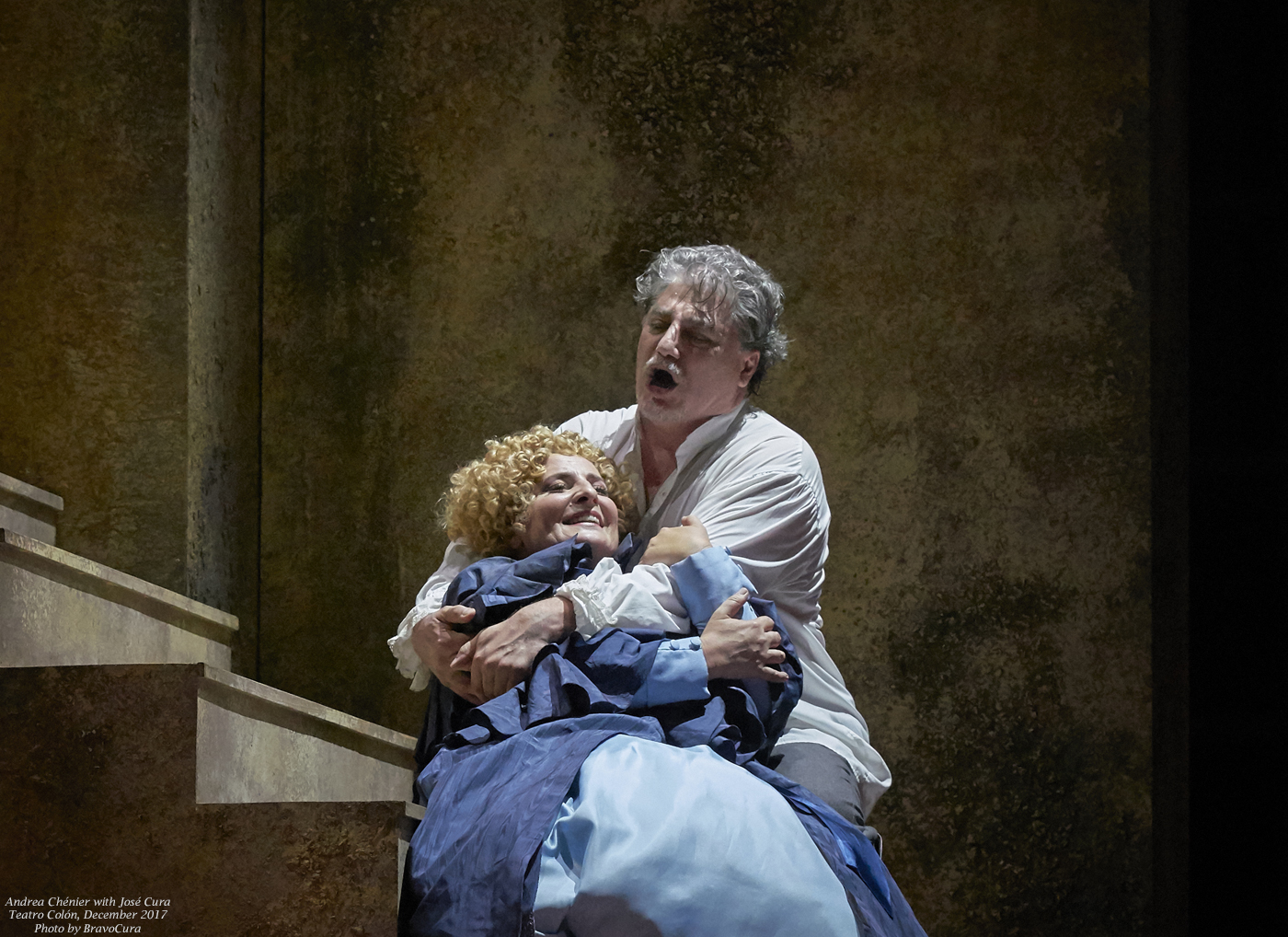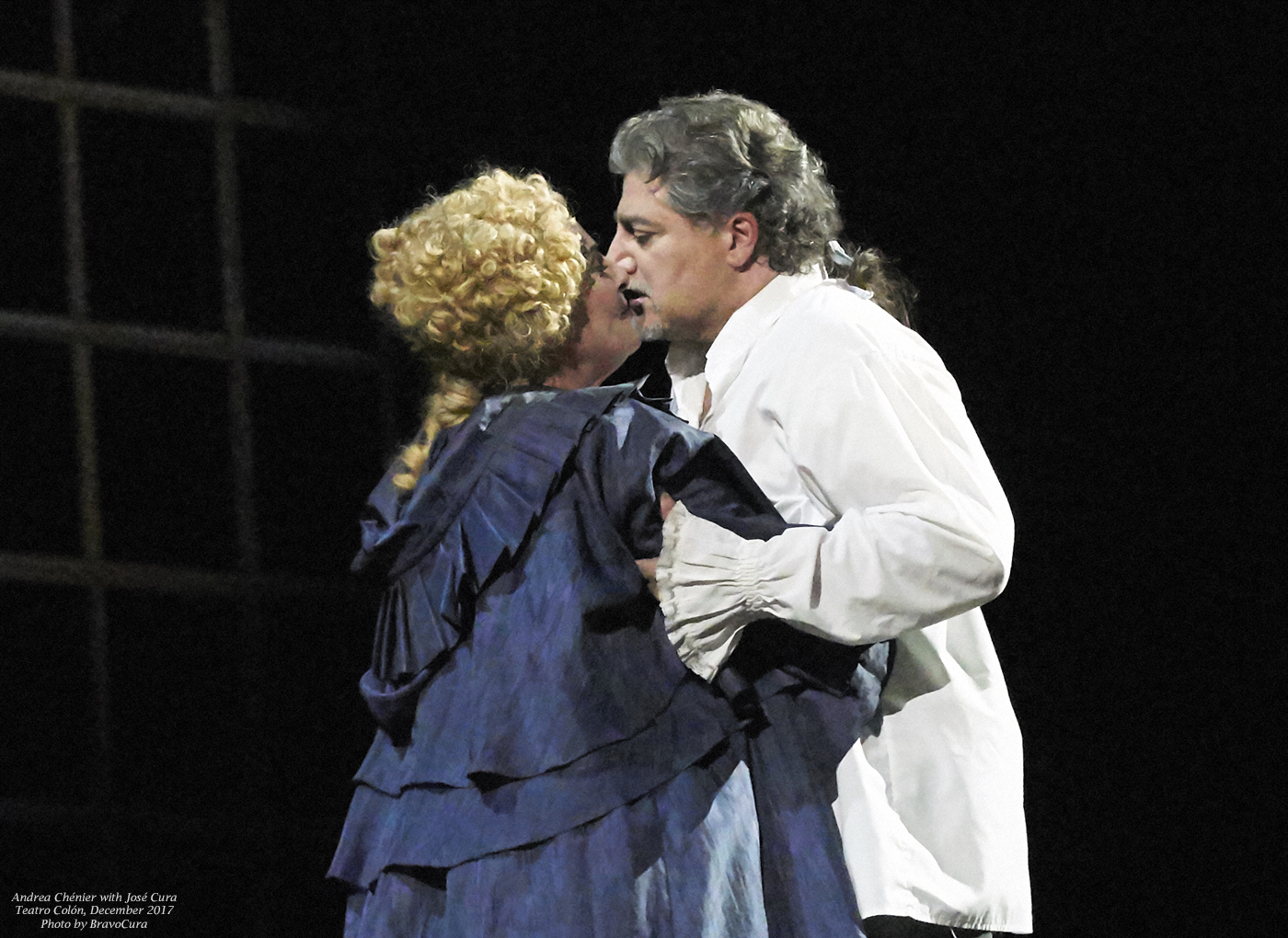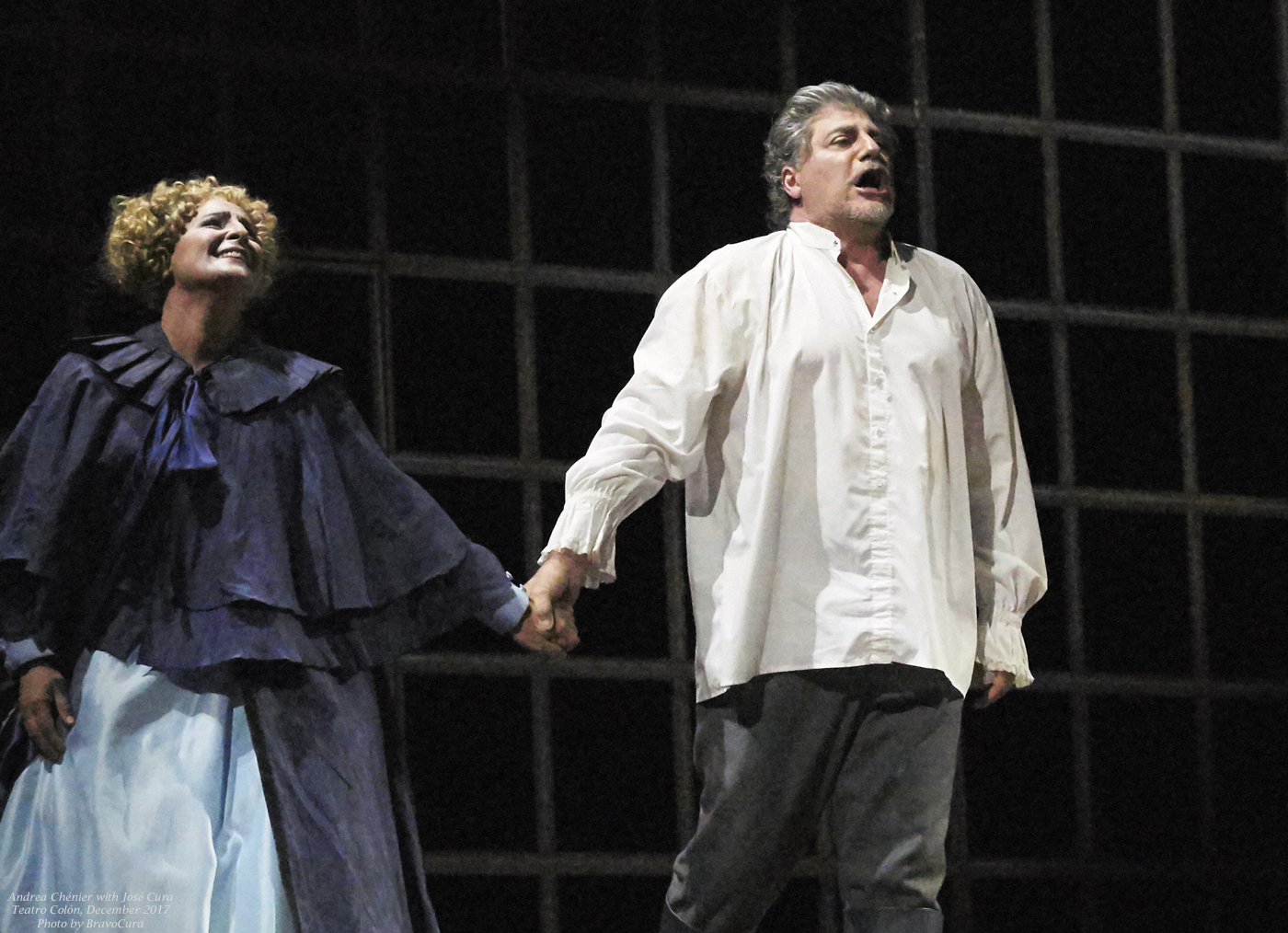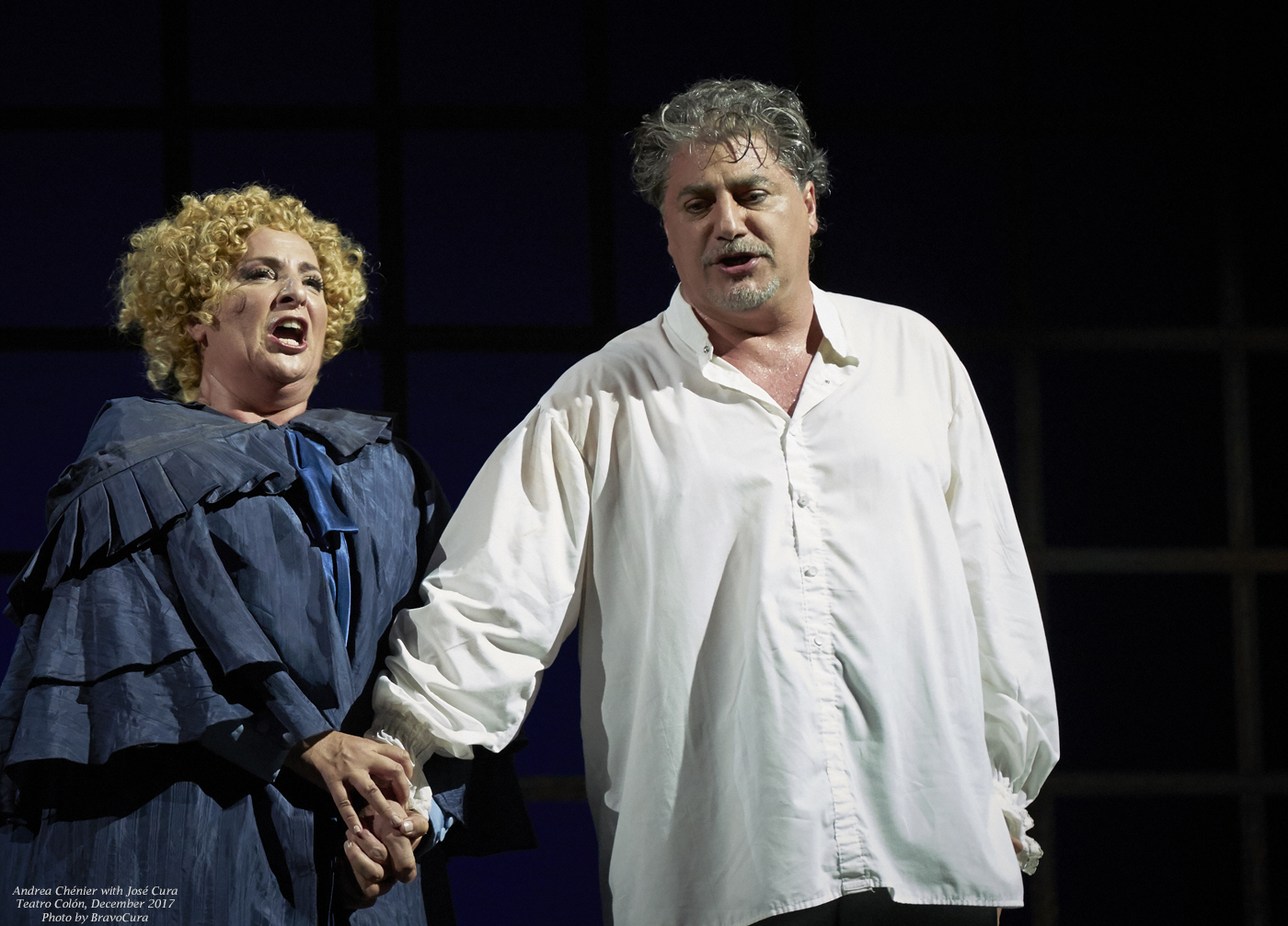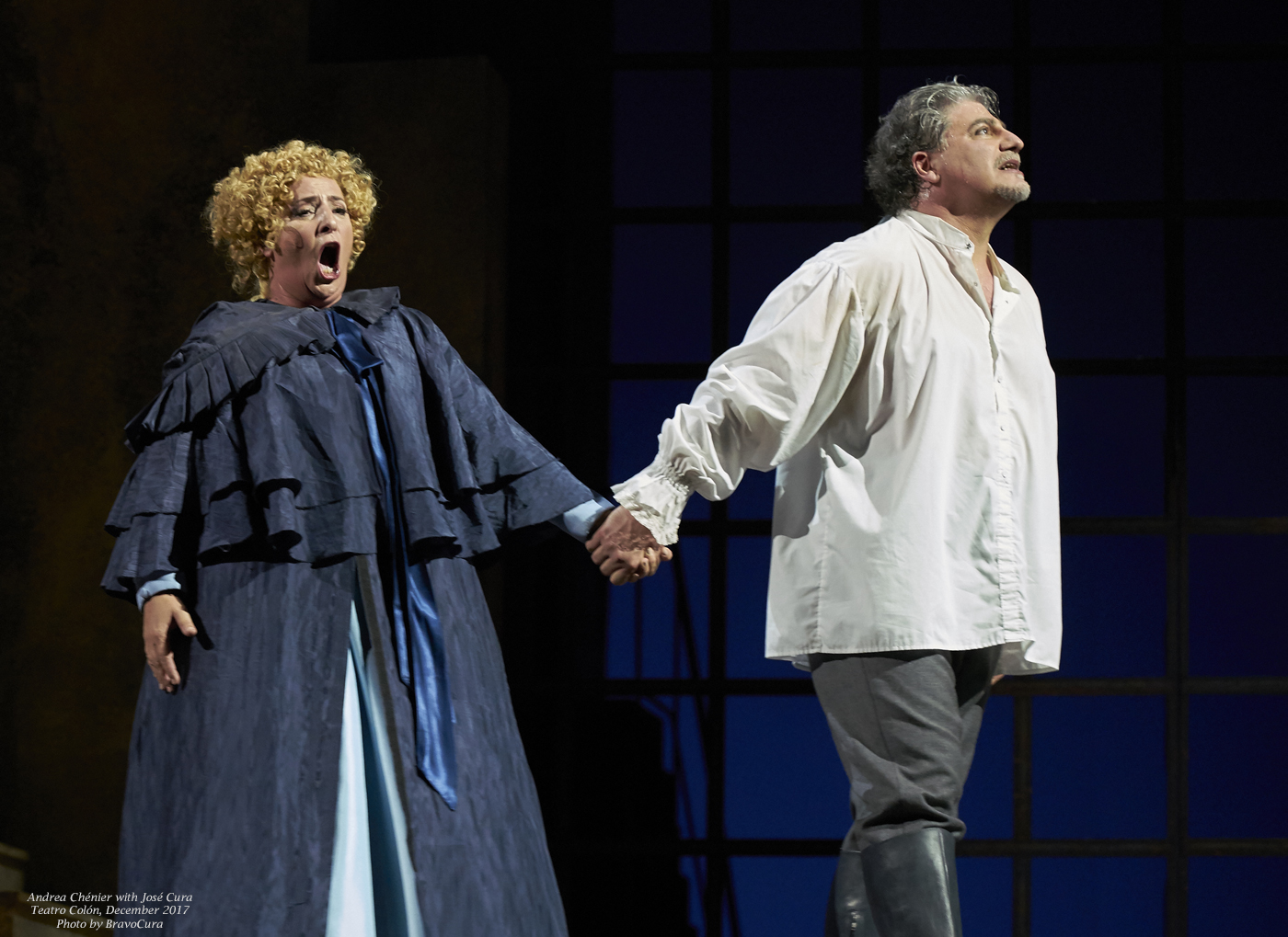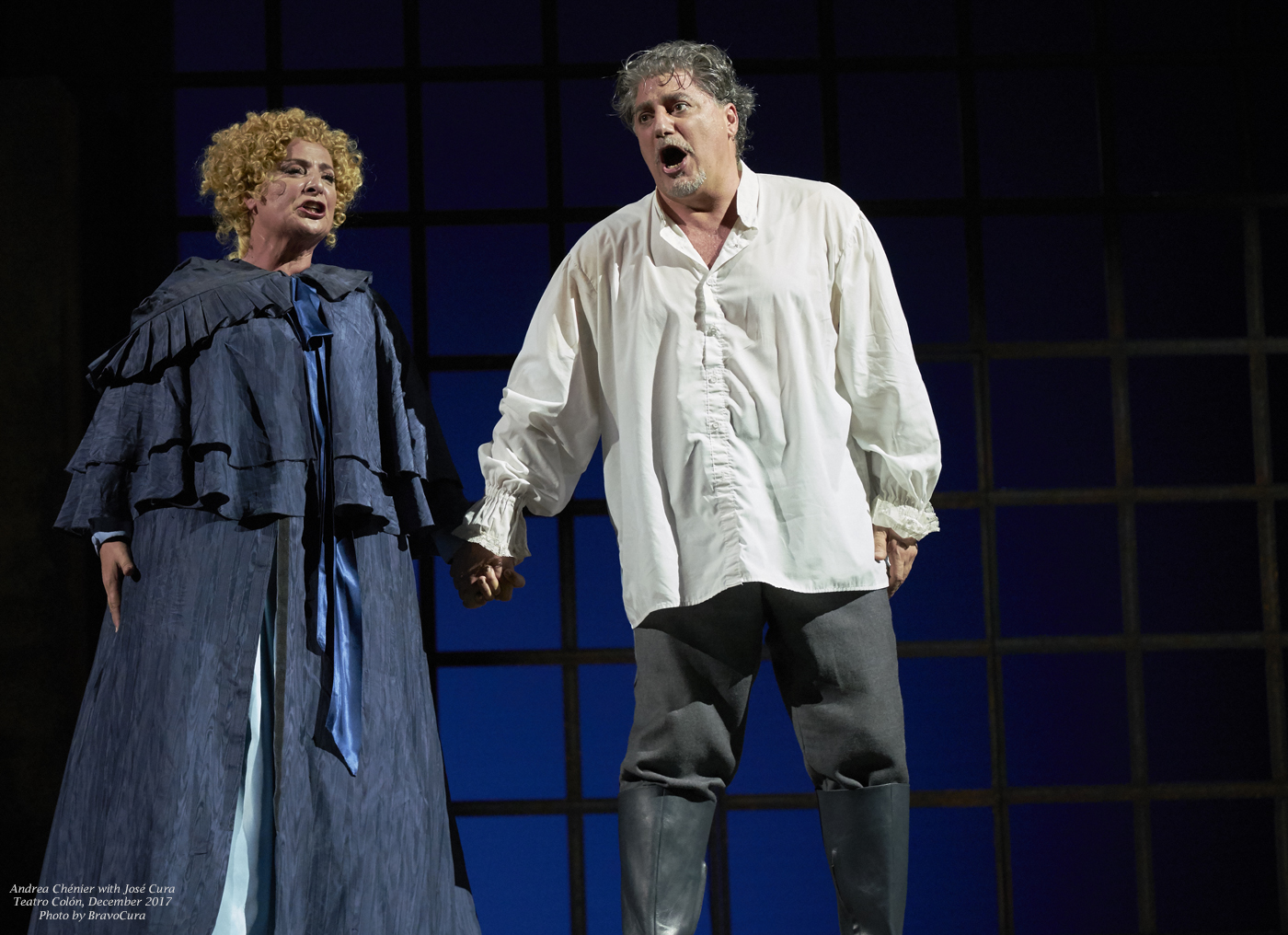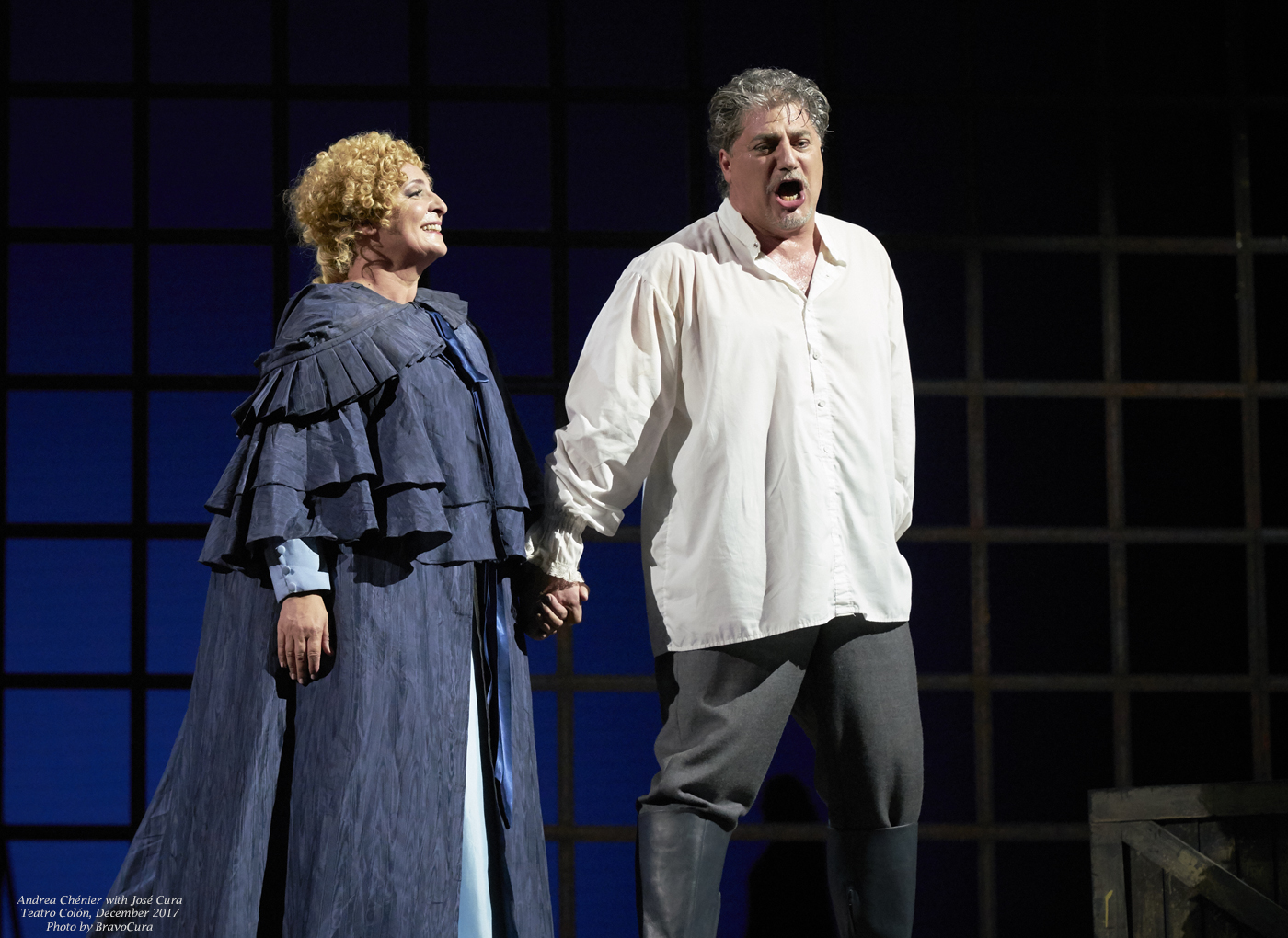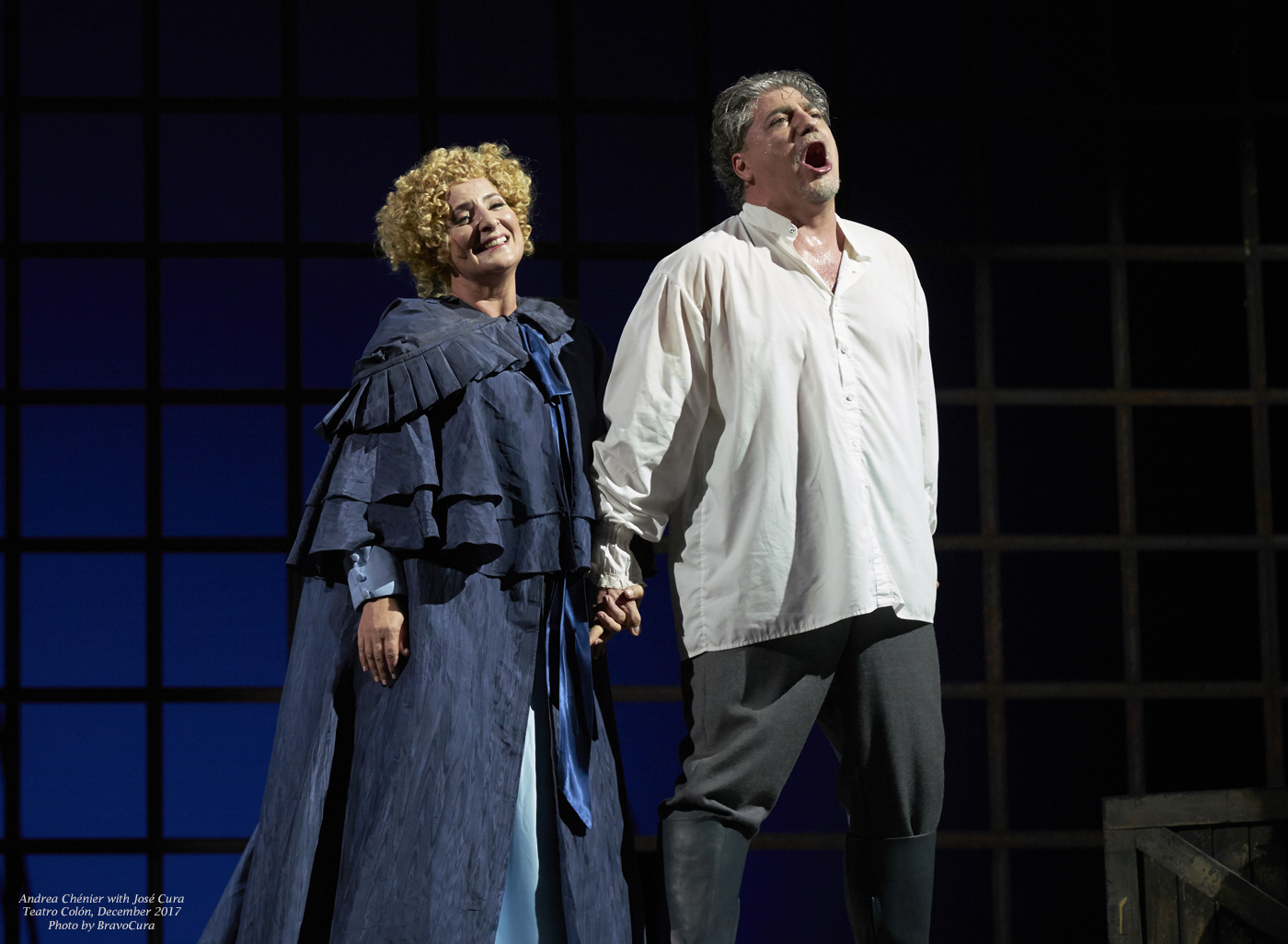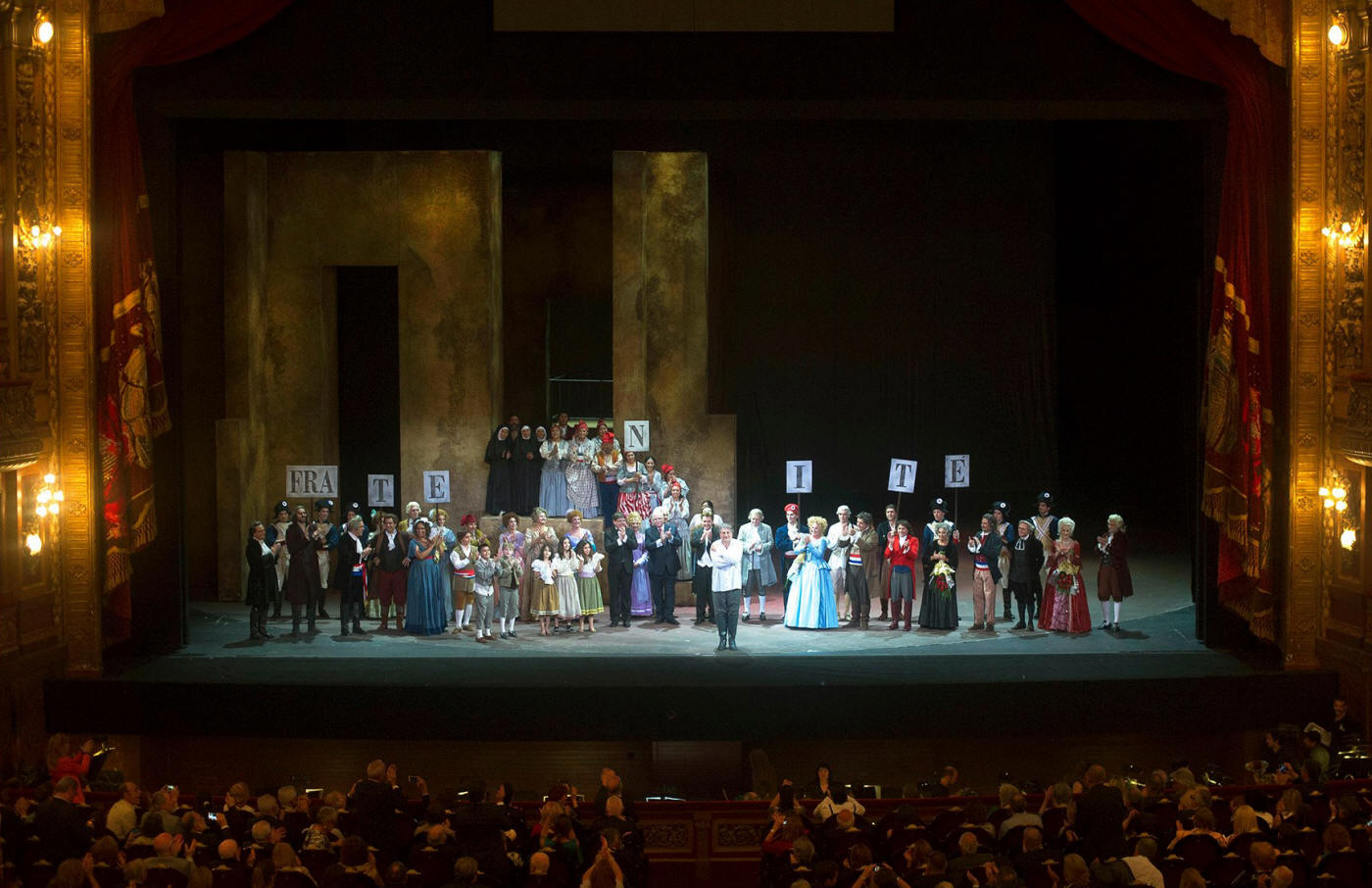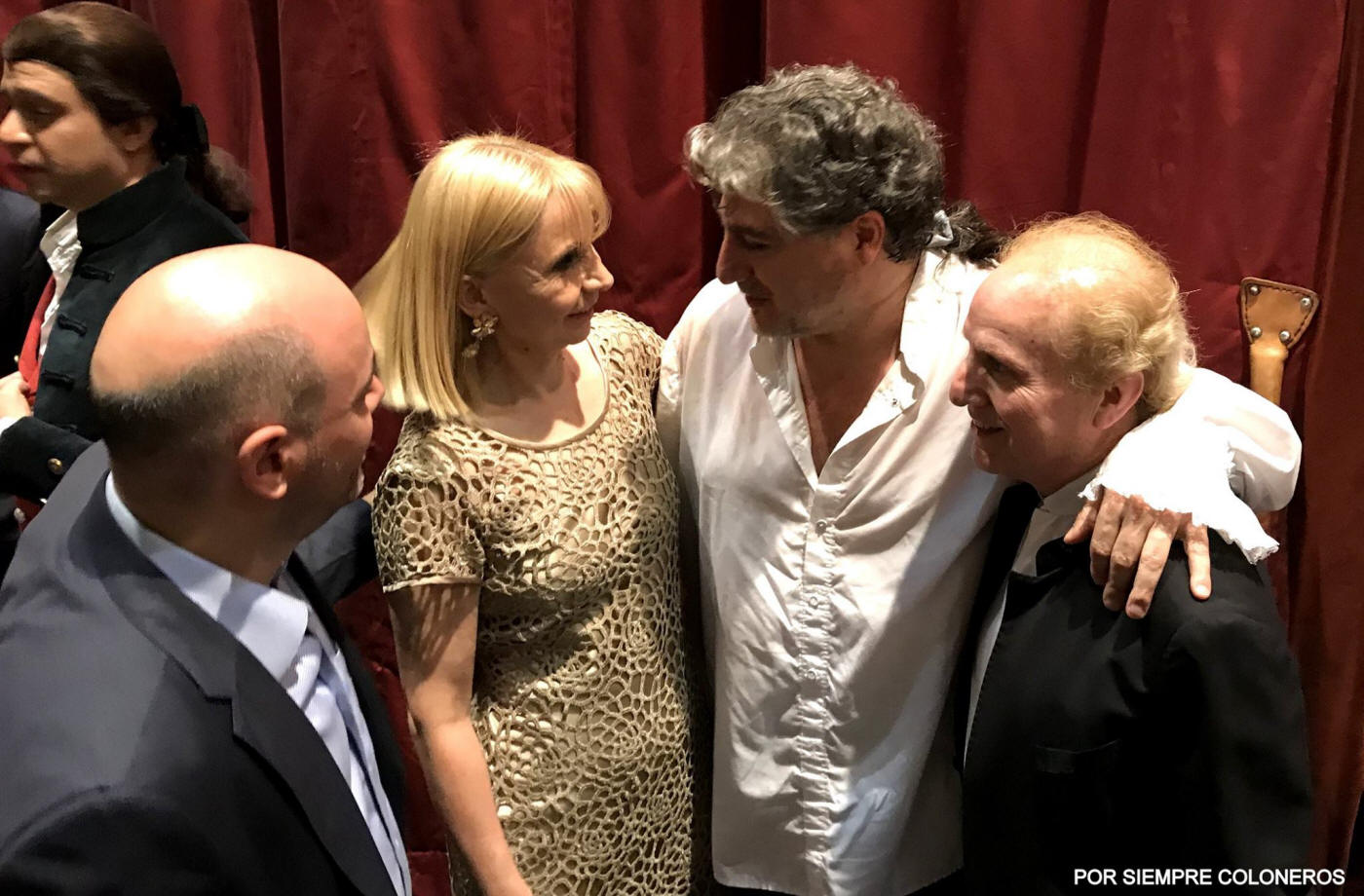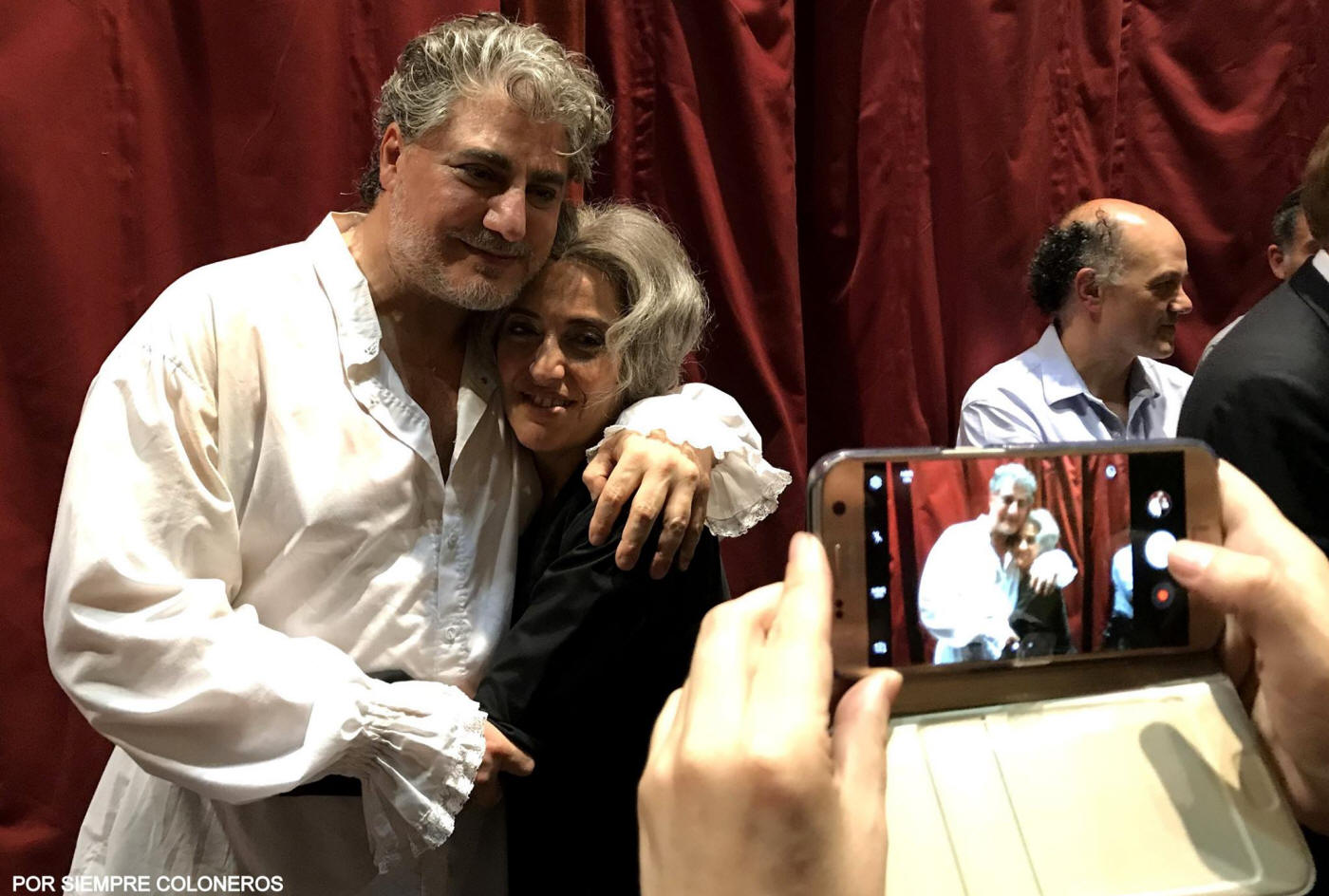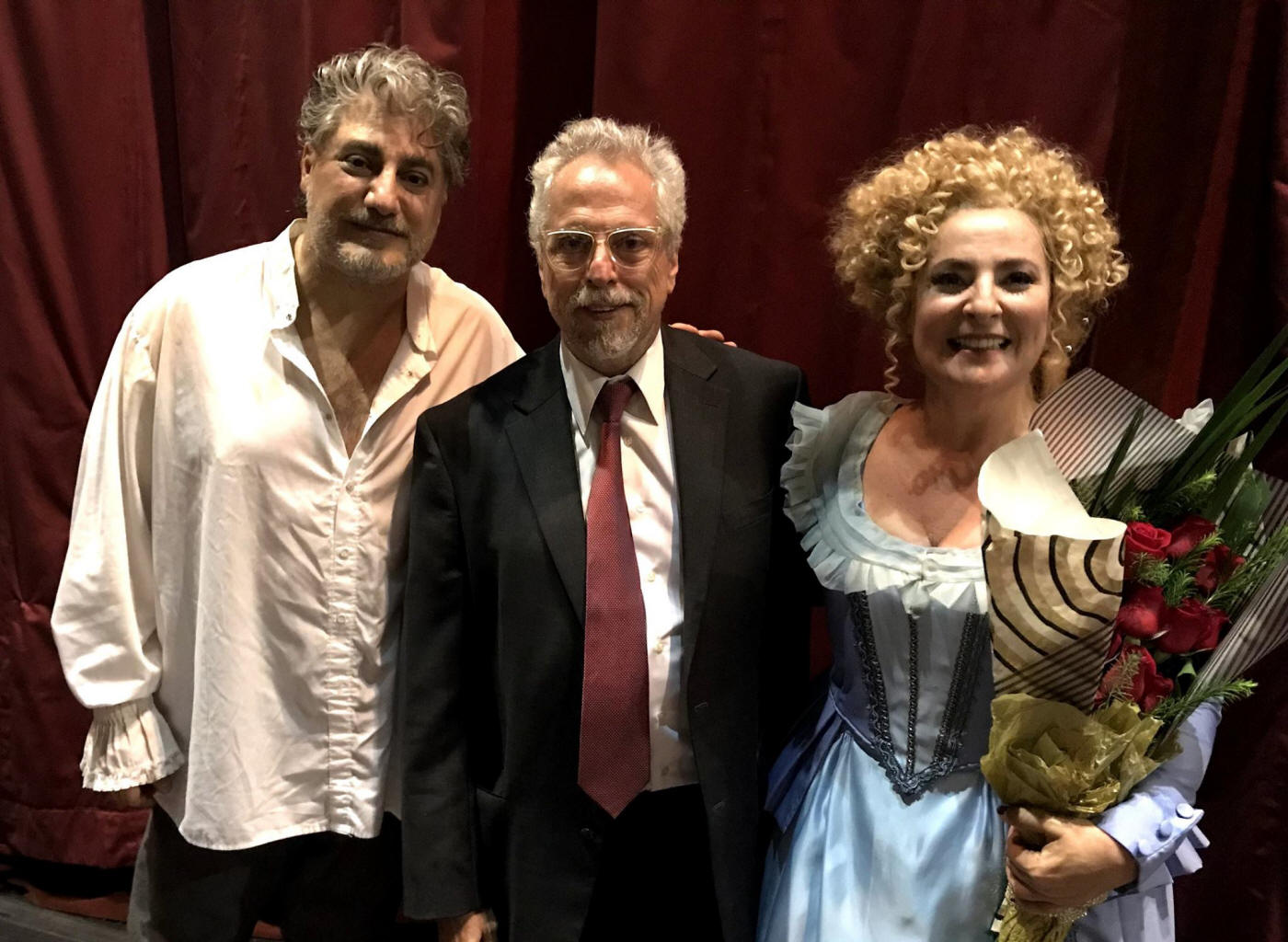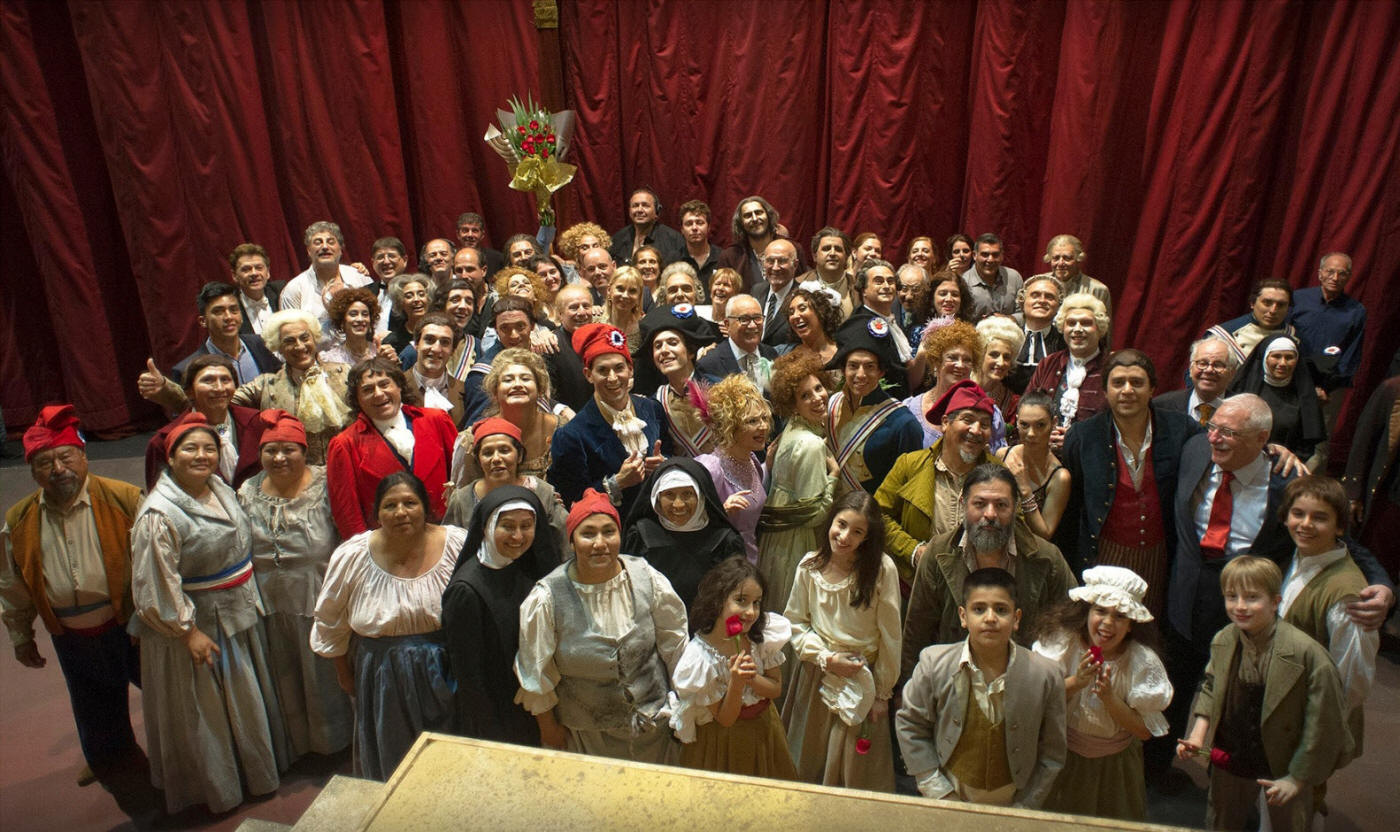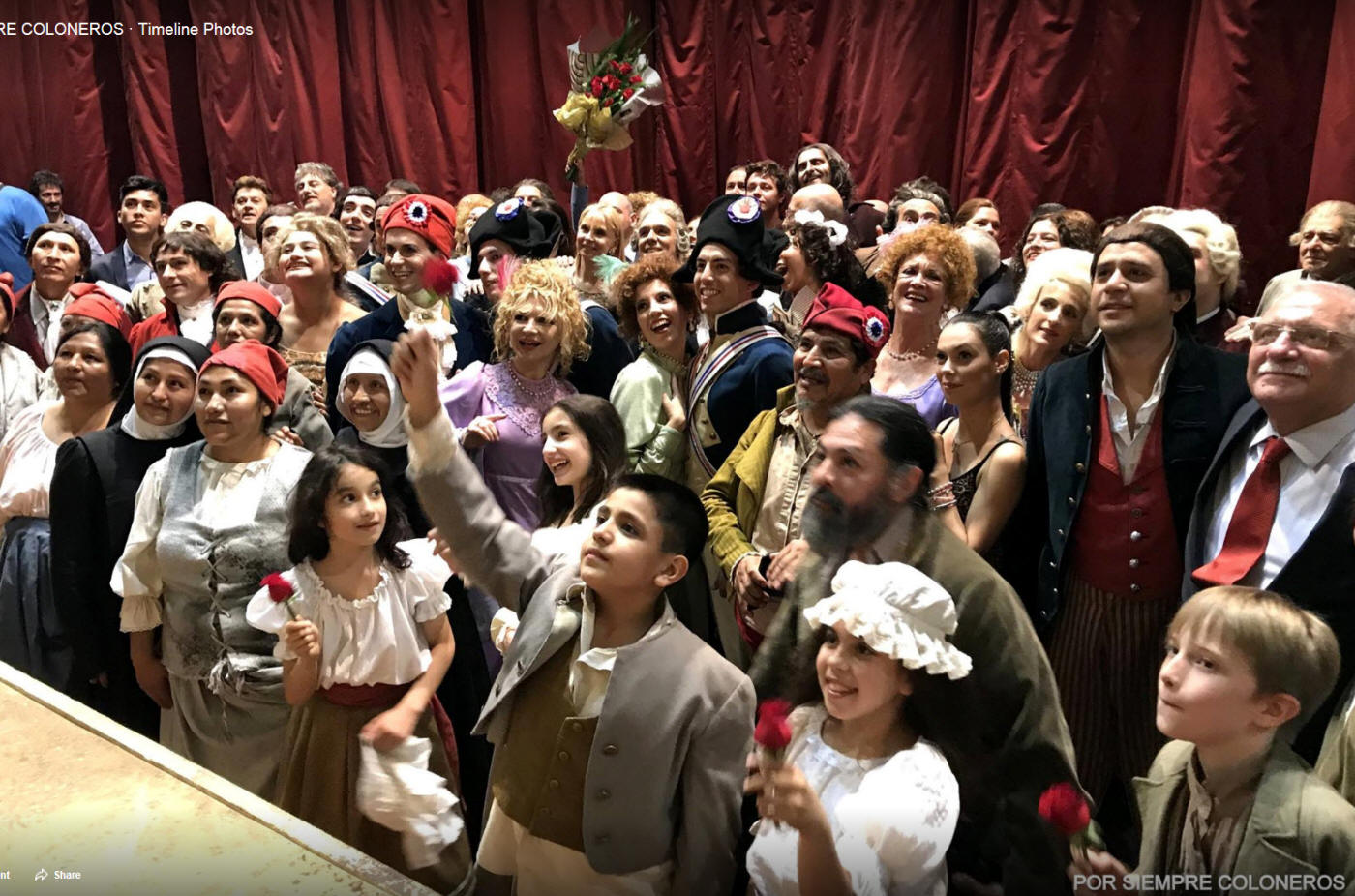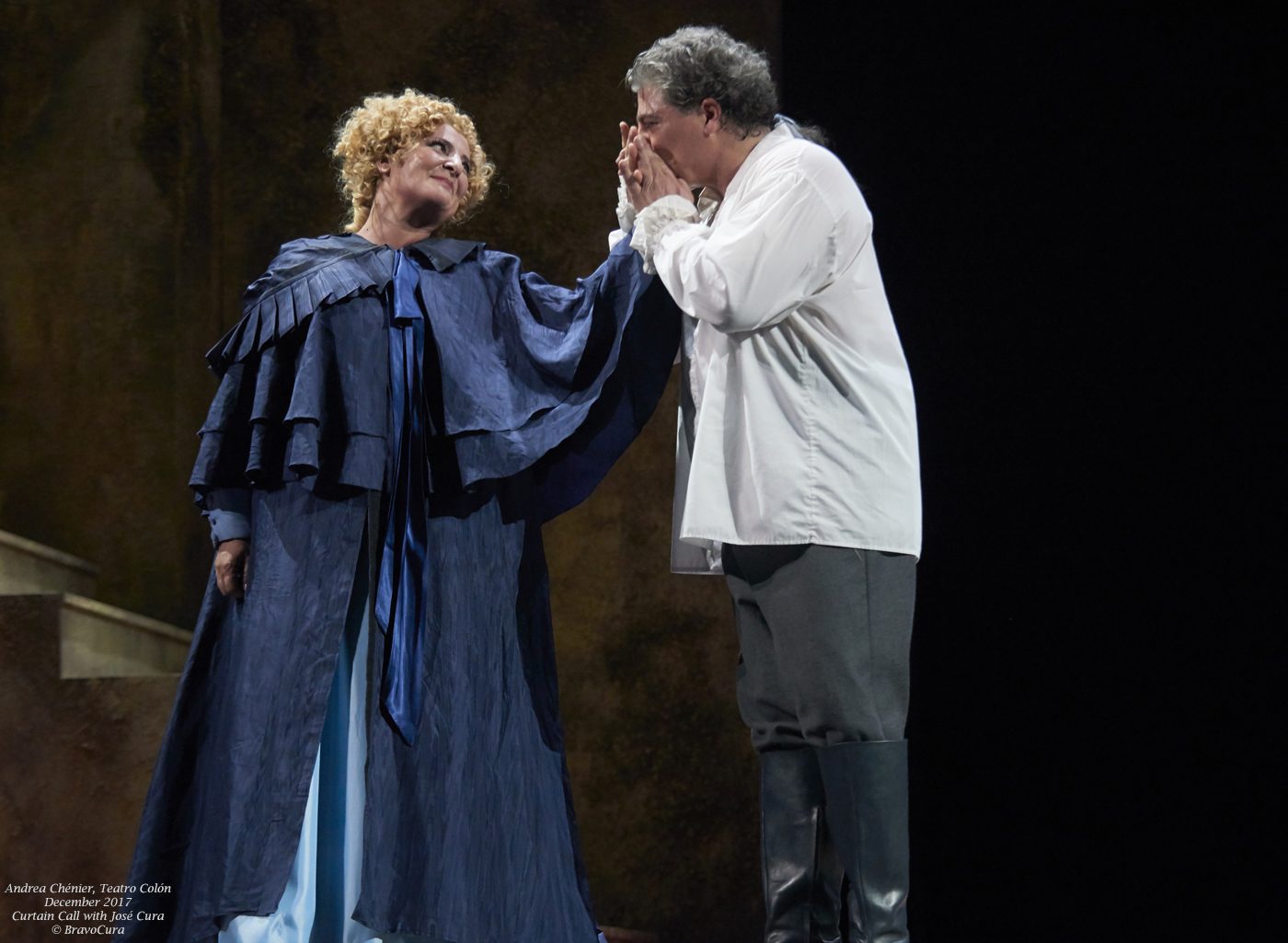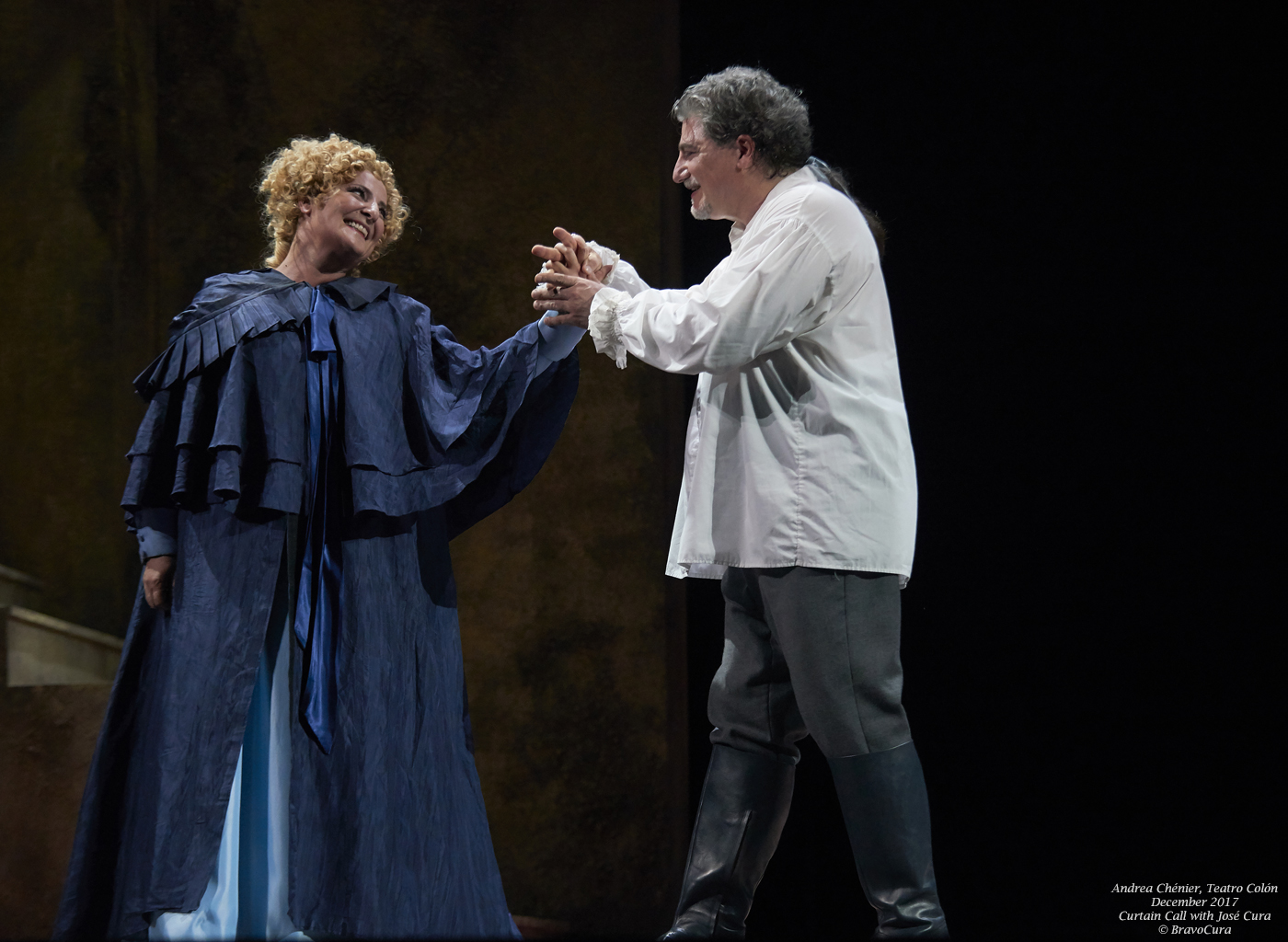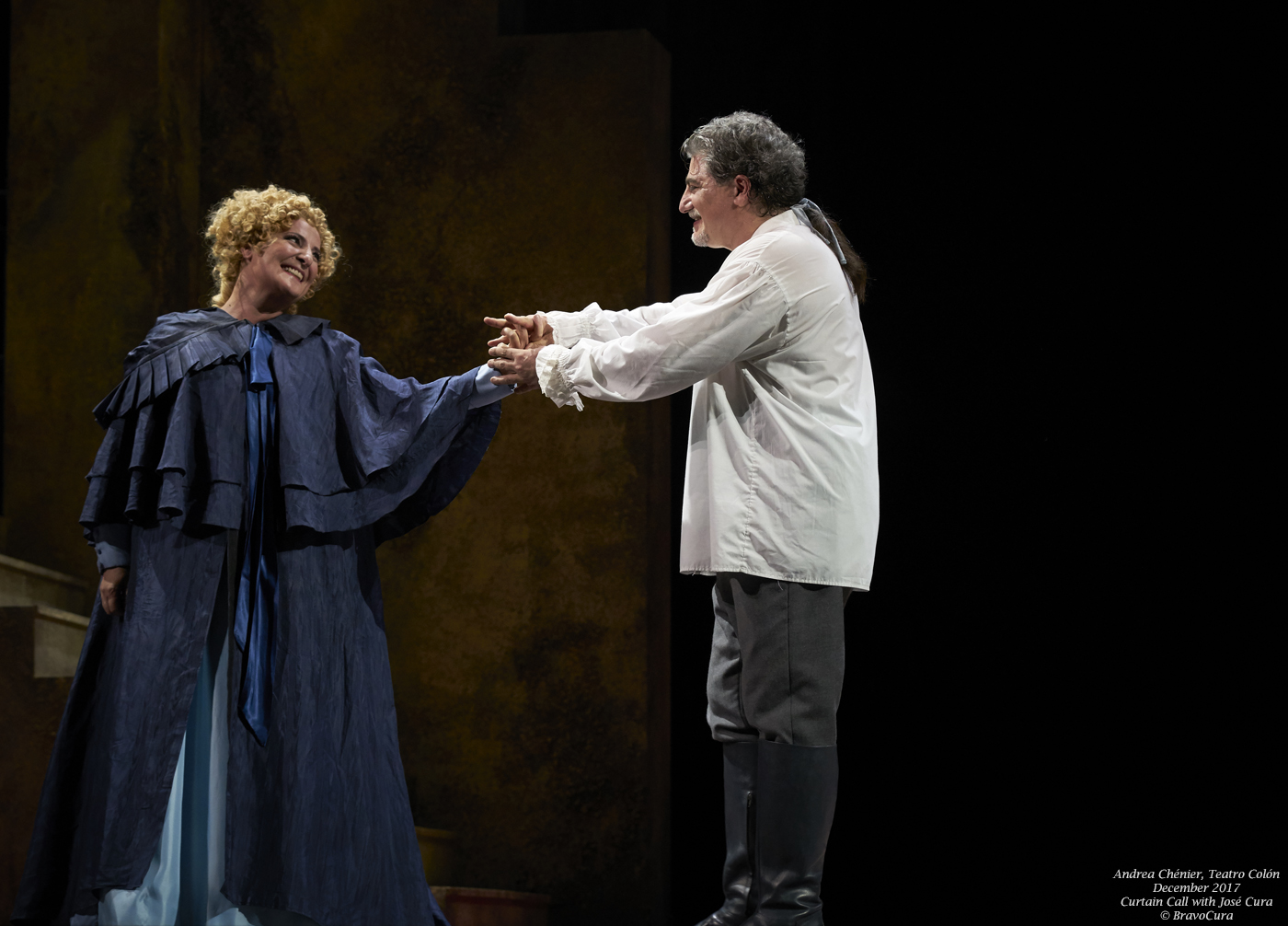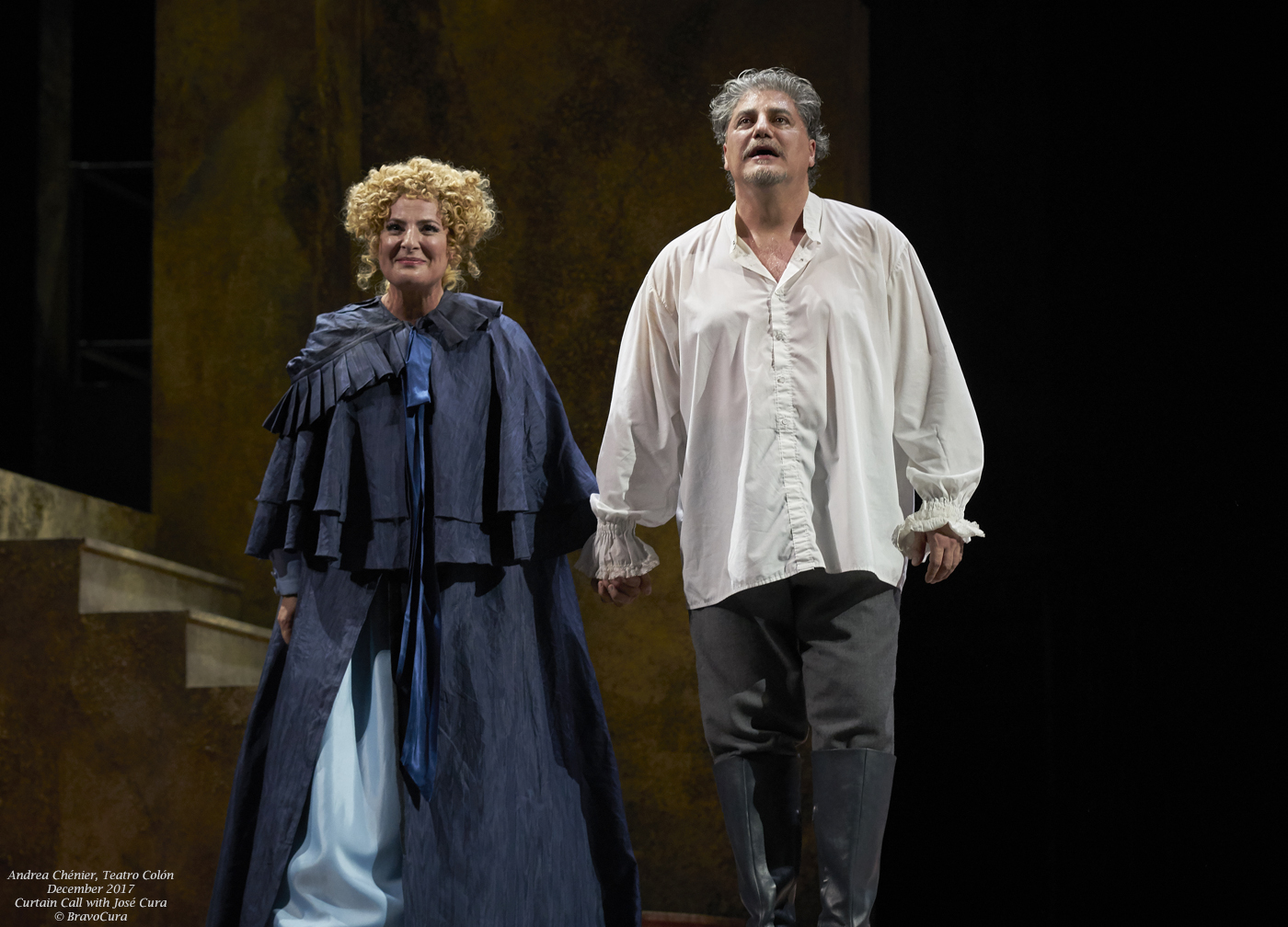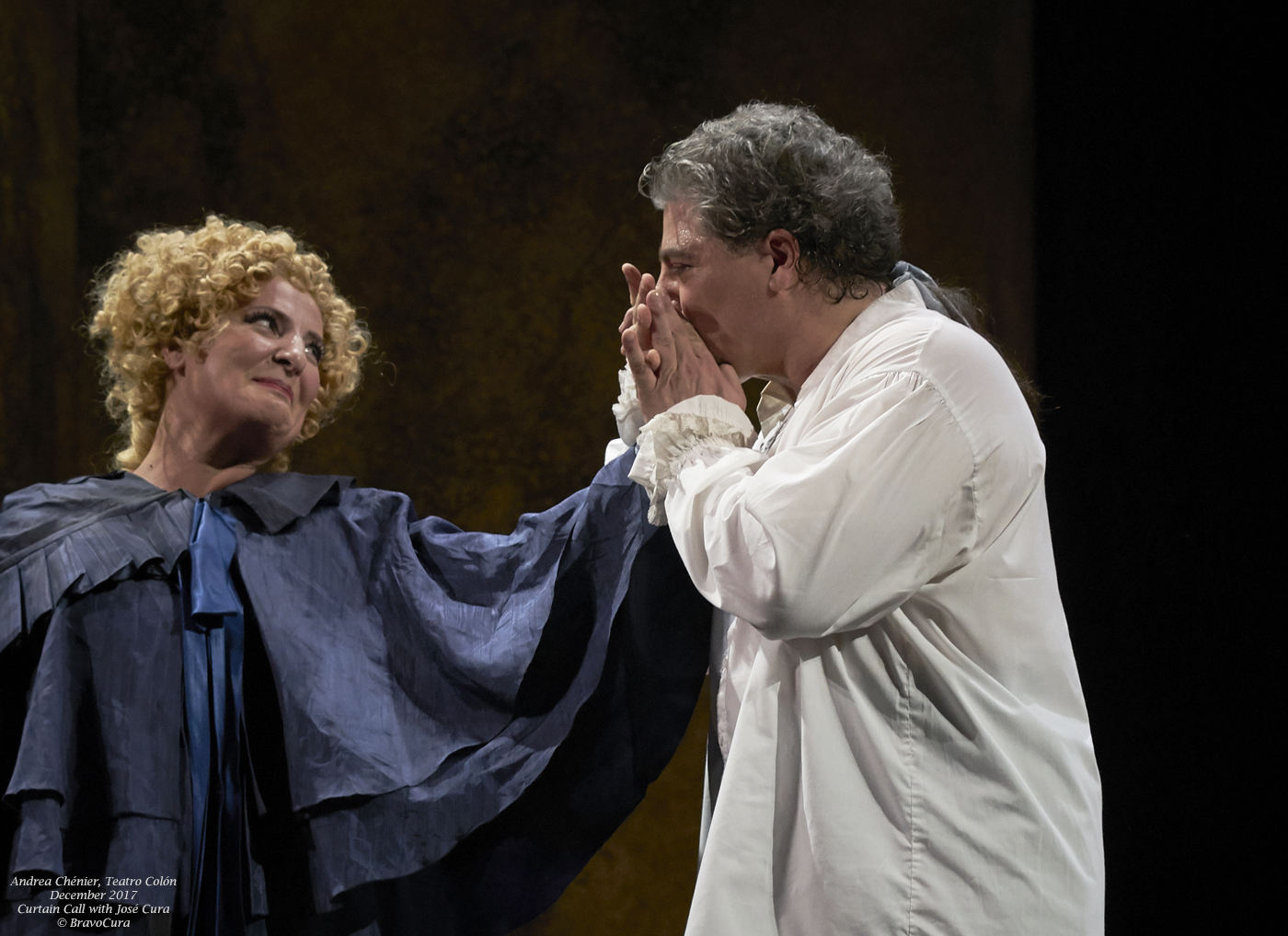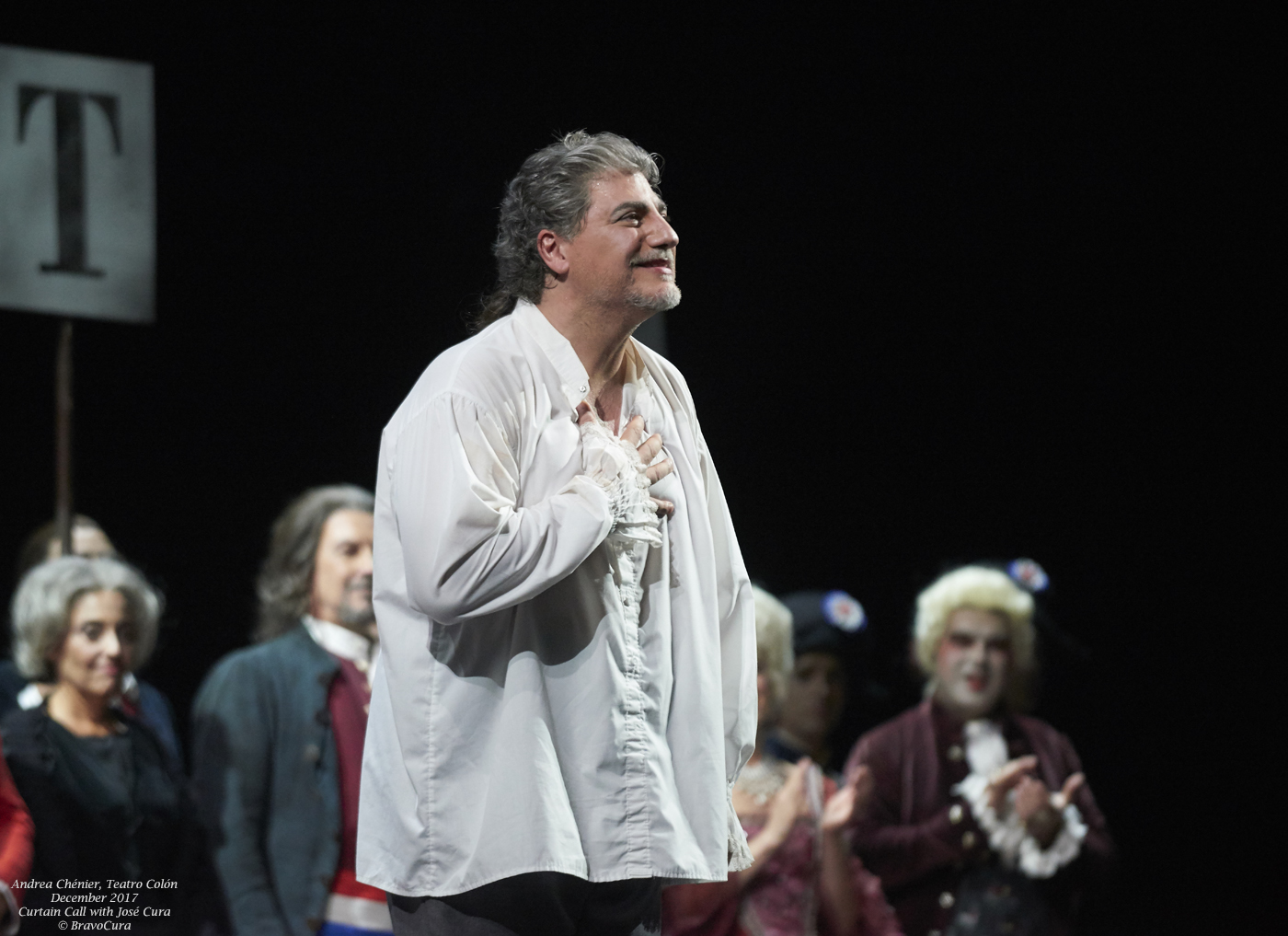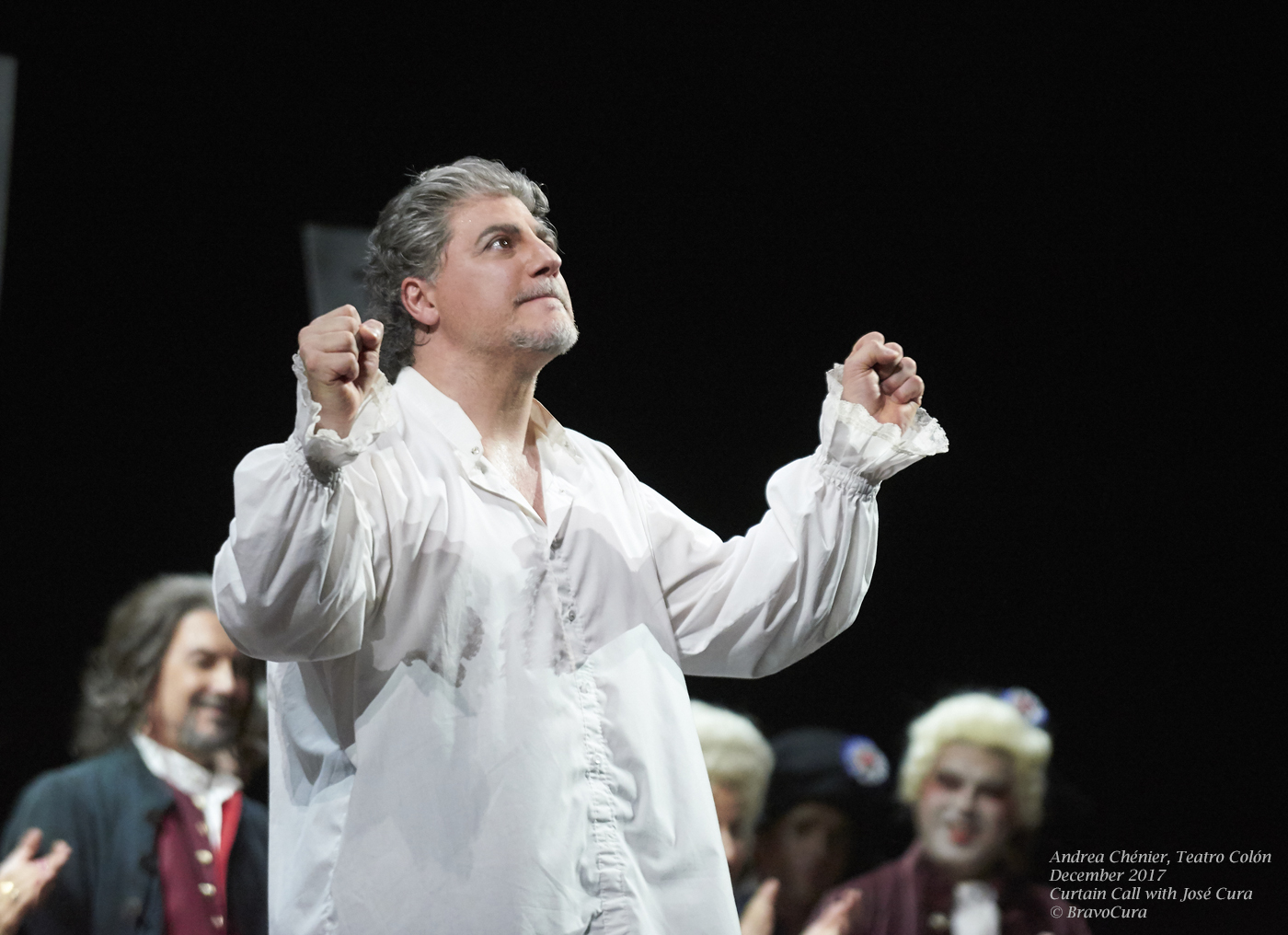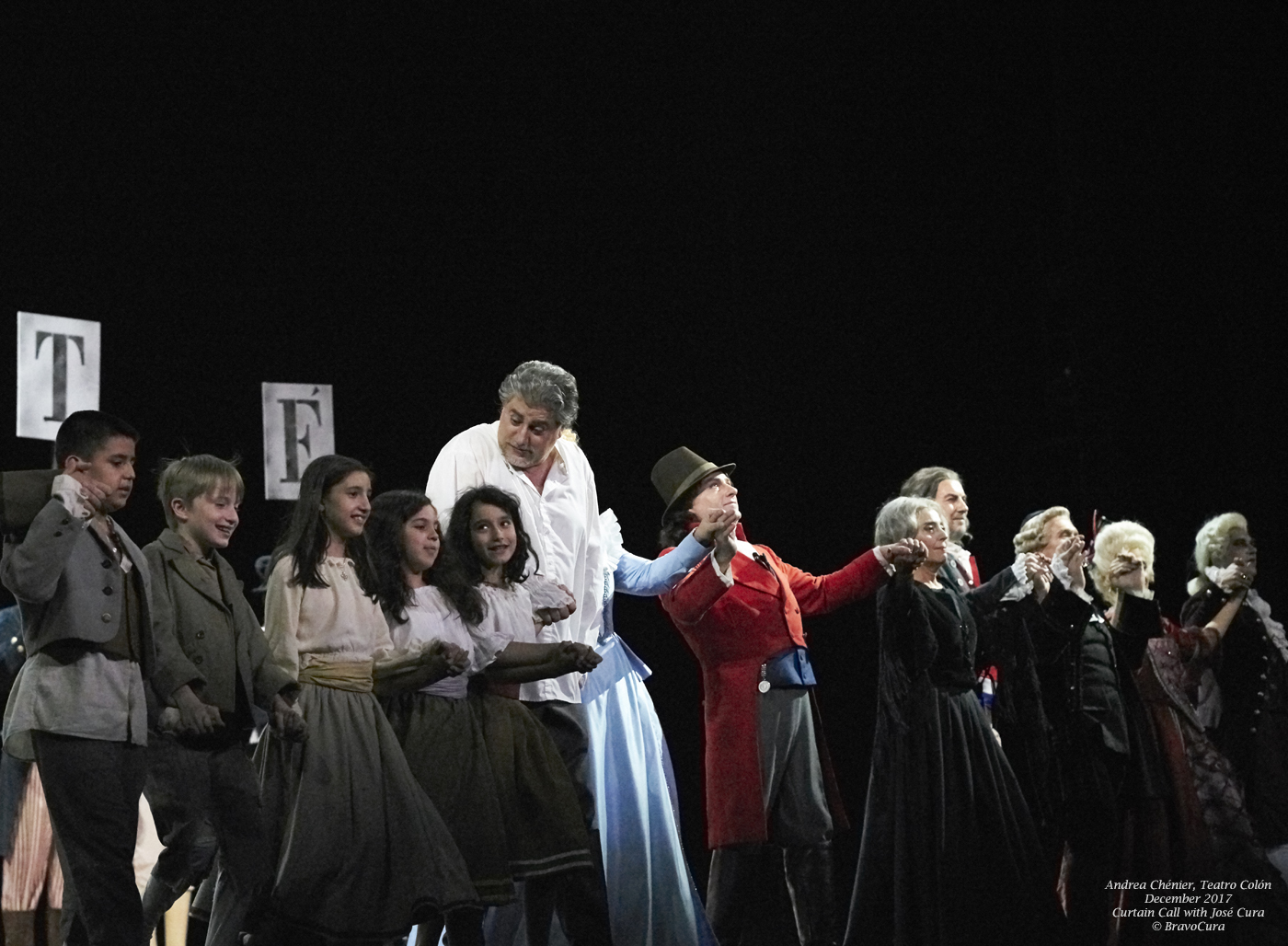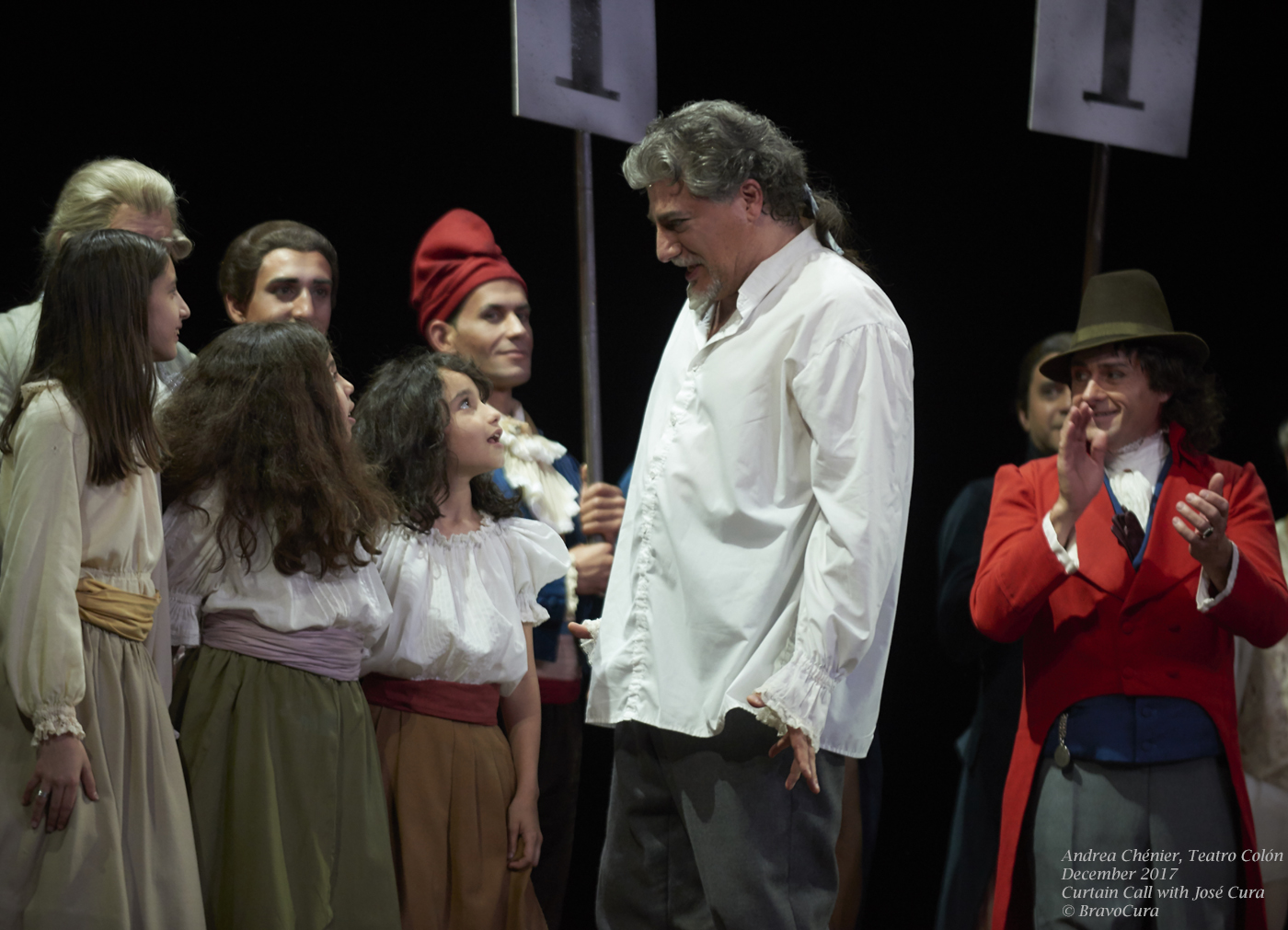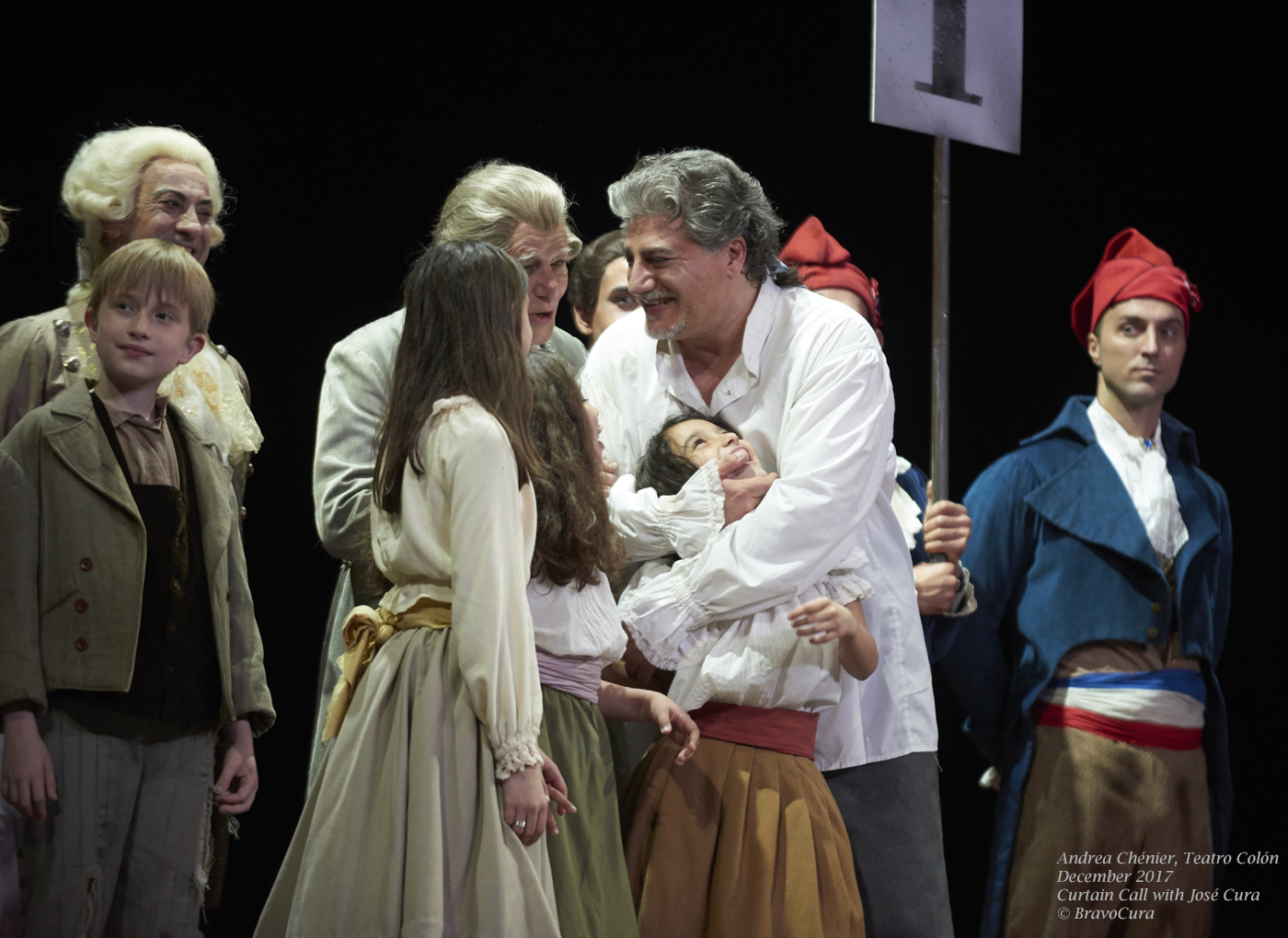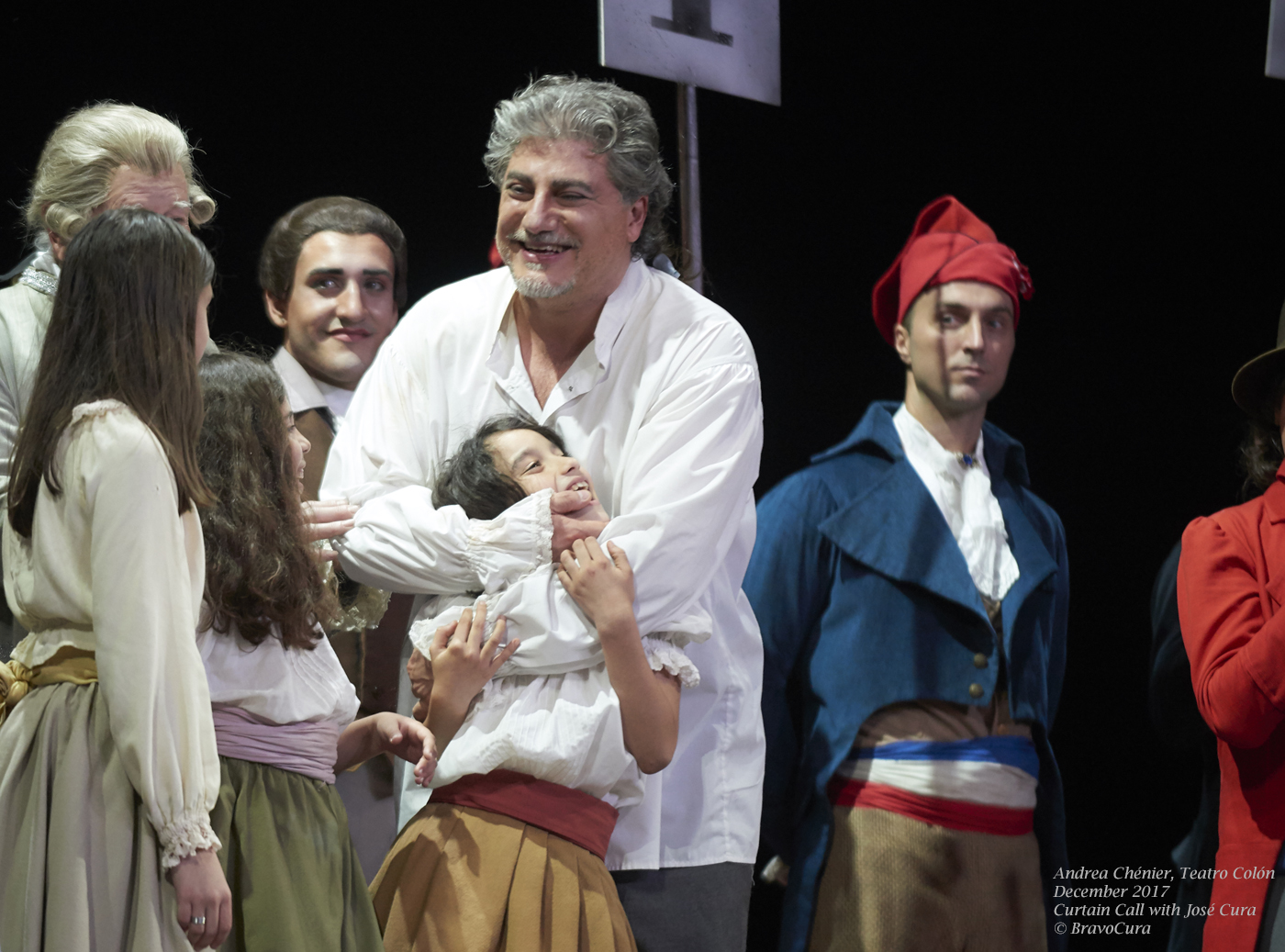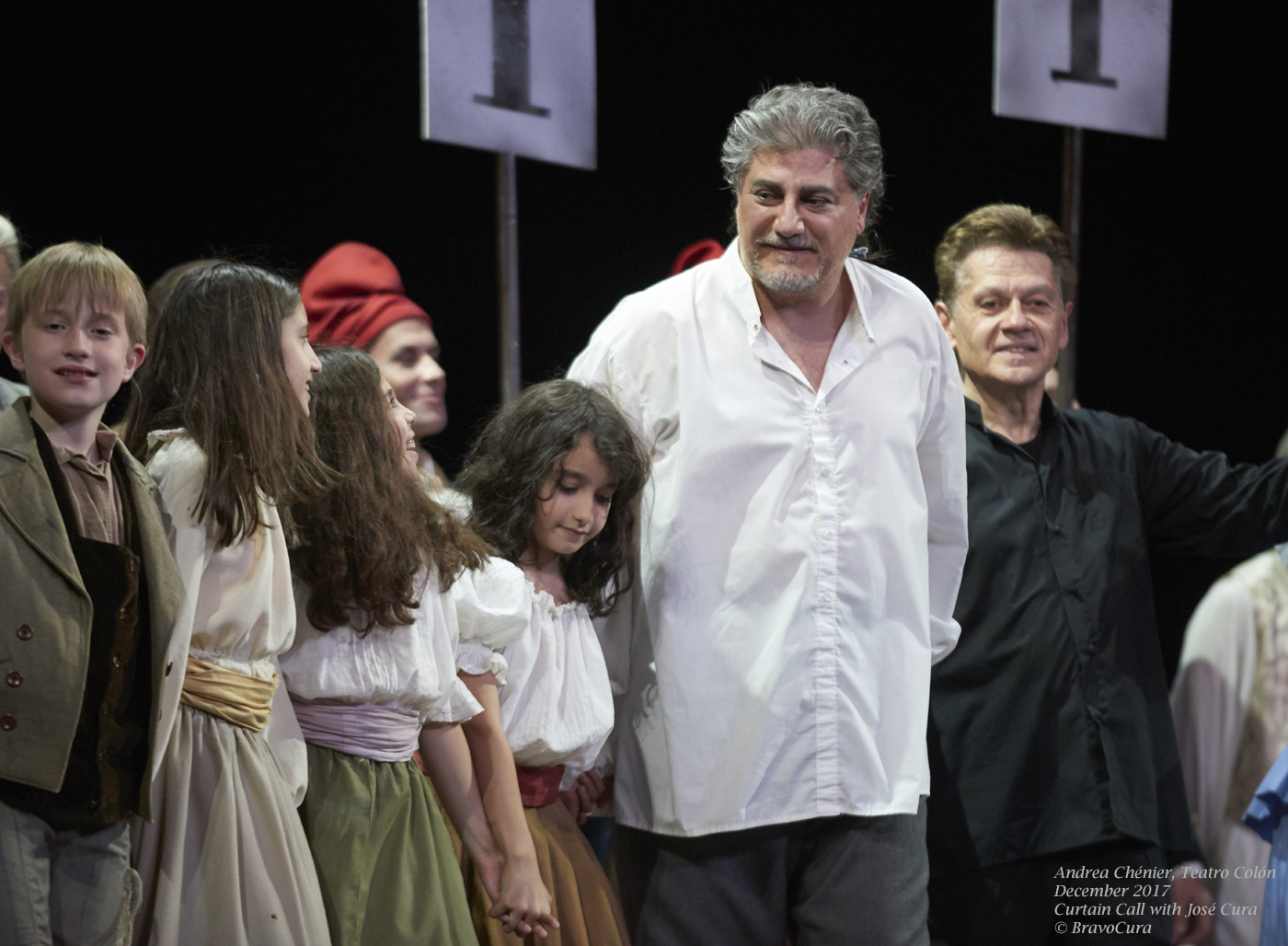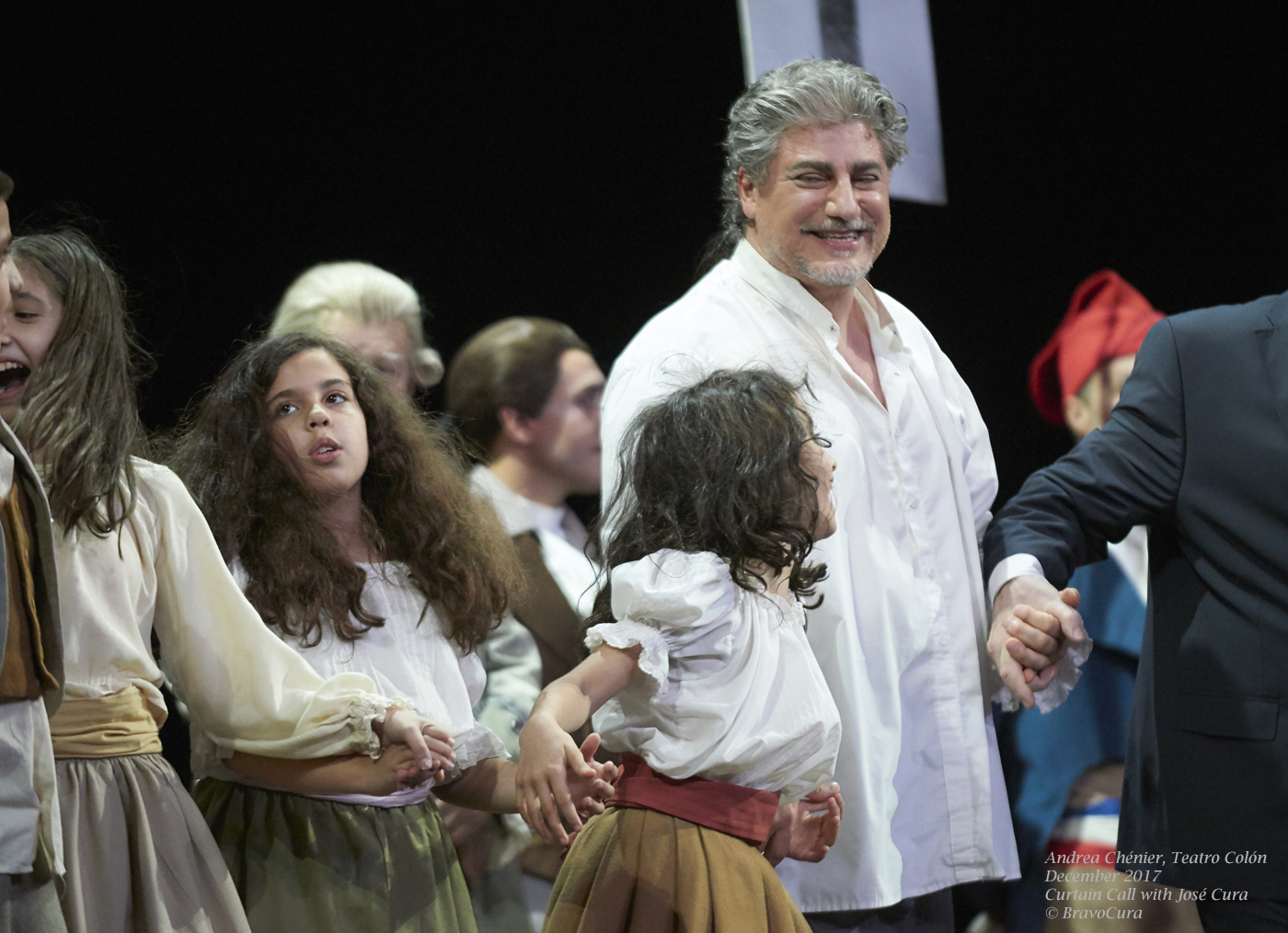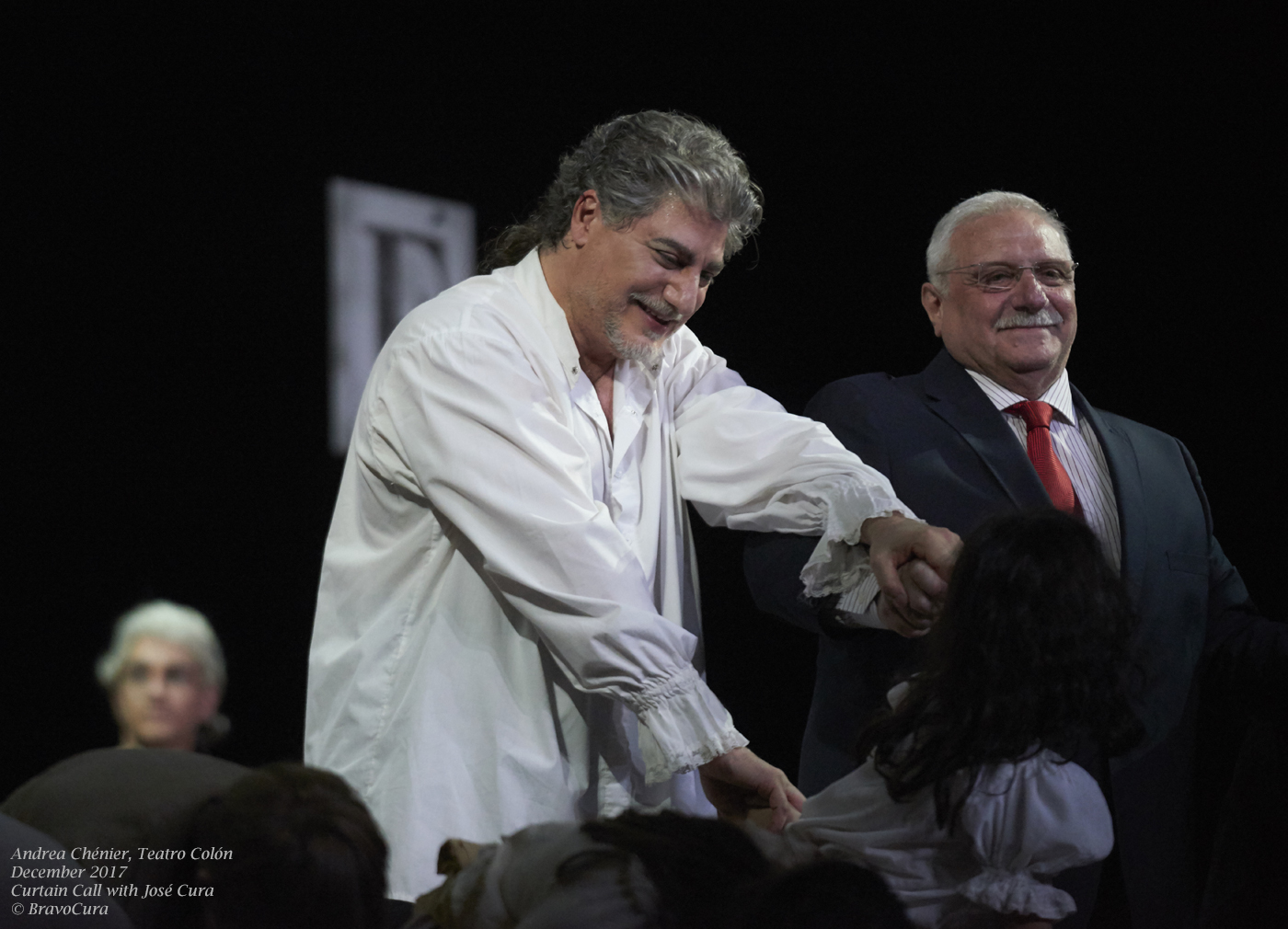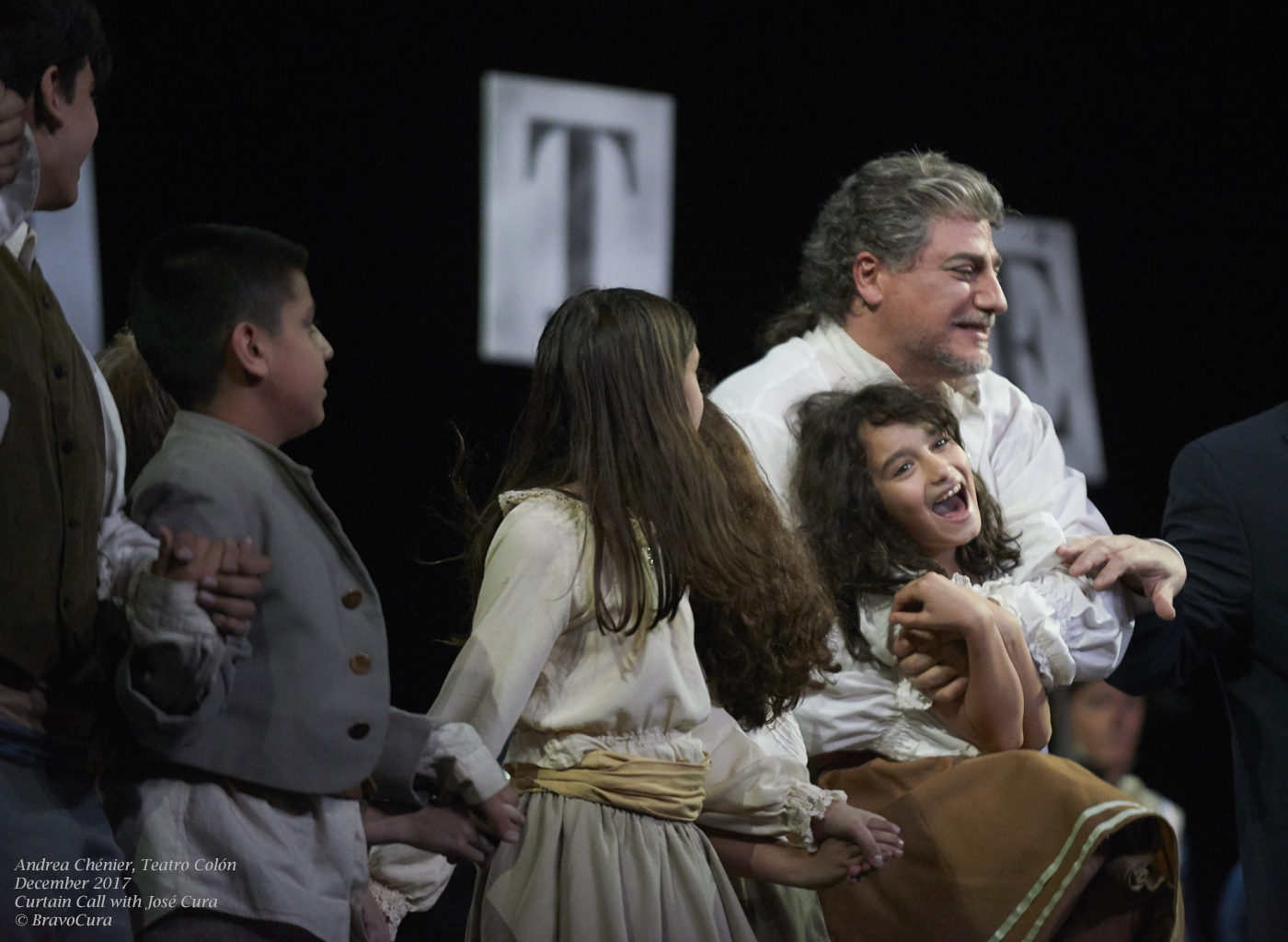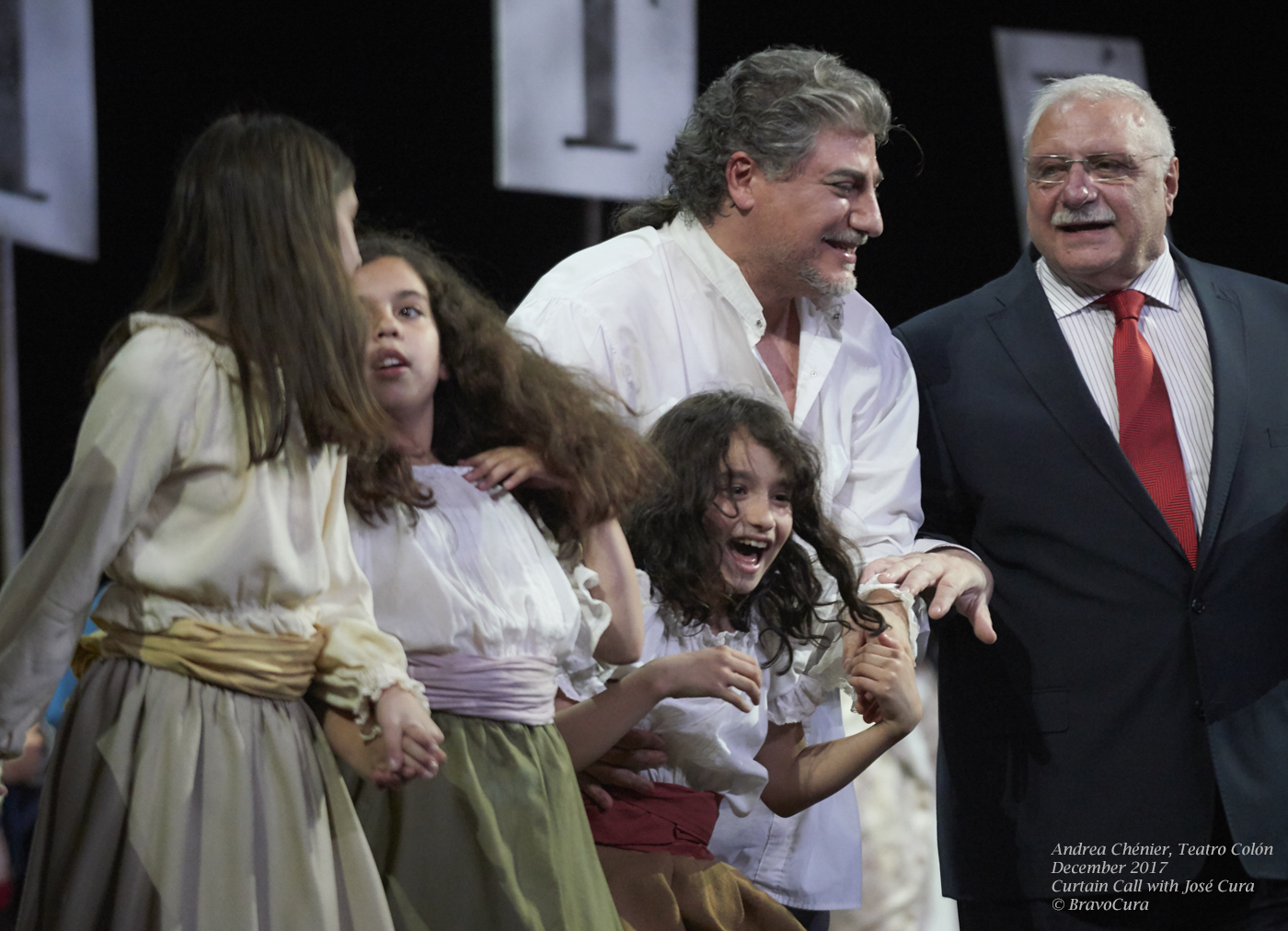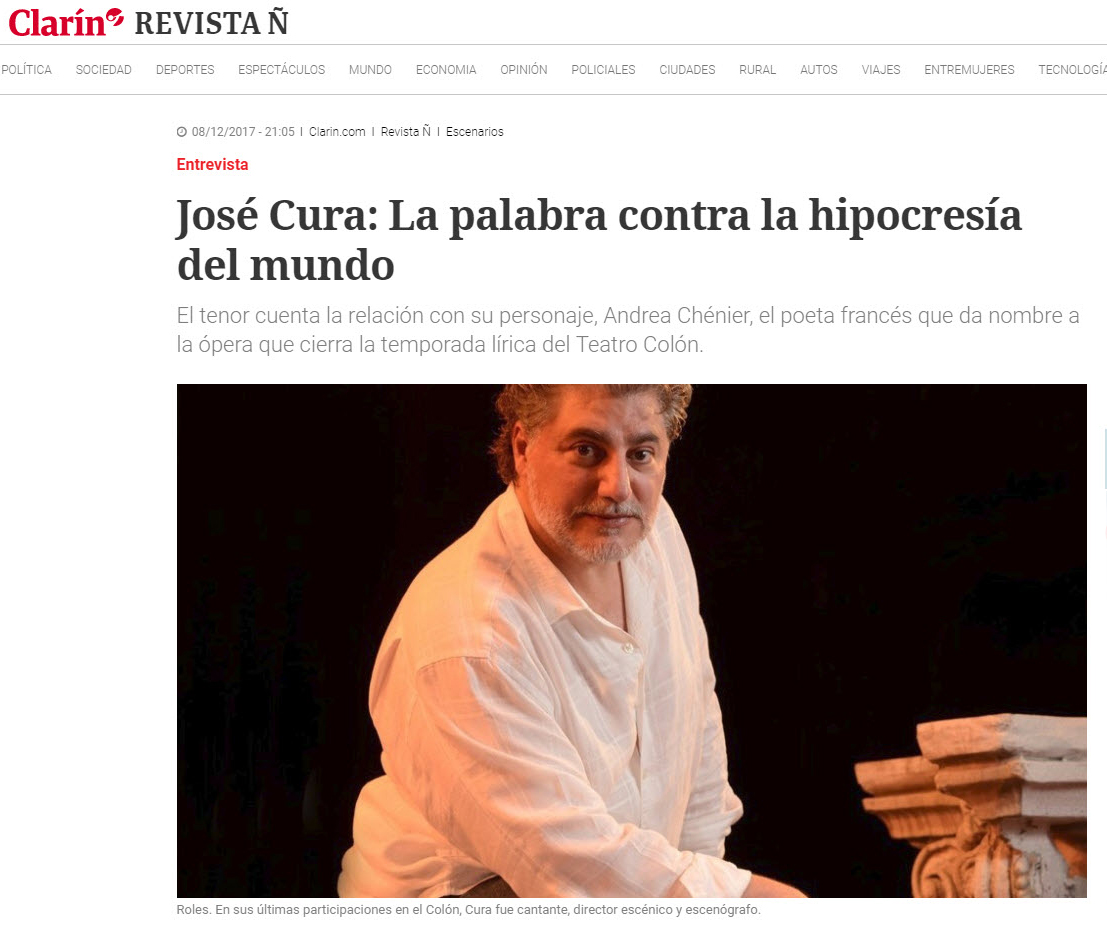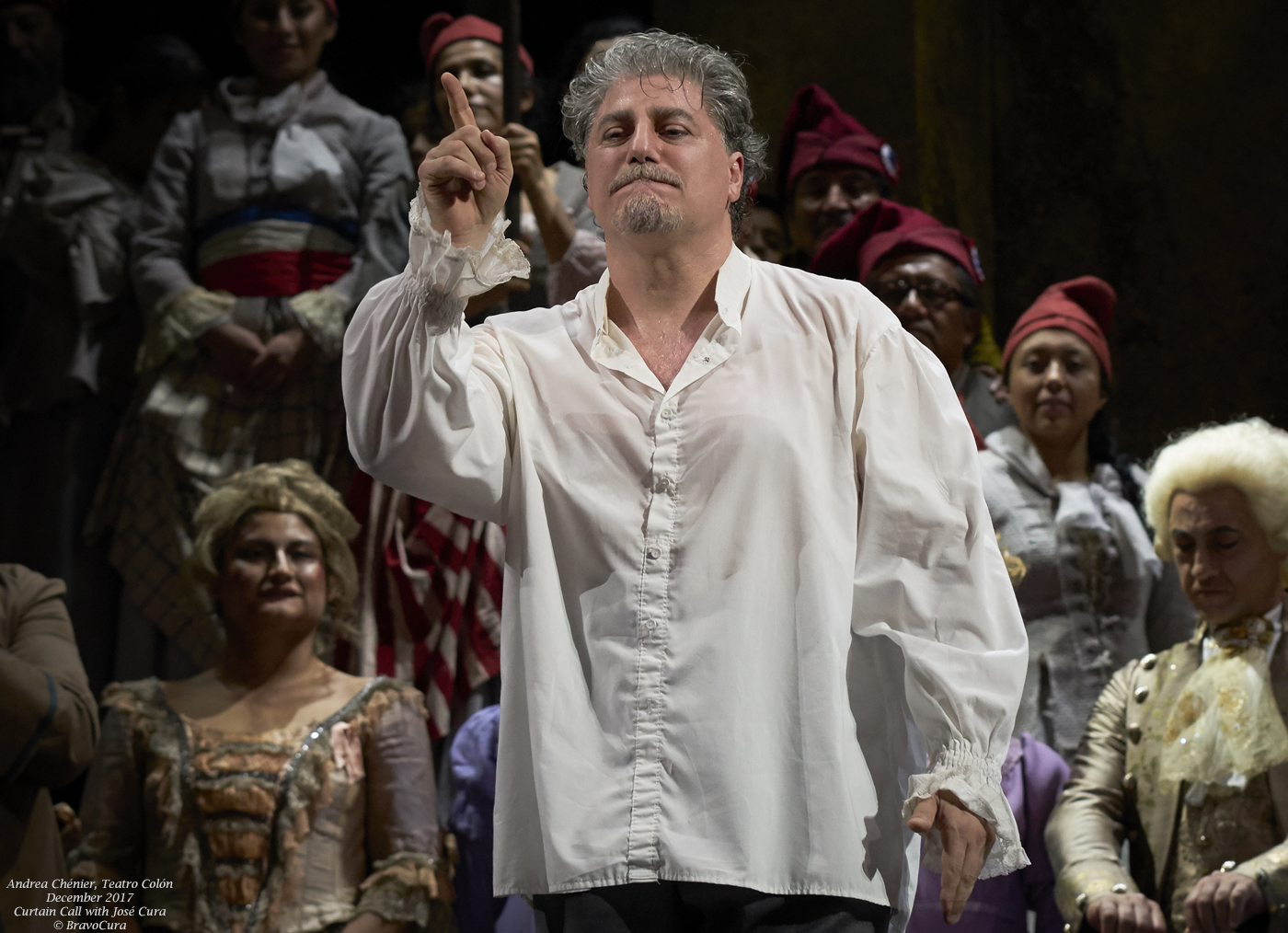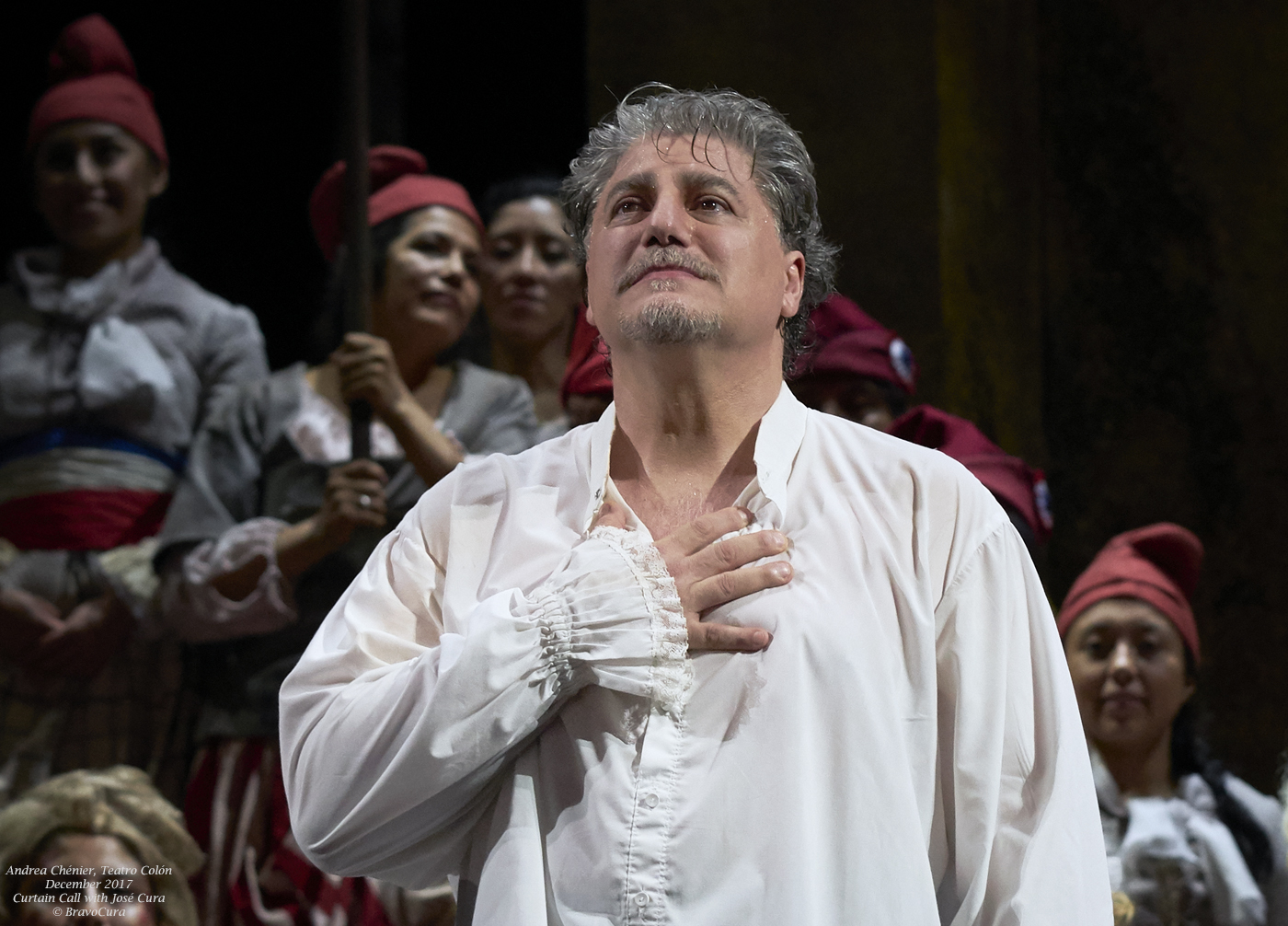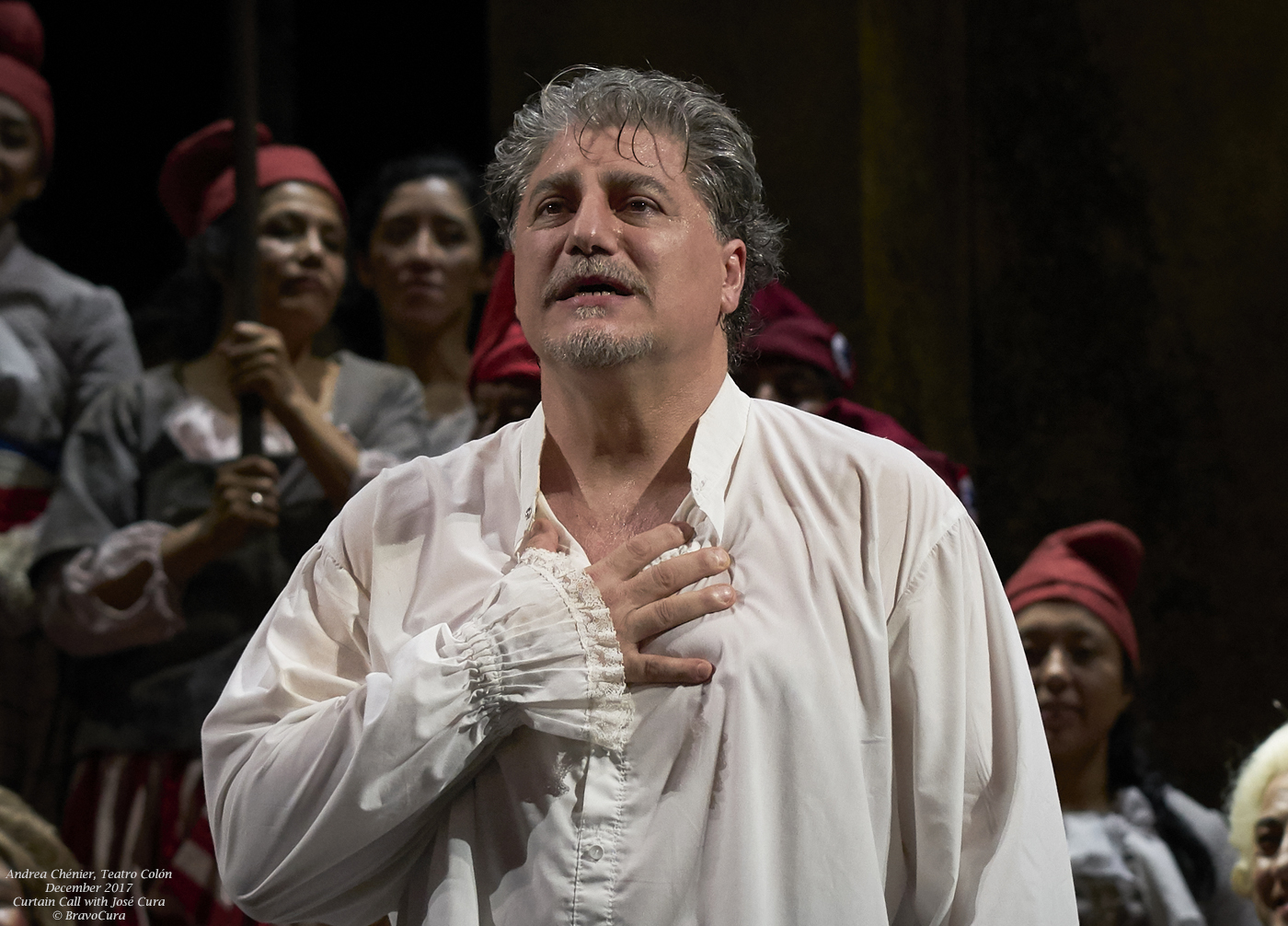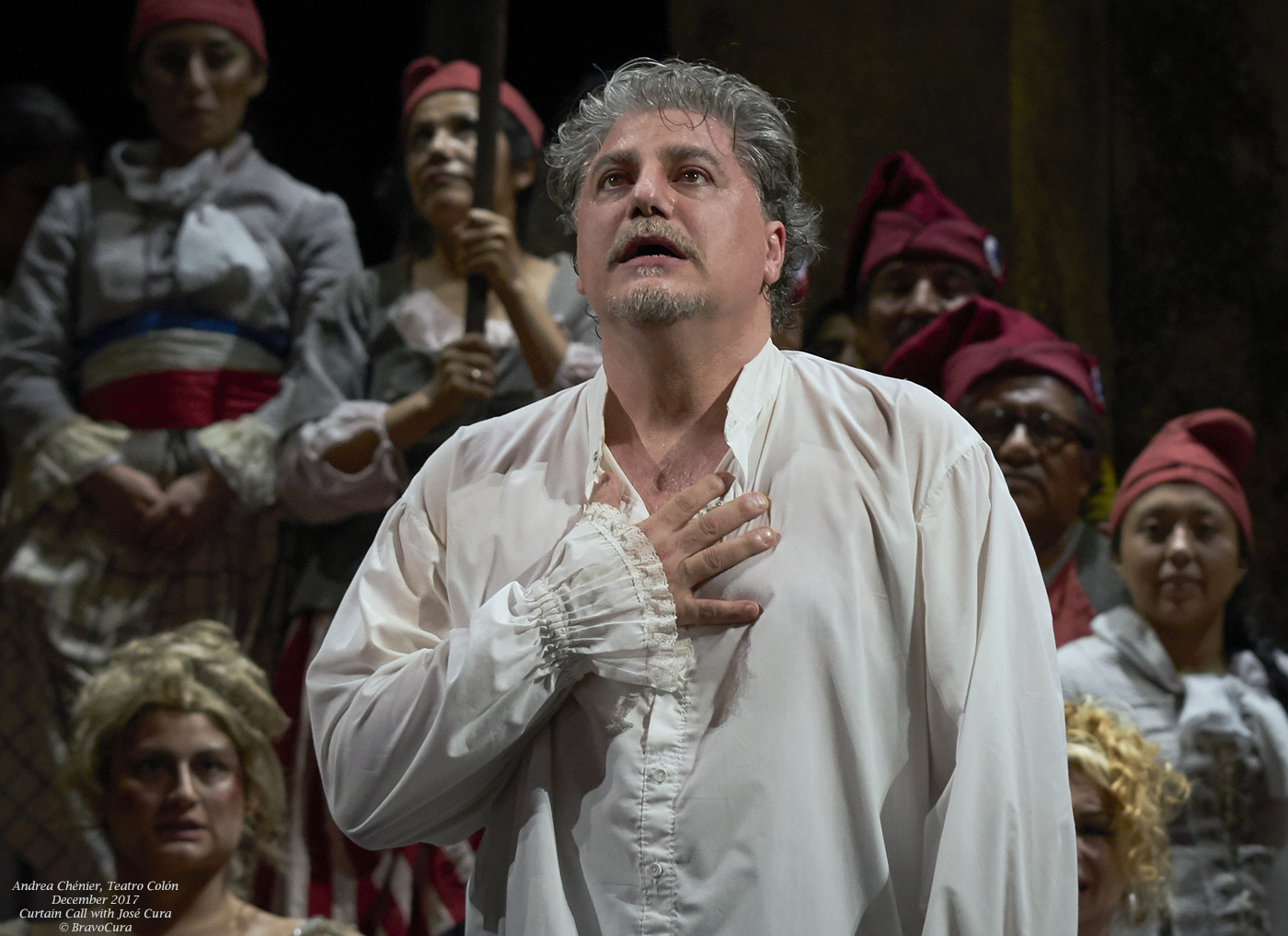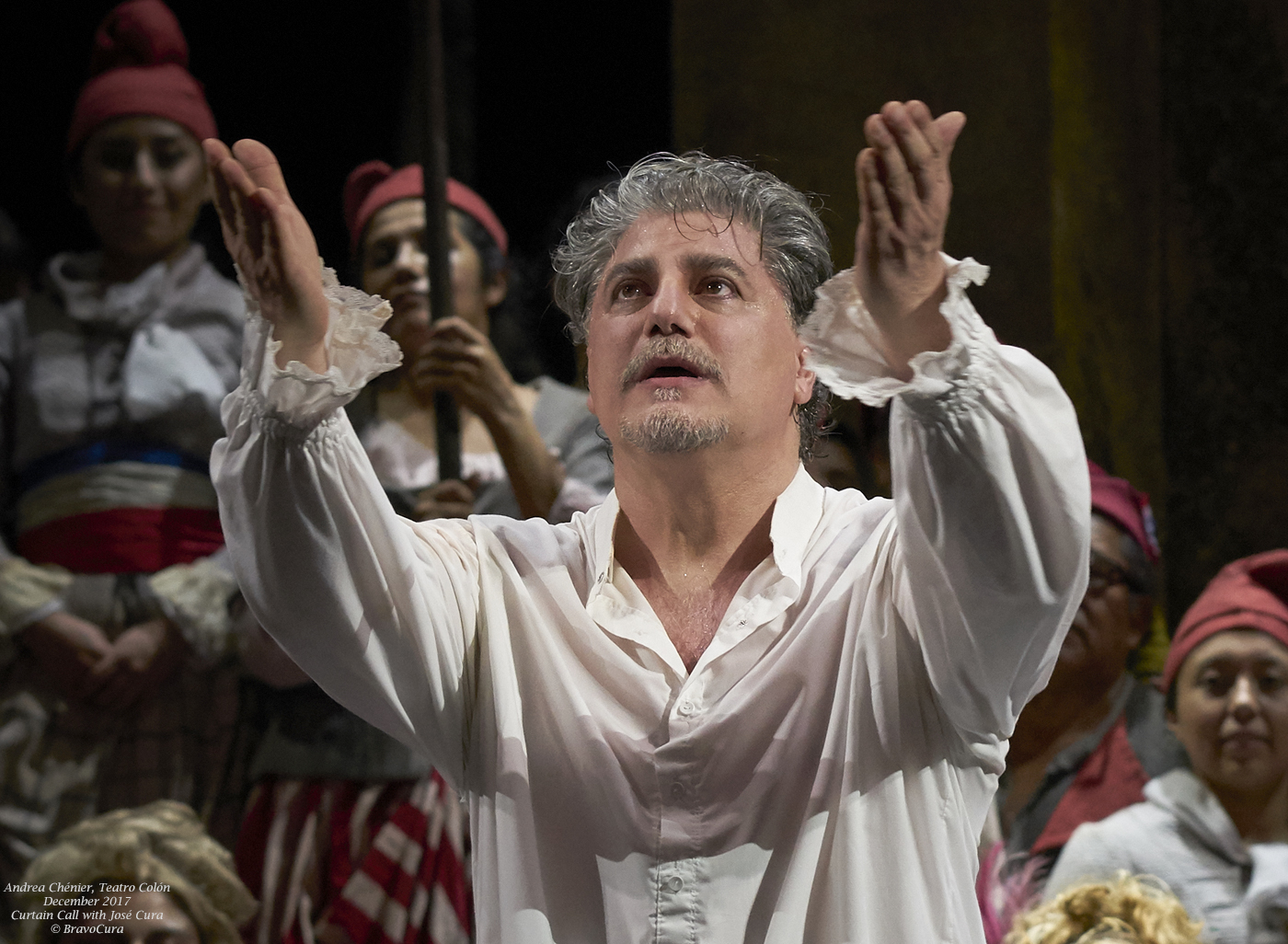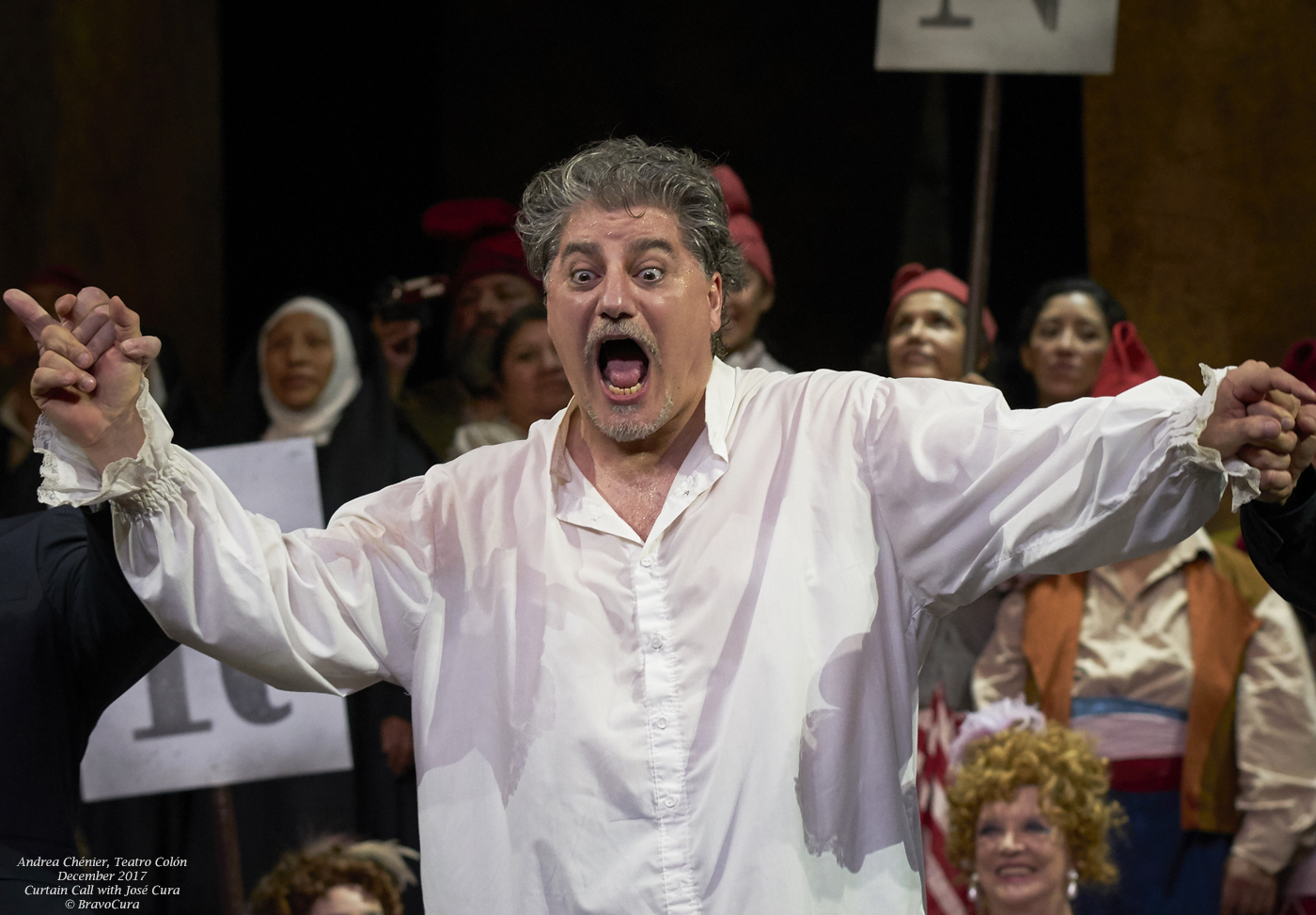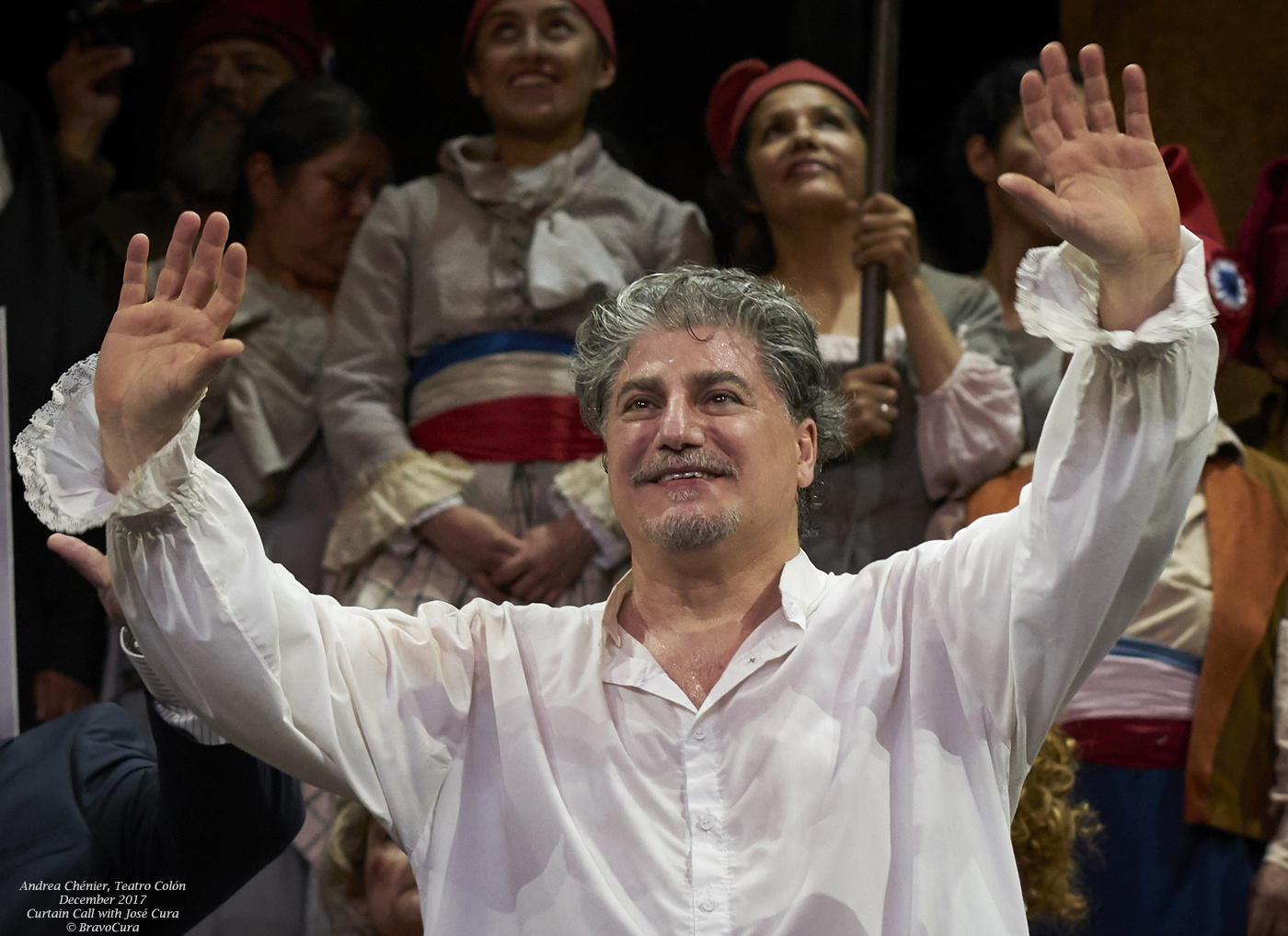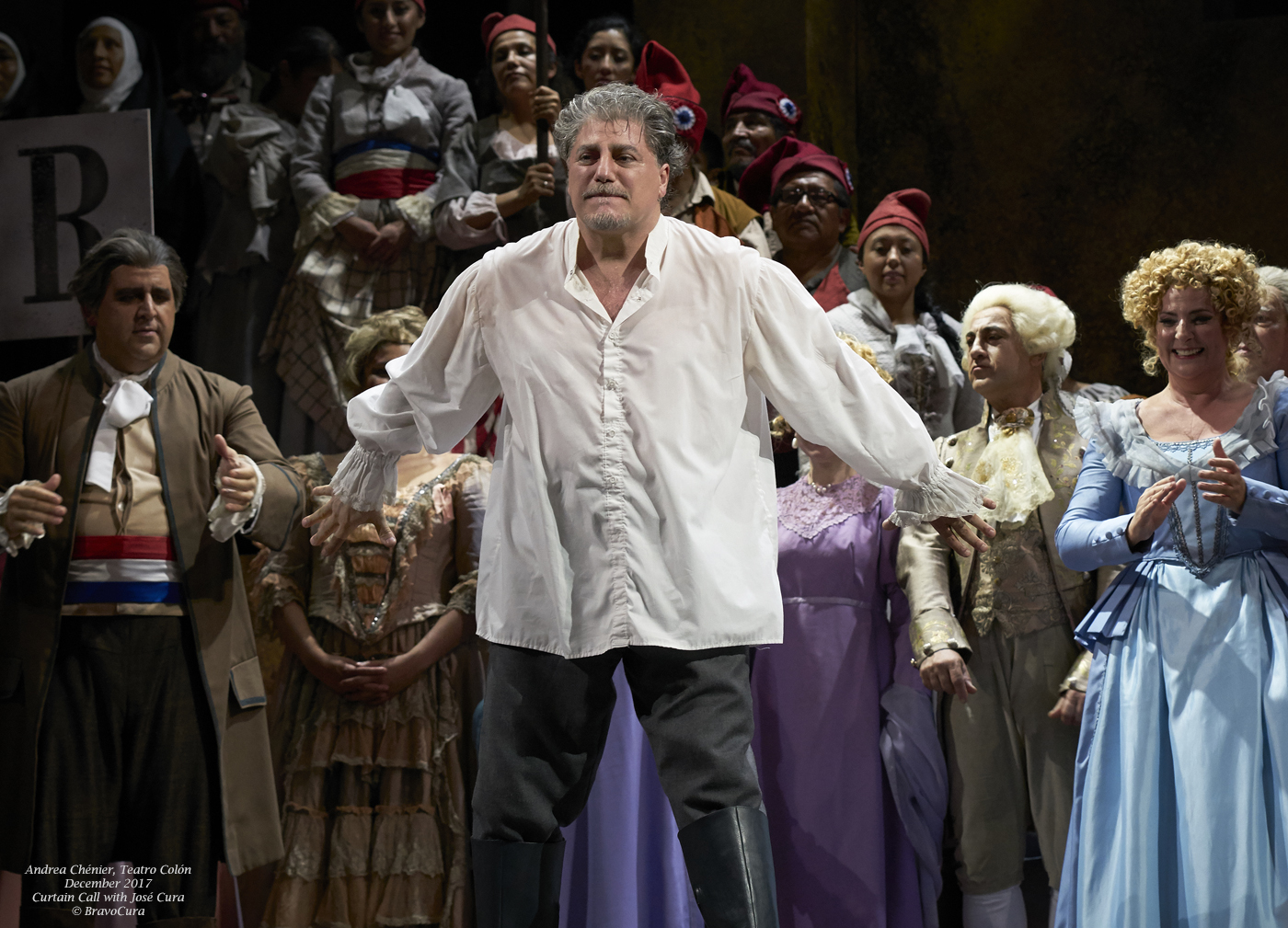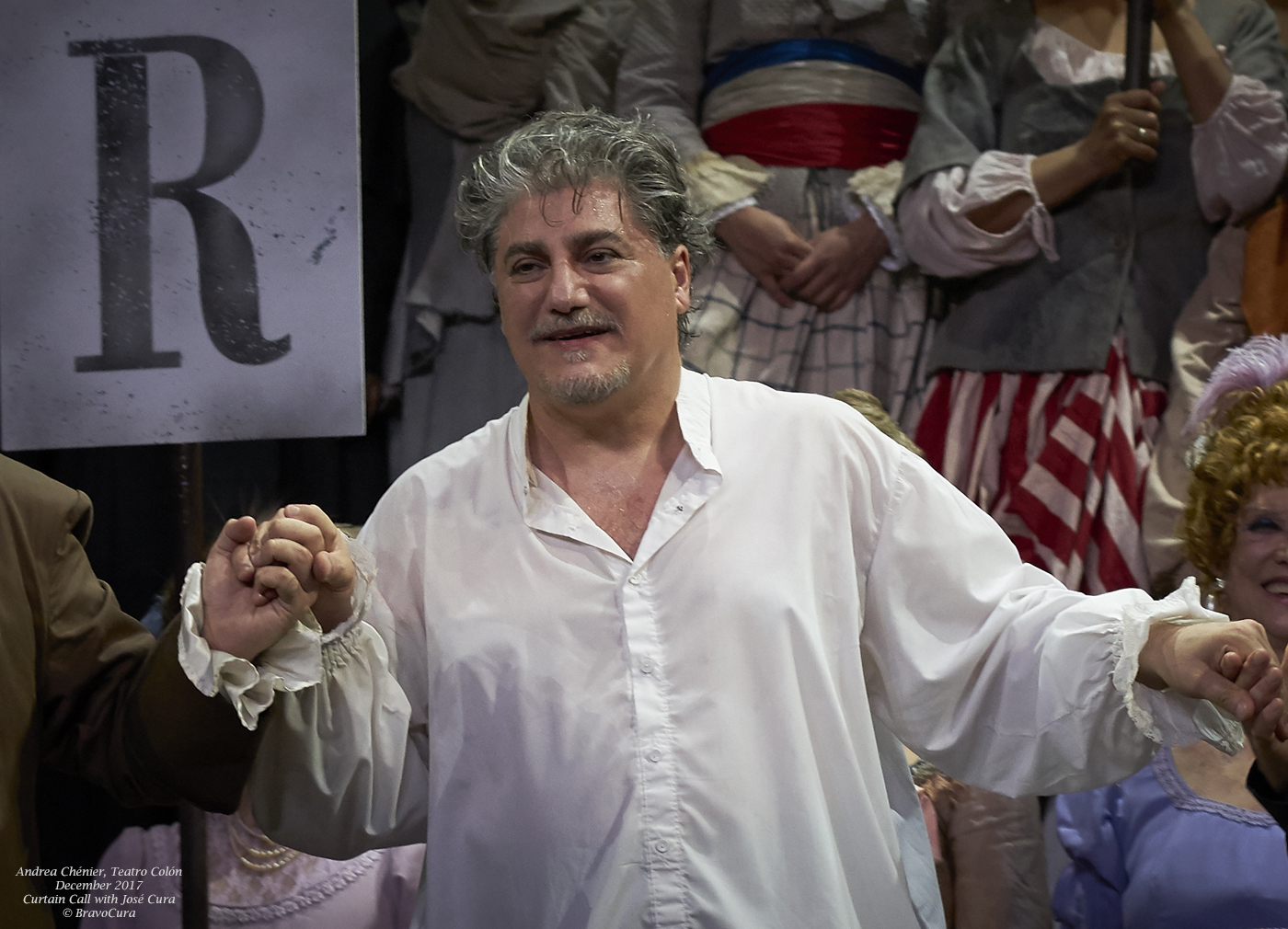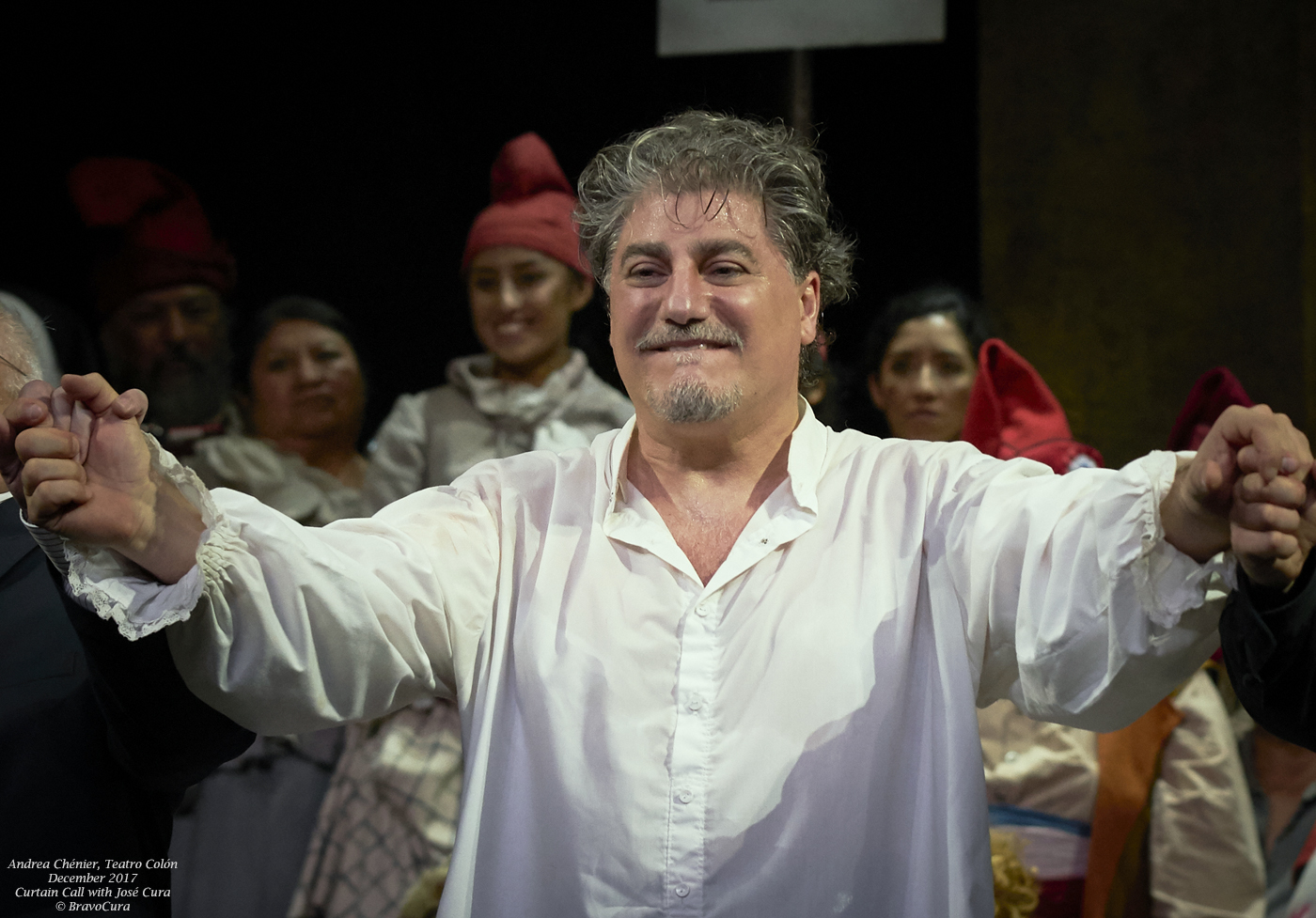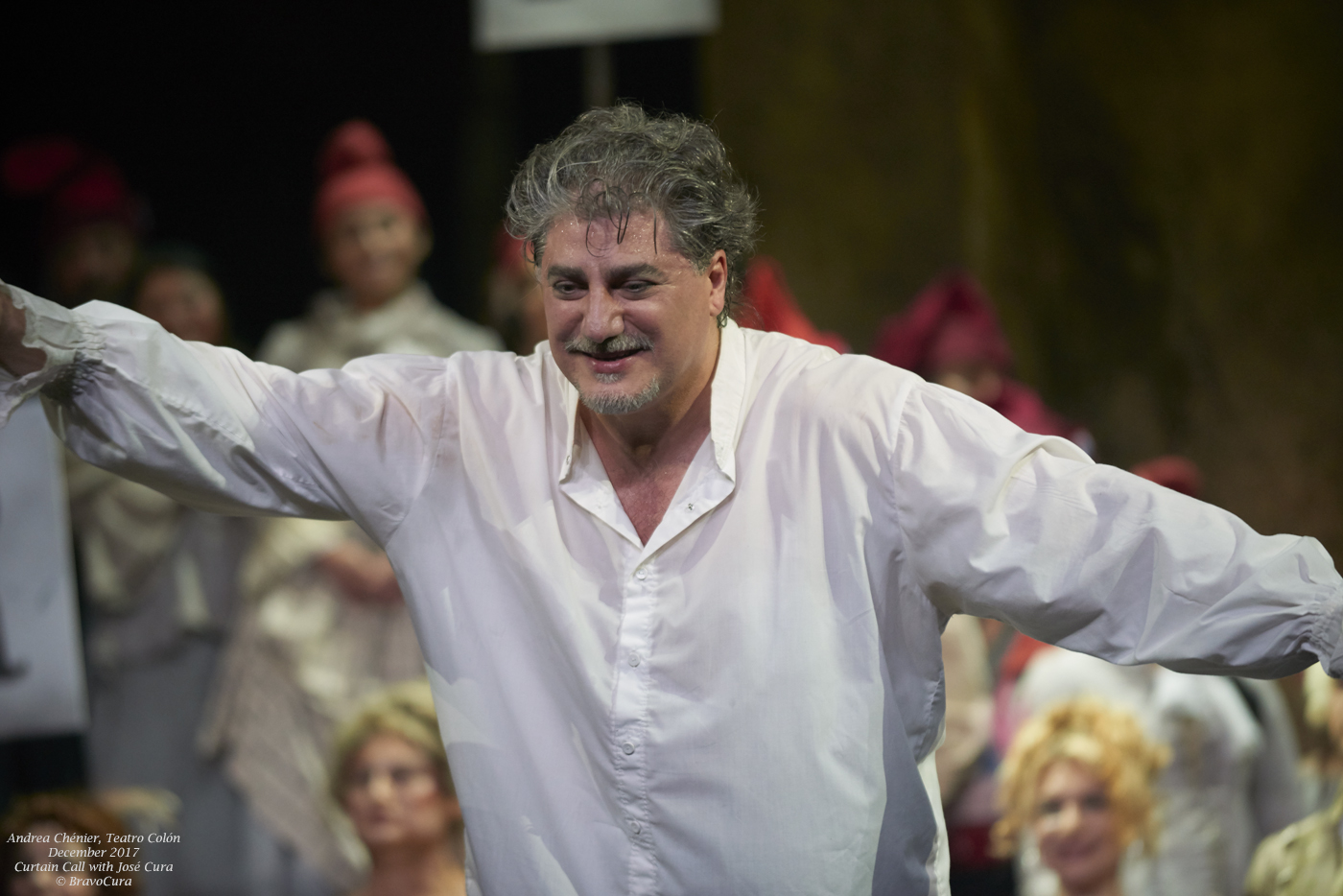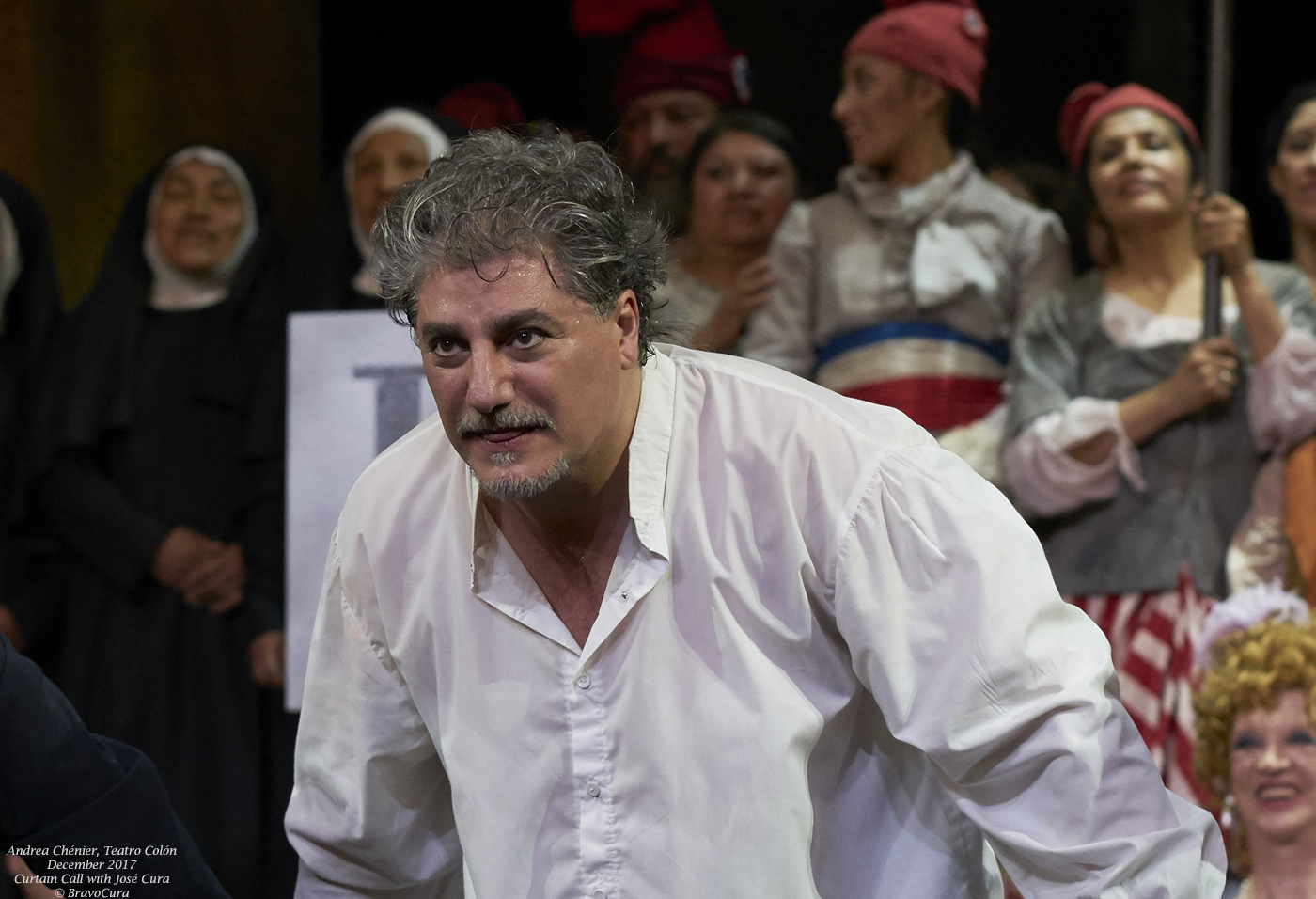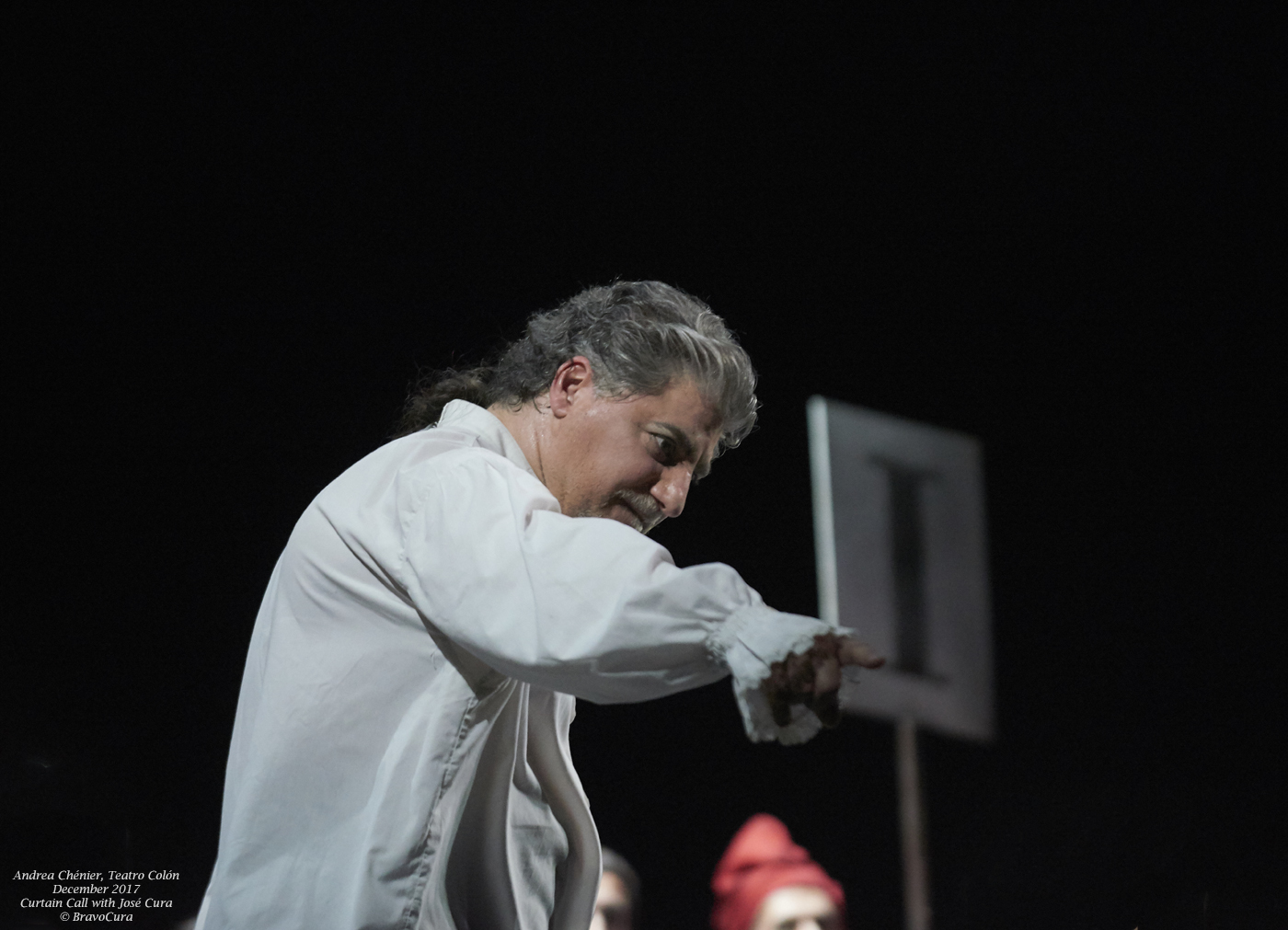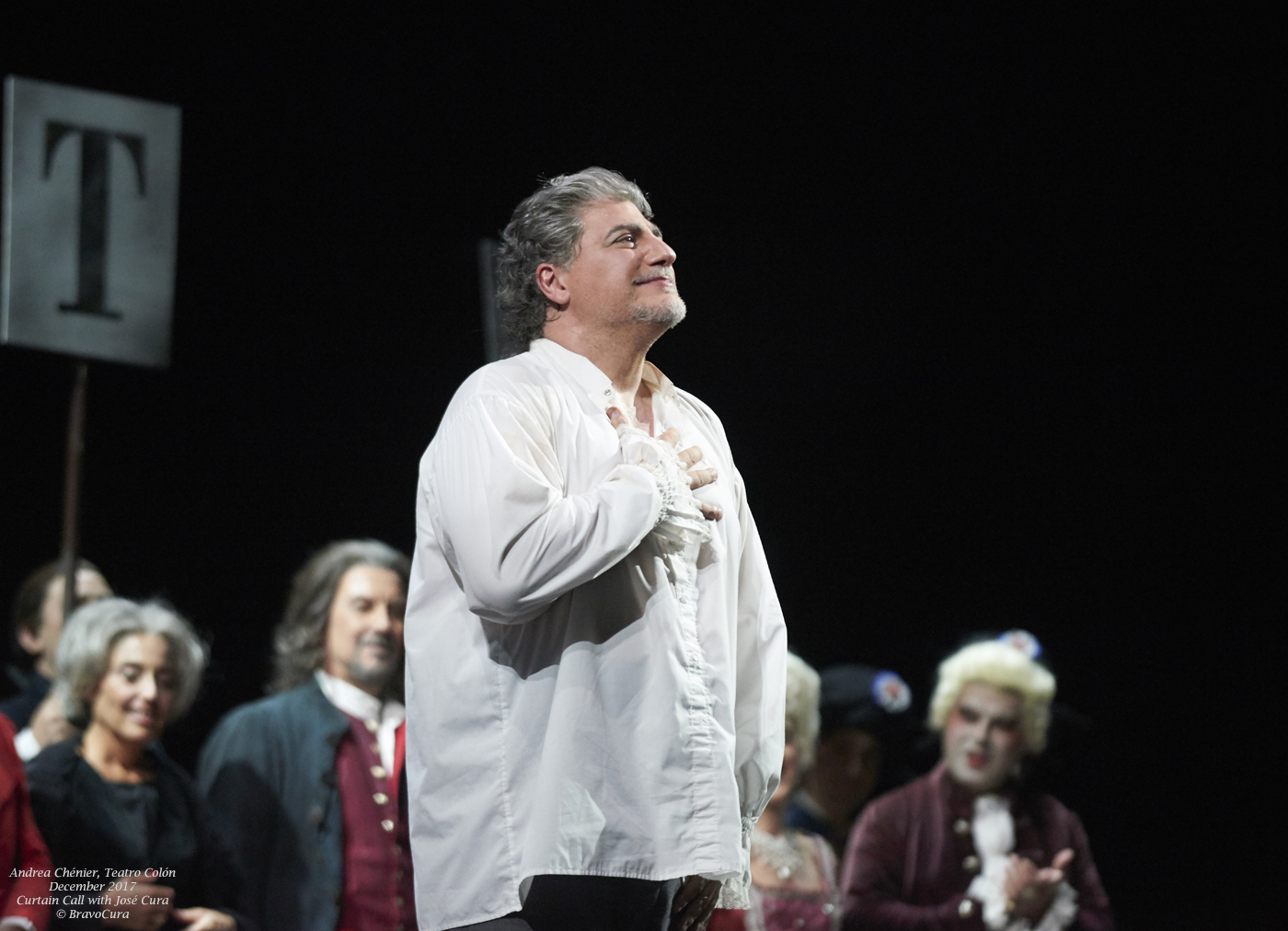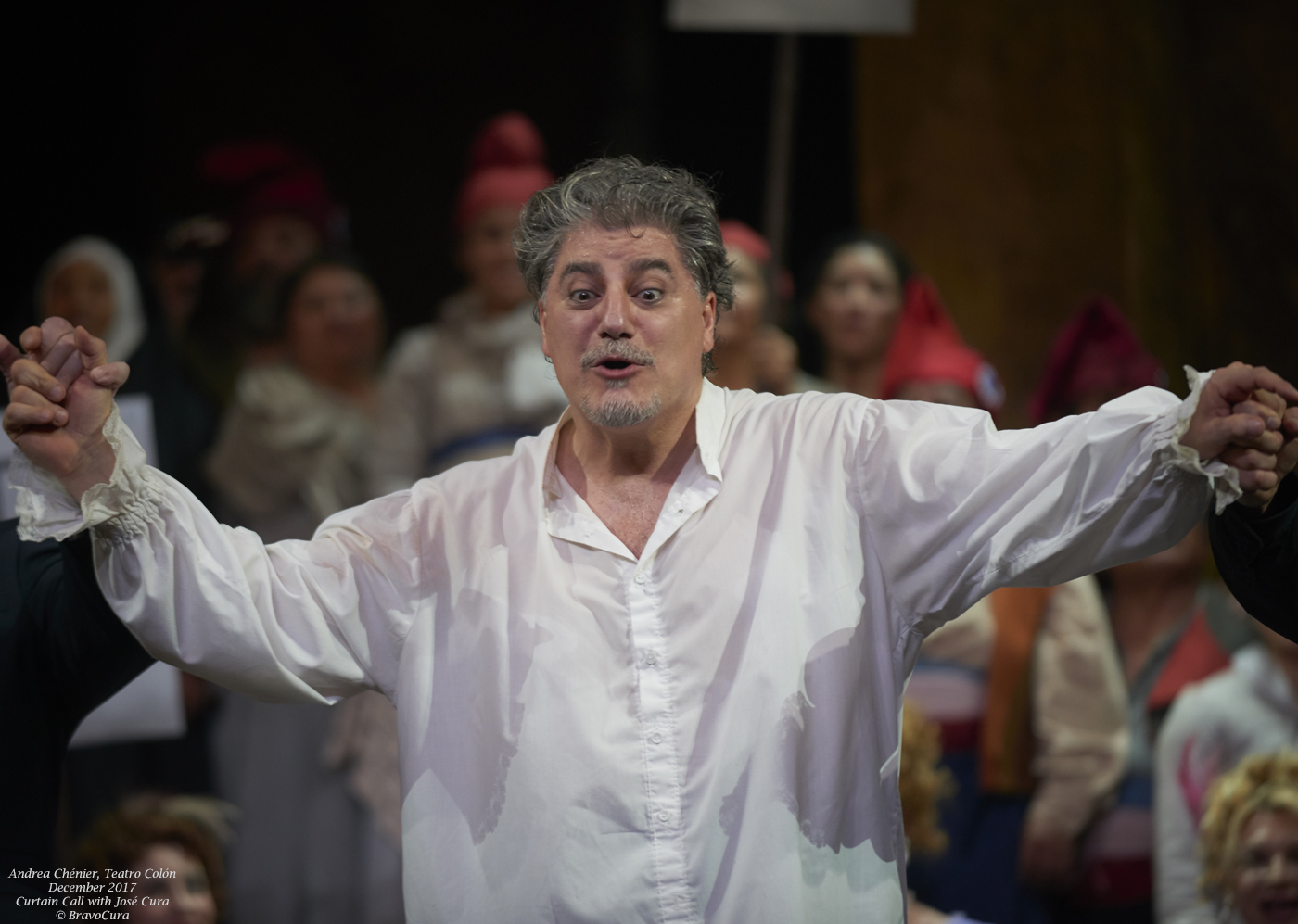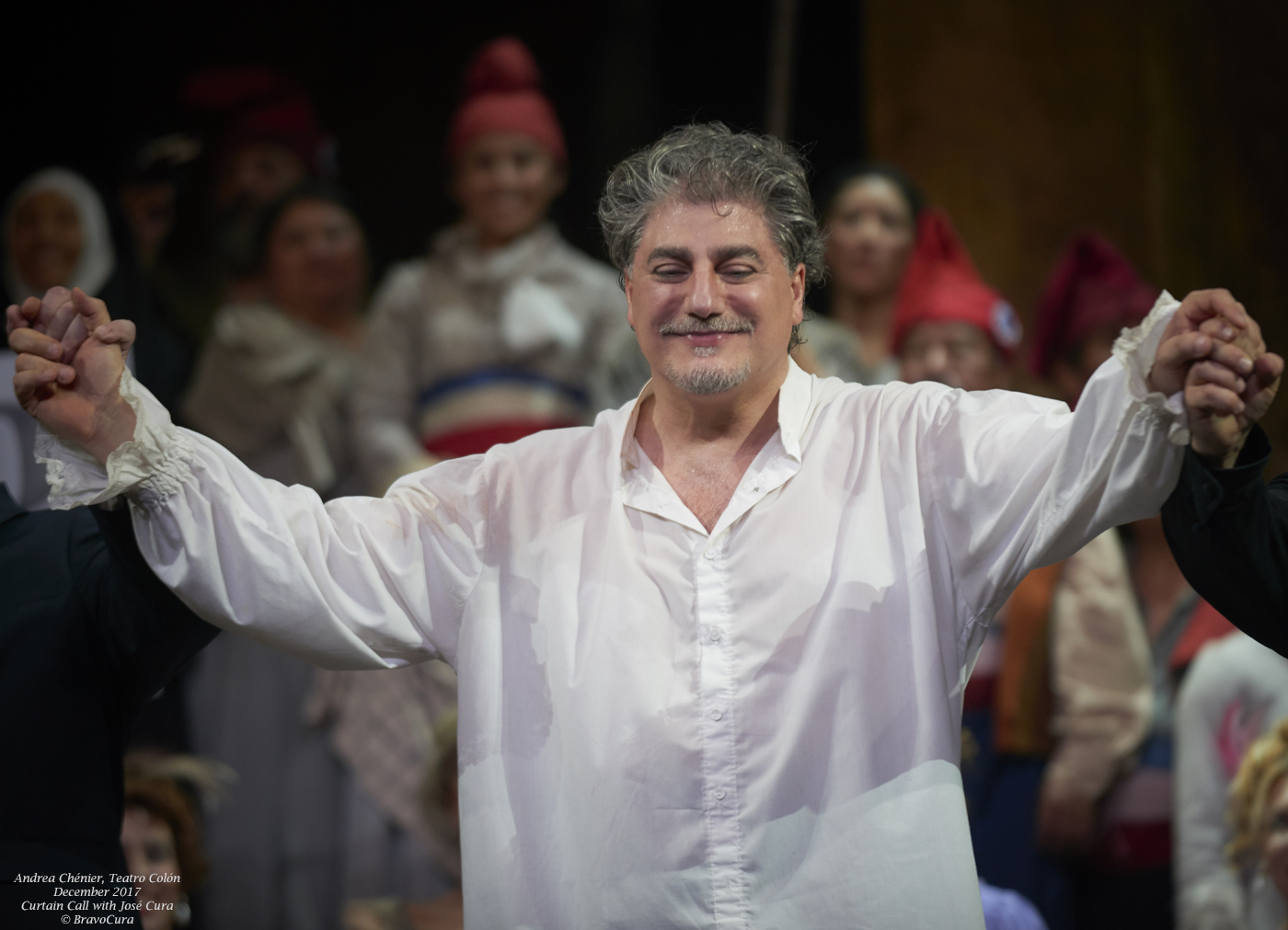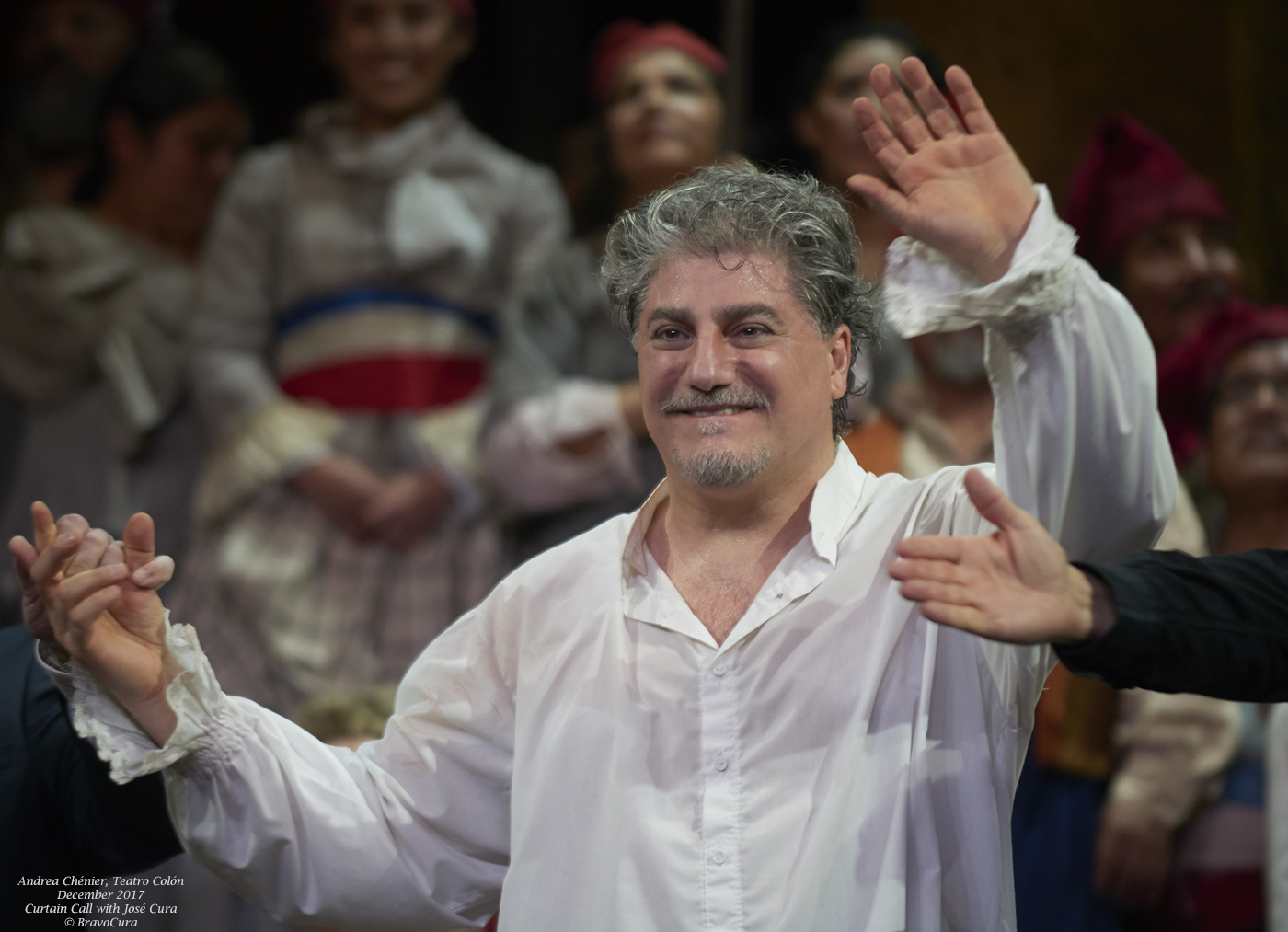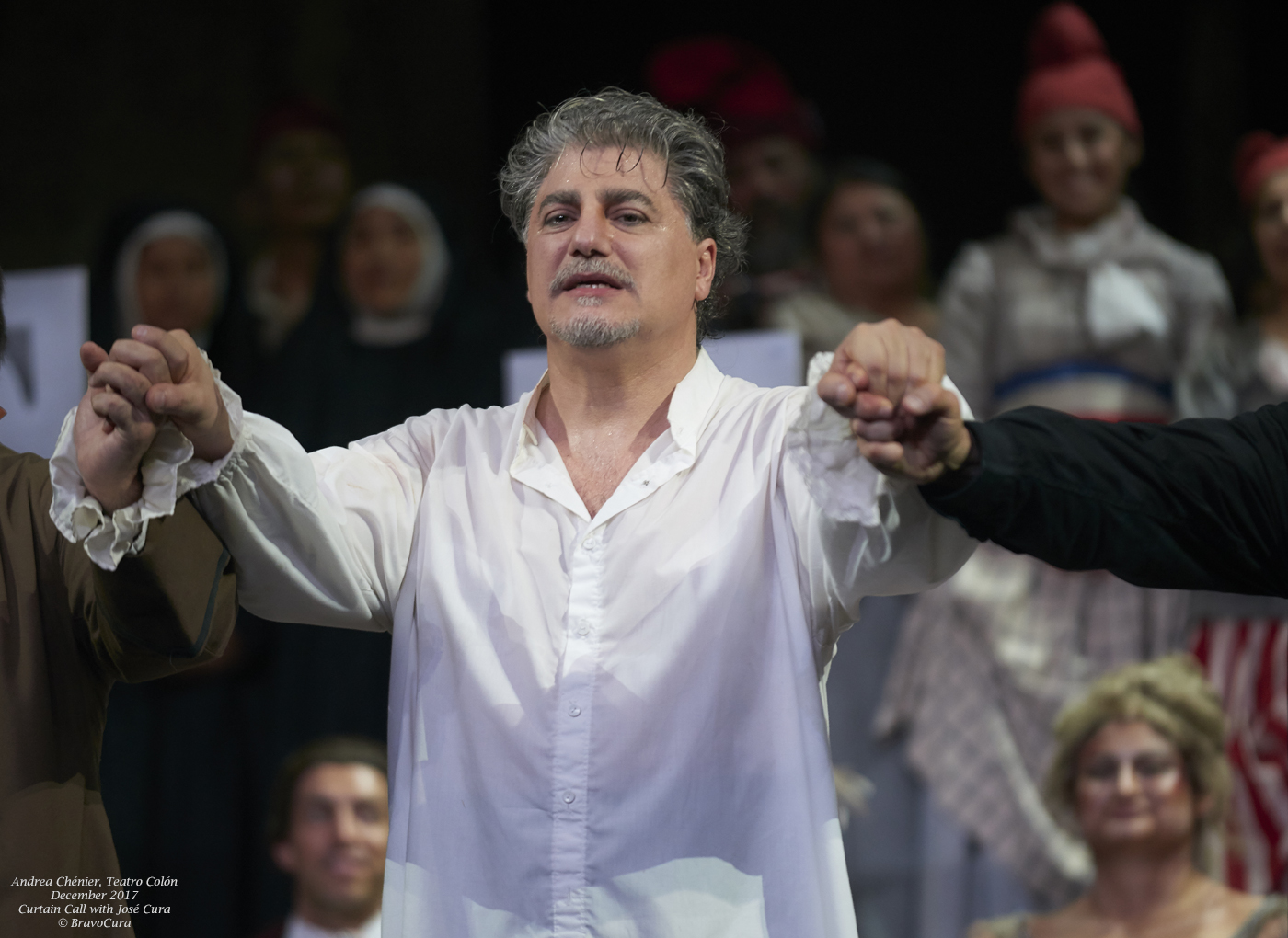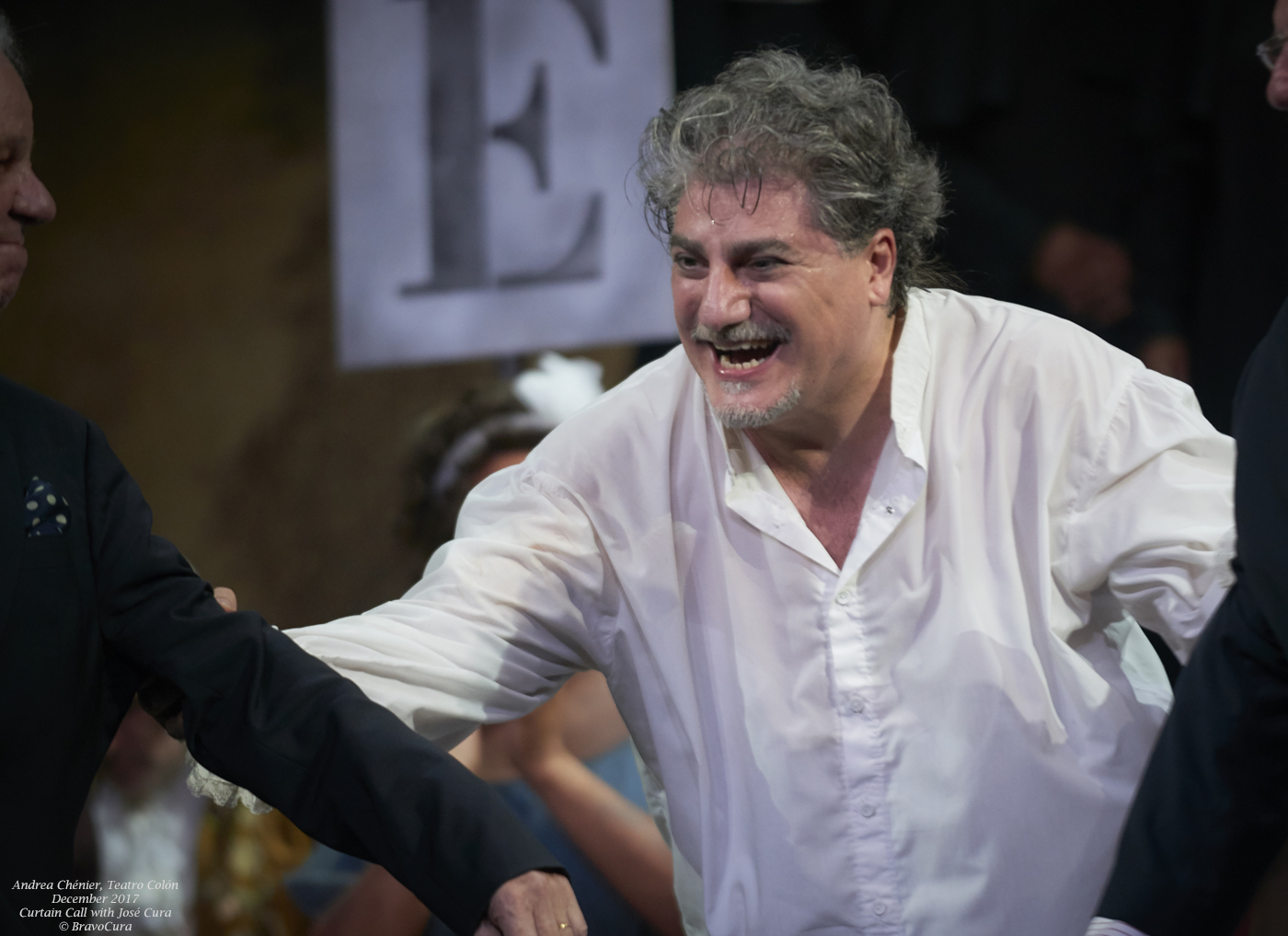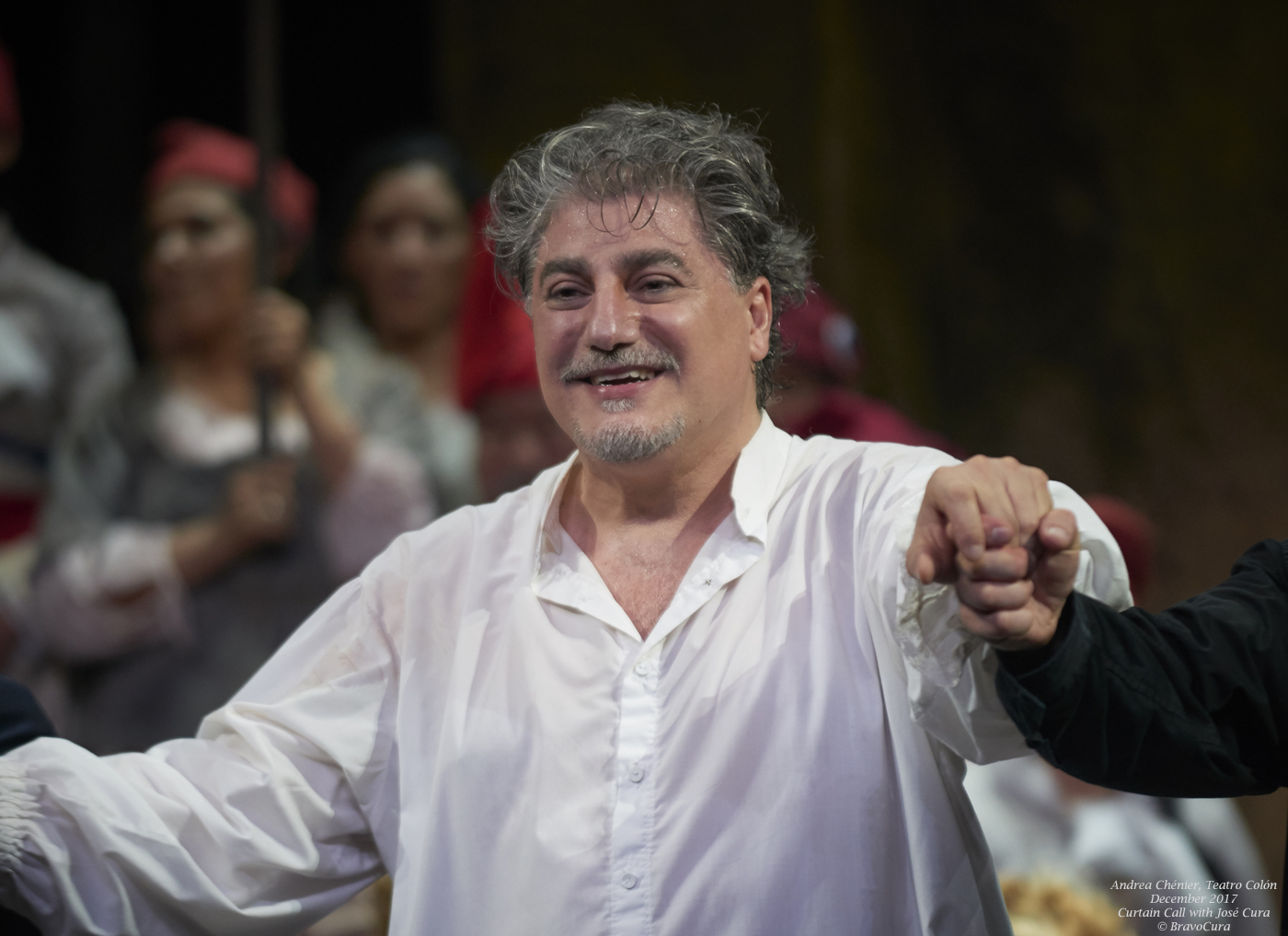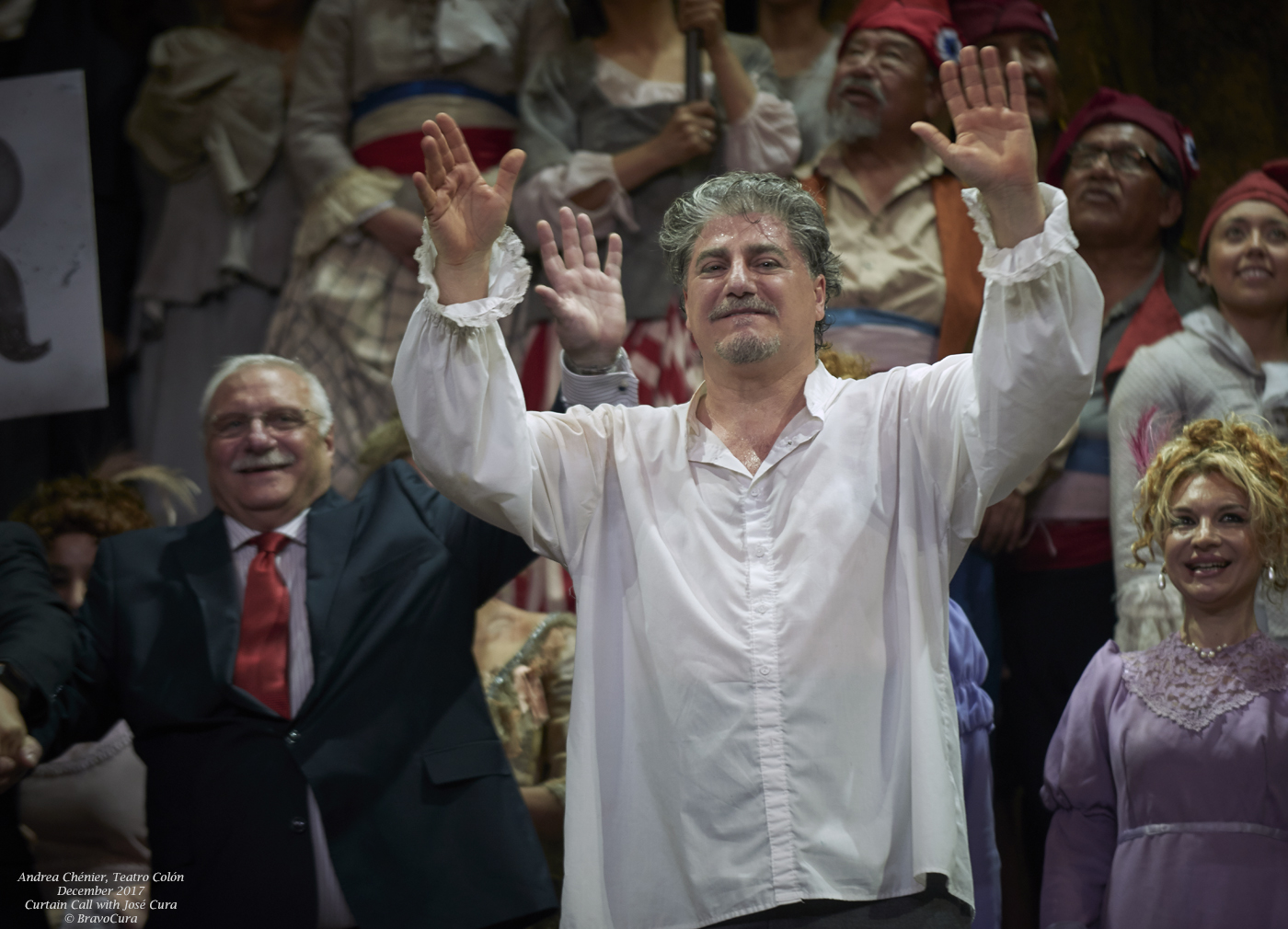Balance. José Cura opined that
the past must be respected without it
becoming "necrophilia."
"When the prize is at home, the
weight and responsibility are
different," stated the Rosarian tenor,
composer and director José Cura shortly
before receiving the title of Honorary
Professor from the National University
of Rosario. Settled for almost twenty
years in Madrid and visiting his
hometown where he had already been
declared an Illustrious Citizen, Cura
chatted with Escenario about his career,
his projects and his work in some of the
most prestigious theaters in the world.
Friendly and in a good mood, he said
that classic art may please or not, but
it requires "time" to enjoy something
more than "the little song of every day"
and that his style is characterized by
"sincerity" and by trying satisfy
neither "conservatives" nor "the new."
In a broad sense, he opted for a society
in which "the love for the past, which
must exist, does not turn into
necrophilia, because then it is a
defect, and the triumph of the new does
not become a mockery of the past,
because it is an error."
Q: You’re an Illustrious Citizen
and now Honorary Professor. What do
these distinctions mean to you?
José Cura: And the next mayor
(laughs) The prize and the applause or
recognition most difficult to achieve is
always that of your brothers, that of
your family. That has a double cut, the
pleasure of feeling recognized and
respected by your brothers and the
commitment.
Q: How did you live in Rosario
the first stage of your career? What
projections did you do then?
JC: I believe that all young
people, and I do not say it in the
chronological sense, but include those
who remain young at 80 because they live
with projects in their heads, we have
and we drag the eternal dream. You
finish one and another comes and
another. But the arrival is almost less
important than the journey. It's all
good, but when you start everything is
like a romantic idealism. Then there
comes a time, after 50, and your
idealism stops being romantic and you
become more stoic and you play for
something that is worth playing. That
is the difference, but idealism is only
changing its face.
Q: What is your assessment of
the changes and transformations?
JC: The crises serve to help you
grow if you know how to capitalize or to
sink you if you let them drag you down.
Obviously each generation has to fight
with their own things, but until the
2000 and peak changed more than anything
the modes with which we fought but the
tools were basically the same. From the
overwhelming force of technology that
almost manages our lives, we had to
learn a completely different set of
codes. Some are very good and others are
dangerous. One of today's delicate
risks with technology is that it can
make you famous, something that was once
part of a huge process and it happened
if you really had something to tell.
It’s relatively simple if you know how
to manage a means of communication or
networks. Now, because being famous has
become easy, the difficult thing is not
to be famous but to be great, worthy of
fame.
Q: Technology also invaded all
areas, including music ...
JC: It happens in newspapers
especially ... Being able to take
advantage of some of this for the
distribution of music so that it reaches
further and to more people would be a
positive thing, although the negative
for the industry is that at the business
level of culture, there were
transformations to the industries.
Where before a hundred people were
needed to put a record on the street now
you need one who presses a button.
However, the artistic creators are still
the same, the singers, the orchestra,
except in electronic music. But the
amount of people needed for that product
to reach people is a thousand times
lower and that creates a huge crisis at
work in our industry.
Q: Why did you choose lyrical
singing or not rock or another genre?
JC: My training is as a composer
and orchestra conductor, that's what I
studied at the School of Music. The
vocals came a little later. Singing was
a complementary subject at school and
through that subject I discovered that I
had certain aptitudes beyond singing in
a choir. But even now more than before,
I continue to develop orchestral
composition and direction. Being a
famous tenor helps people have some
curiosity, now if it's a good or bad
work or a piece of crap, however famous
you are will continue to be, but at
least opens a door (laughs).
Q: Does opera still have
validity?
JC: I always answer that with
feet of lead. The changes and the
innovations at first helped and then we
will see where we are going to stop.
What scares me the most is the path the
world is taking in climate, energy and
war. I am not one of those who say that
the past is always better, but I think
that we must continue with some things
in classical art, with everything that
has to do with beauty and that keeps man
with his feet on the ground. But you
also have to be careful that by having
the most beautiful picture, you have a
wall to put the painting on. That is to
say, go on with everything but don’t
forget the essential thing because we
are going to have classic opera but we
are not going to have a world.
Q: What kind of opera could
represent the current complexity of the
world, not only with the climate crisis,
but also with religious extremism or
extreme political tensions?
JC: The background of art closet
in general has been to pull from and
even were premonitory, or originally was
taken from scandal that today are
something ordinary. For example, the
gender violence that was already
denounced by Shakespeare with "Otello"
500 years ago.
Q: In what way did these
historical, political and social events
influence the emergence of other genres
such as jazz, rock, blues?
JC: I'll say it in a culinary
way: there is leaven and there is yeast
and when there is yeast the dough
grows. From that you can draw all the
analogies that come to you. Whenever
there are crises, things happen and in
crises the opportunists are mixed, with
the idealists, the dreamers, the
dishonest. We are all mixed up and will
depend on what type of individual there
is in the majority where everything is
headed.
Q: How do you live in the
interpretation of the opera the fact
that not hitting a half tone can
generate a conflict or affect an entire
production, something that does not
create scandalize other genres?
JC: It is a conflict that for me
is positive. The world is divided
between conservatives and progressives,
in broad strokes. There are those who
believe everything in the past was
better and everything present is better
until it smells a lot tomorrow, and then
those who say "we can do something
new." I think both forces have to live
together and it is good that they live
together. When everything is
conservative we stay in the Paleolithic,
but when everything is progress we lose
roots. It is the balance between the
two that makes a good society. But
society is made by men and not by
machines, then it adds an ingredient
that is passion, more or less heat,
defend ideas with more or less
vehemence, and man is man because it is
so. One thing is that they fight with
each other passionately with an idea of
wanting to do a good, and another is
that if we coexist with that we do not
feel sunk by the fight but we feel
stimulated because for me it's great
that a guy wants to pull forward as
someone else wants to balance. I never
thought that a very serious issue. The
only thing that seems sad, but is also
part of the nature of man, is when they
want to be right, they start insulting
or mistreating. In that sense today
more damage is done than before because
we have the great alibi that gives us
anonymity. Today we can shoot like
snipers without anyone knowing who we
are. That complicates the situation
because it has transformed an old issue
like the world into an act of cowardice
that hurts, and that does not work.
Q: How would you define your
style?
JC: My style has always been
characterized by sincerity. When I do
something, I truly believe in what I am
doing. I do not make it old so that the
conservatives are happy nor do I make it
modern for the rest. I do it as my
sincerity tells me that I have to do it
and then conclusions will be drawn.
When you see a show, whether I wrote it,
directed it or sang it, what you will
see is something that I truly believe in
it. I think the basis of success is
also that because people can argue if
Aida arrives on a motorcycle or on a
camel, they are details and a discussion
until tender, what is serious is when it
arrives in one thing or another, what is
seen betrays the lack of conviction of
the creator. There everything goes to
the devil. The progressive is so
negative that he progresses only because
he does not like anything that looks
like the conservative who keeps doing it
only for fear that nothing will destroy
what has already been done. Both things
are negative. I believe that sincerity
is the most important word. And the key
word is originality. Originality is a
great word because it speaks of origin,
sources, birth, root, but also has a
connotation of the future, is something
original, new. In the same word in
which both conservative and progressive
can exist. And if they can coexist in a
word why won’t they be able to coexist
in society? A society in which the love
for the past, which has to exist, does
not turn into necrophilia because then
it is a defect. And the triumph of the
new does not become a mockery of the
past because it is a mistake. This
applies to all behaviors of the human
being, from the technological, to the
artistic, family.
Q: Was the public of the opera
renewed?
JC: The public in general, not
only the opera fans, understood as that
part of society that consumes what the
entertainment industry proposes. People
sometimes confuse art with the business
of art, or sport with the business of
sport; they are different things. If the
money in football ends tomorrow, it does
not mean that the sport is over. People
can continue to play sports. What will
not be there is soccer spectacle in
which millions and millions are made.
And if the money for art is over,
because sometimes people say that the
crisis will end the culture, I say that
the crisis will not end with the
culture. If you want culture, the
libraries are there, the museums, the
academies, the schools are there. What
is going to end is the art trades if
there is no money. This has to be very
clear because if everything is not very
black and very ugly and you can not mix
things. In a world like ours, it is an
ever greater challenge to maintain
interest in a human activity that binds
us in some way to the past but
positively. Classical music, ballet,
like sports, are activities of human
beings and of culture. The Greeks
already said that sport was included in
culture. If we stop having an audience,
there is no need for culture. But while
there is an audience there is a product.
Q: Has the public moved away from
classical art?
JC: It is always spoken and we
fill our mouths because people will not
see classical music because it is
expensive, because it is only for the
elite. And that's a big lie like a
house. It is much more expensive to go
to see a Real Madrid match with
Barcelona than a show at La Scala in
Milan. Today we go to the Vienna Opera,
we are going to talk about the outside
because we like so much to look at the
outside, here we have the Colón, but you
can go to the Vienna theater for 16
euros, and the last minute tickets,
There are some for two euros. Just as
the artists or those who run the
business have to call things by their
name, so the public has to do it and say
I do not consume classical art because I
do not like it, it bores me or I do not
understand it. And he has every right.
No, you like other things. One thing
you learn over the years and stop being
so desperately passionate is to give
Caesar what is Caesar's. That's the
theme and not "I do not go to the
theater because it's expensive."
Classic art costs dearly because it has
a march more than the little song of
every day. And that implies more of an
effort than eating something in a rush.
The audience of classical art able to
understand that to enjoy all the wonder
that a great book, a great painting, a
great symphony, it takes its time. That
investment of time in a world where
everything goes so fast the classic art
is more that the last moment. The
validity of something that was done 200
years ago requires getting in, getting
dirty, perspiring. And that's what
costs the most. When we talk about the
fact that the public is moving away from
classical art, it does not do so because
it has less desire for beauty, which has
less and less time, because it does not
have it or because it does not want to
do it.
"Andrea Chénier" in the Colón
In this return to Argentina, José
Cura will star in the Teatro Colón the
opera "Andrea Chénier" based on the life
of a poet linked to the French
Revolution. The singer said that this
period is an example of how artists can
be protagonists in their time. "If
there was a revolution that was the
example of how far you can get supported
by artists, because if they are not
revolutionaries are those who warn of
potential dangers with their films,
books or music, this is it." Chénier was
on the side of the Revolution with his
writings, but when he saw that the
Revolution was beginning to have a
dangerous similarity with what was
revealed, he also denounced it, and
those who ended up cutting his head were
his own friends, "he explained about
this work he has already done in London
, Vienna, Bologna, Japan and Barcelona.
The "commitment" of a distinction
"A fortnight ago they gave me the
Onegin in Russia, which is like the
Russian Oscar in music, but when the
prize is at home, the weight and
responsibility are different," said José
Cura about the distinction given to him
by the UNR. Cura, who has added
international recognition throughout his
almost thirty-year career, added:
"Abroad has the character of honor and
satisfaction for the duty fulfilled, but
when it is at home a great
responsibility is attached. And the
applause or recognition most difficult
to achieve is always that of your
brothers, that of your family, that has
a double cut, the pleasure of feeling
recognized and respected by your
brothers and the commitment.” Cura has
also been named Knight of the Order of
the Cedar of Lebanon, Guest Professor of
the Royal Academy of Music, honorary
vice president of the Youth Opera in
London, among other titles.
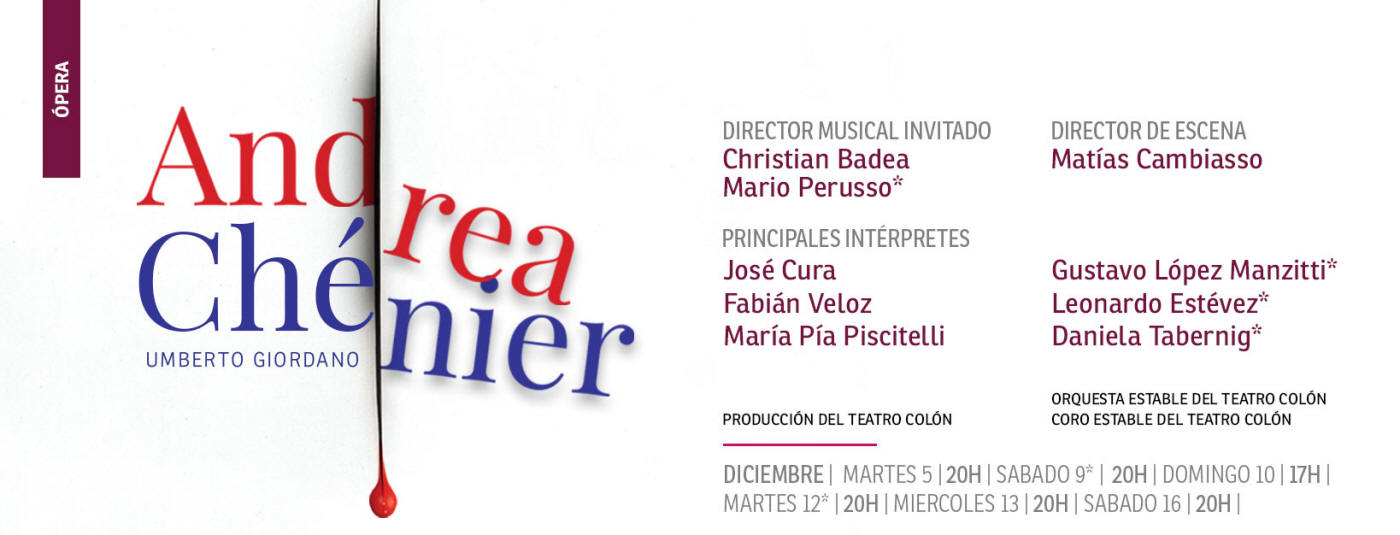
.jpg)
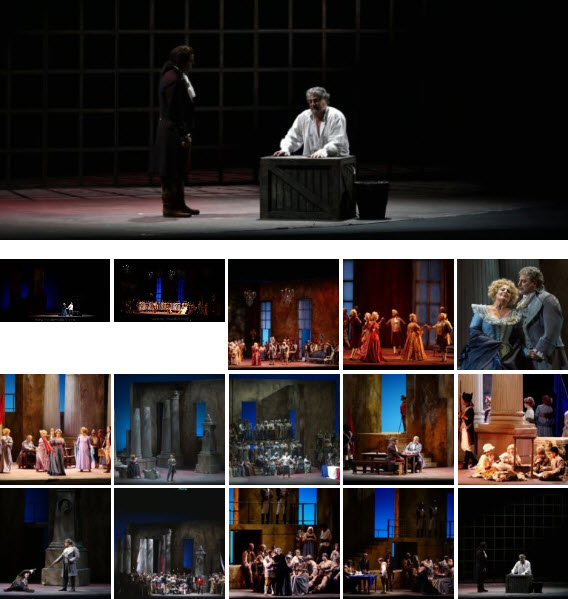
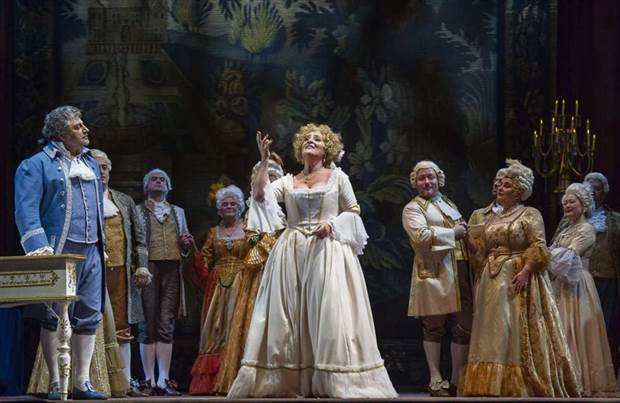
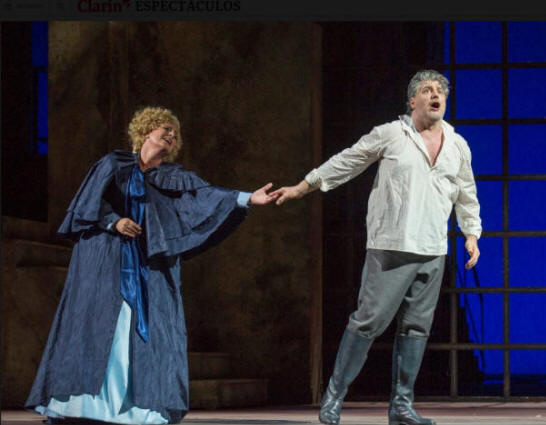
.jpg)
.jpg)
.jpg)
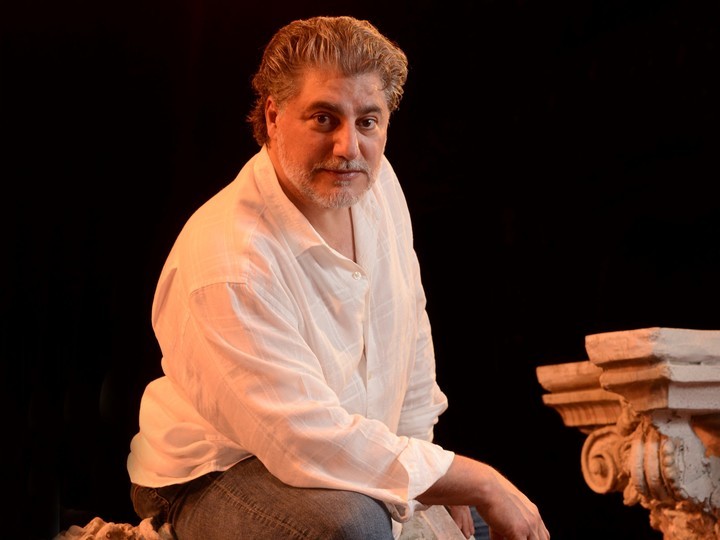
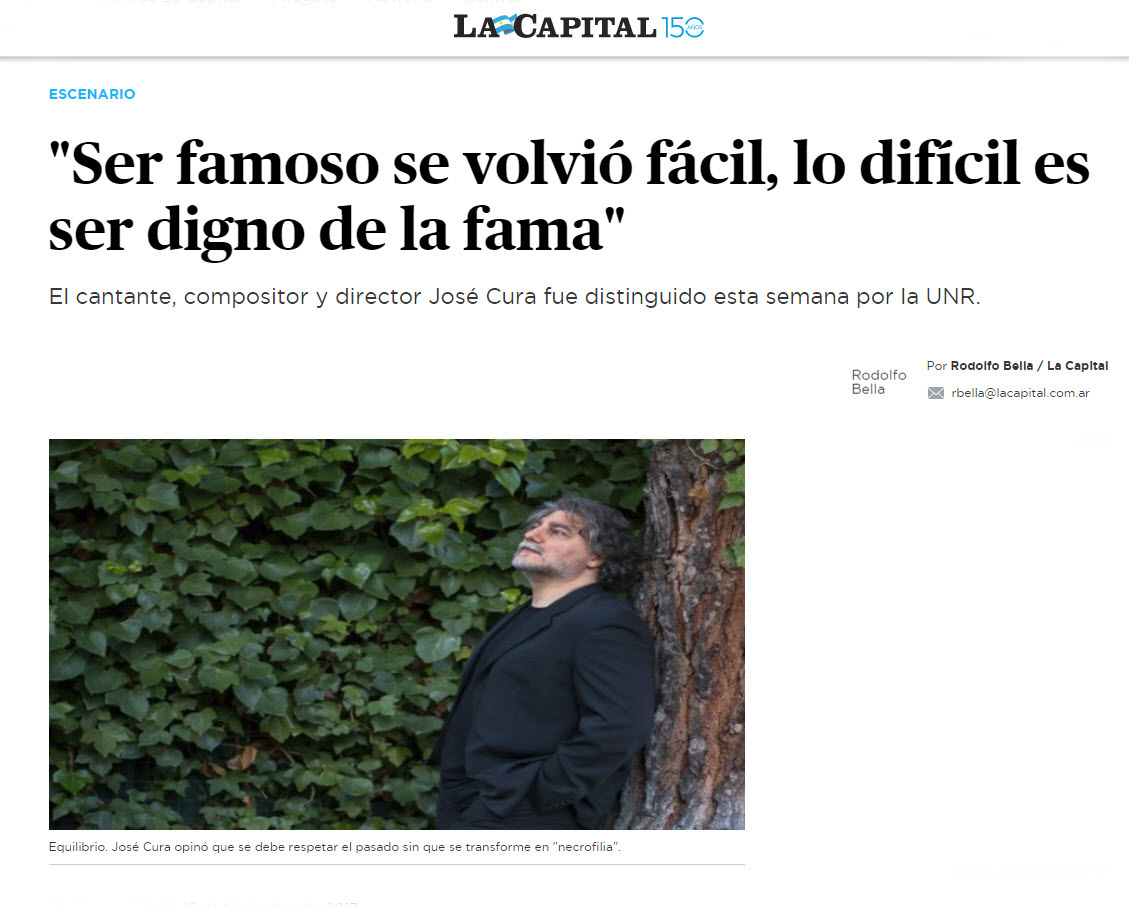
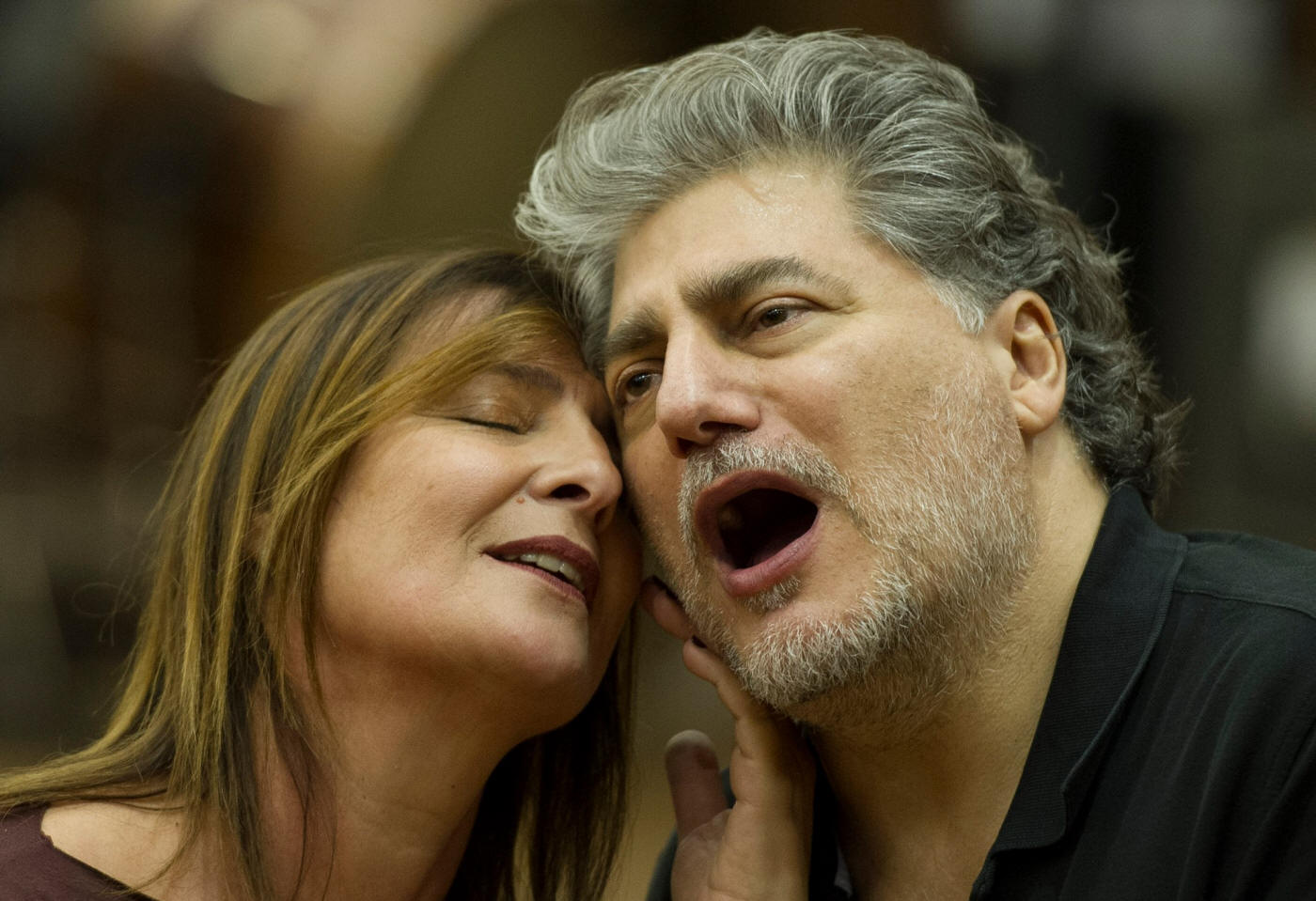
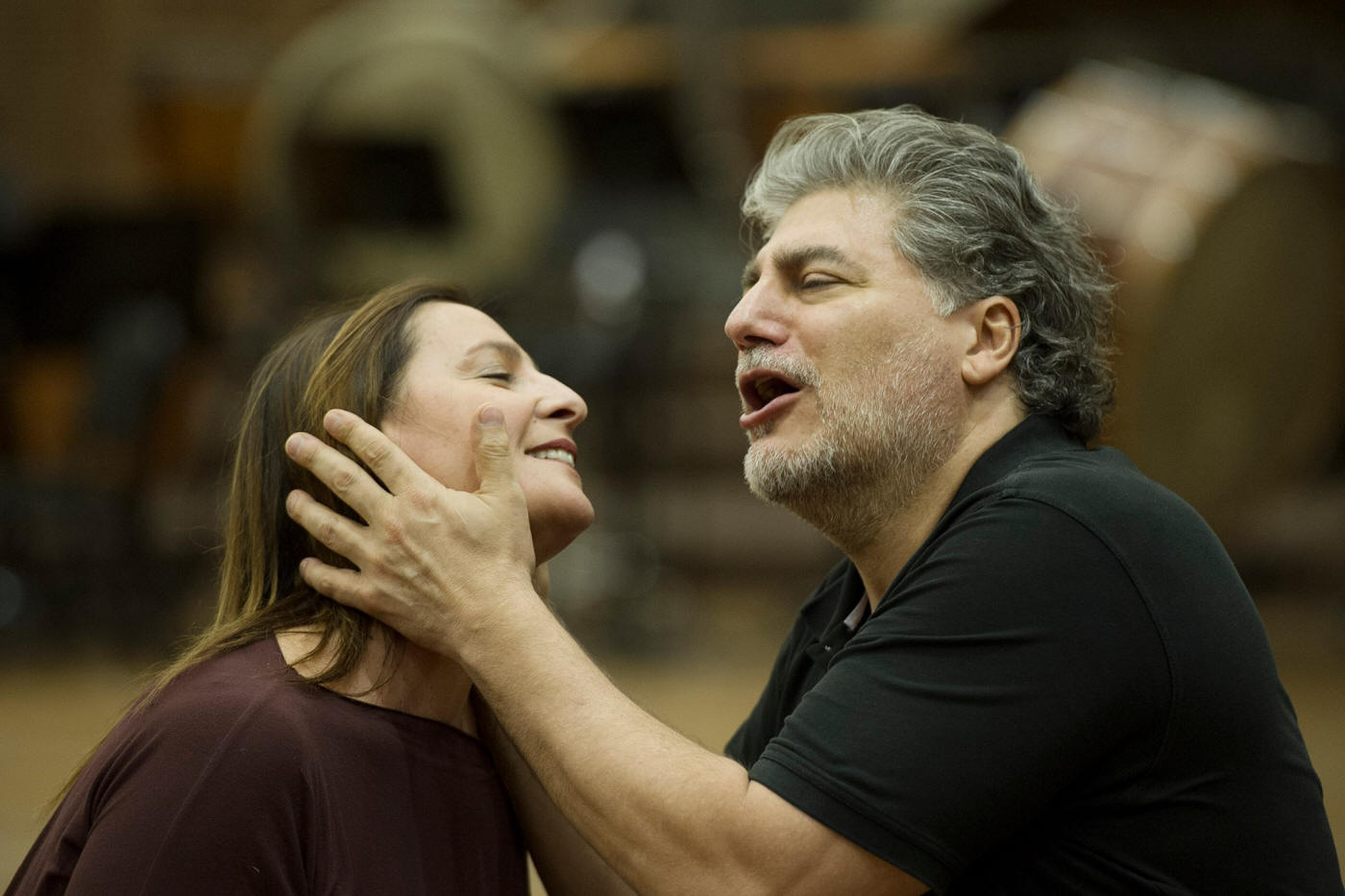
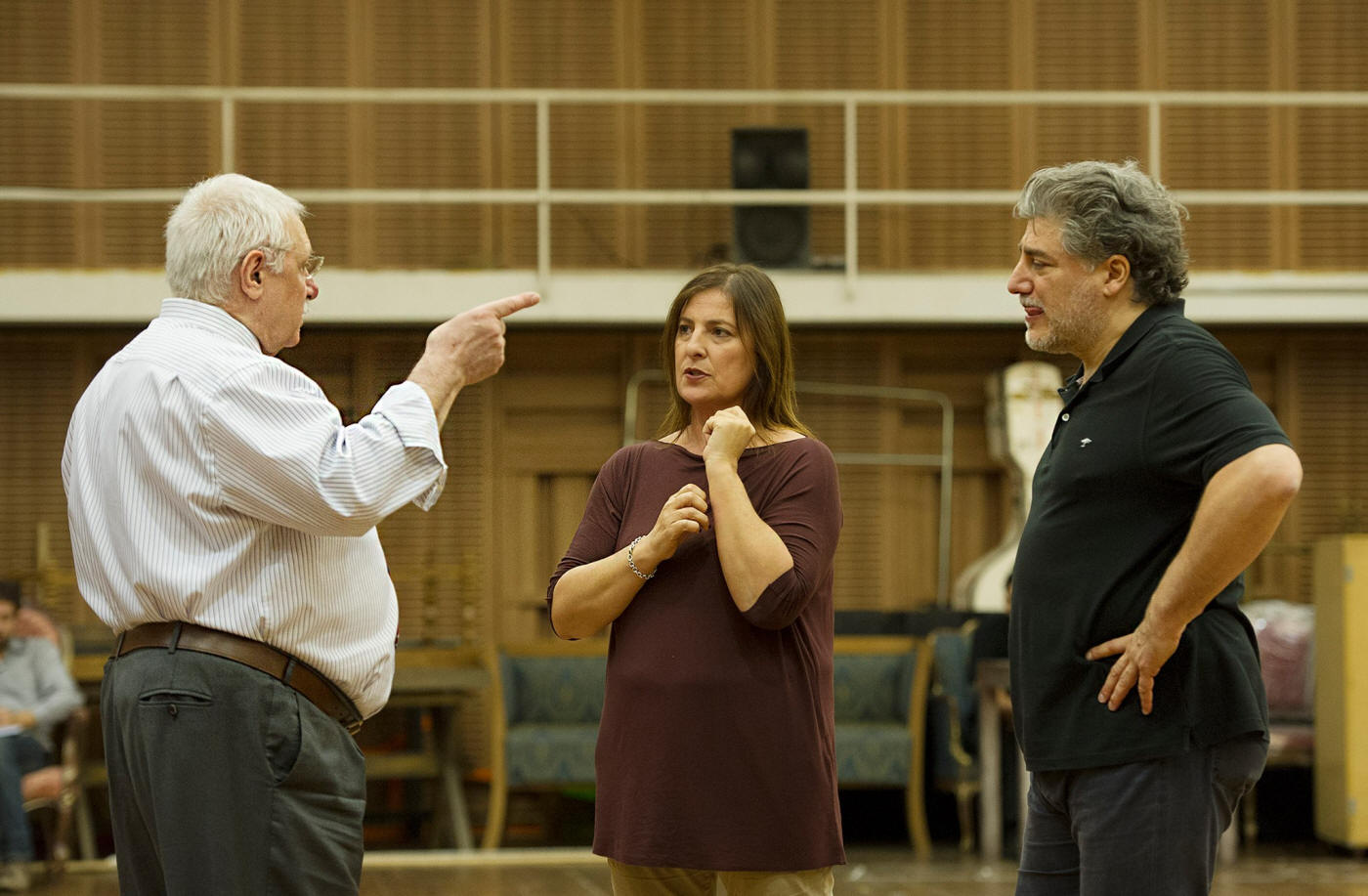

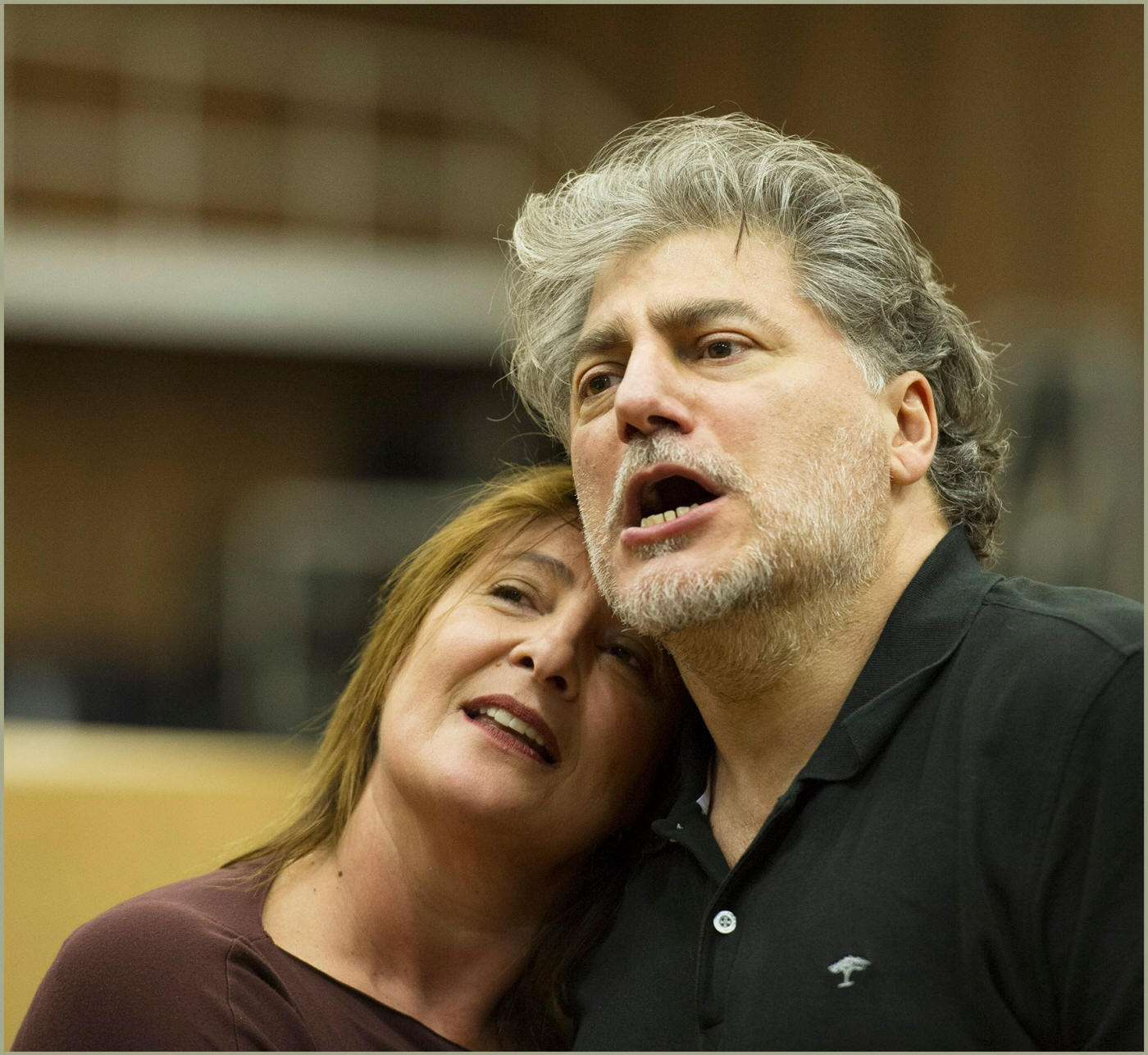
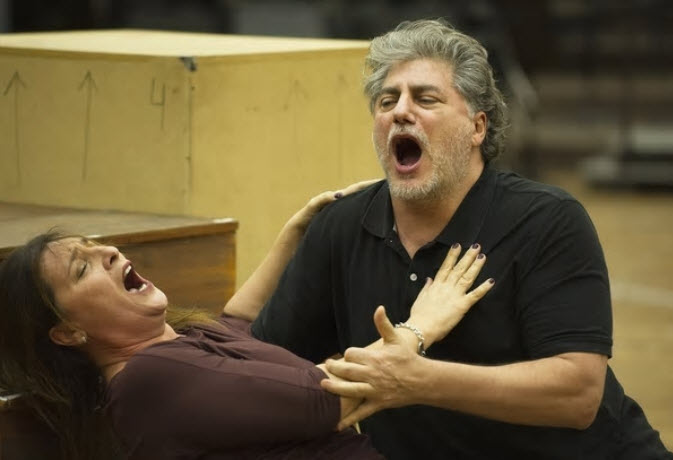
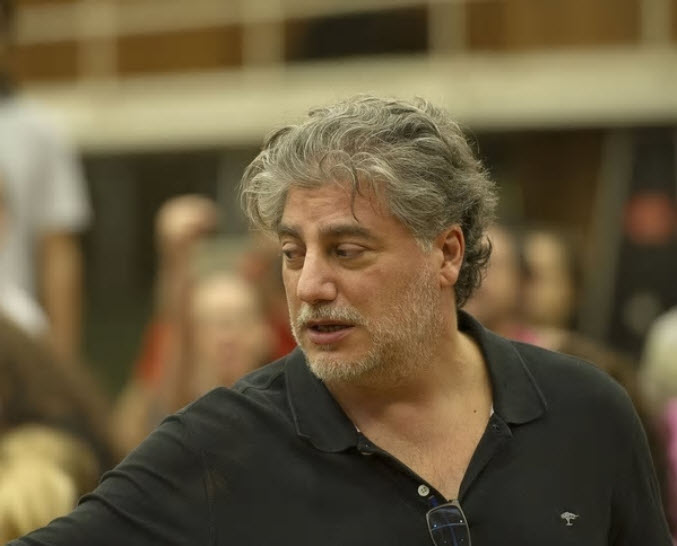
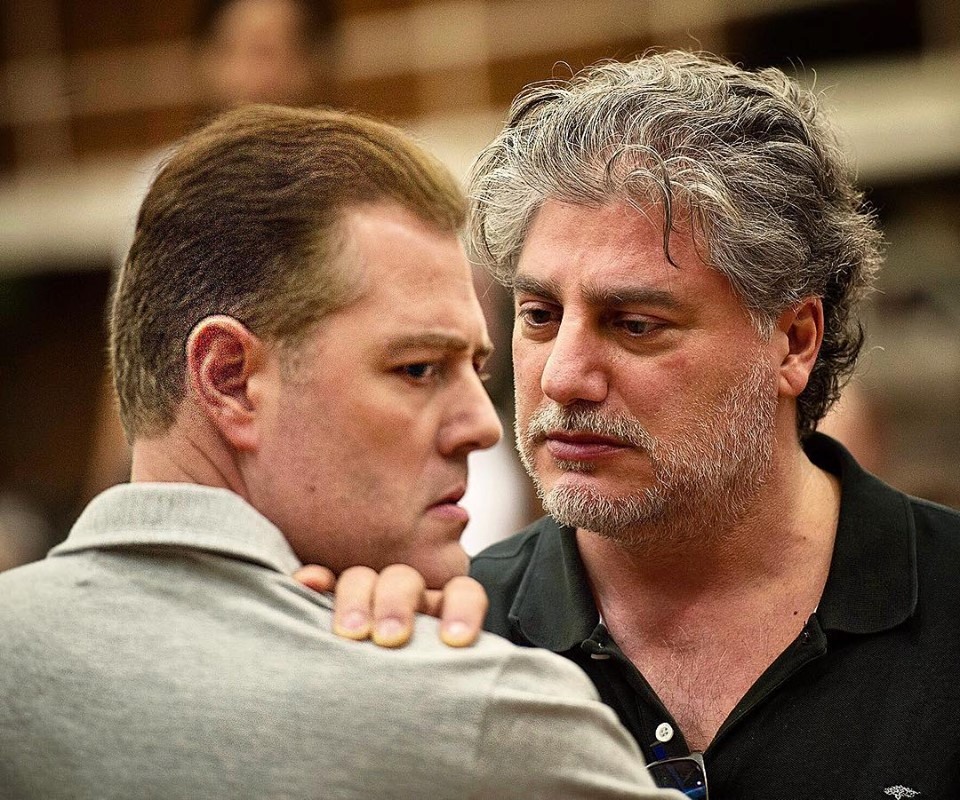
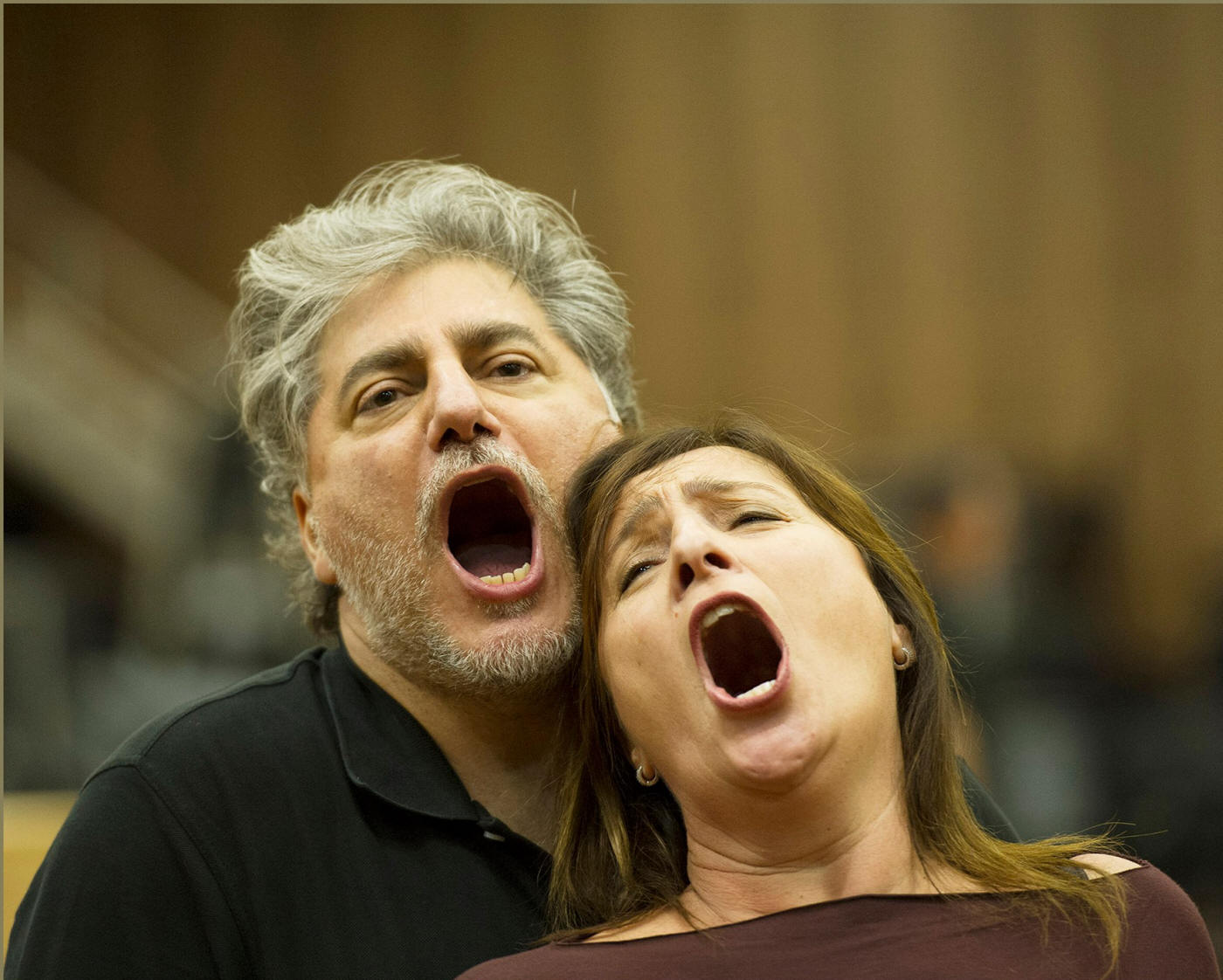
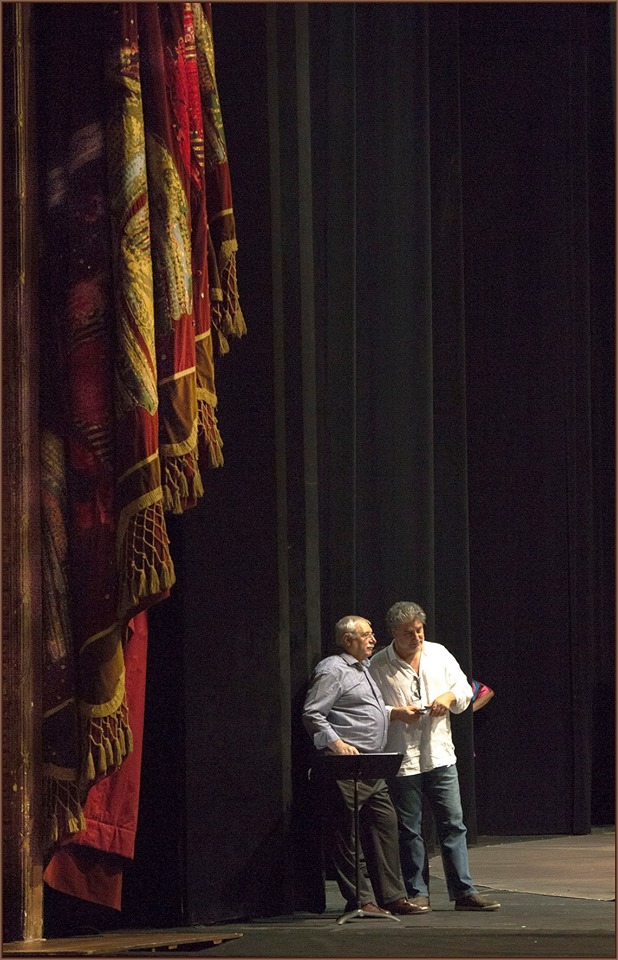
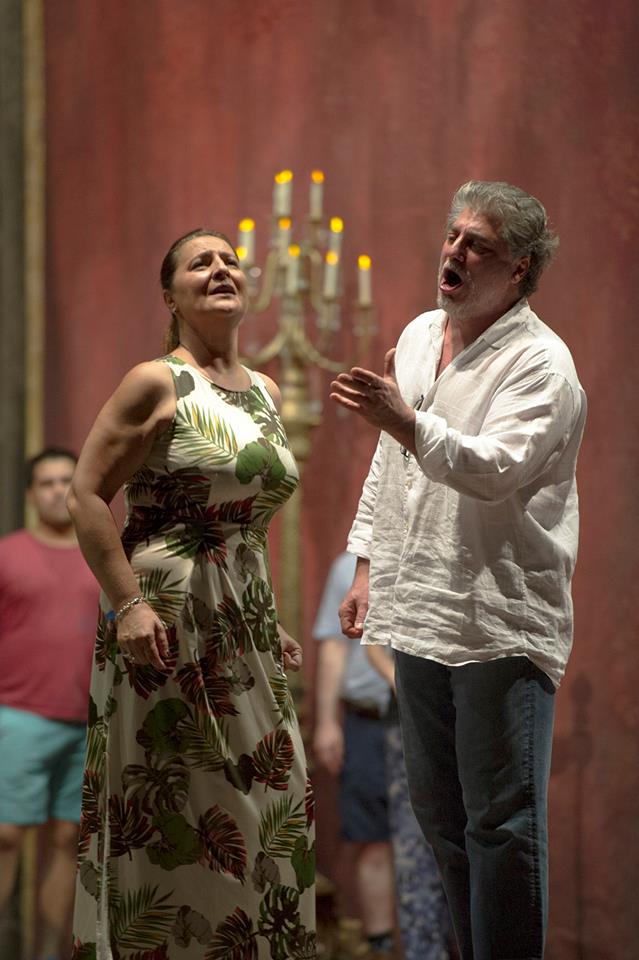
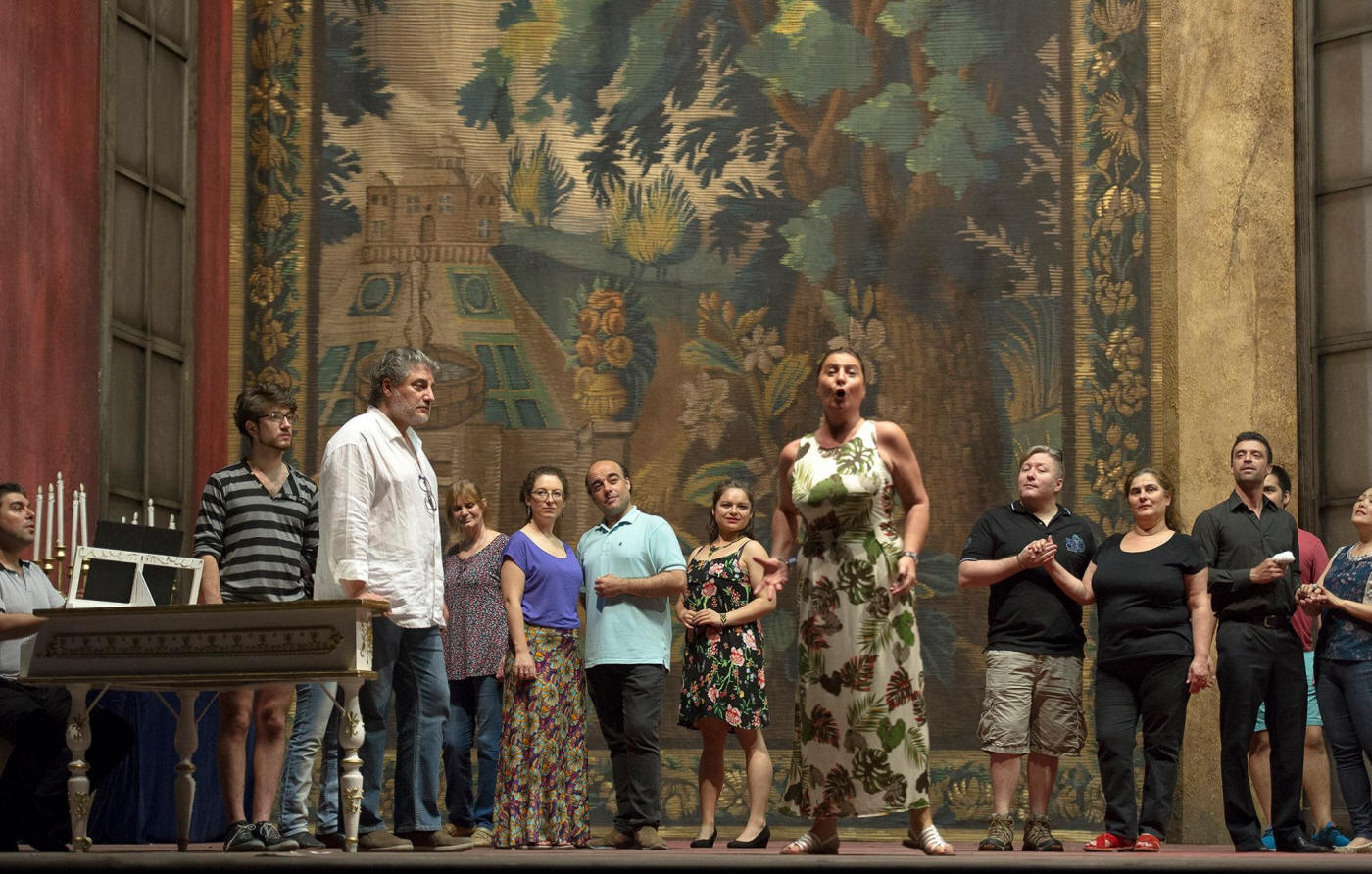
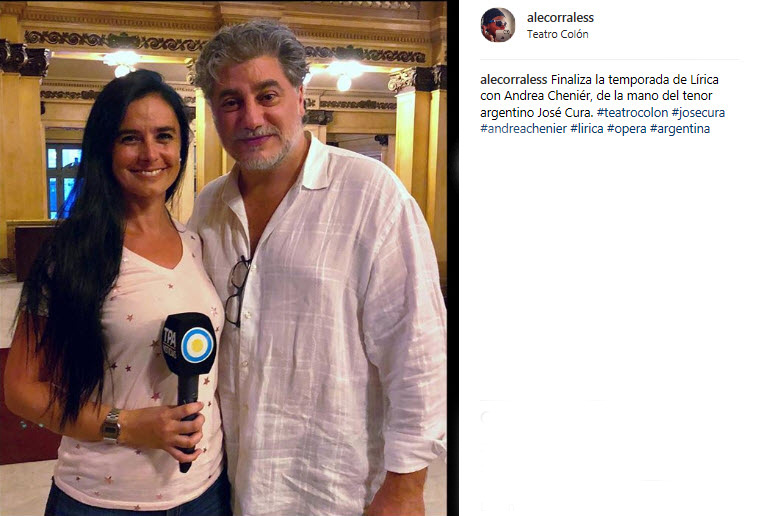

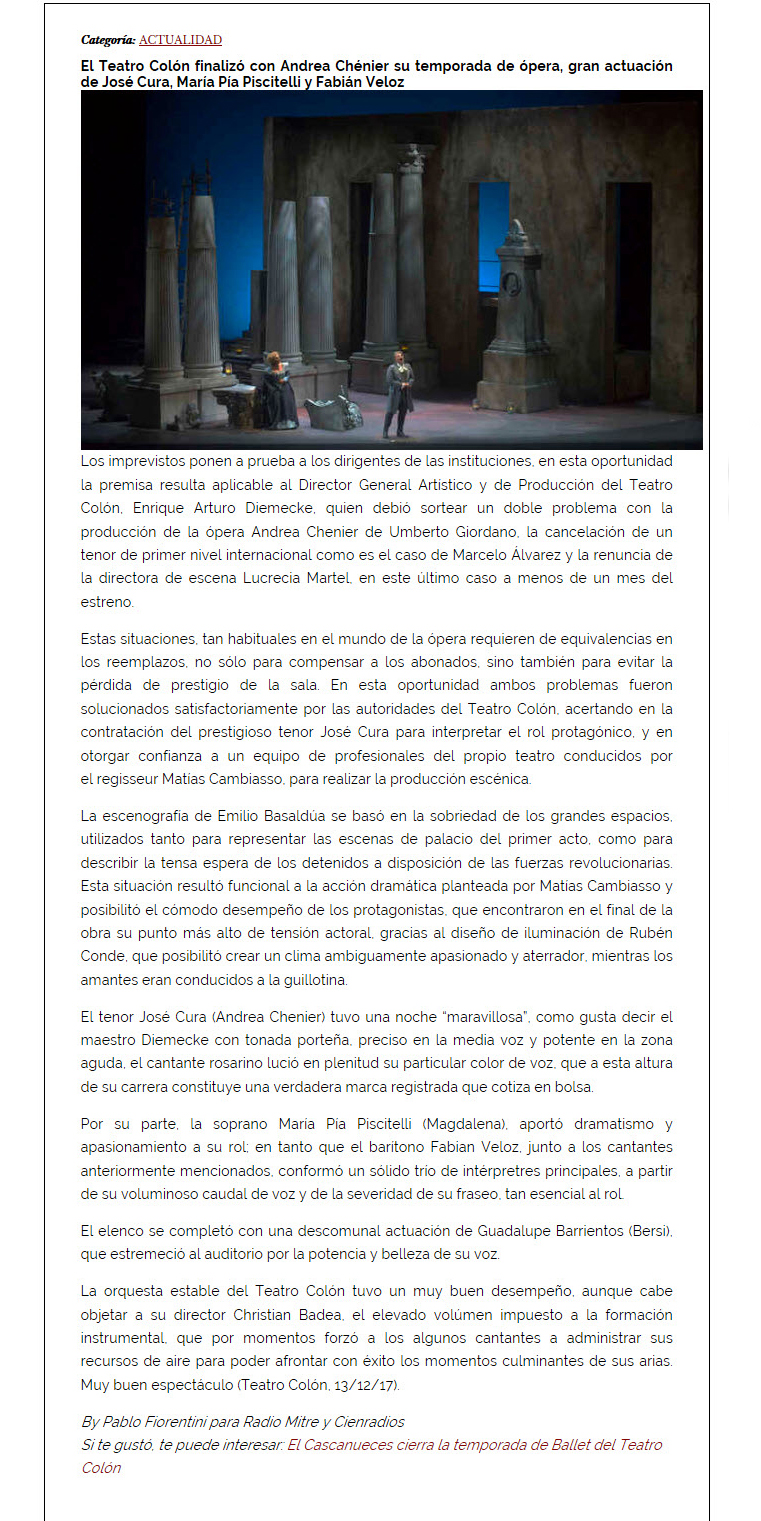
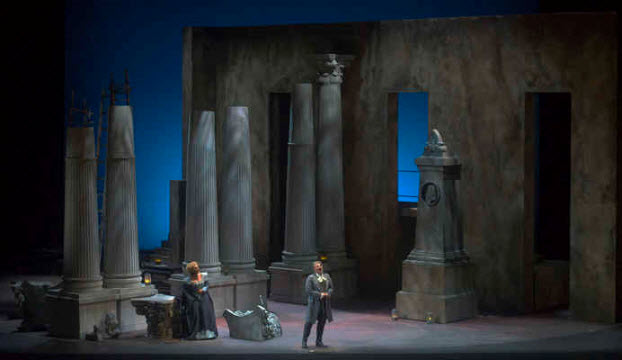

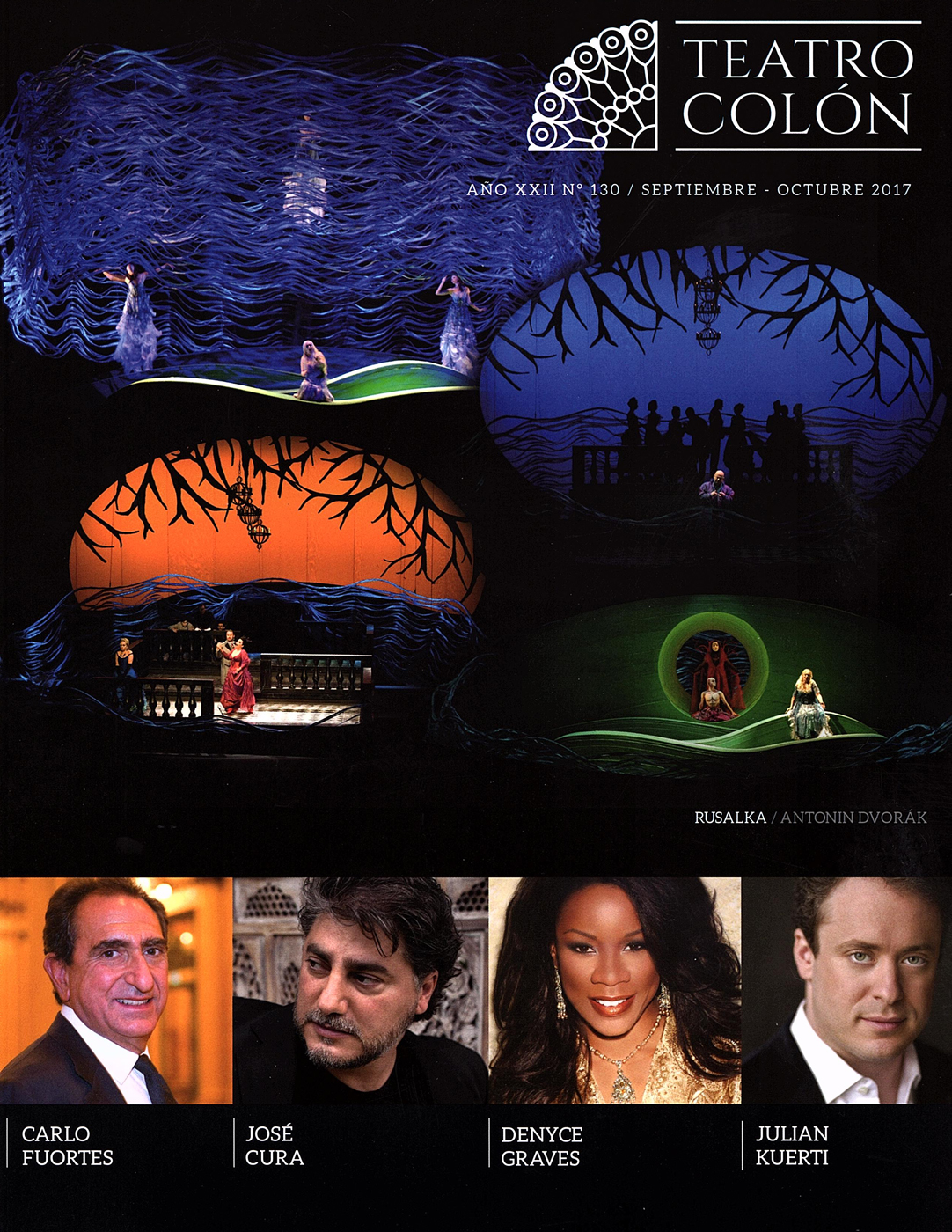
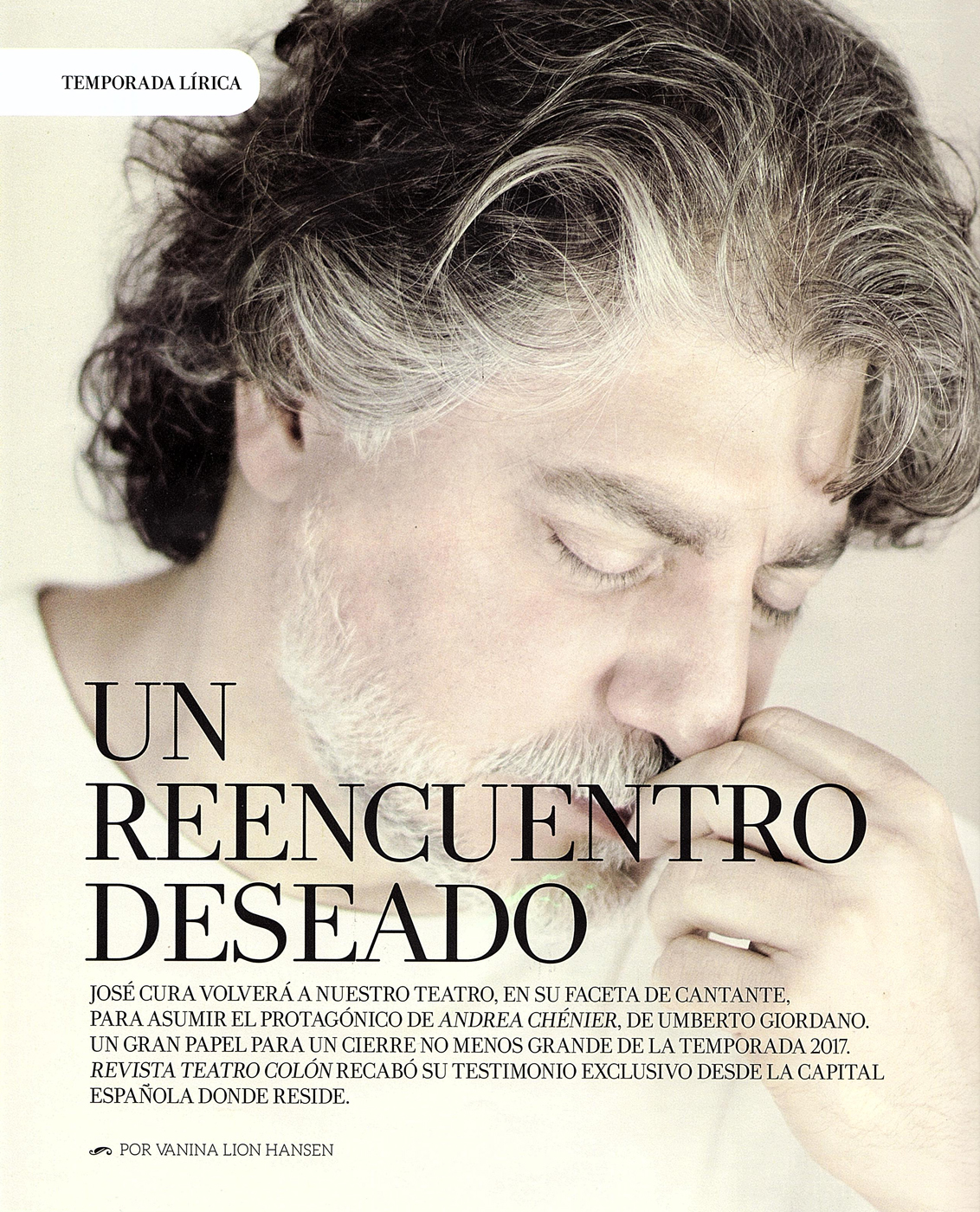
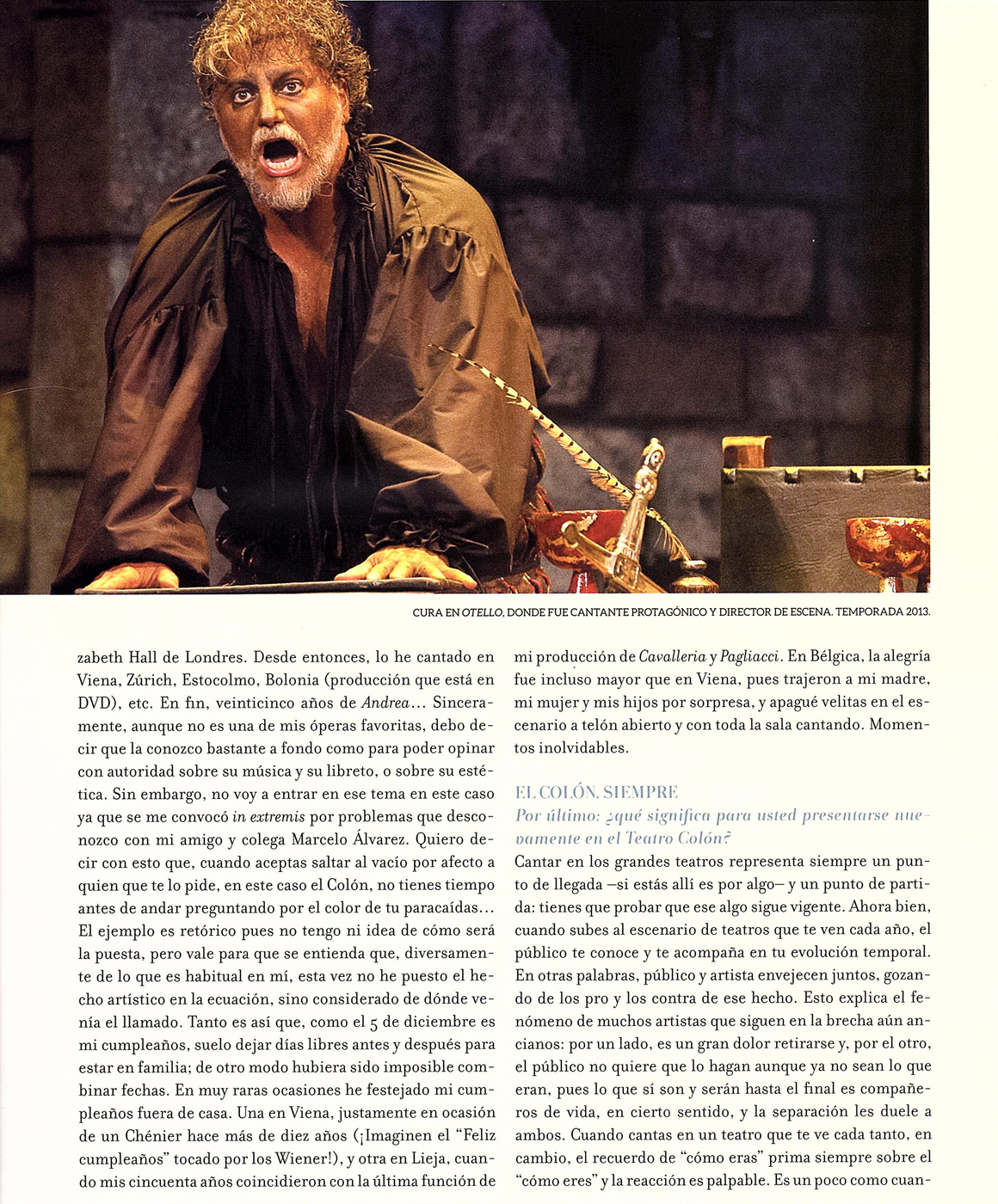
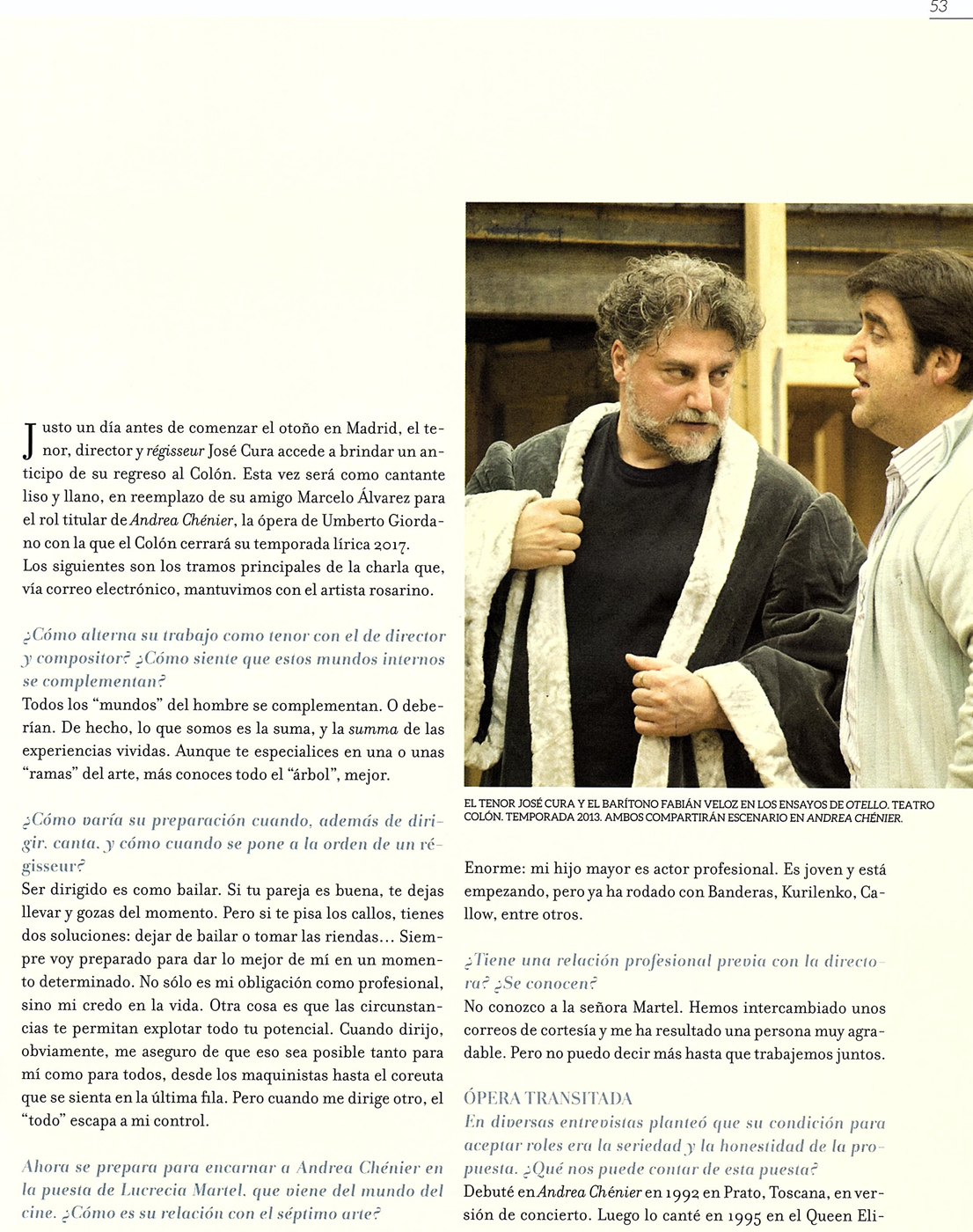
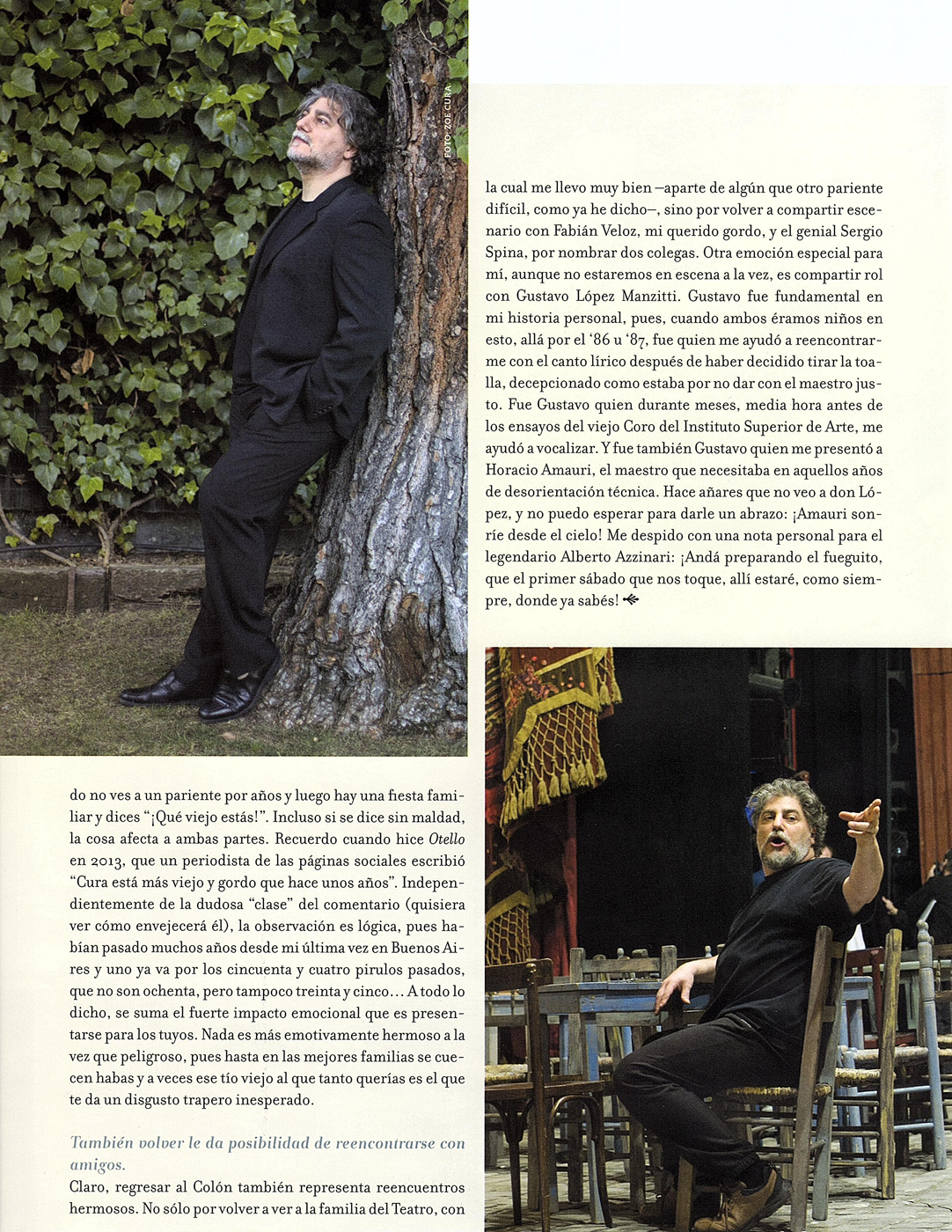
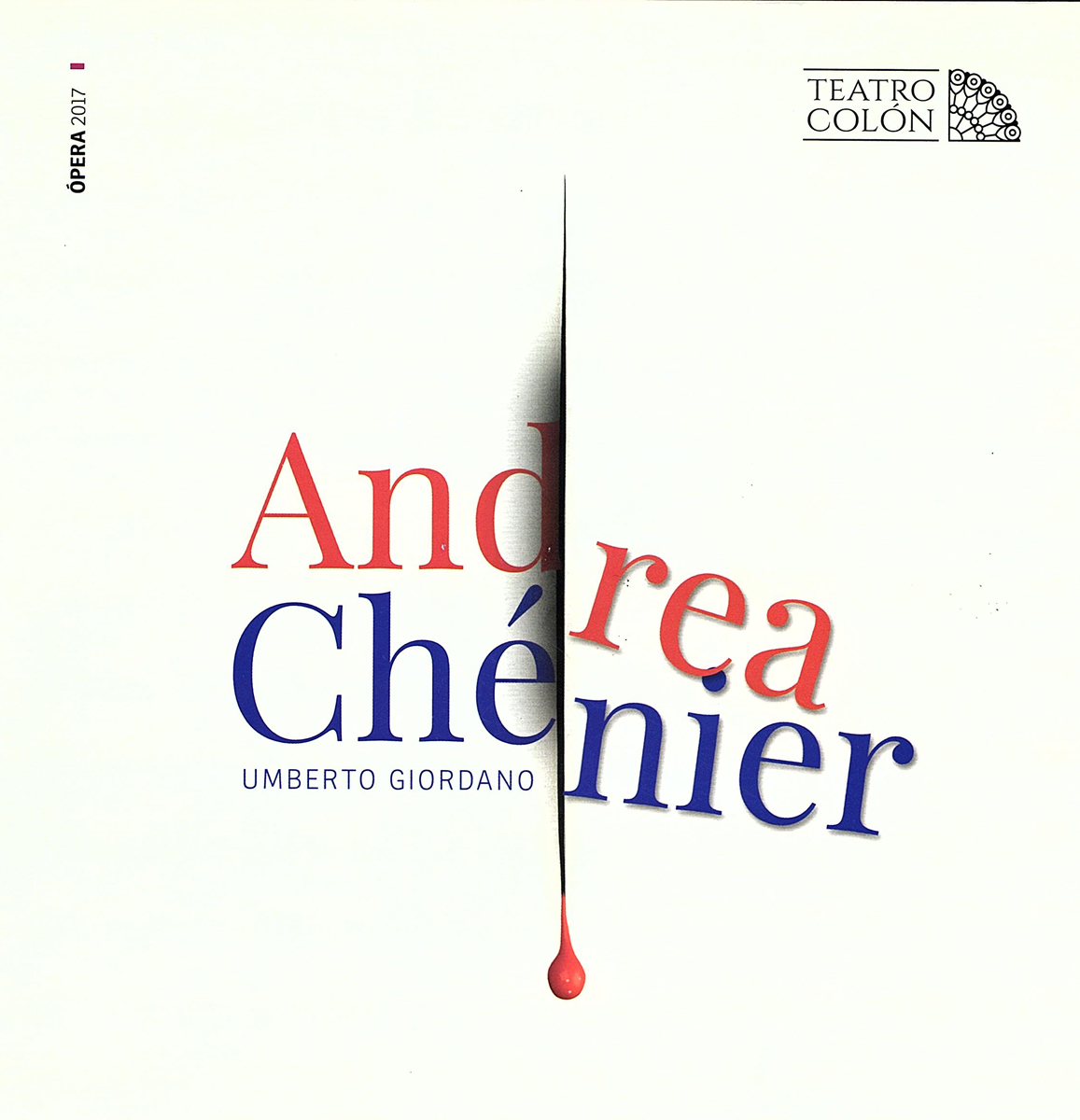
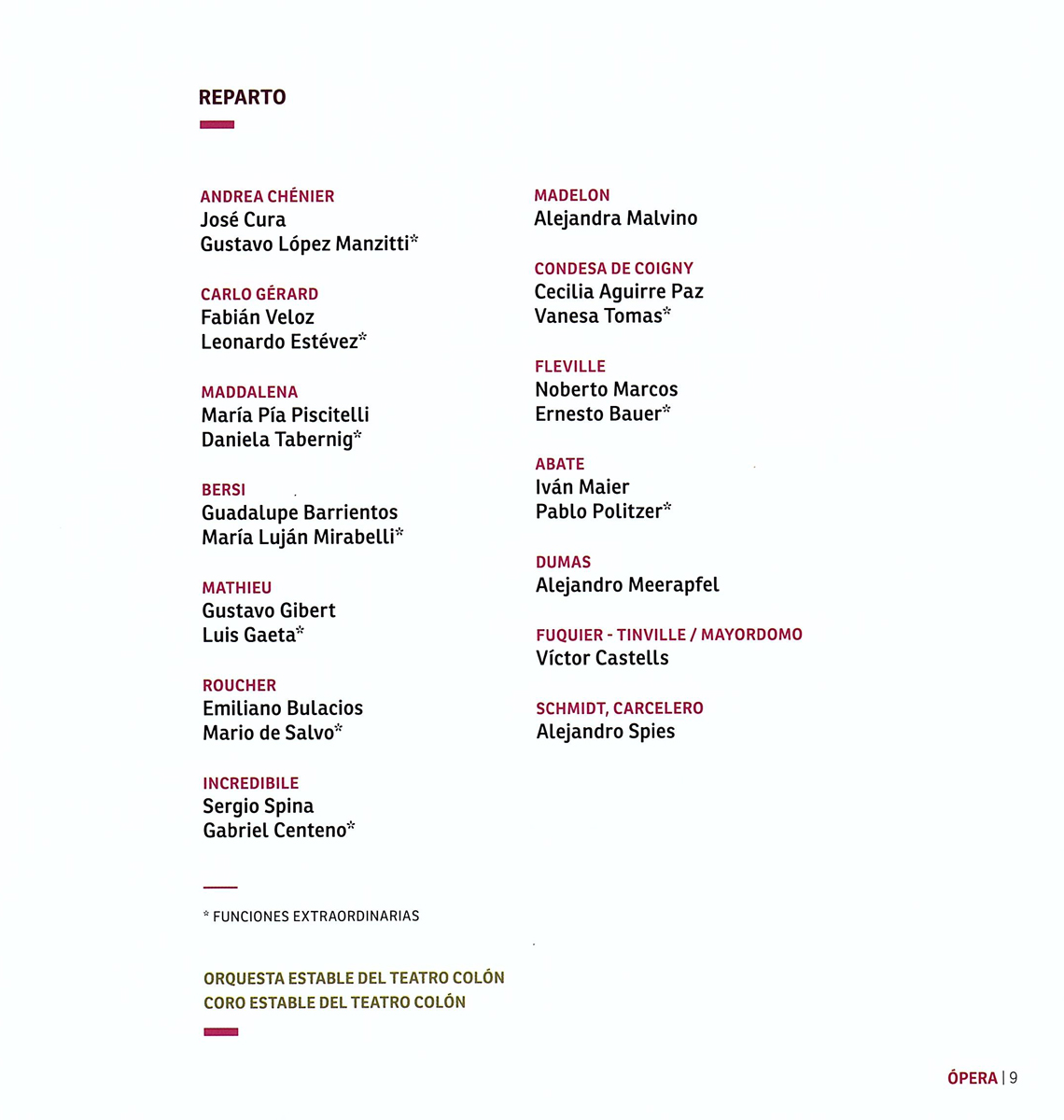
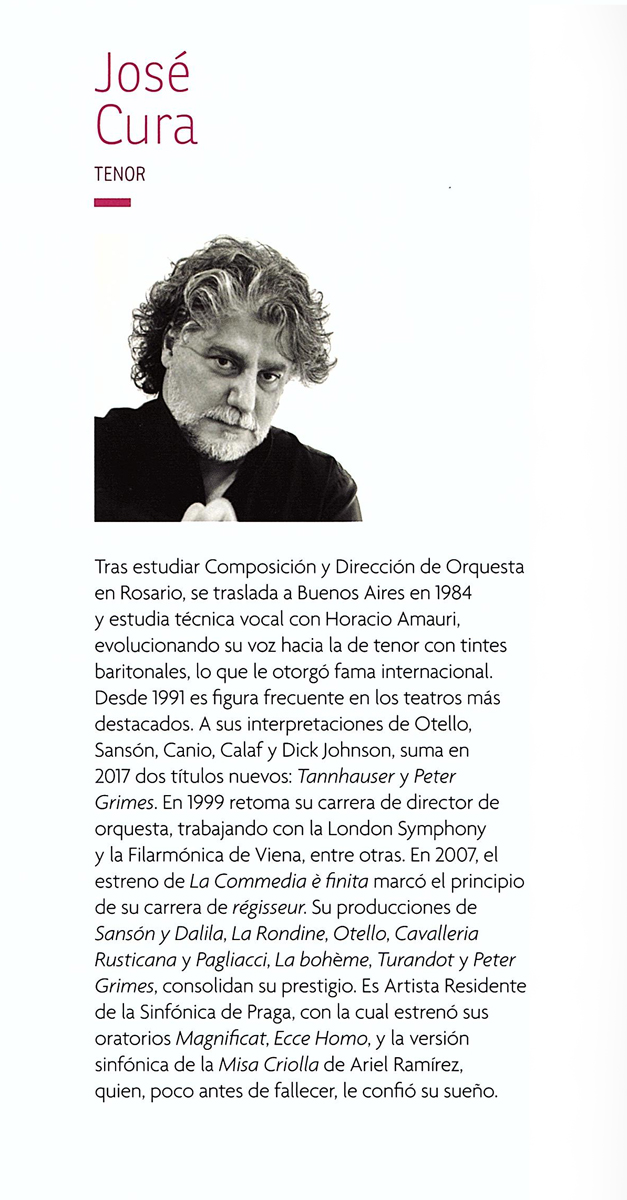
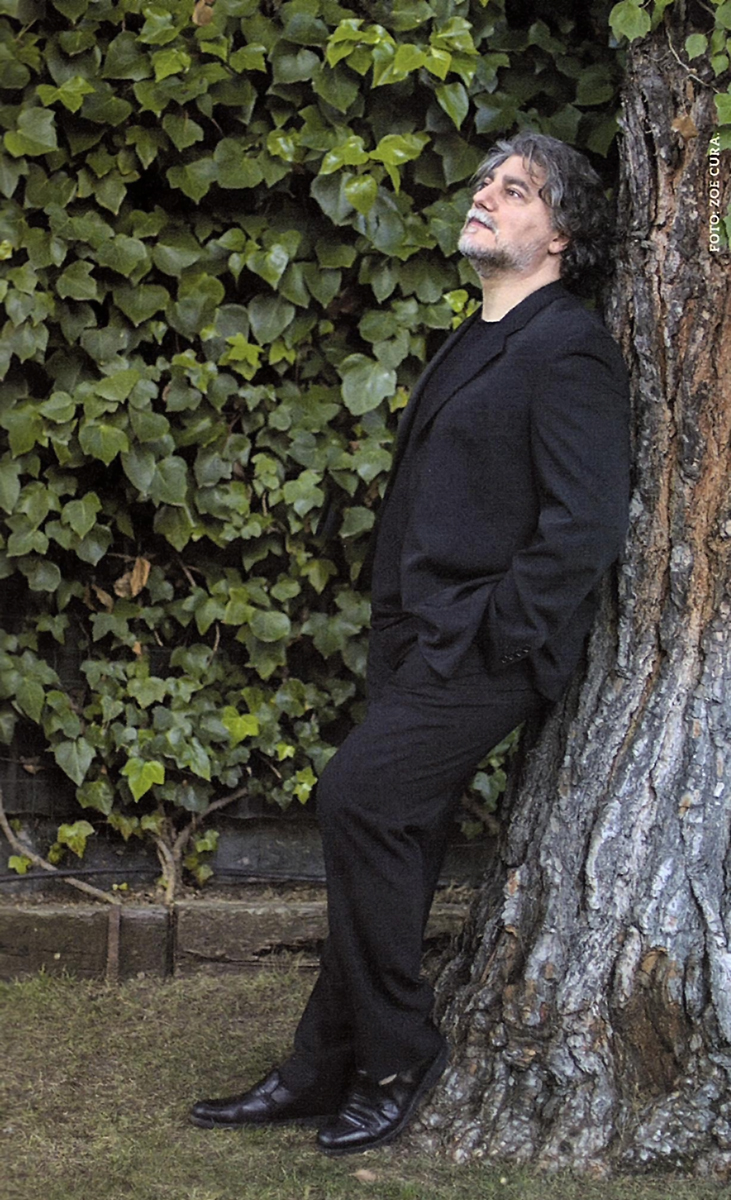
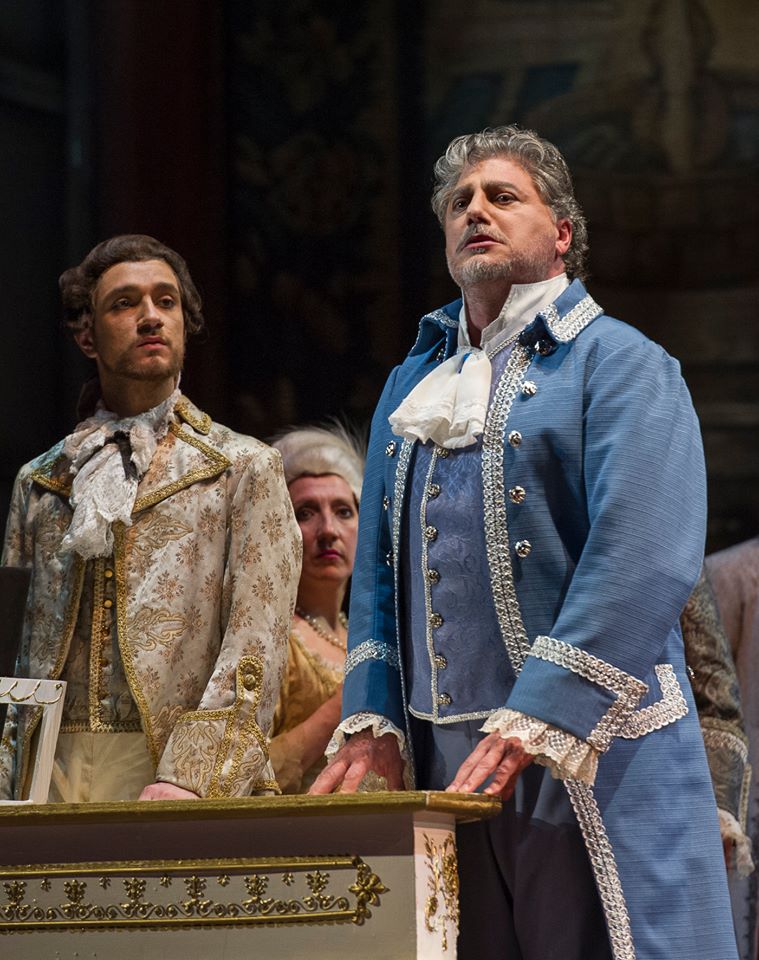
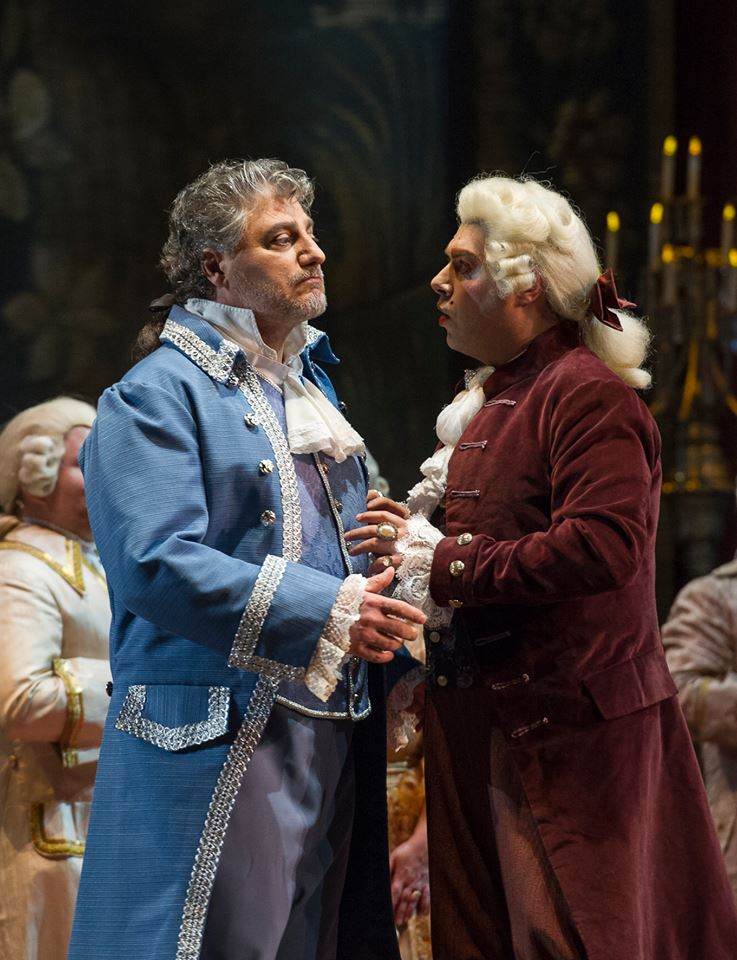
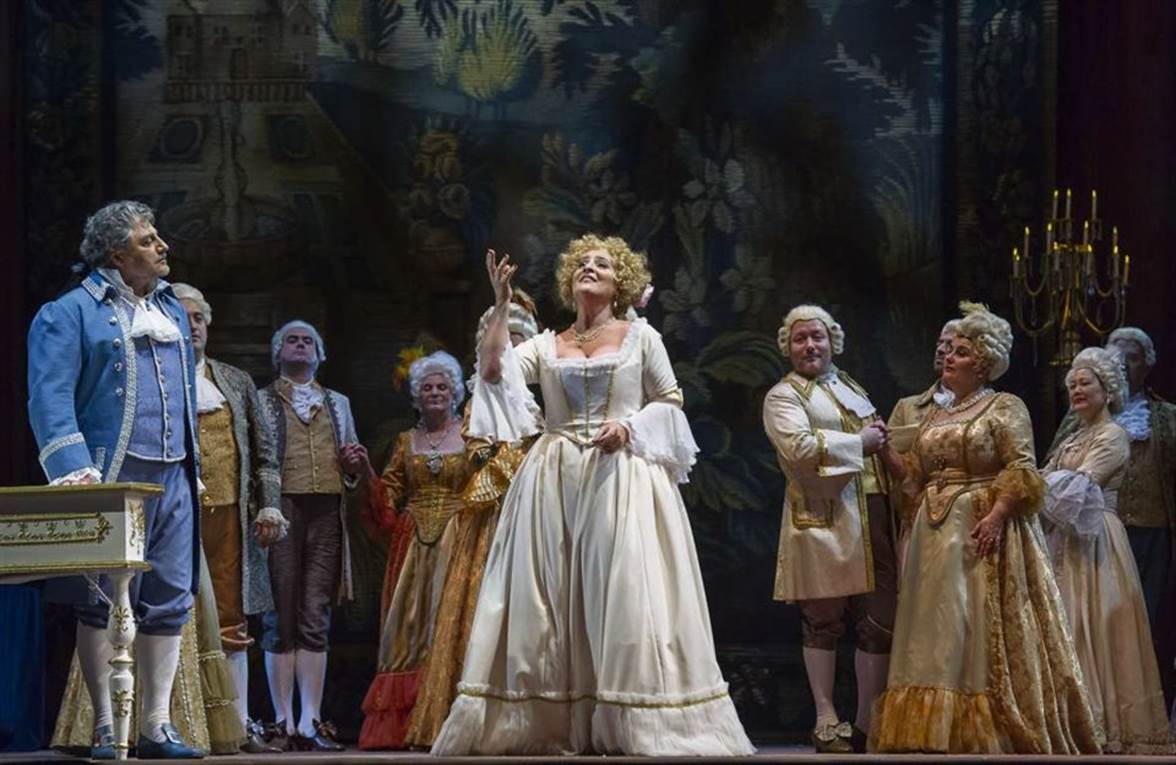
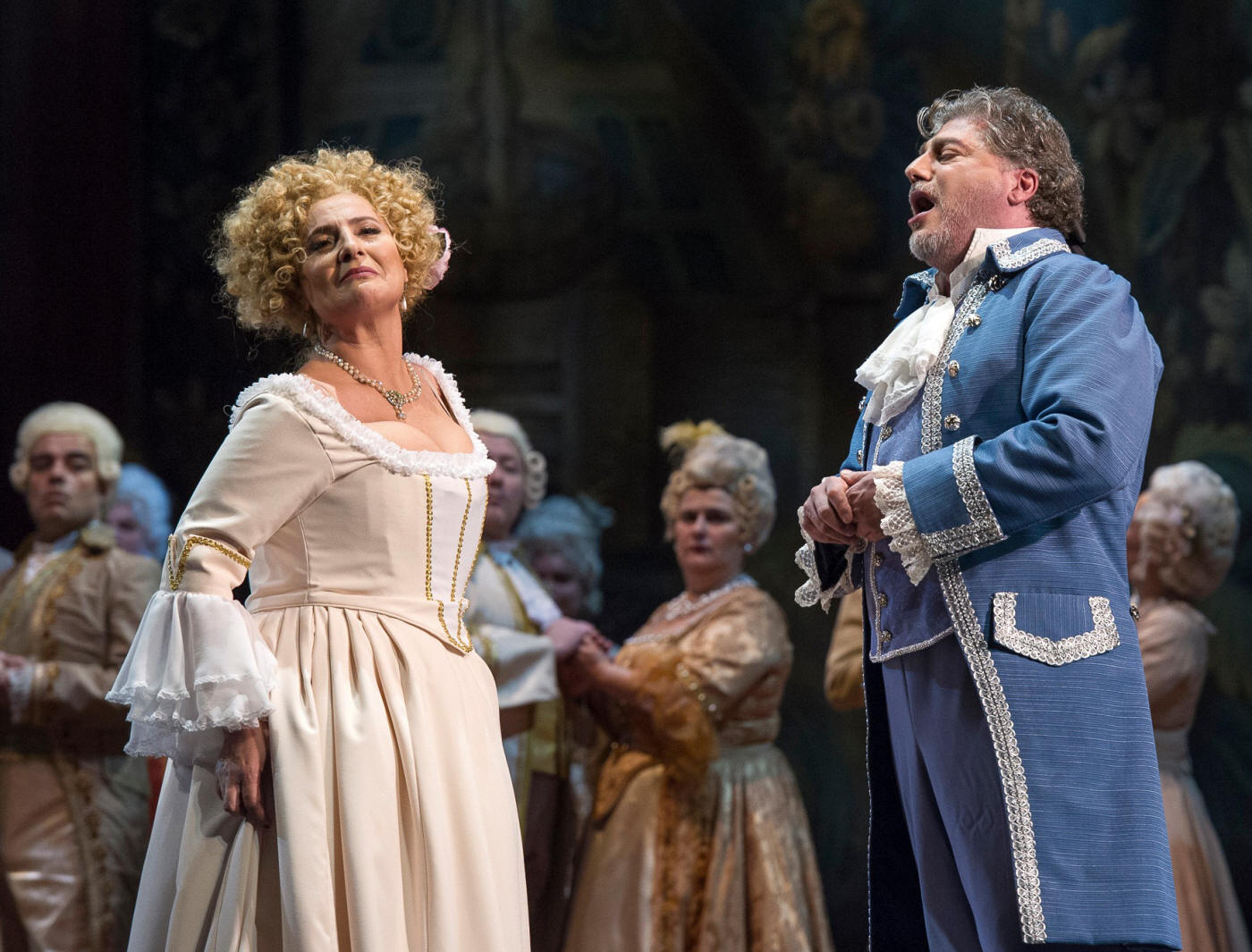
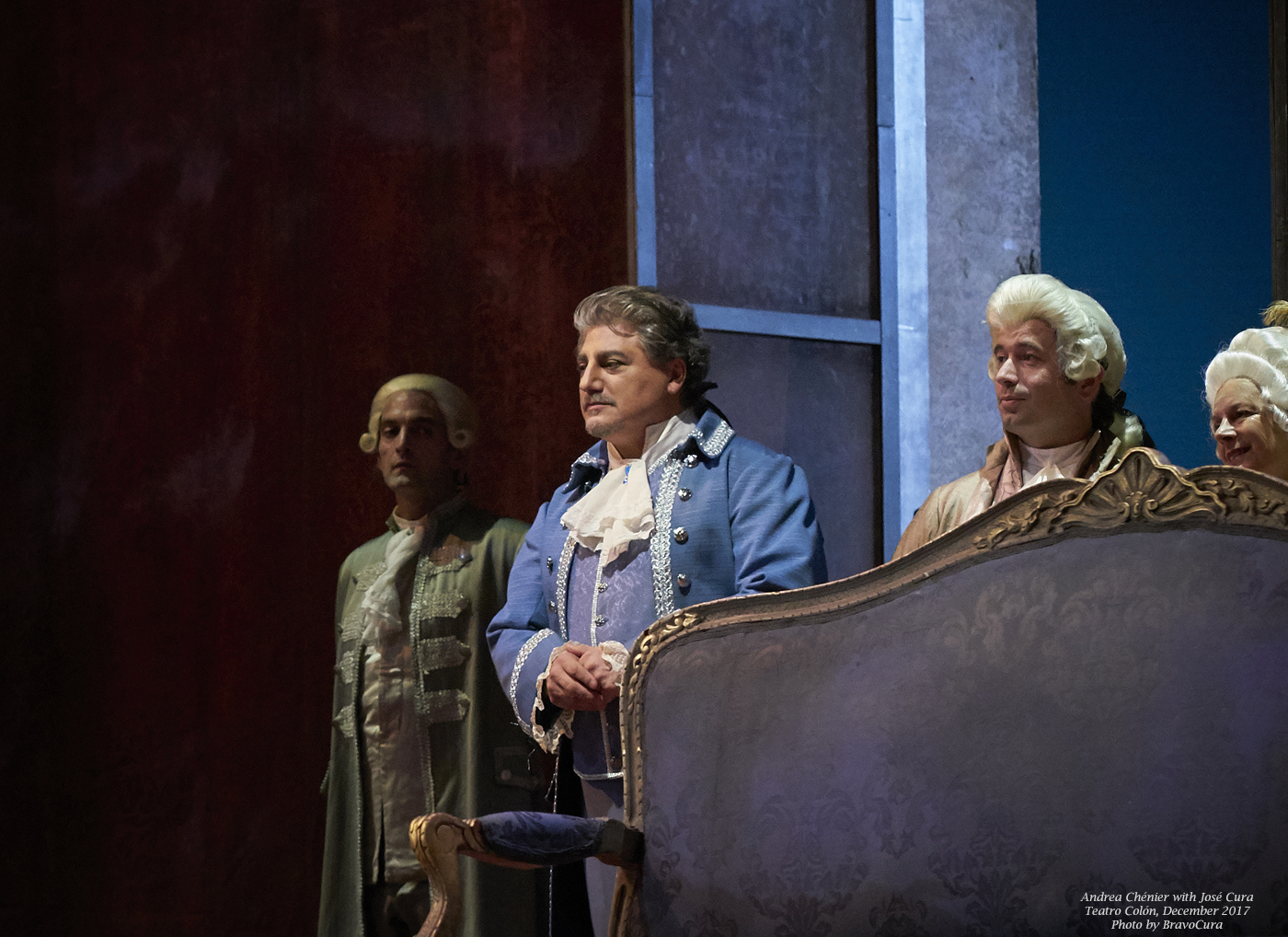
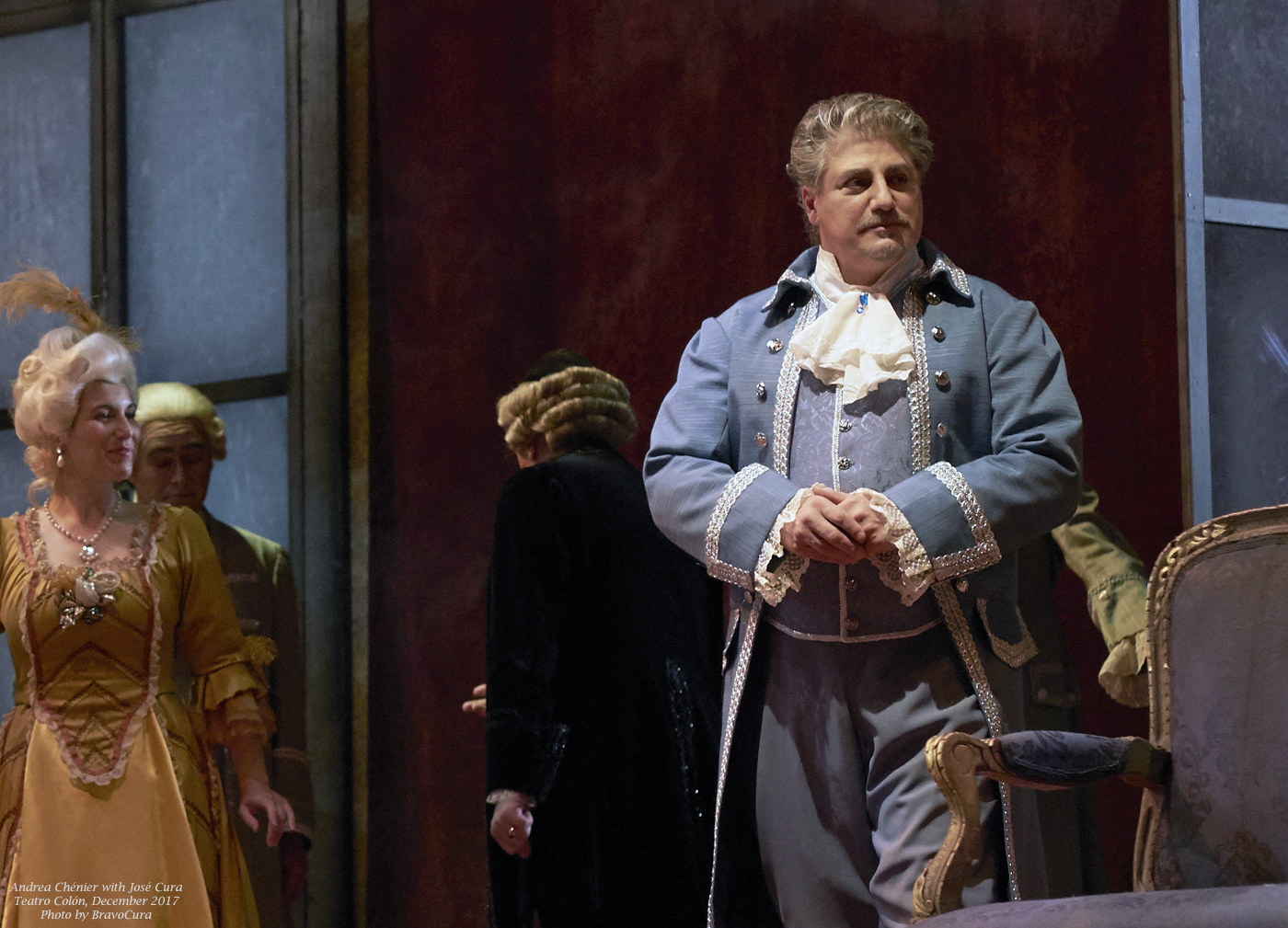
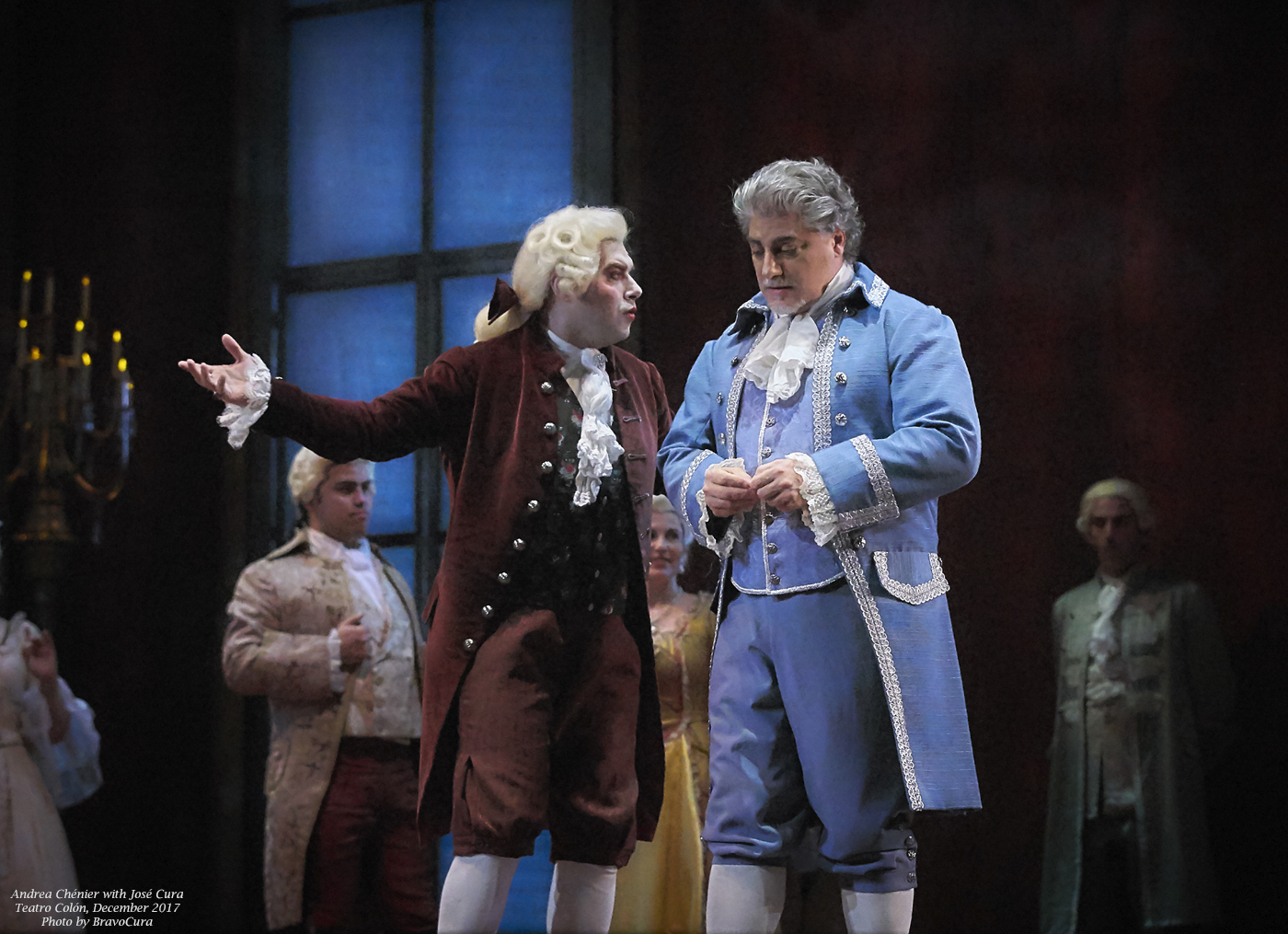
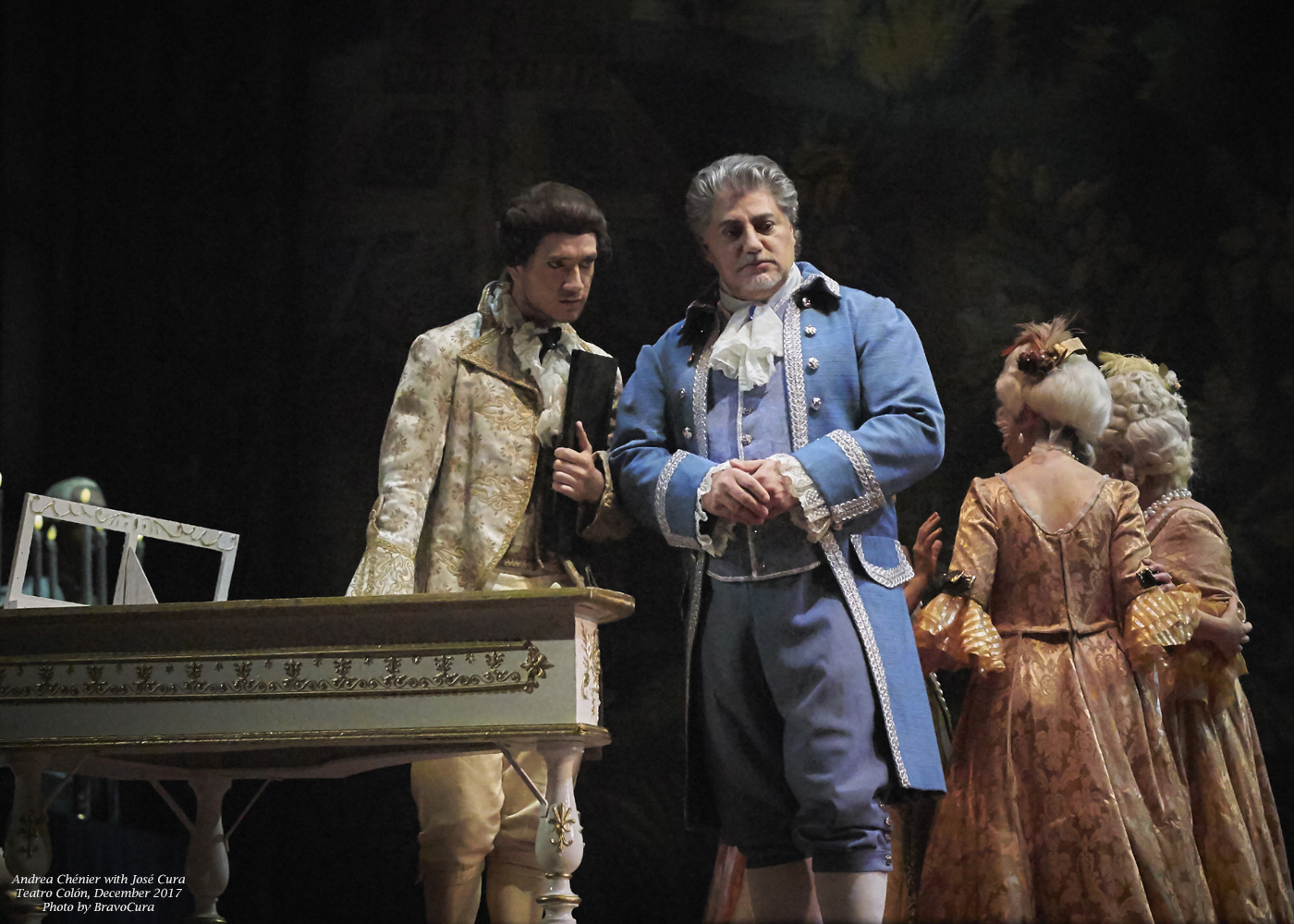
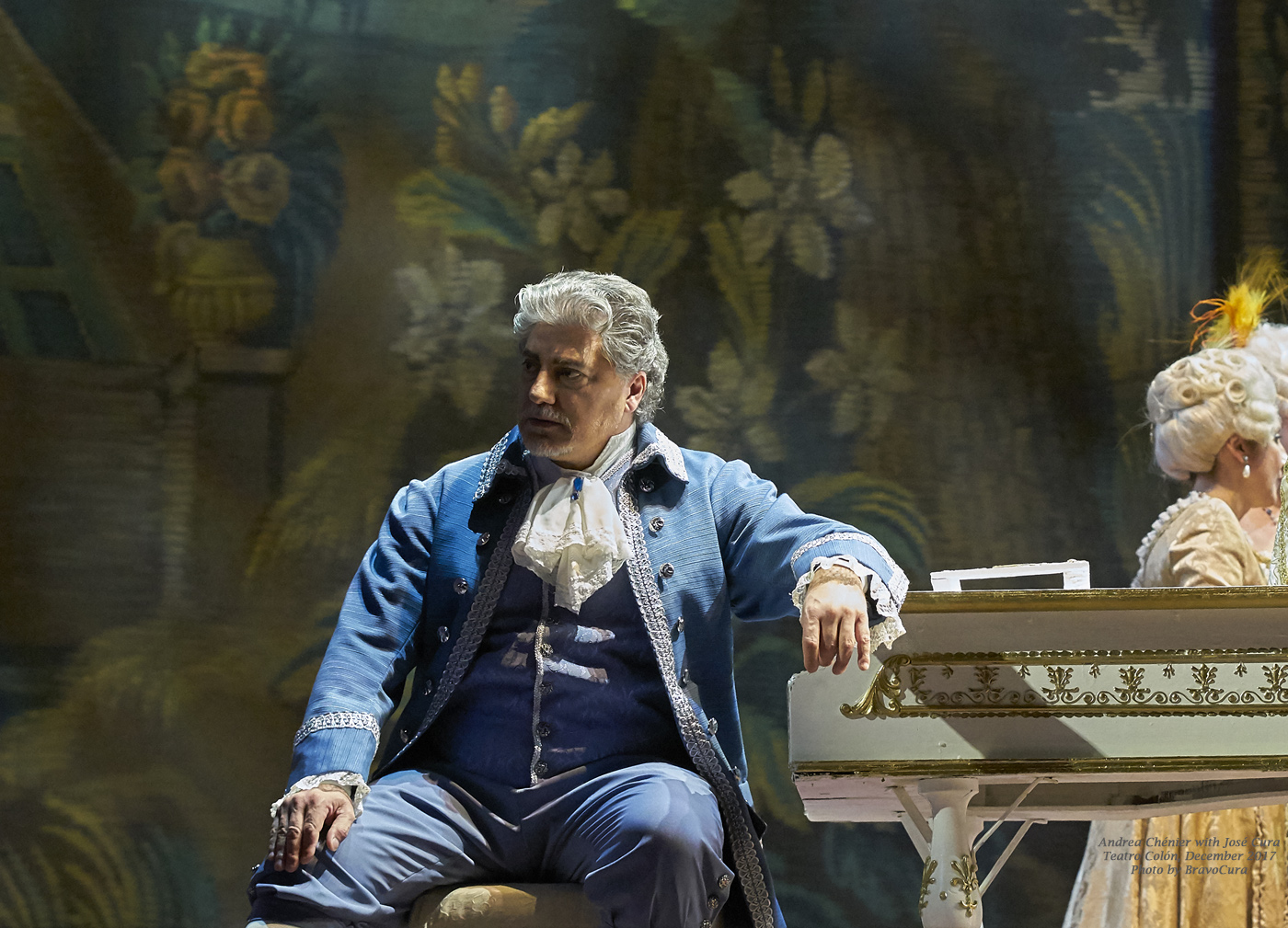
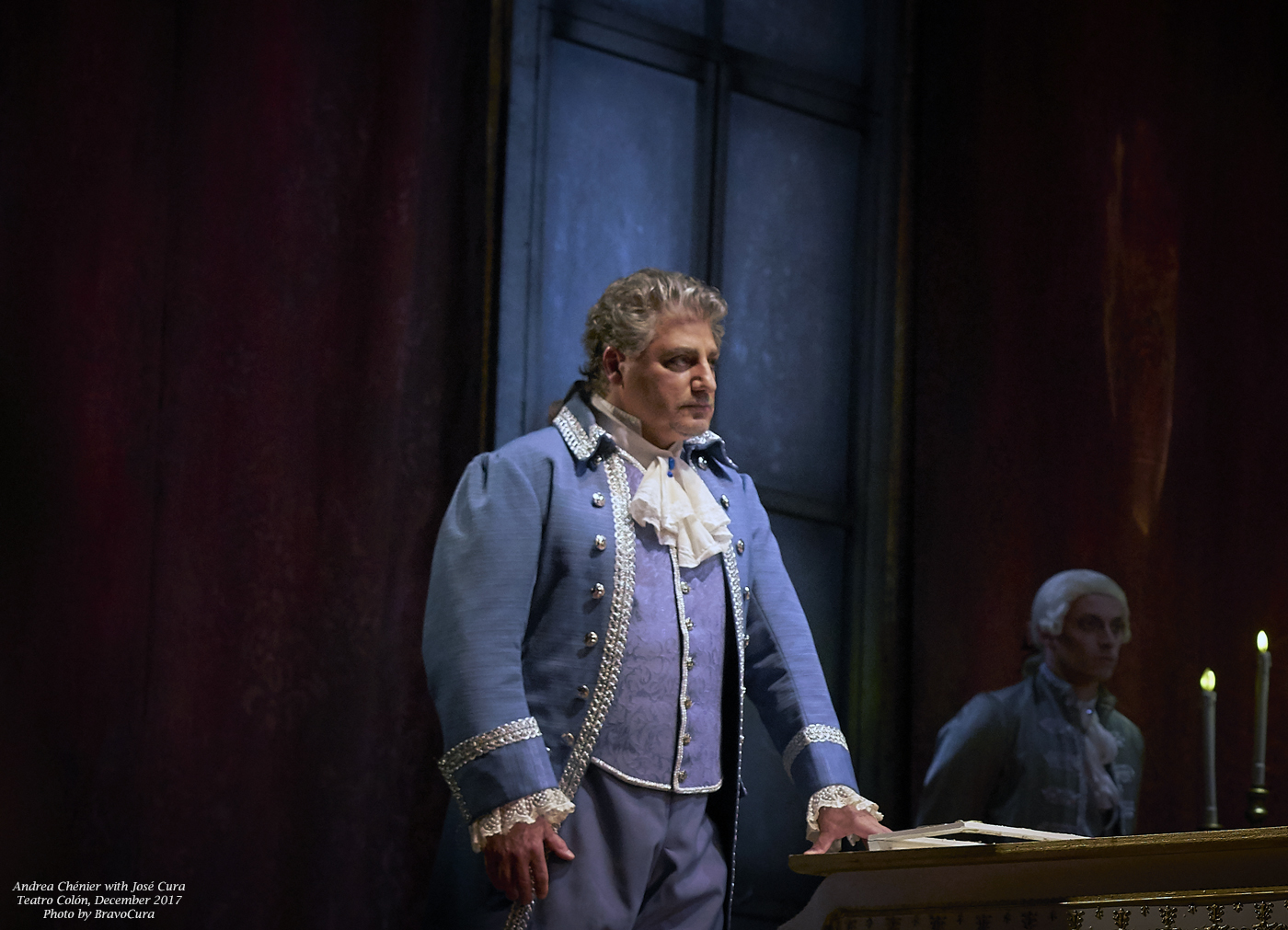
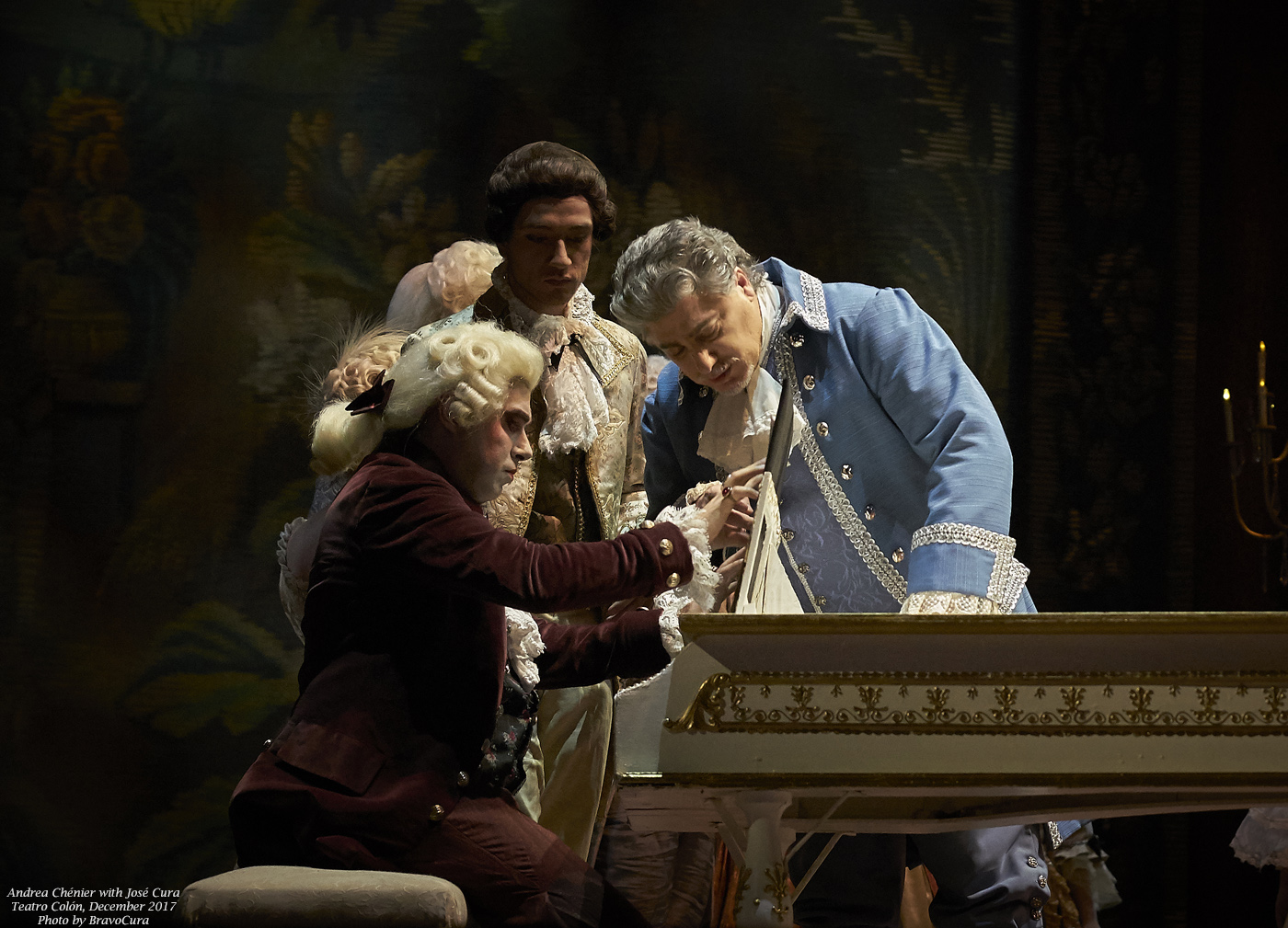
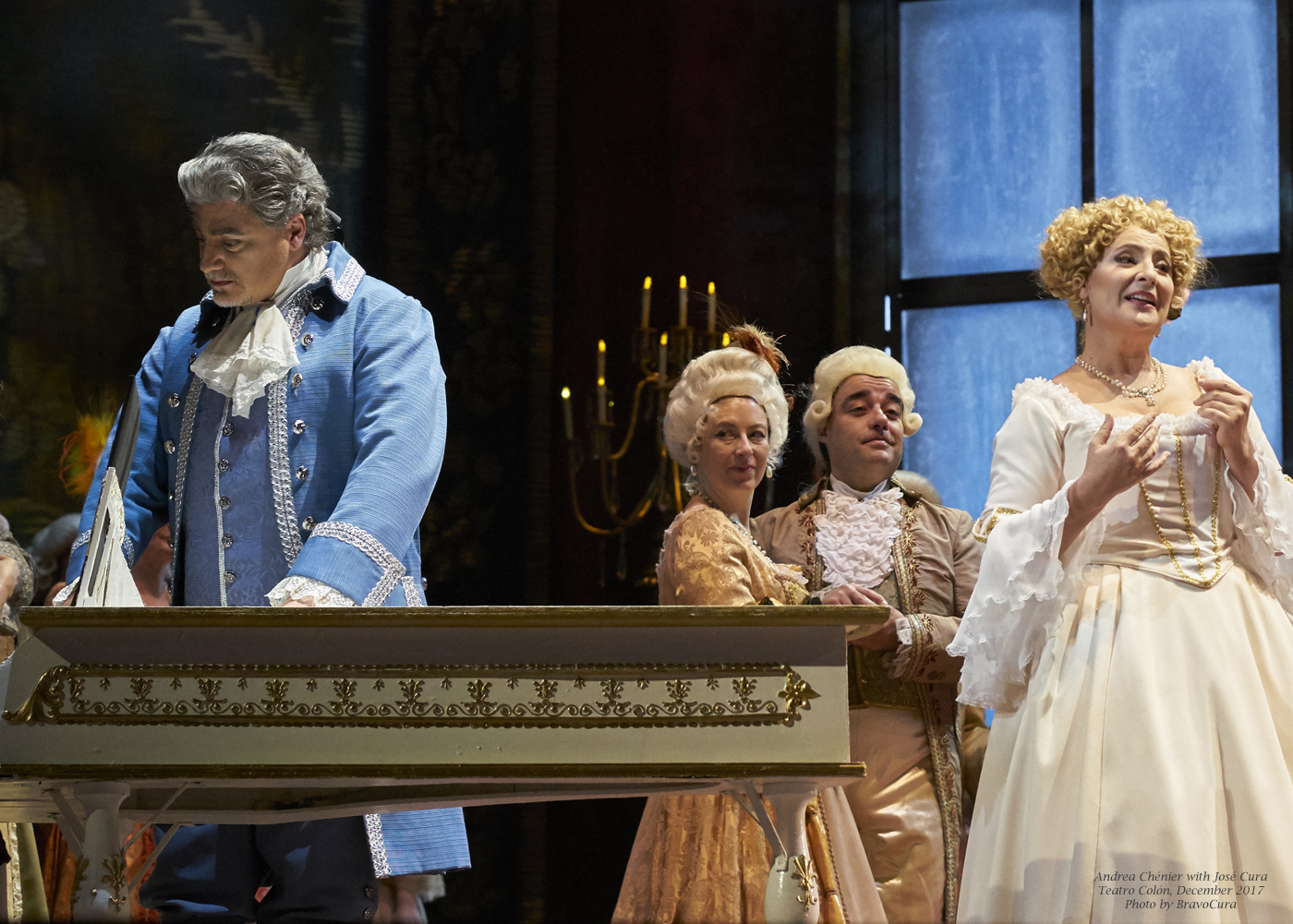
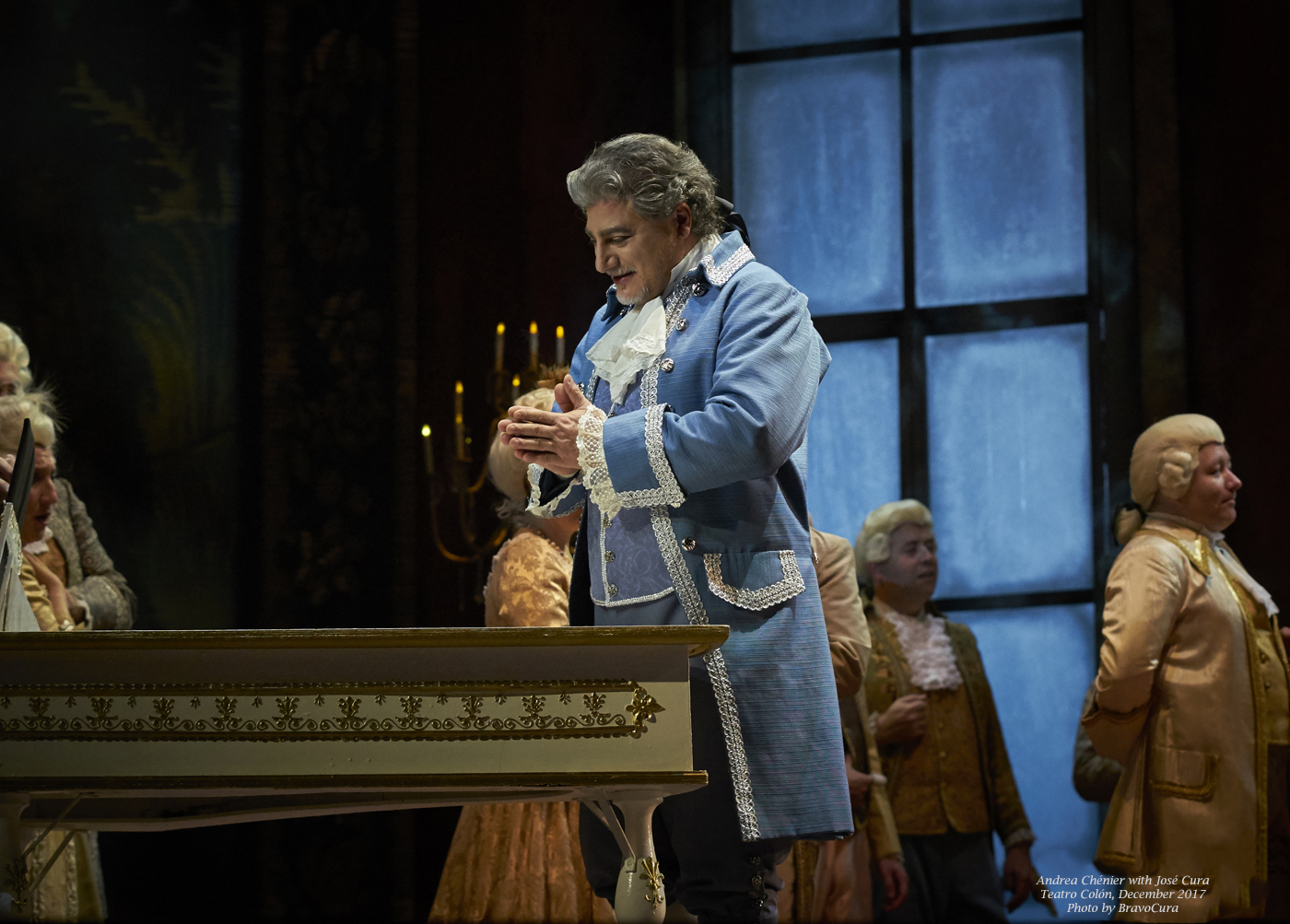
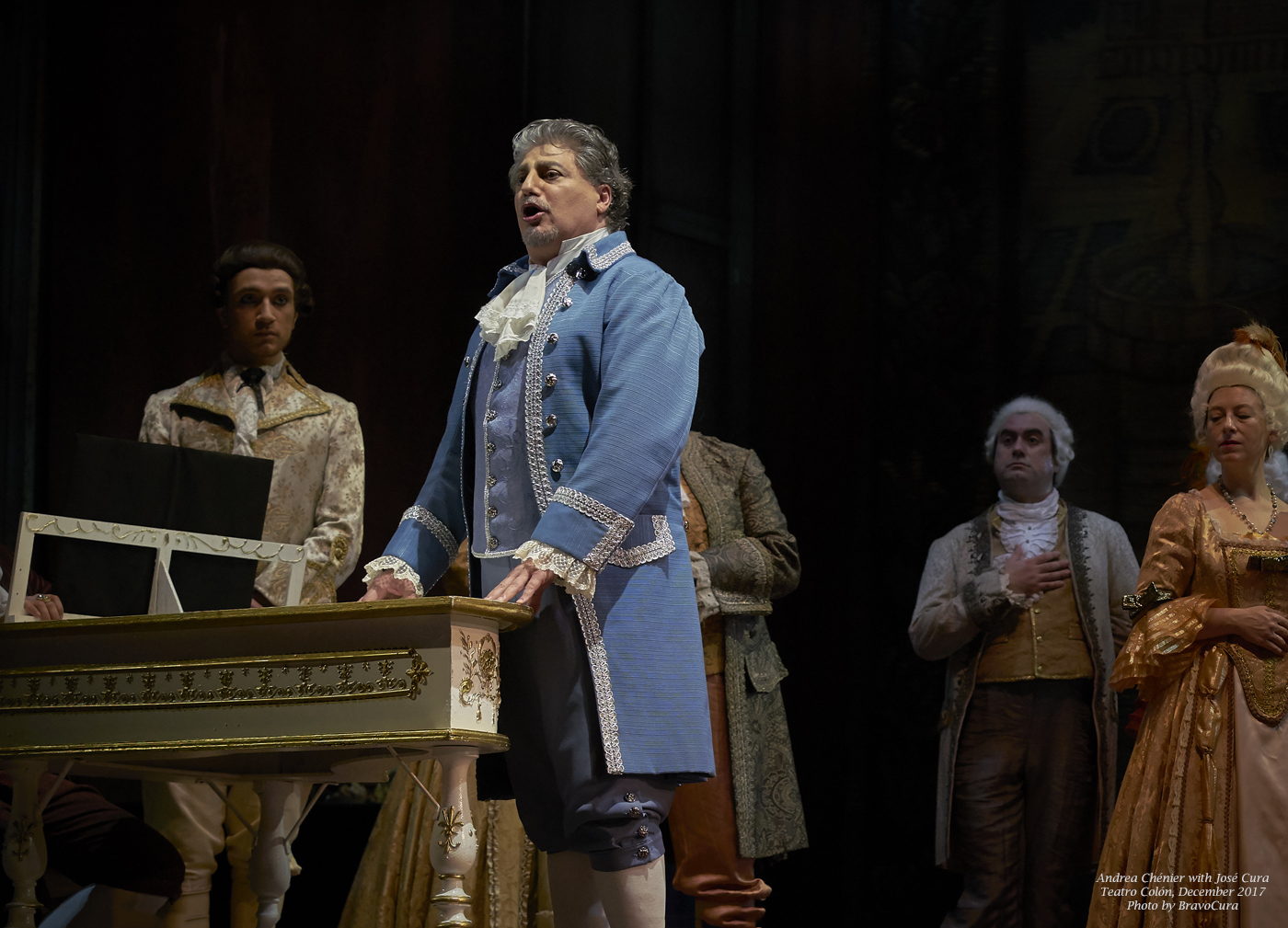
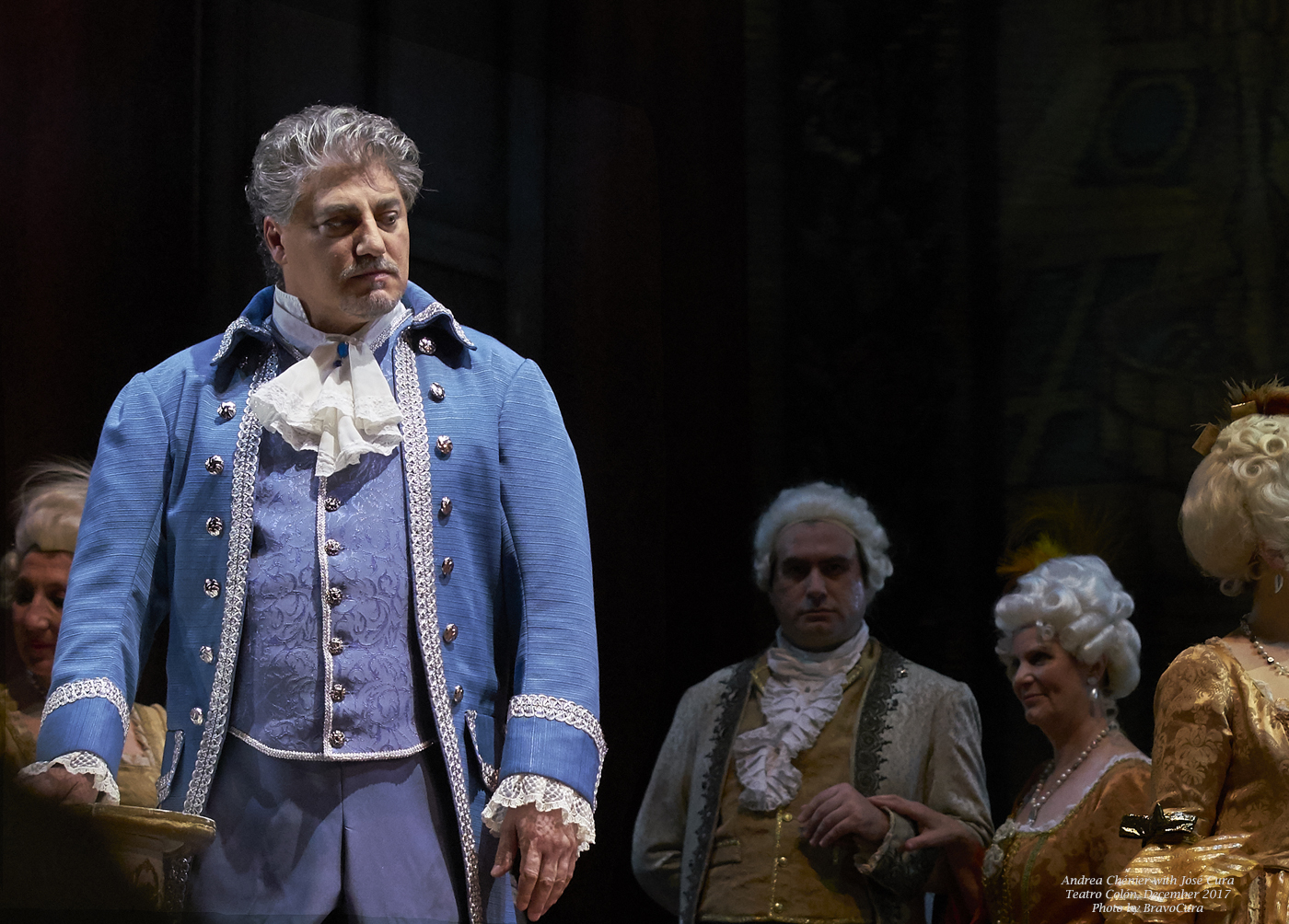
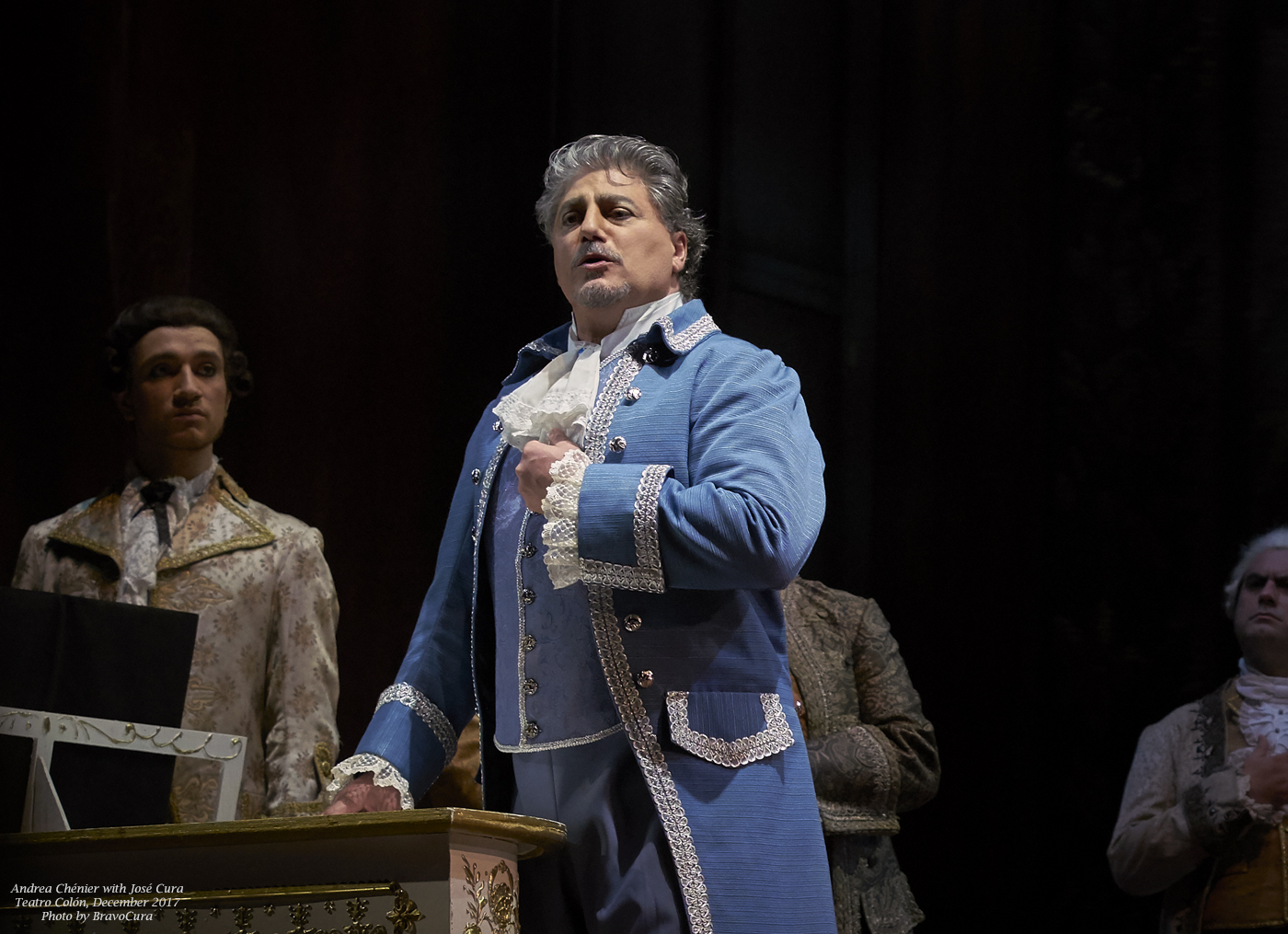
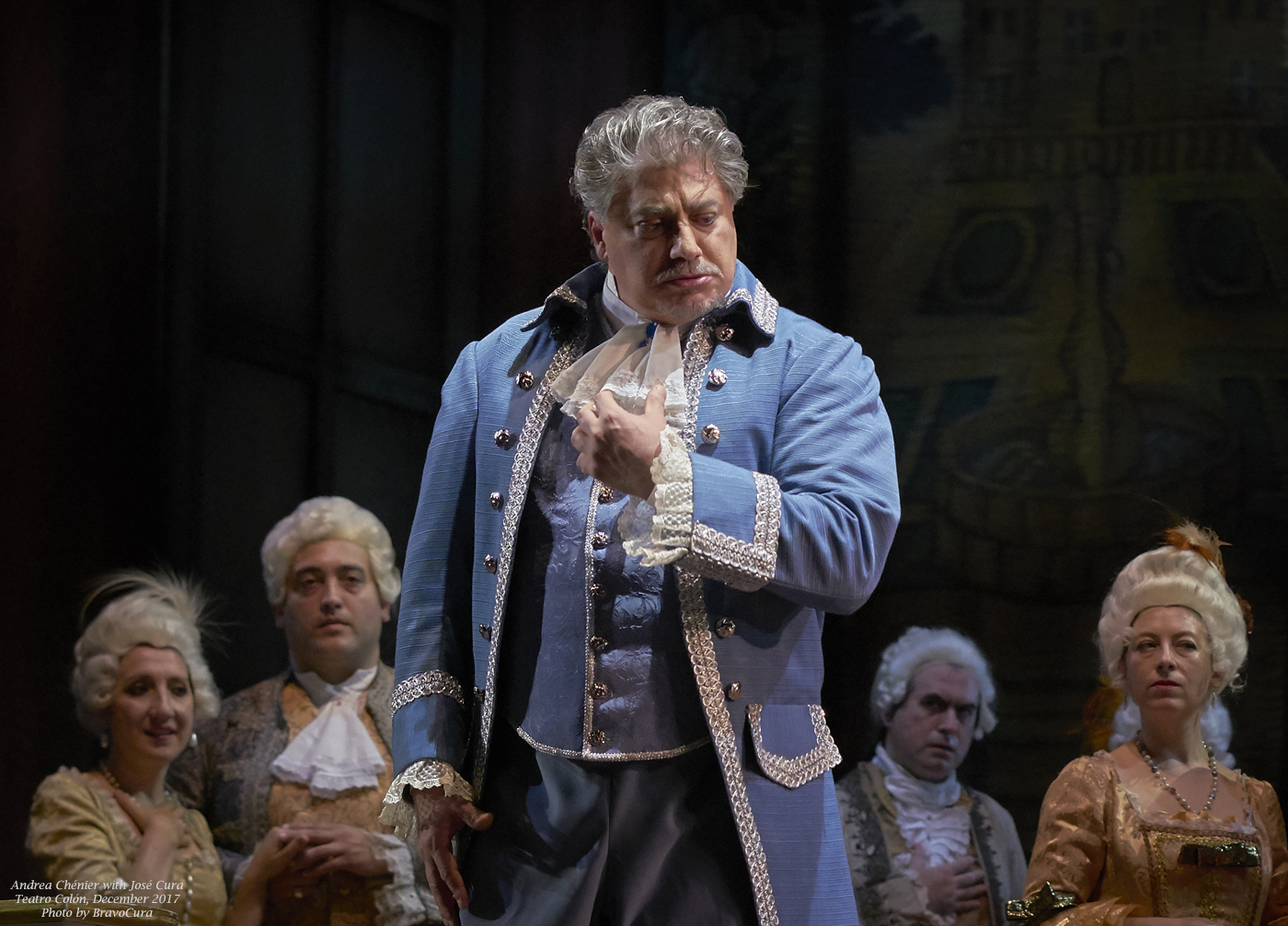
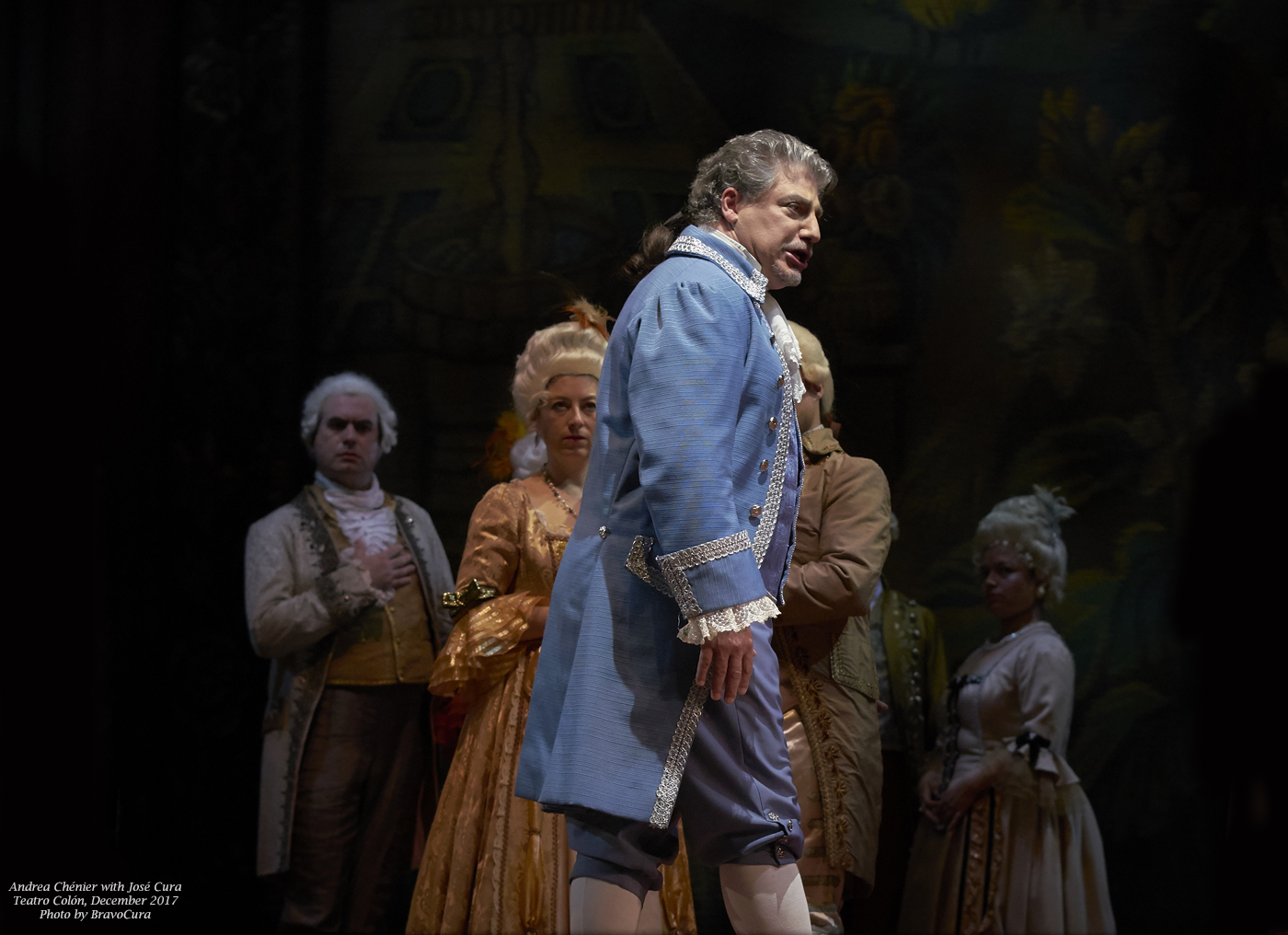
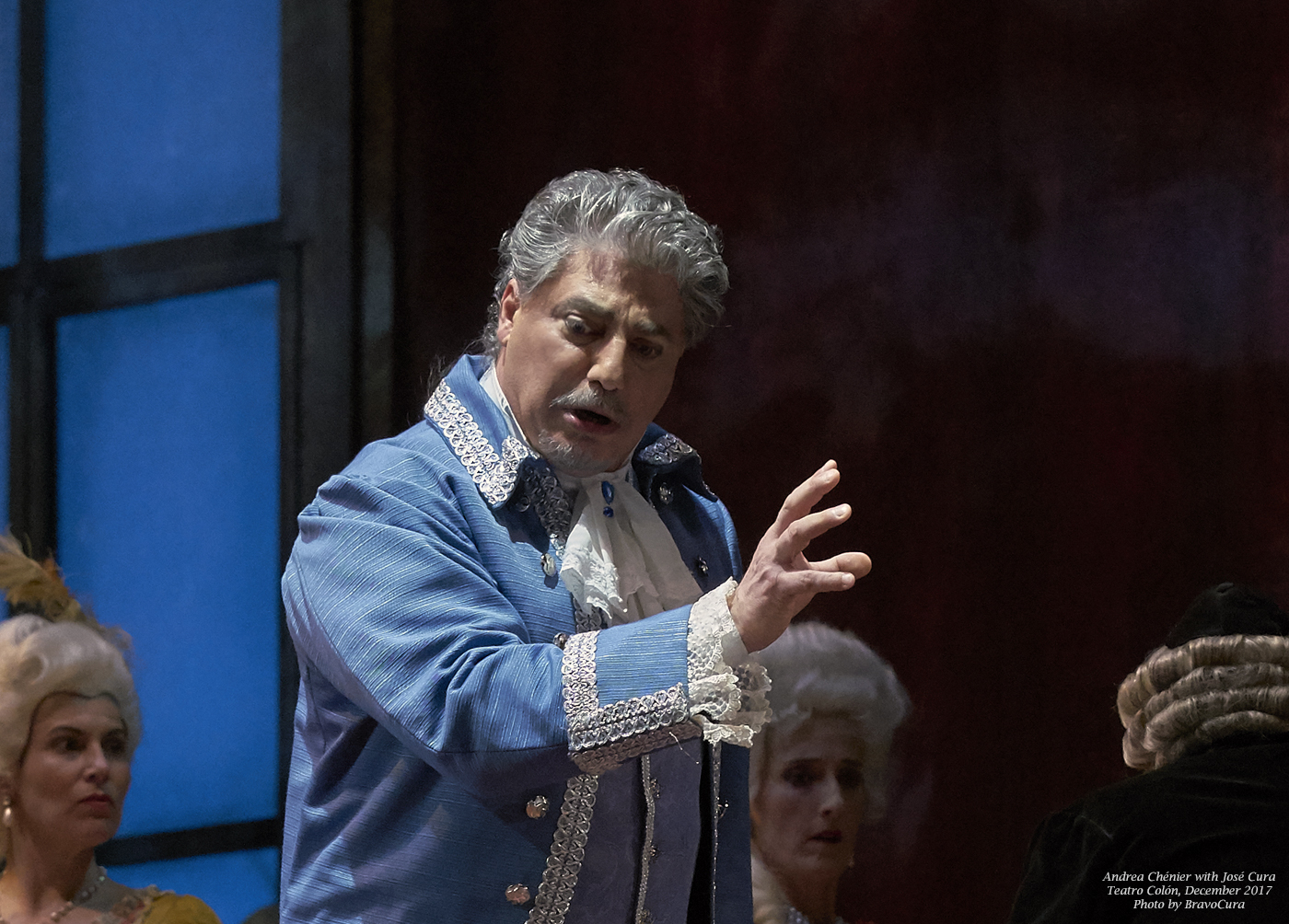
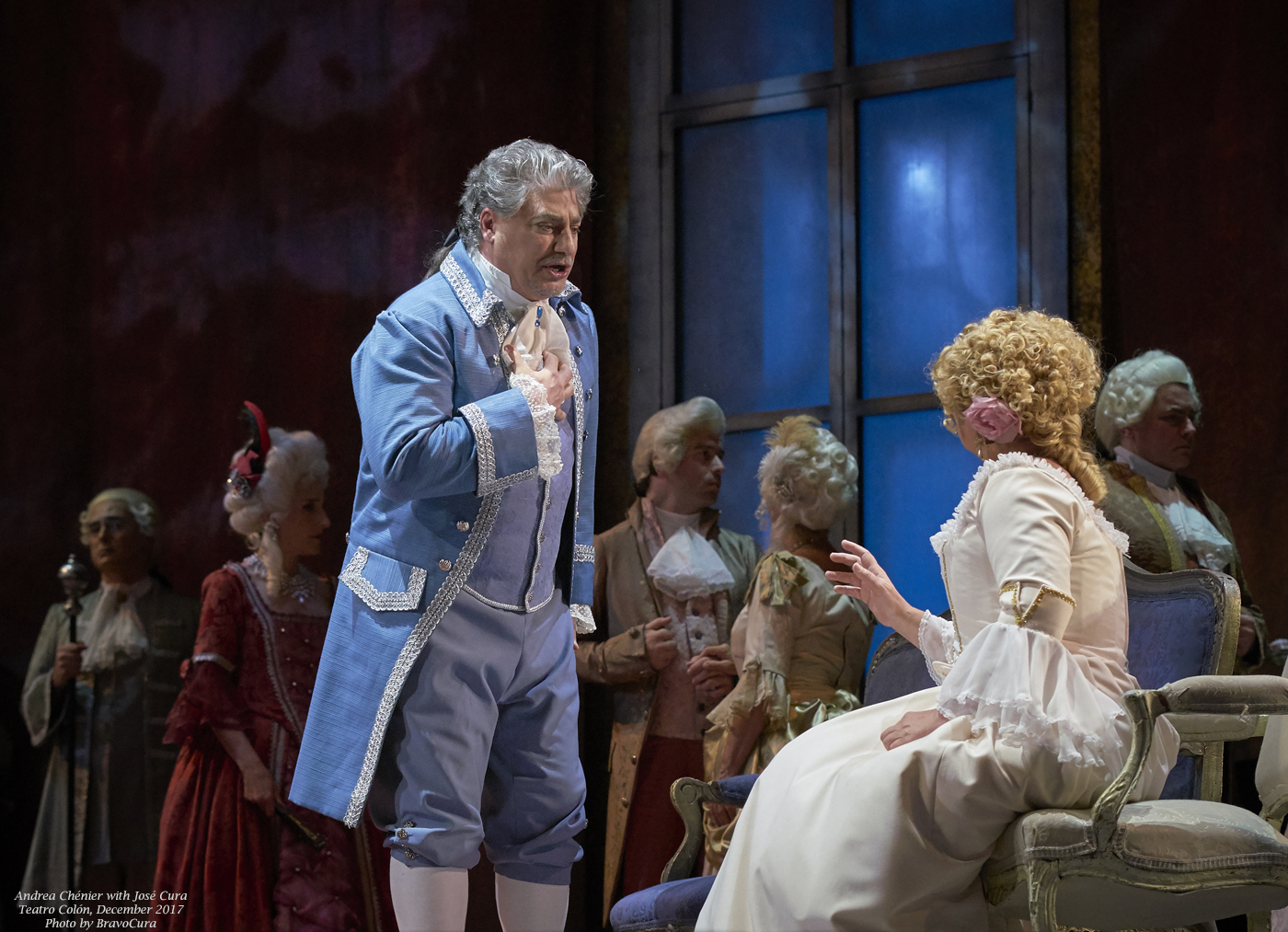
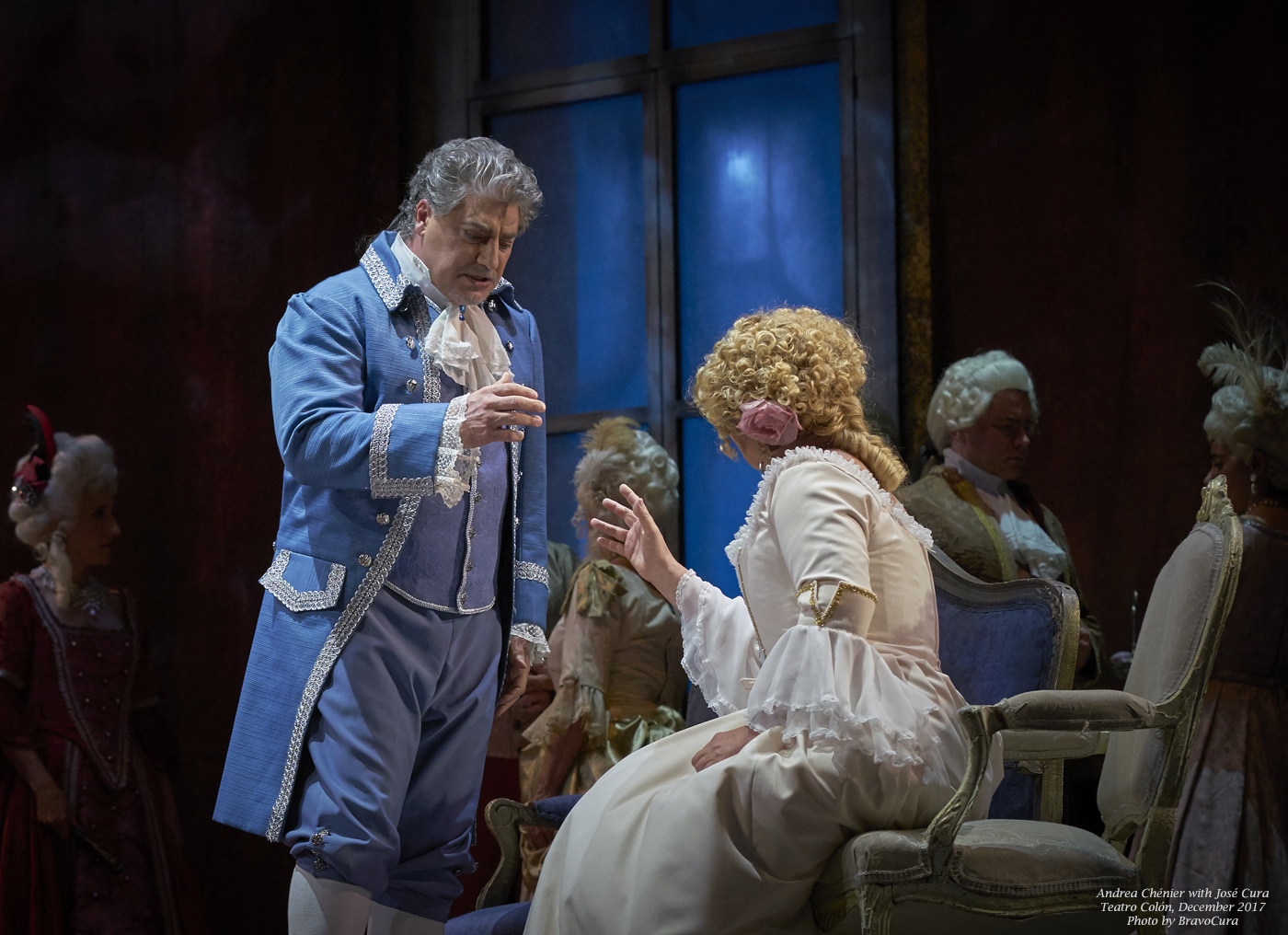
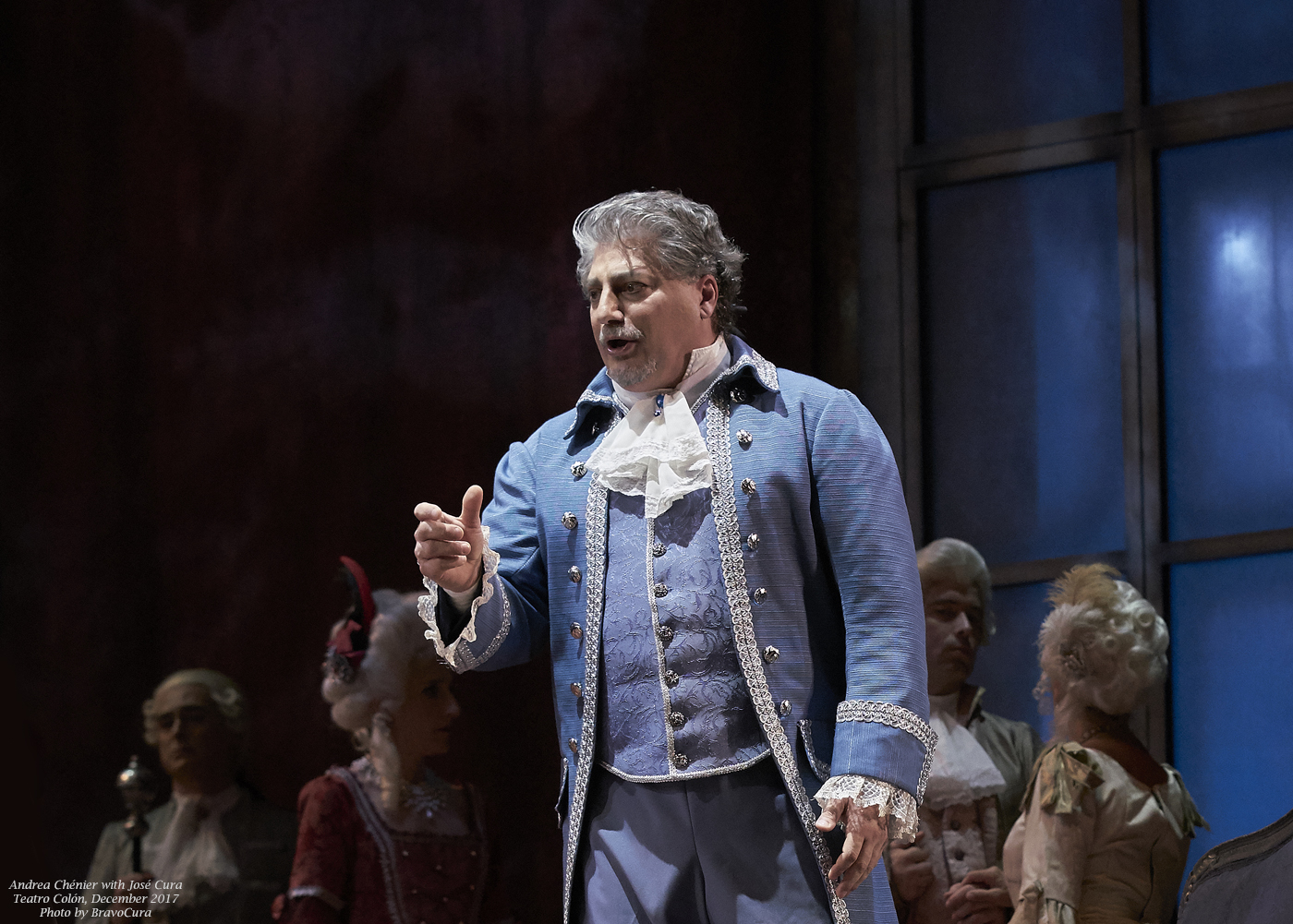
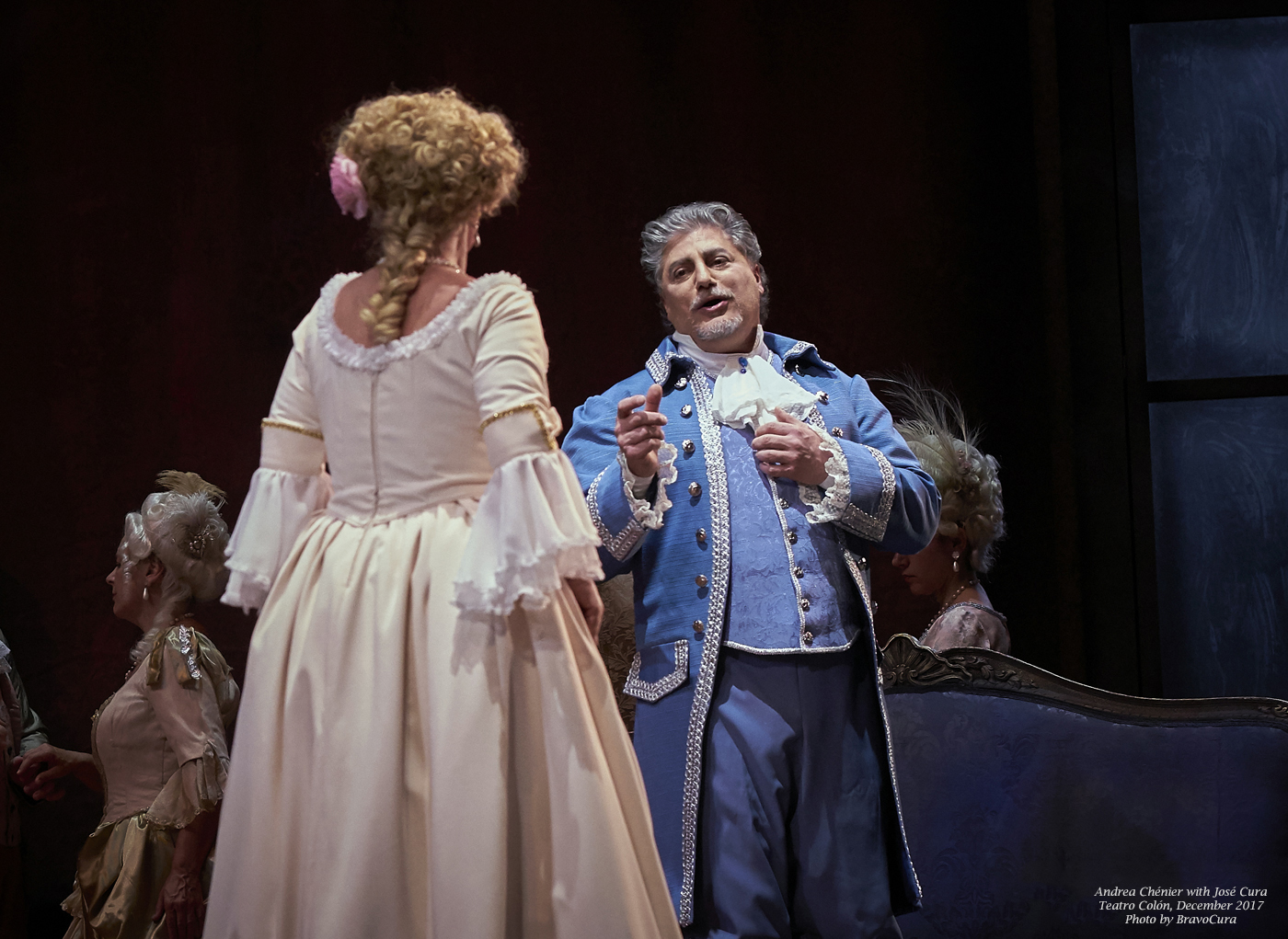
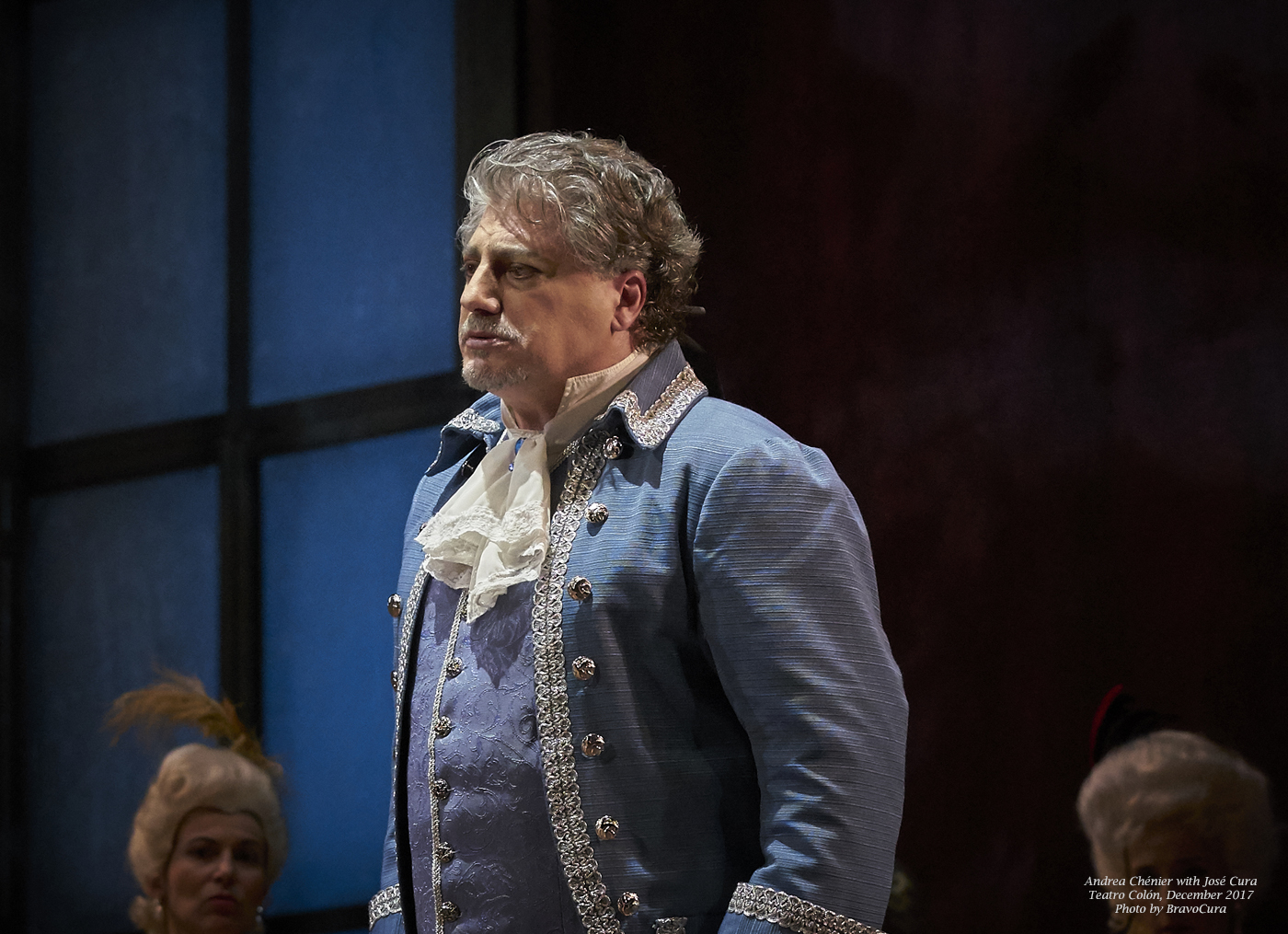
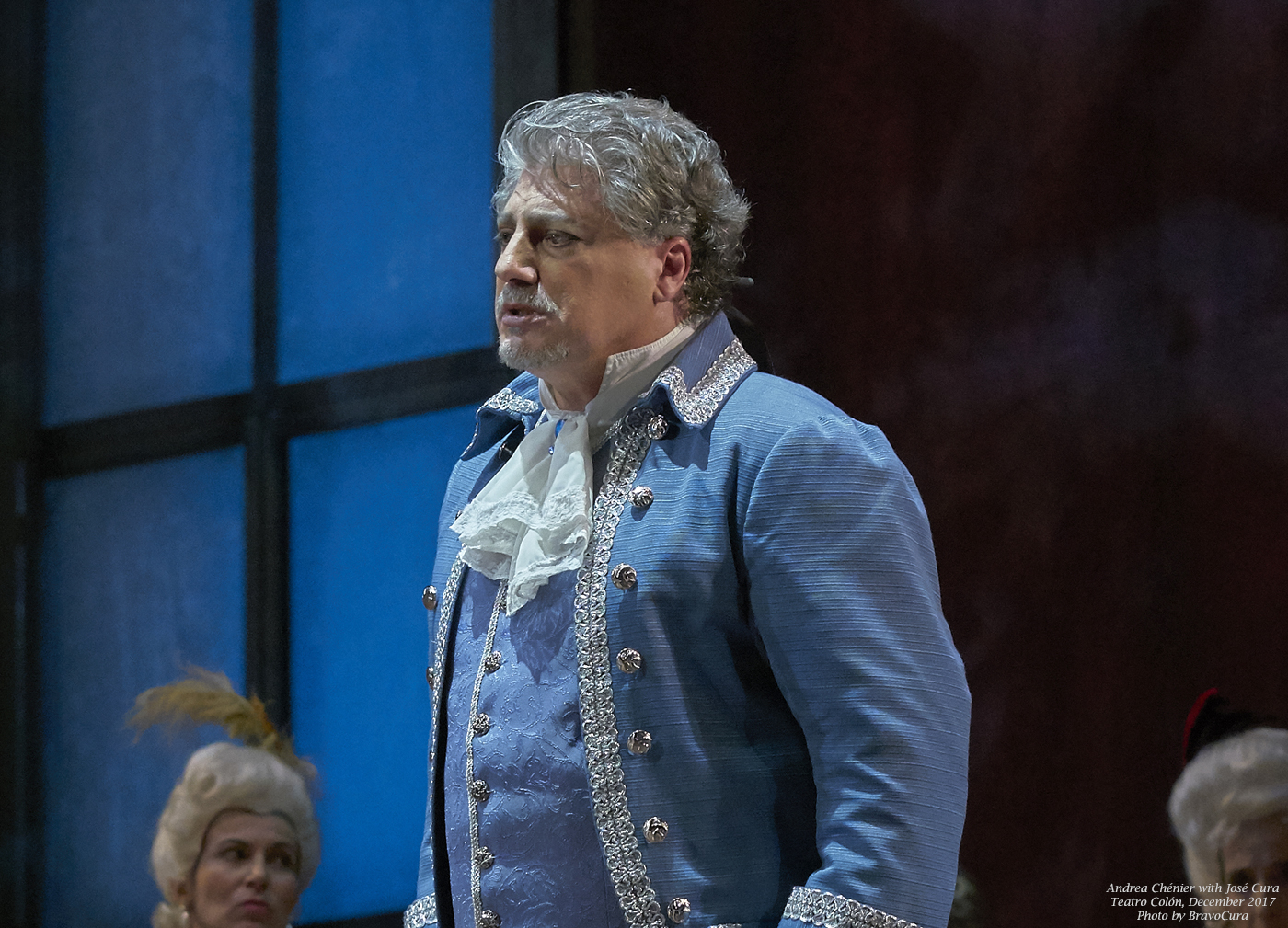
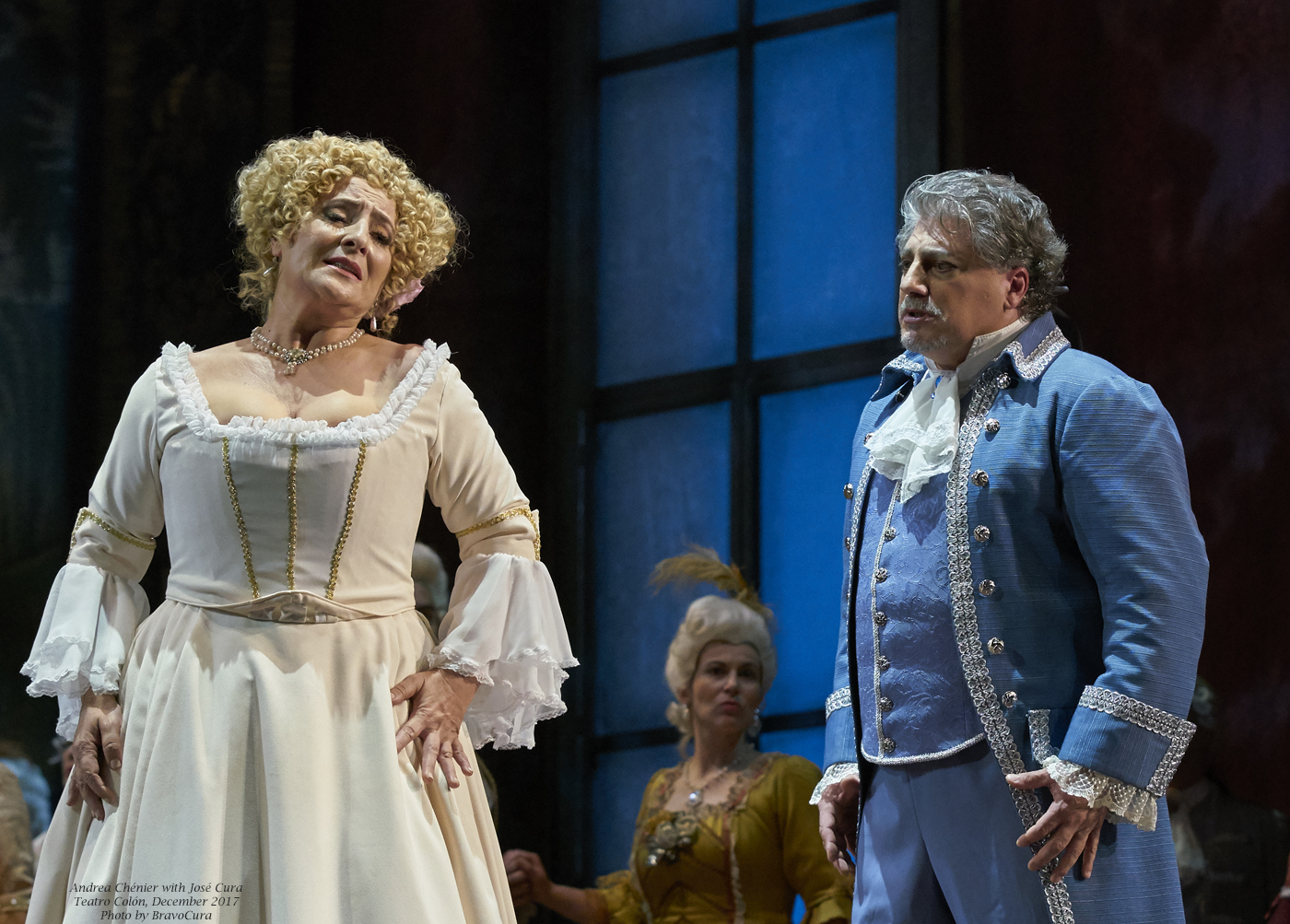
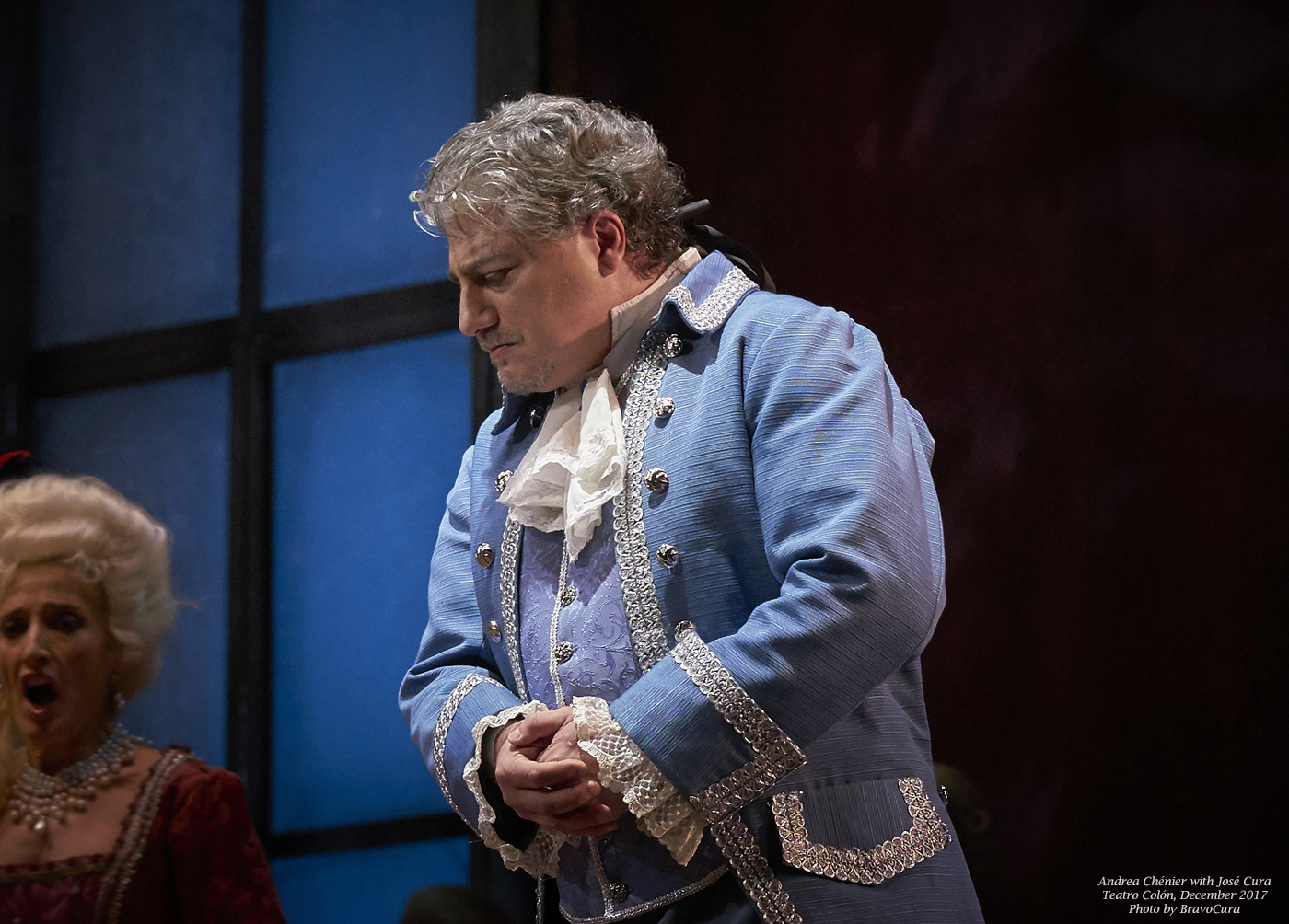
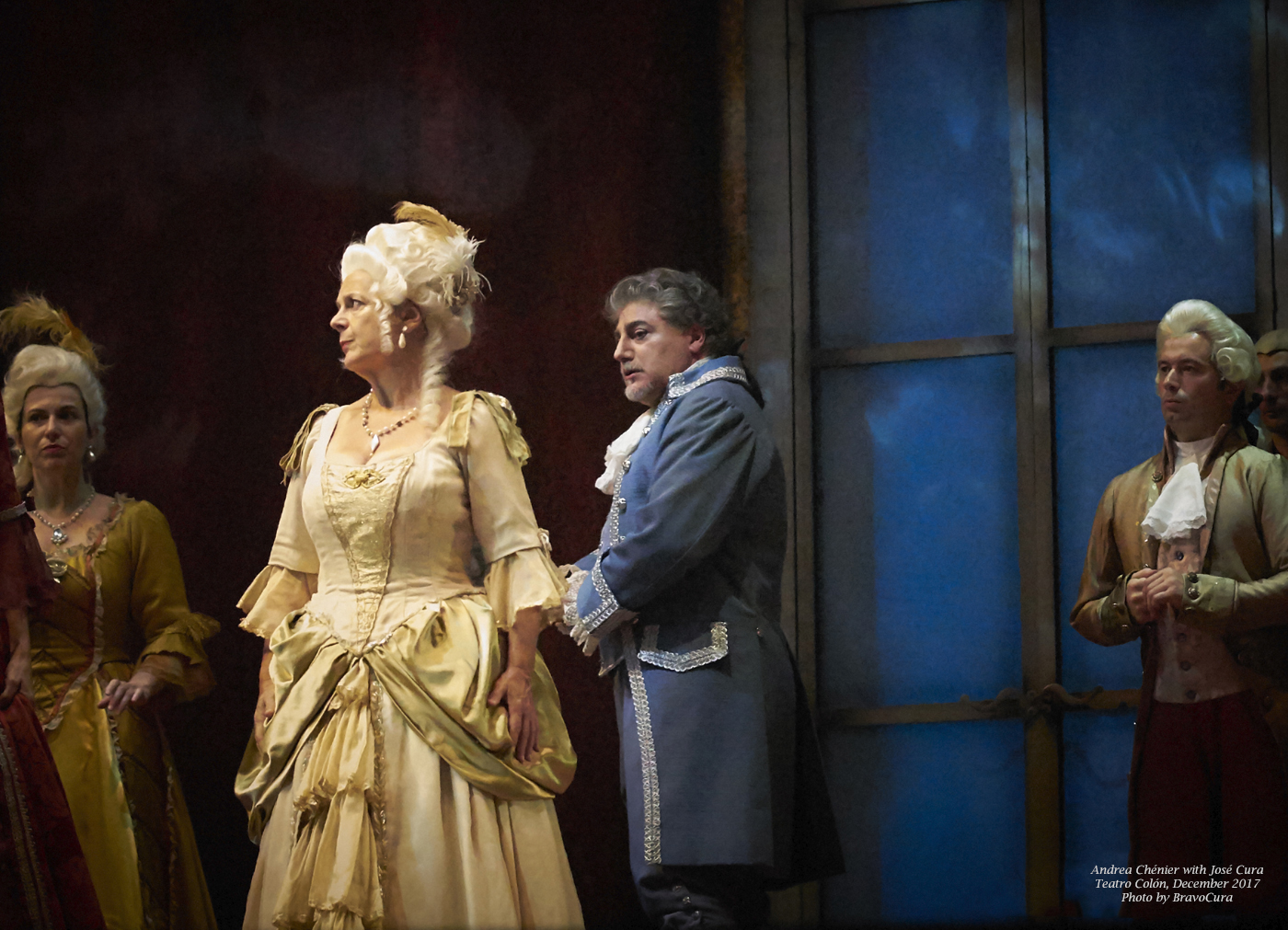
.jpg)
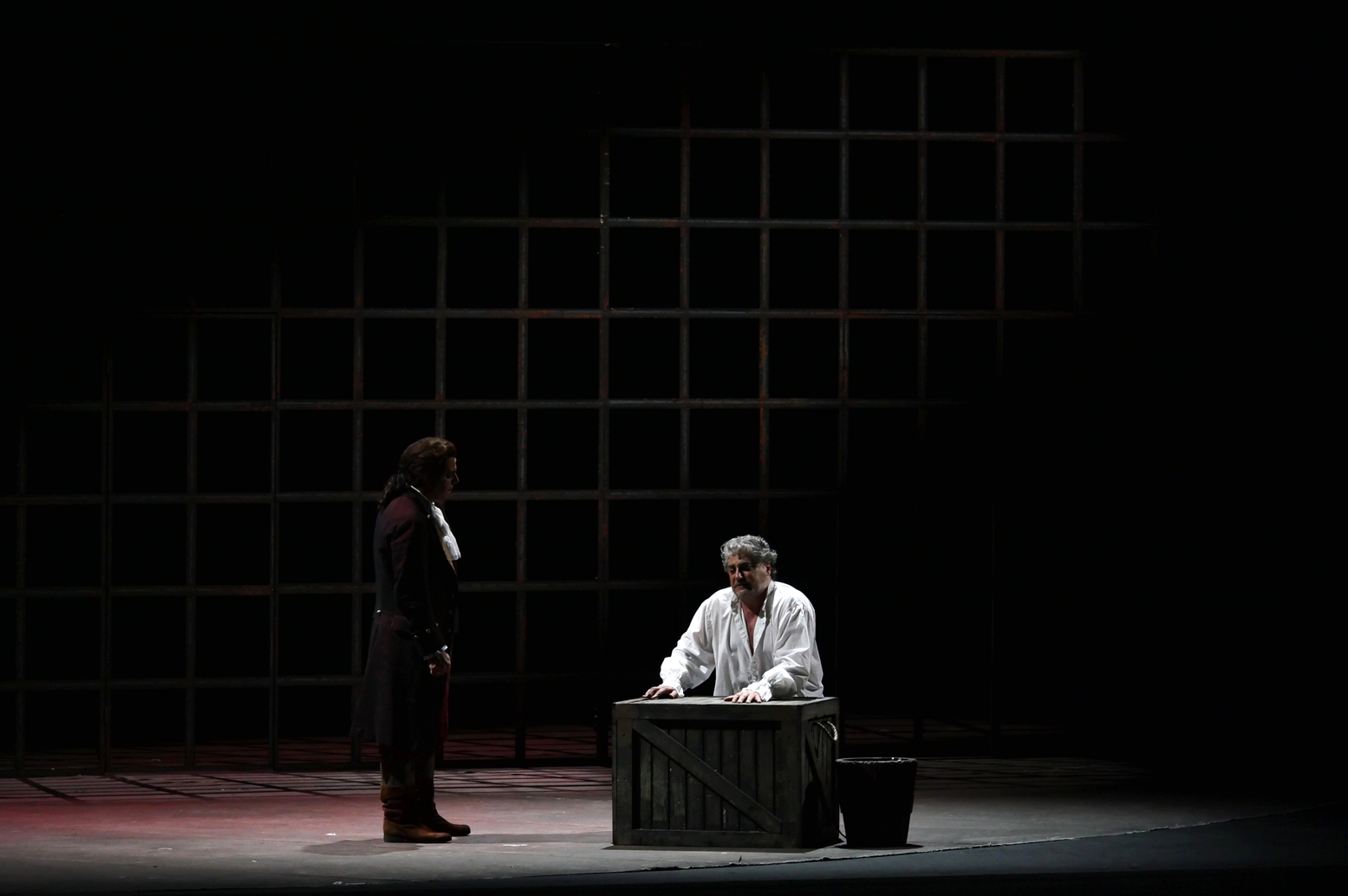
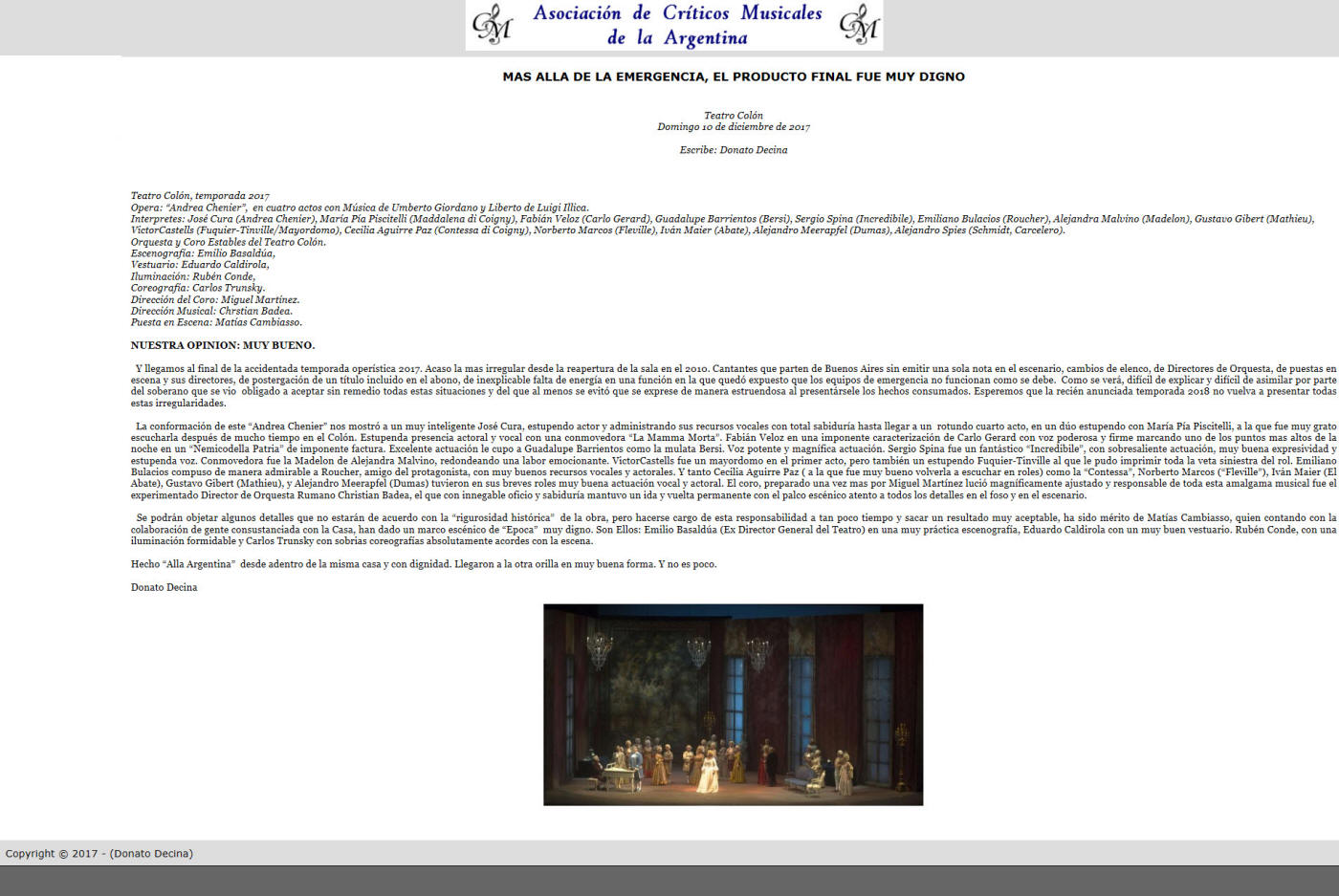
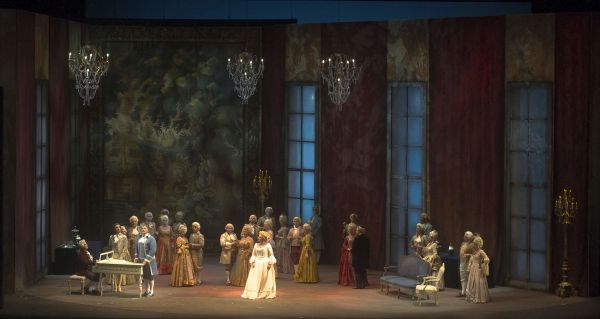
.jpg)
.jpg)
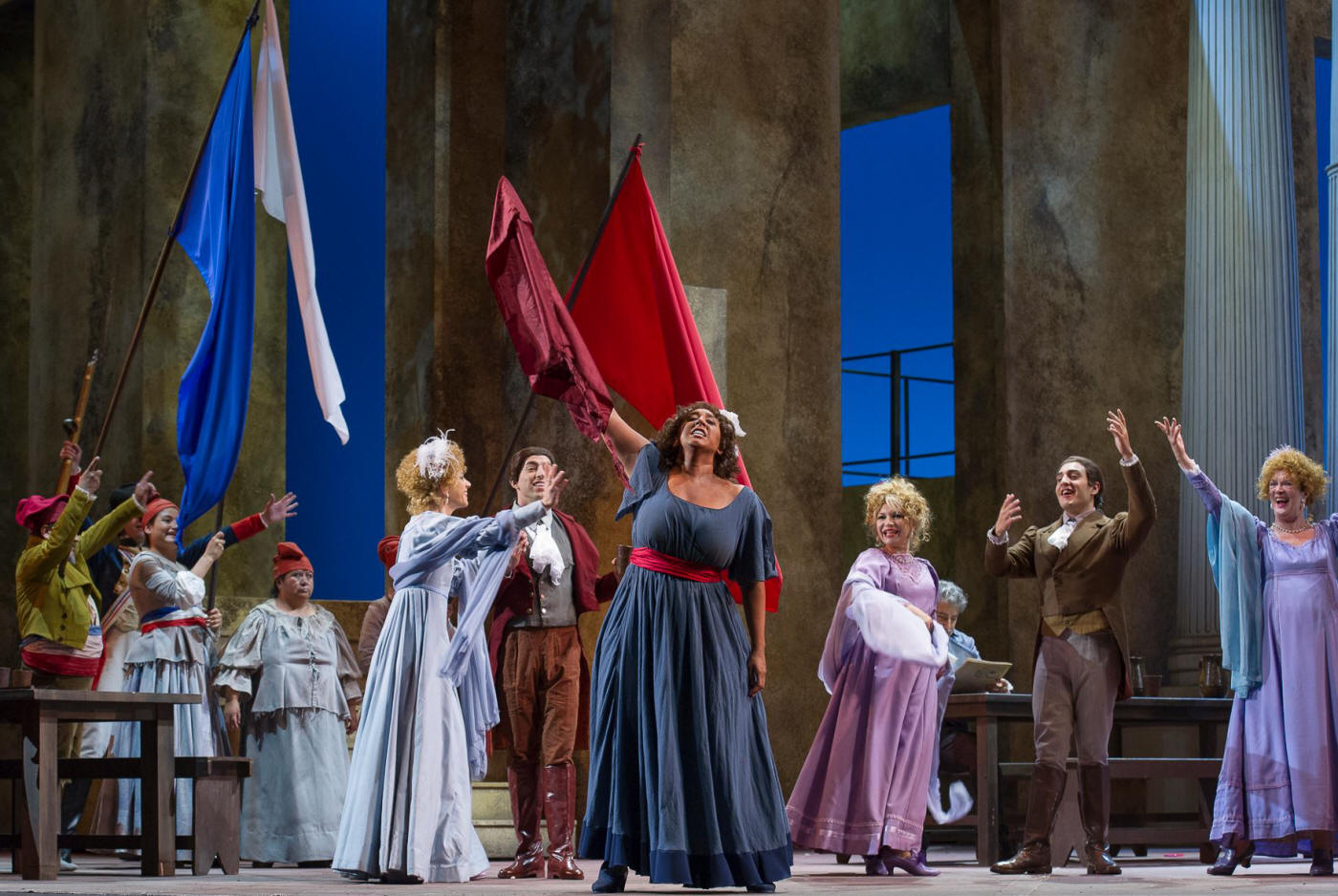
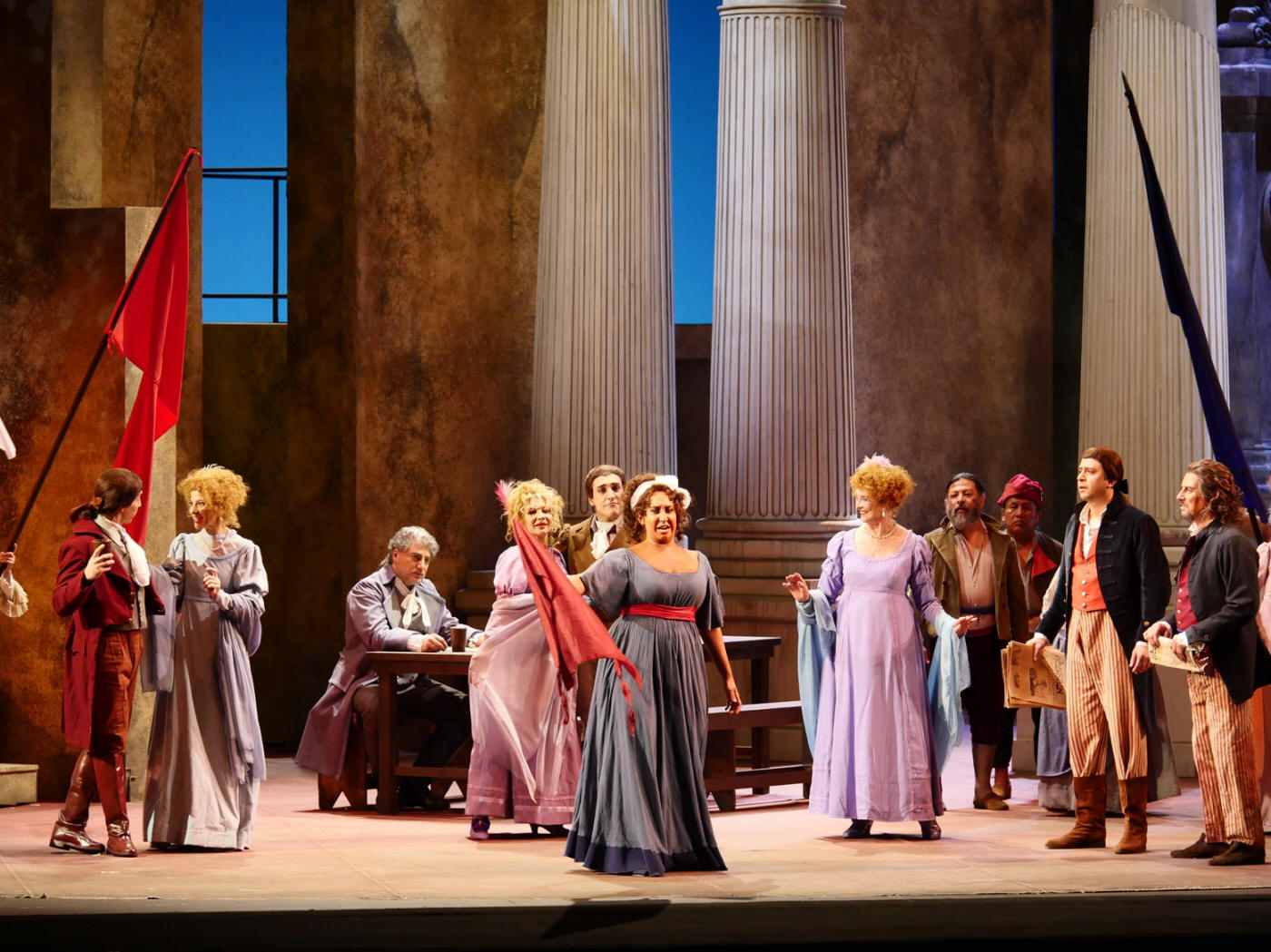
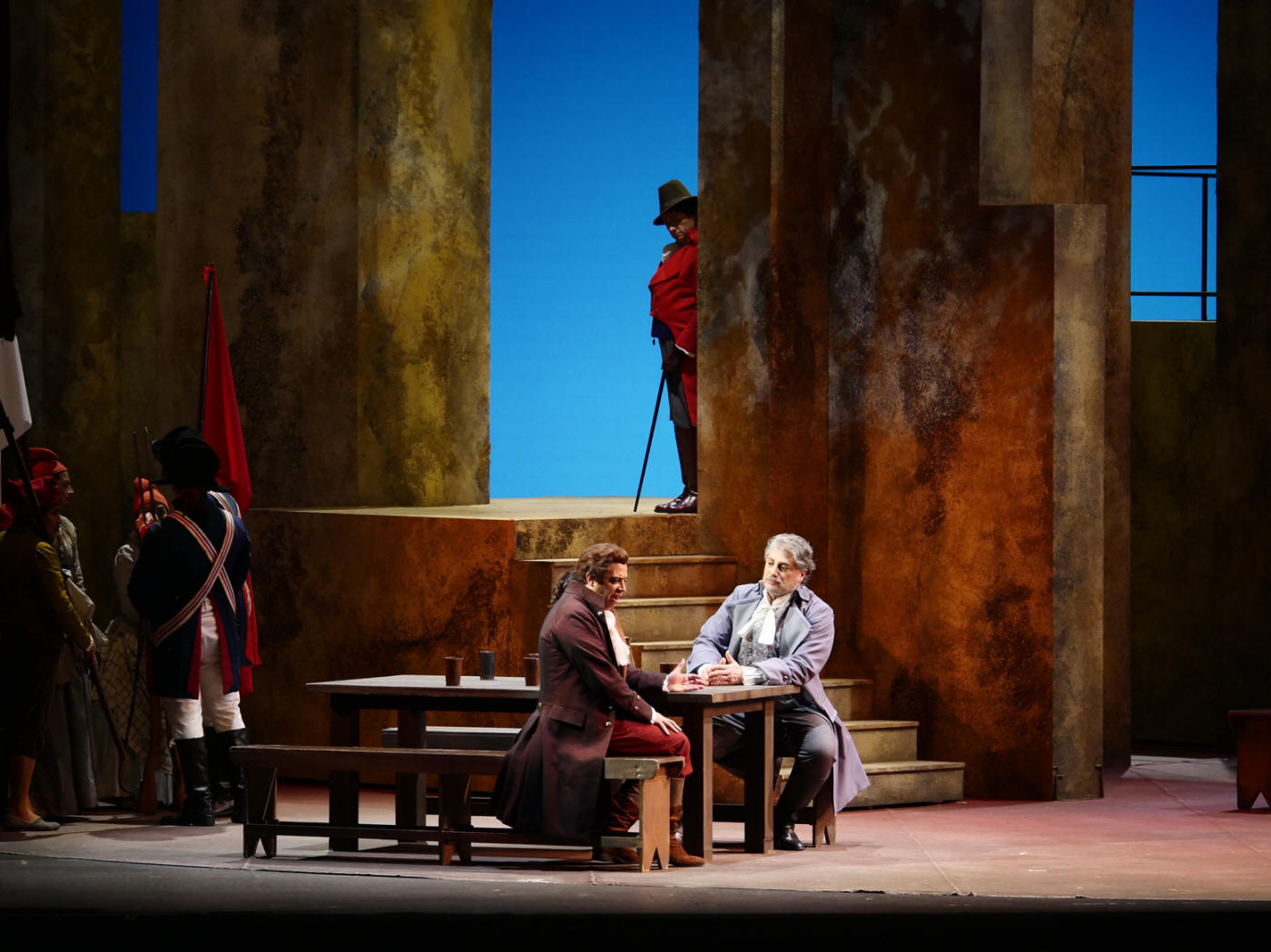
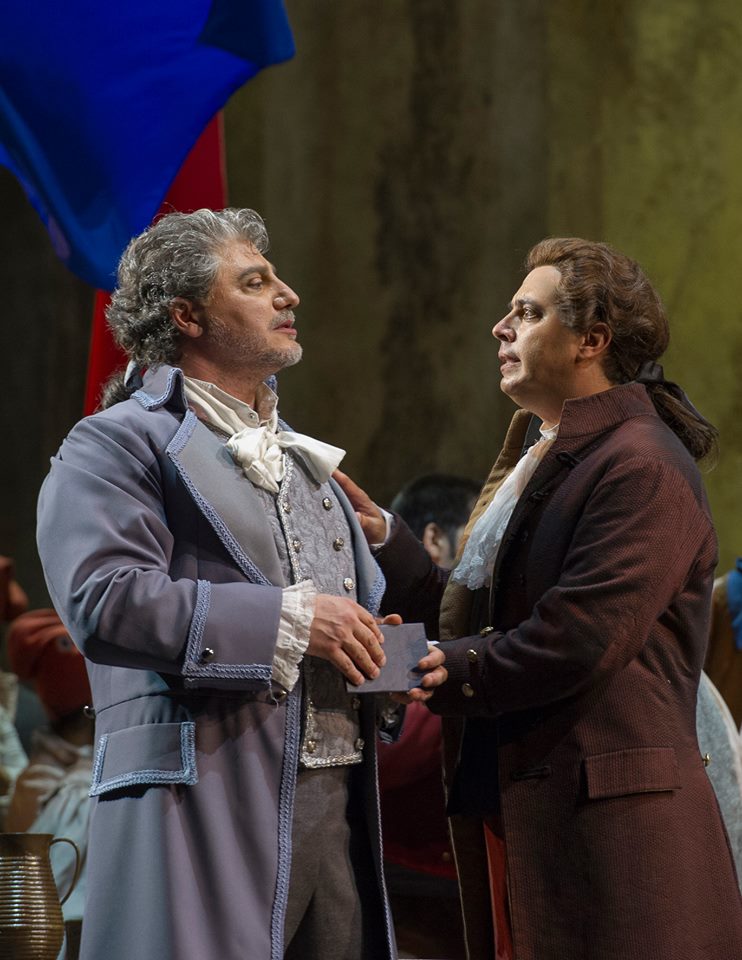
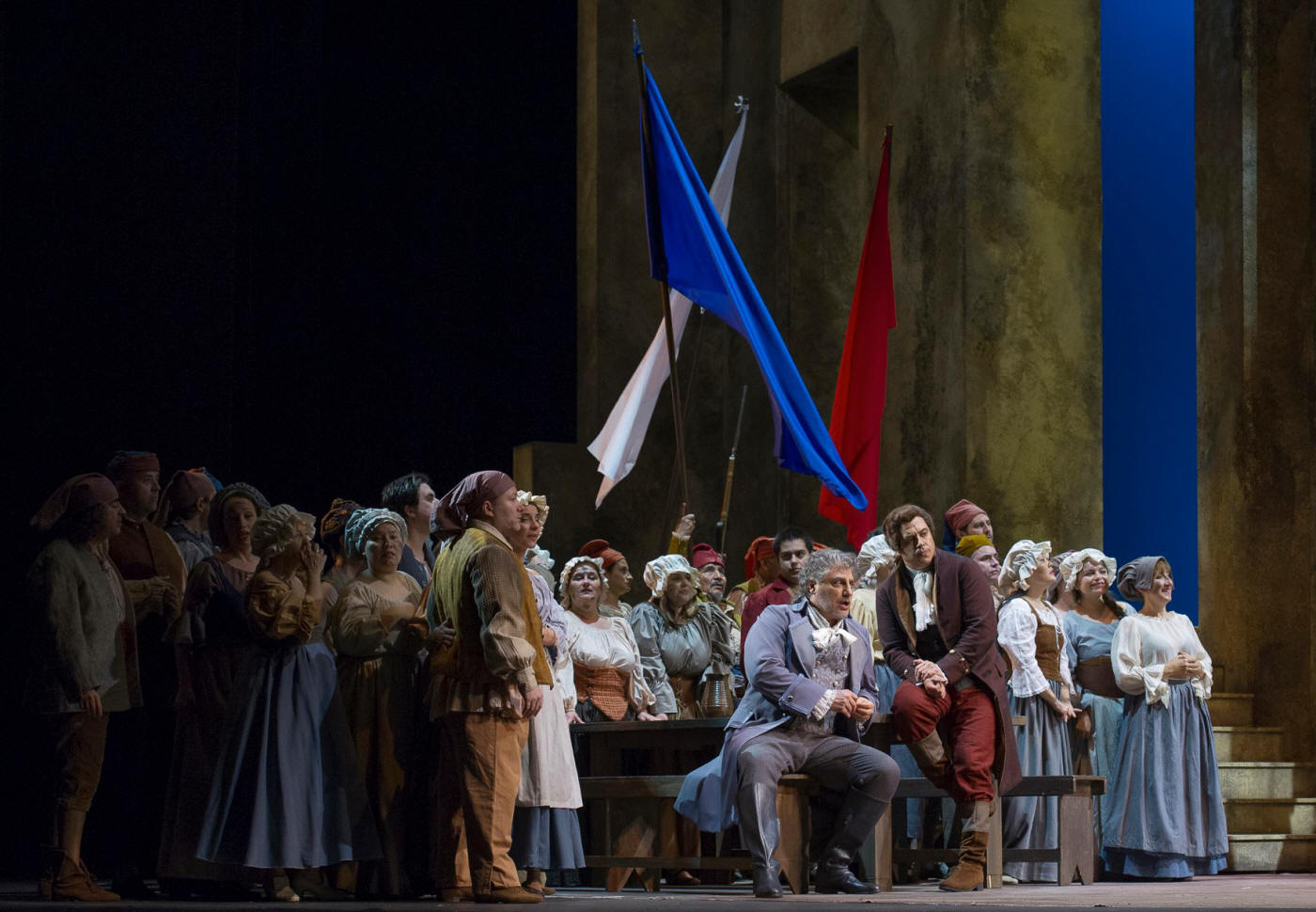
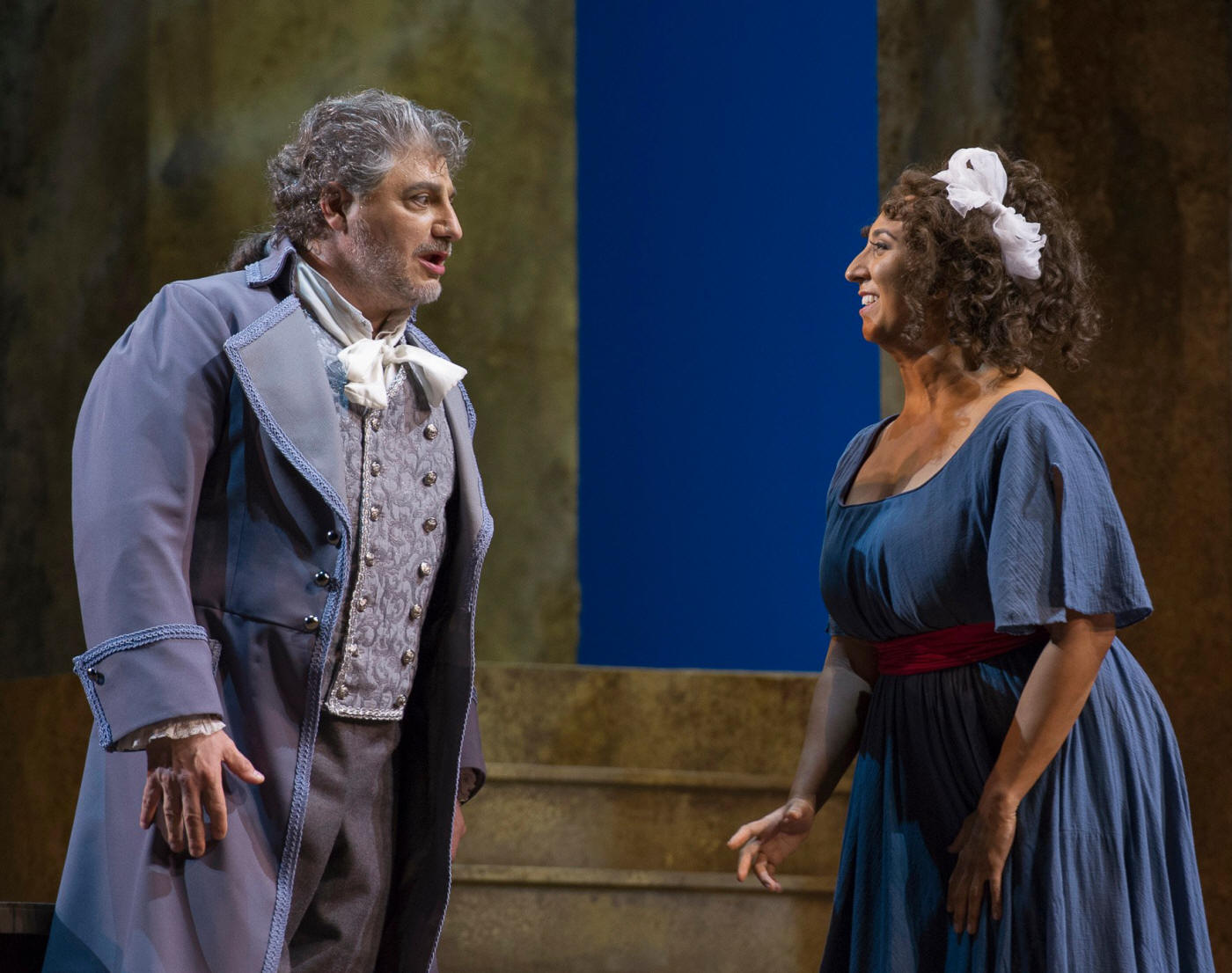
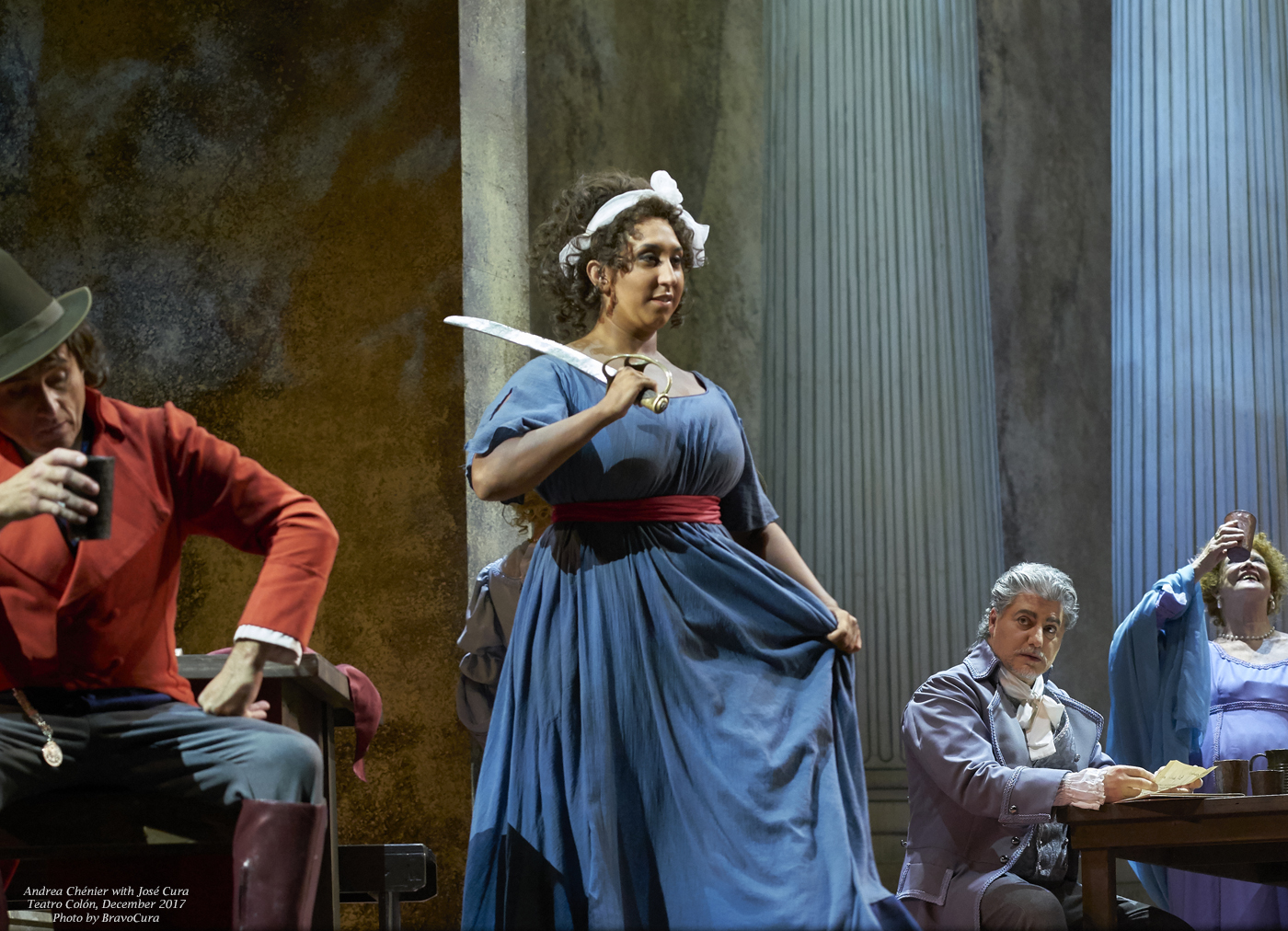
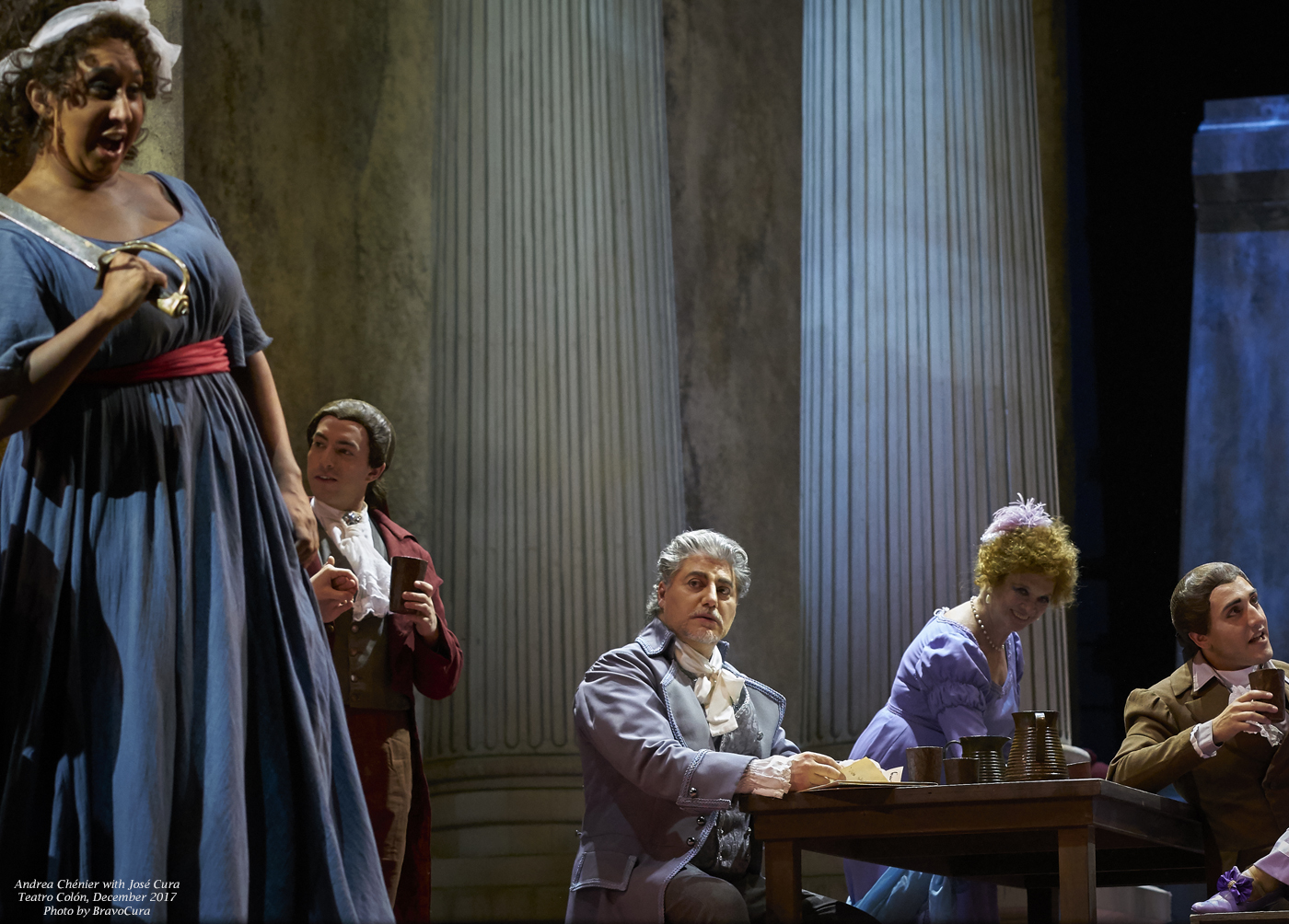
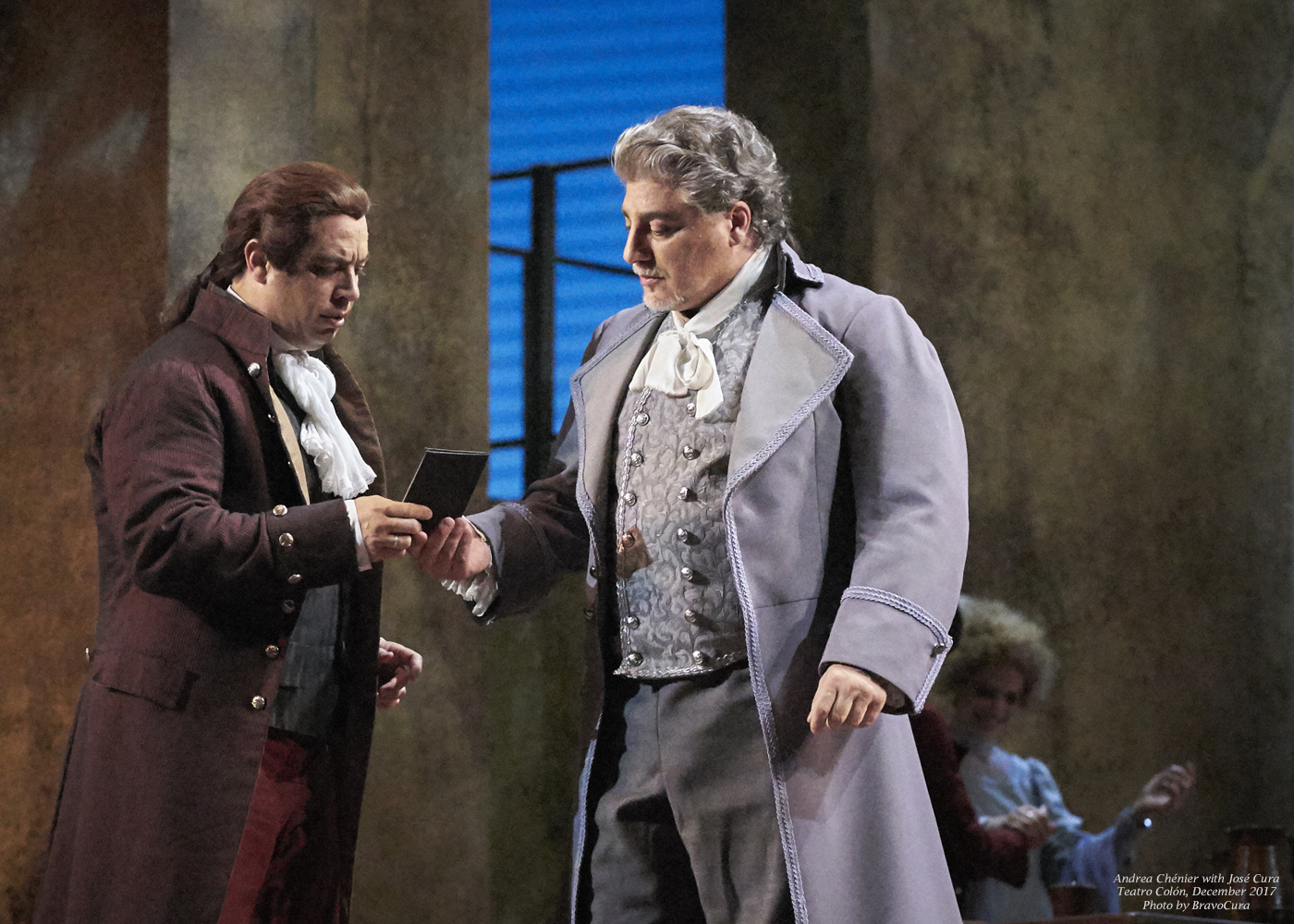
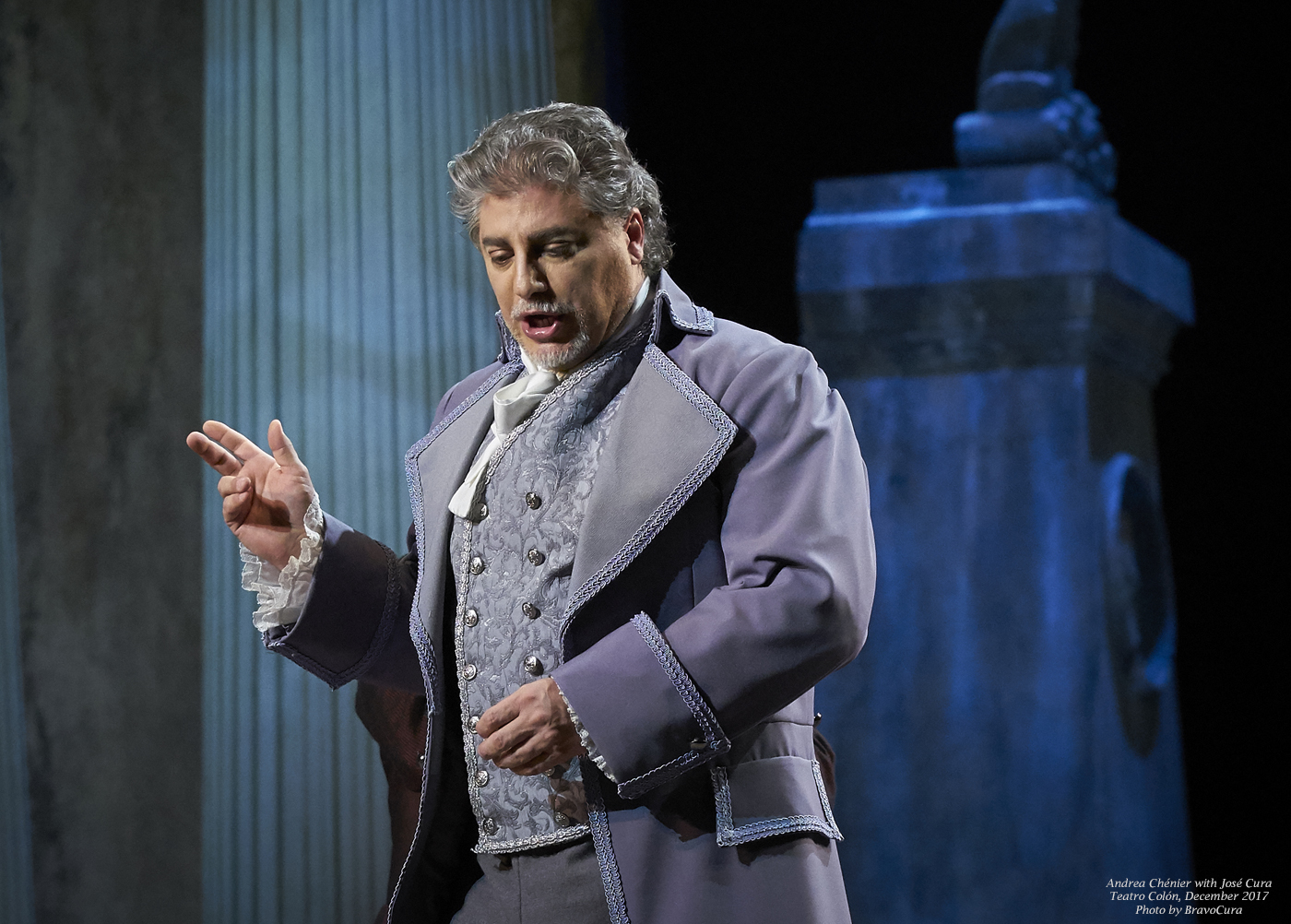
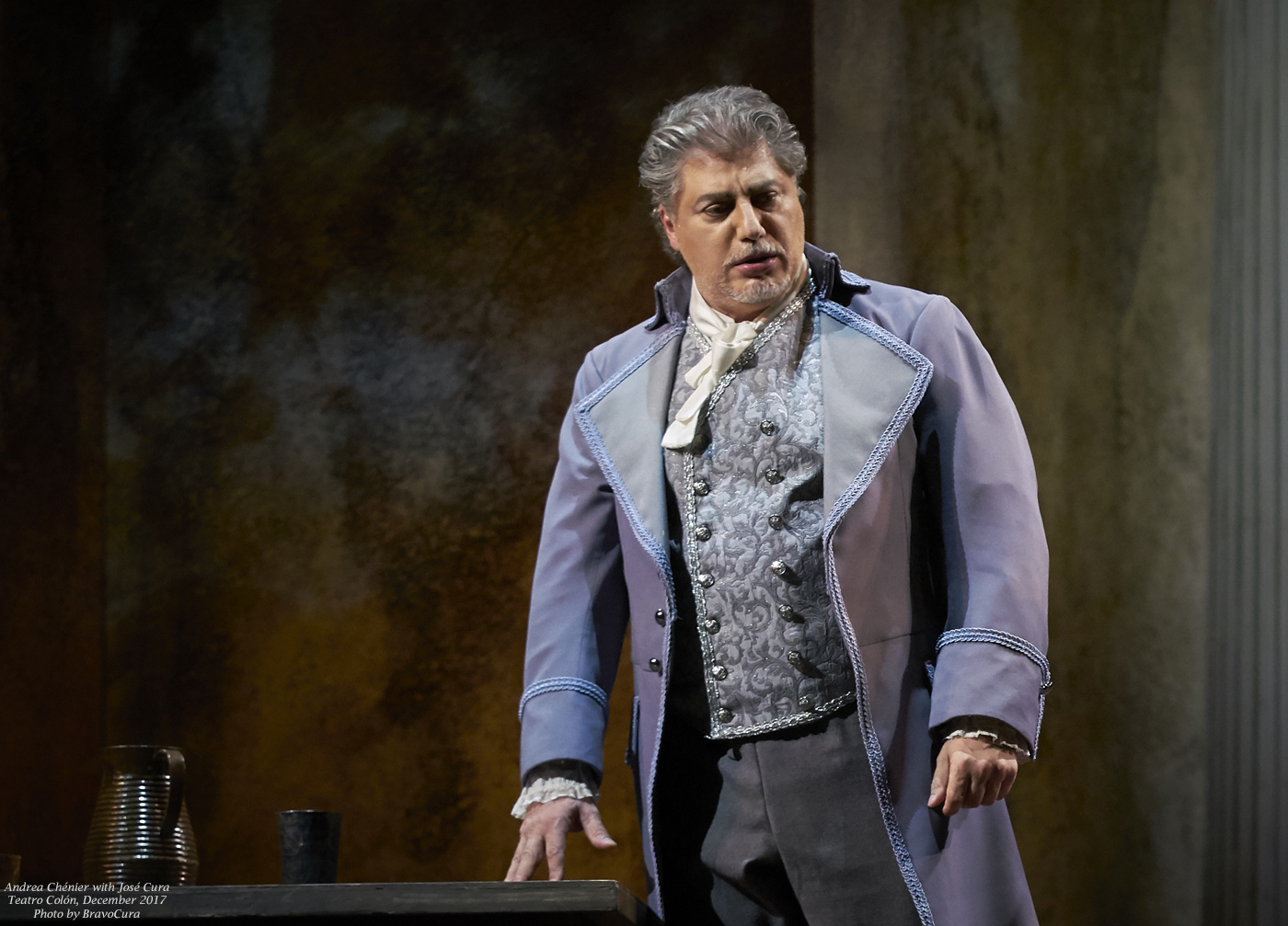
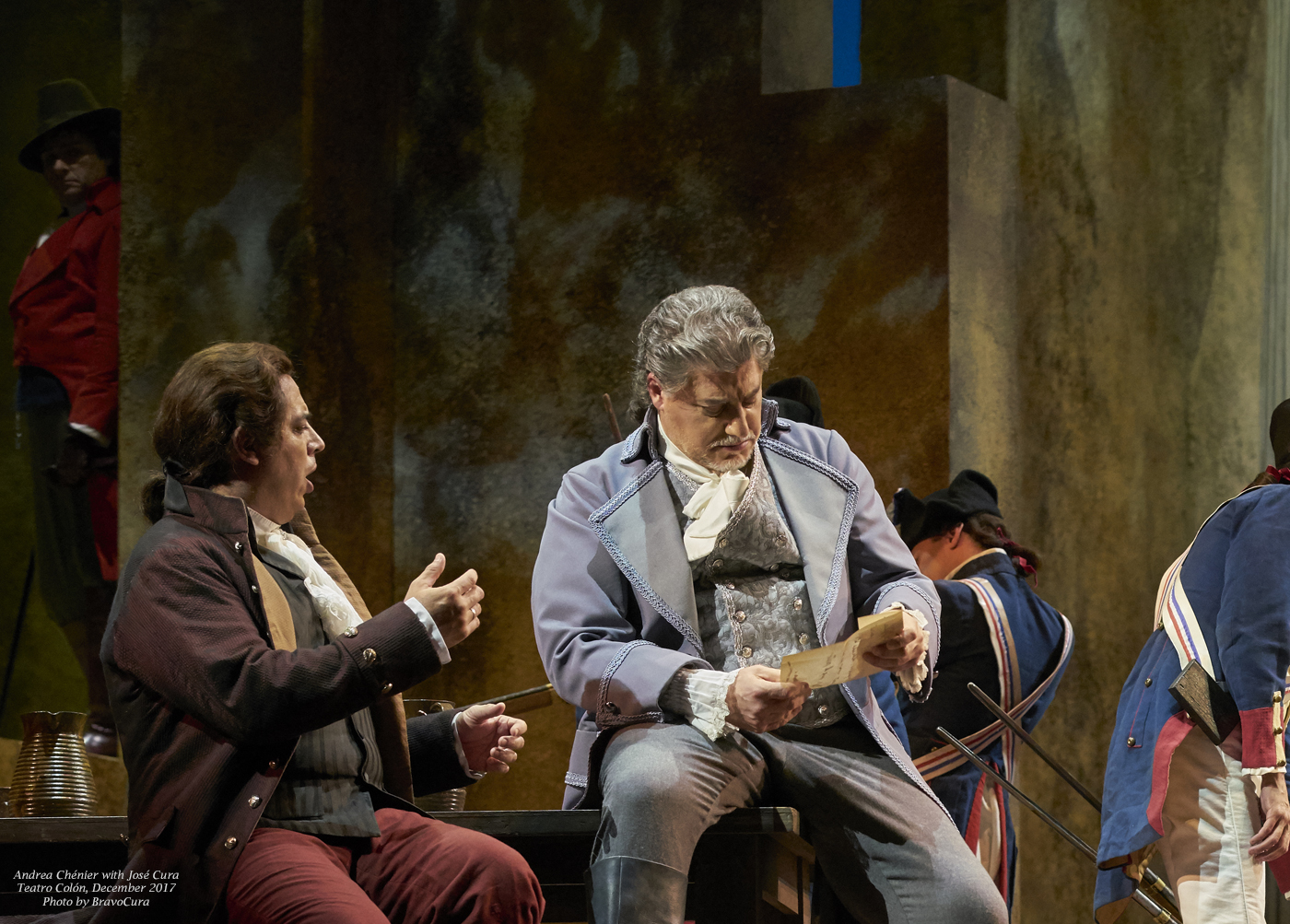
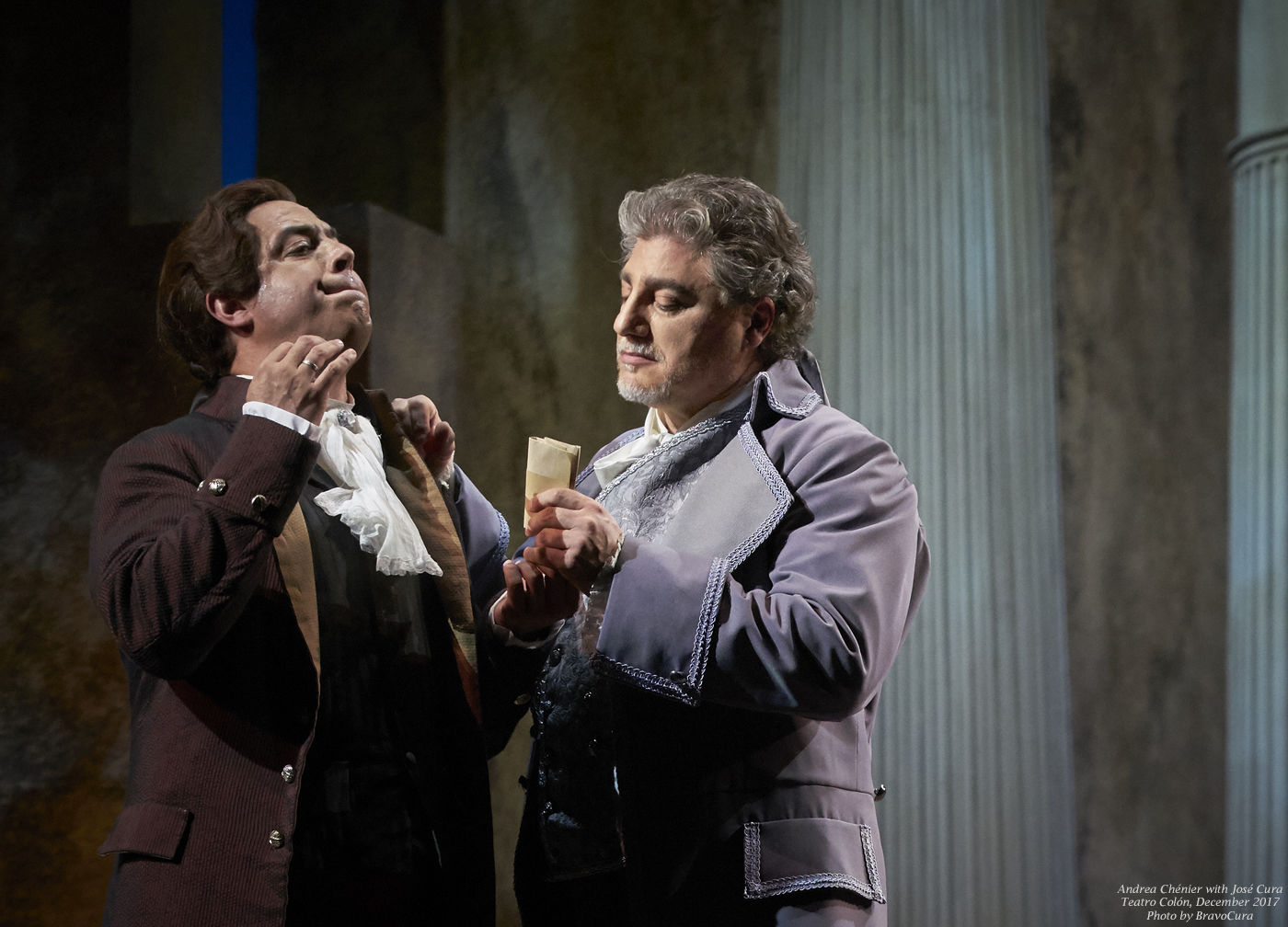
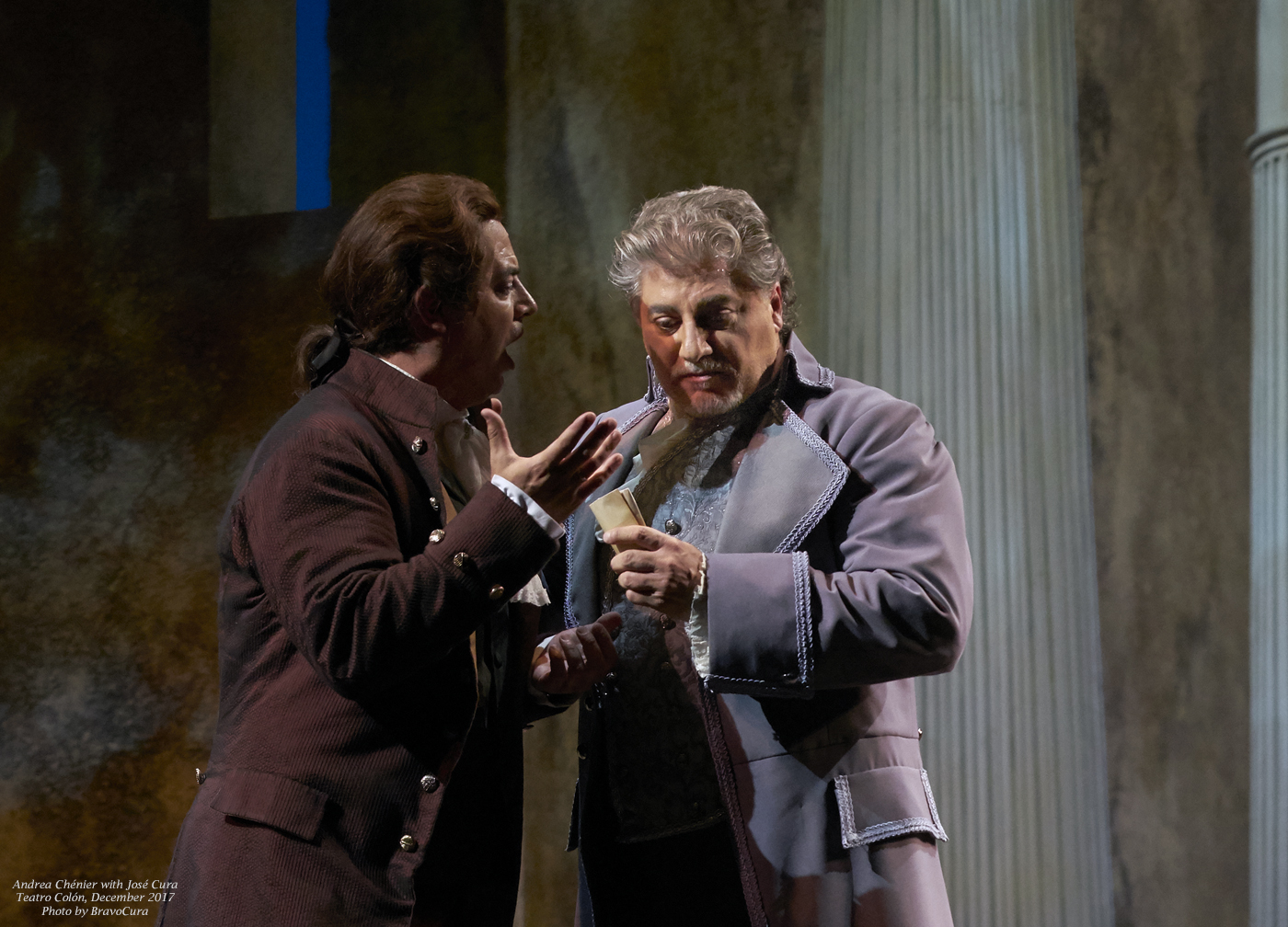
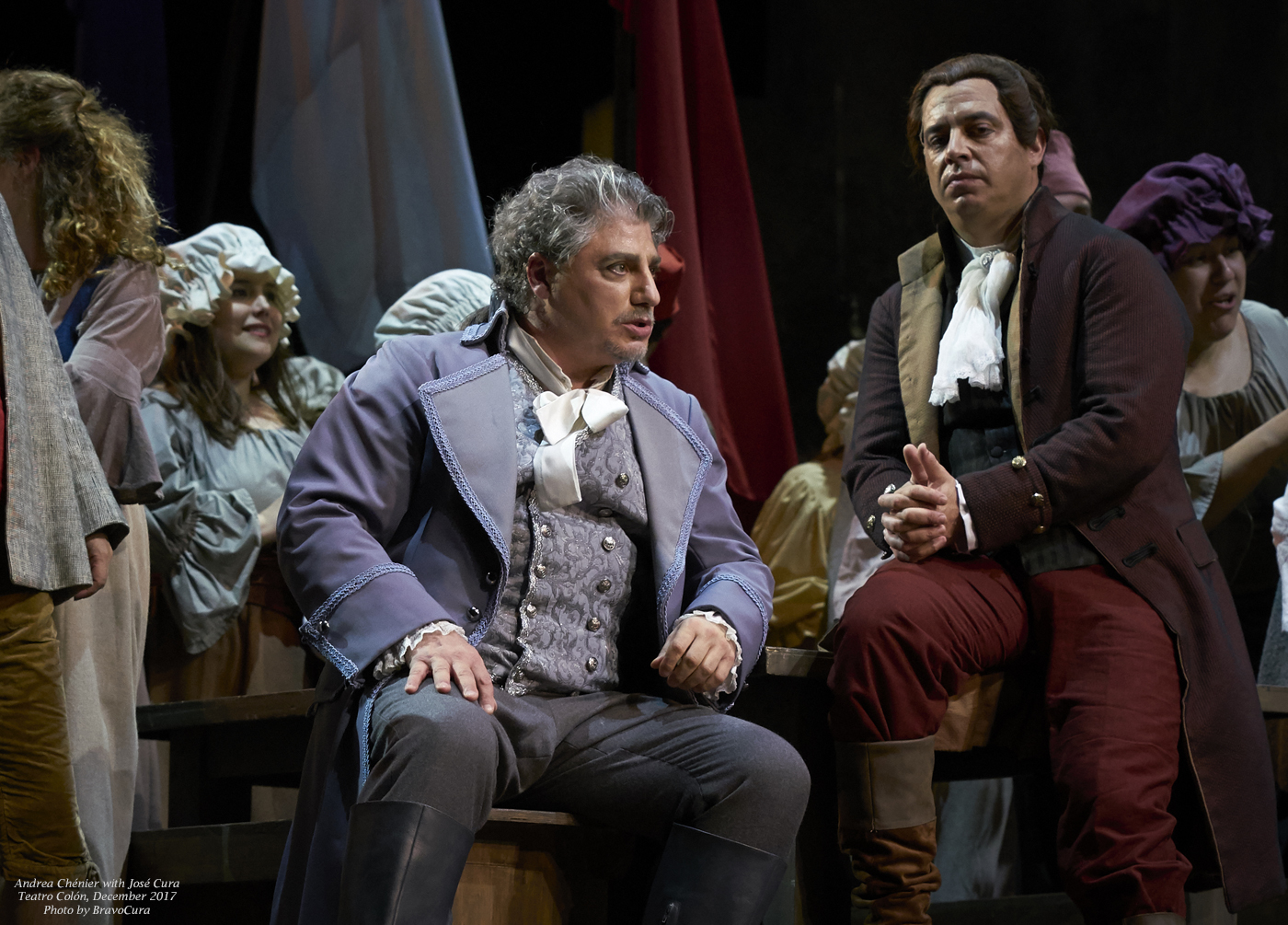
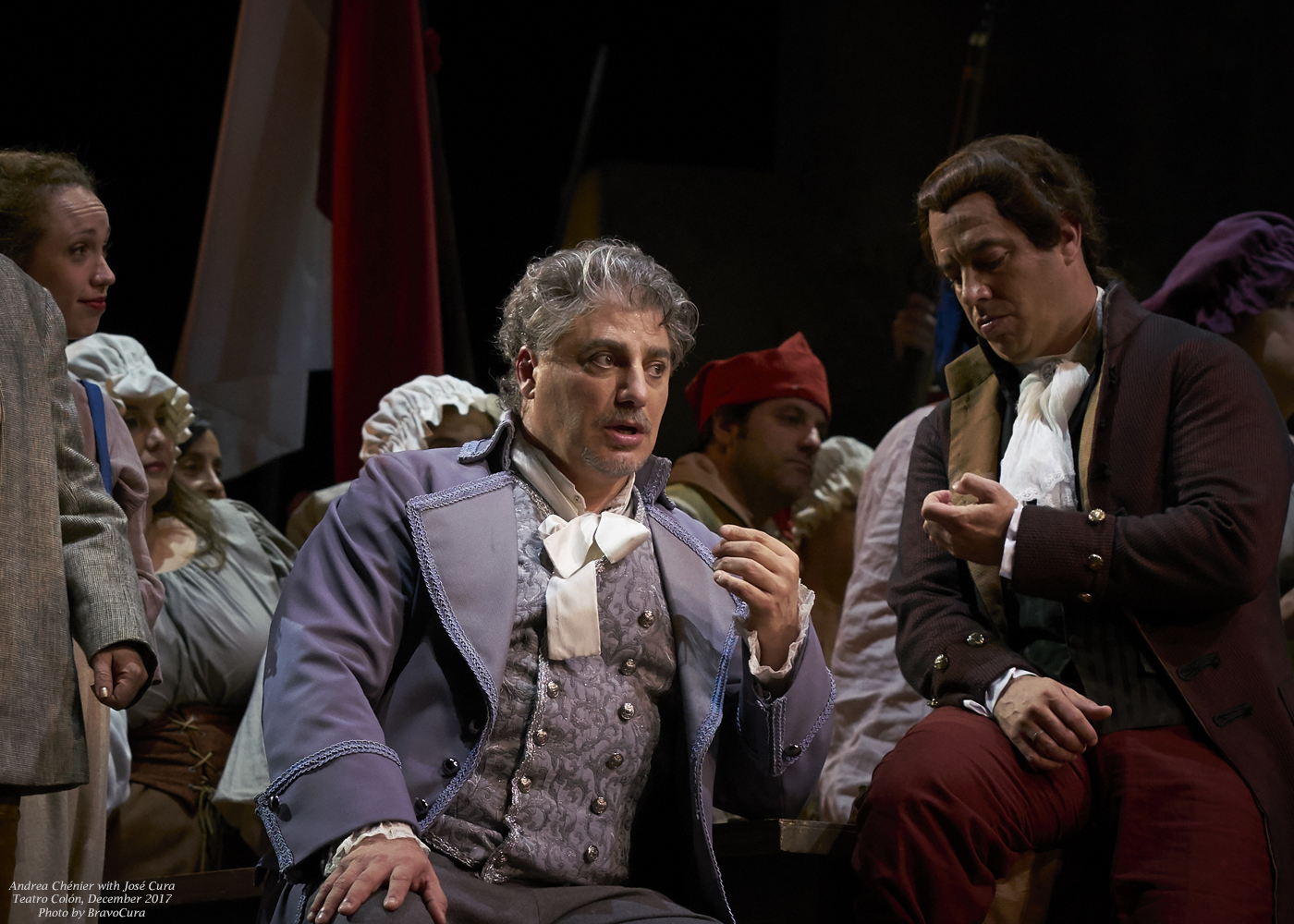
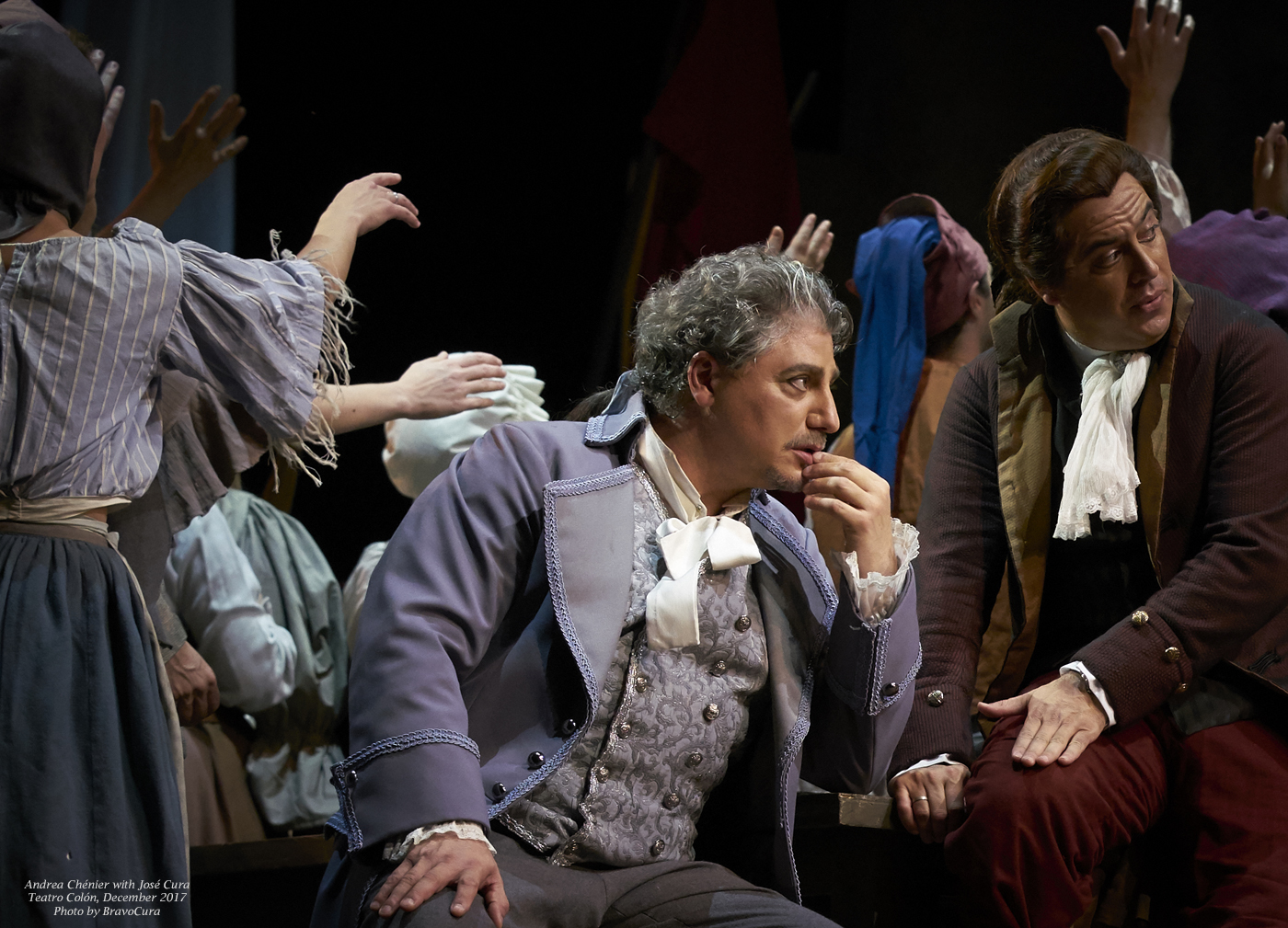
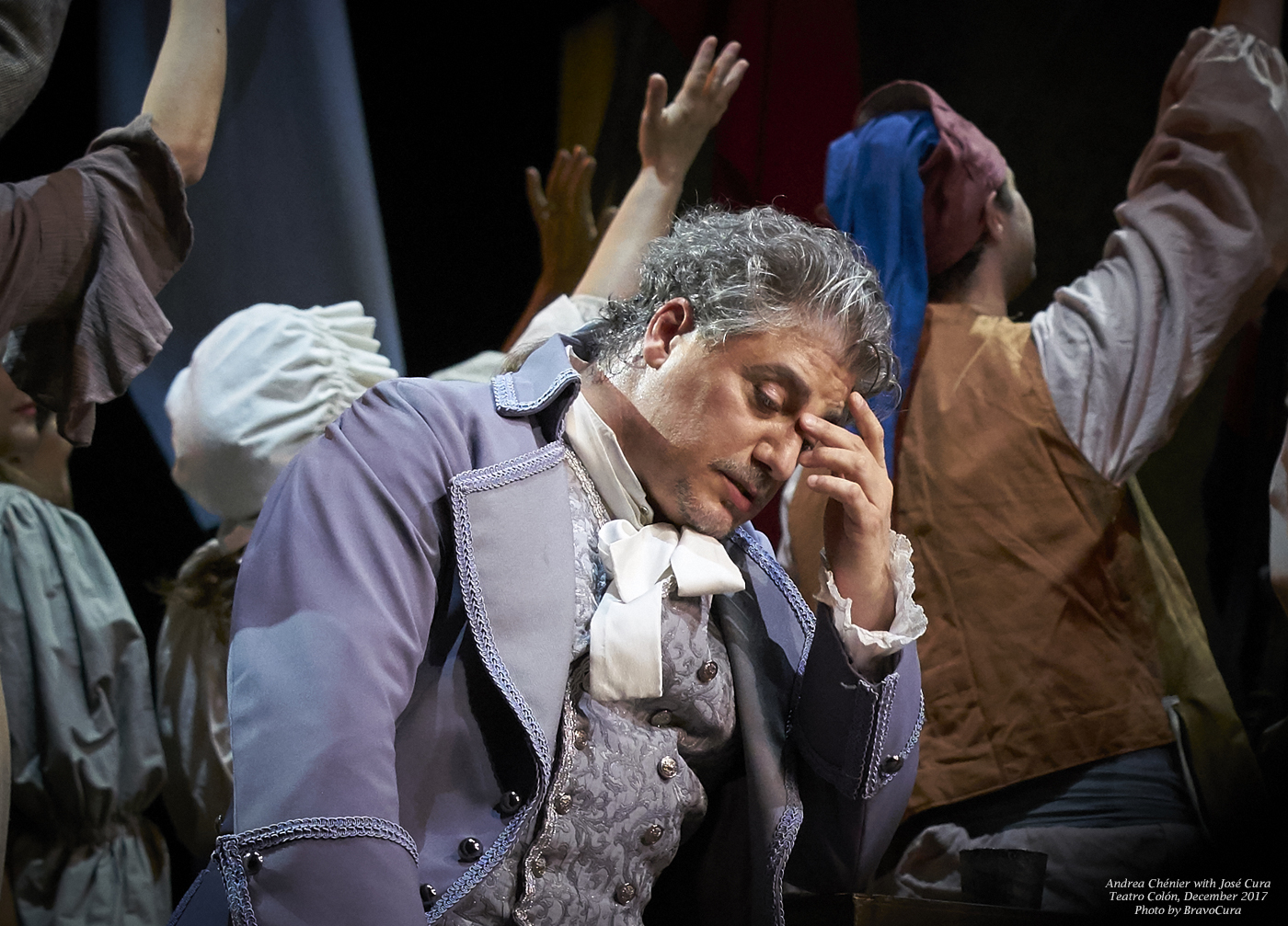
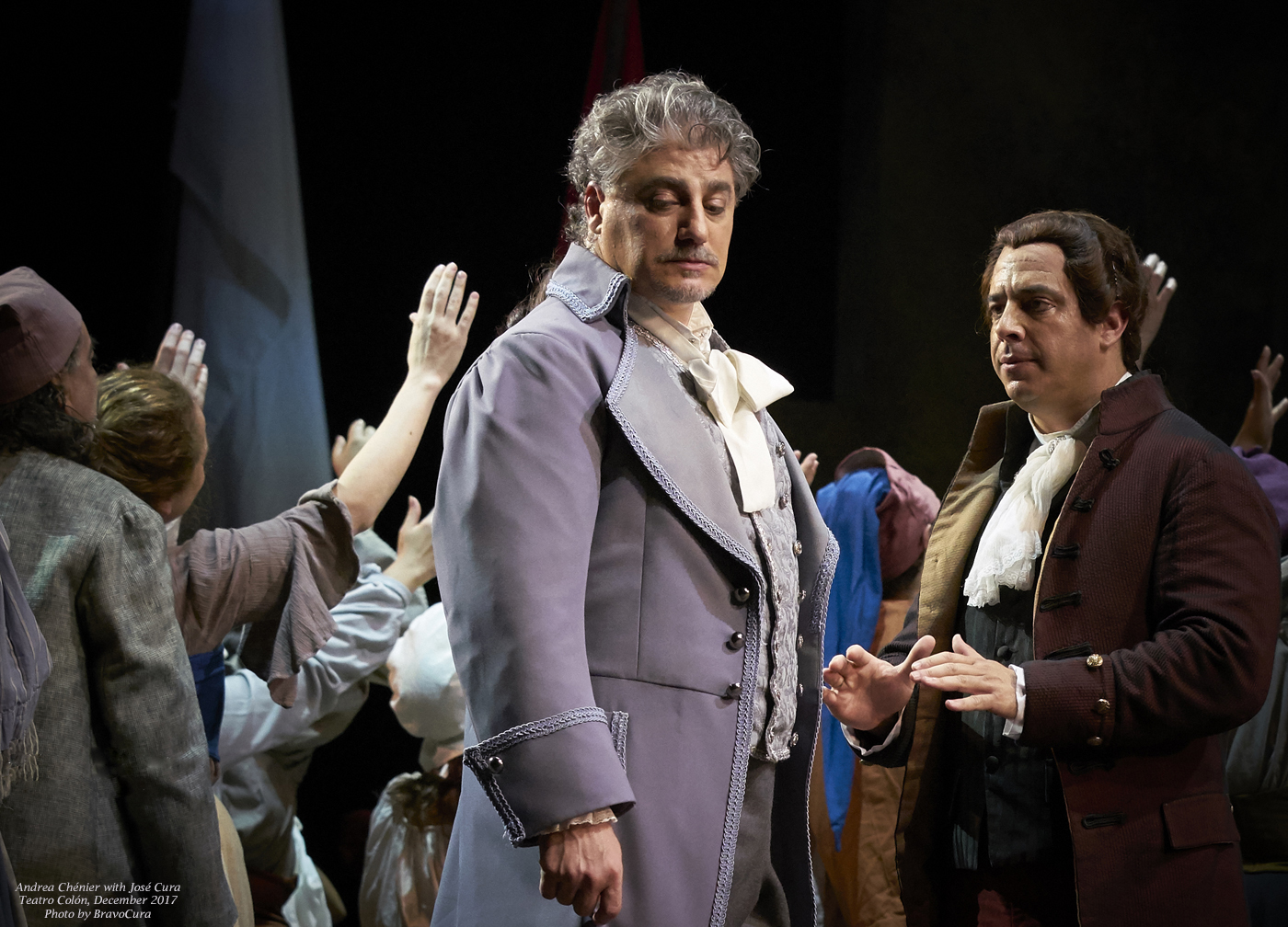
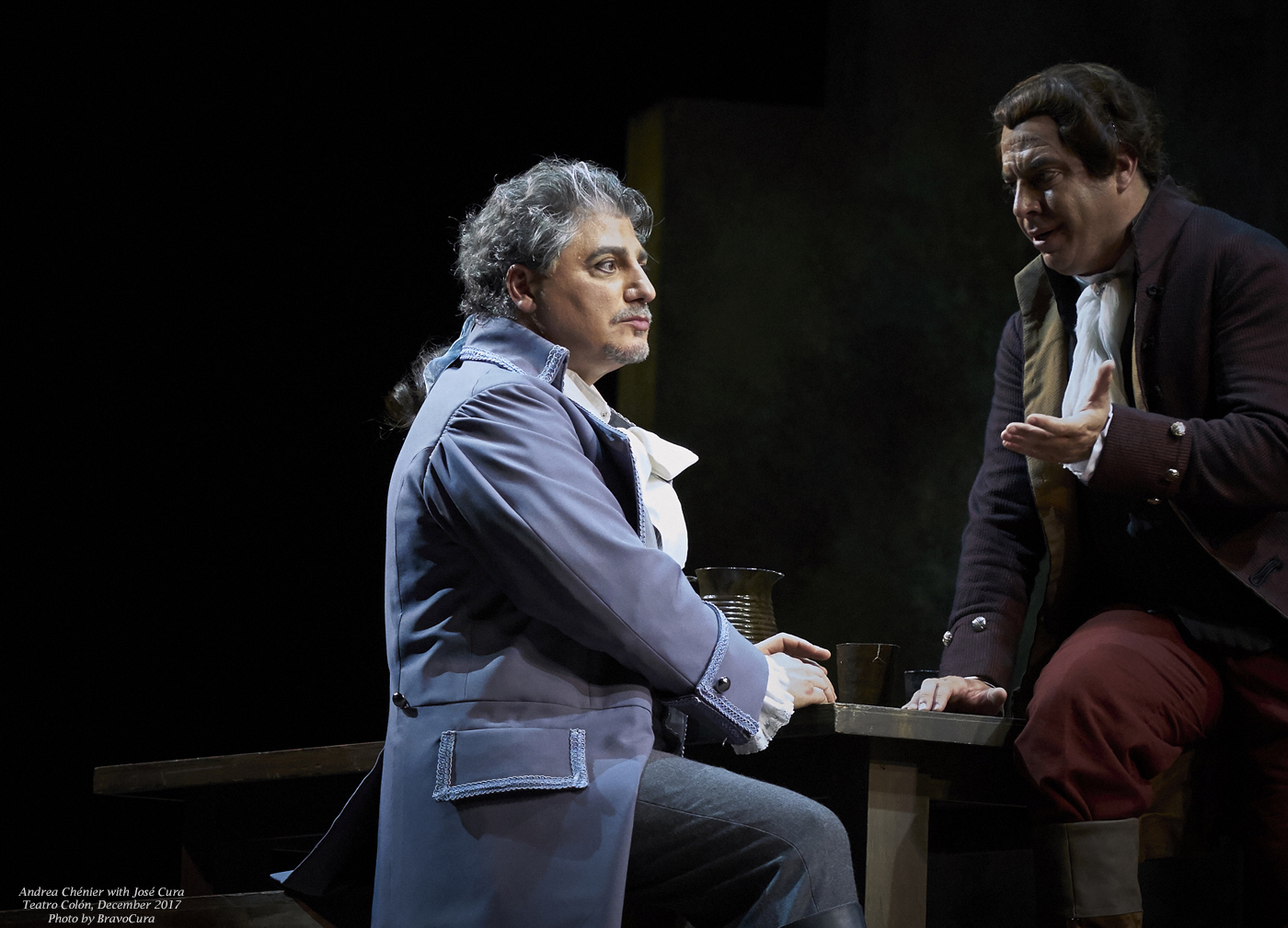
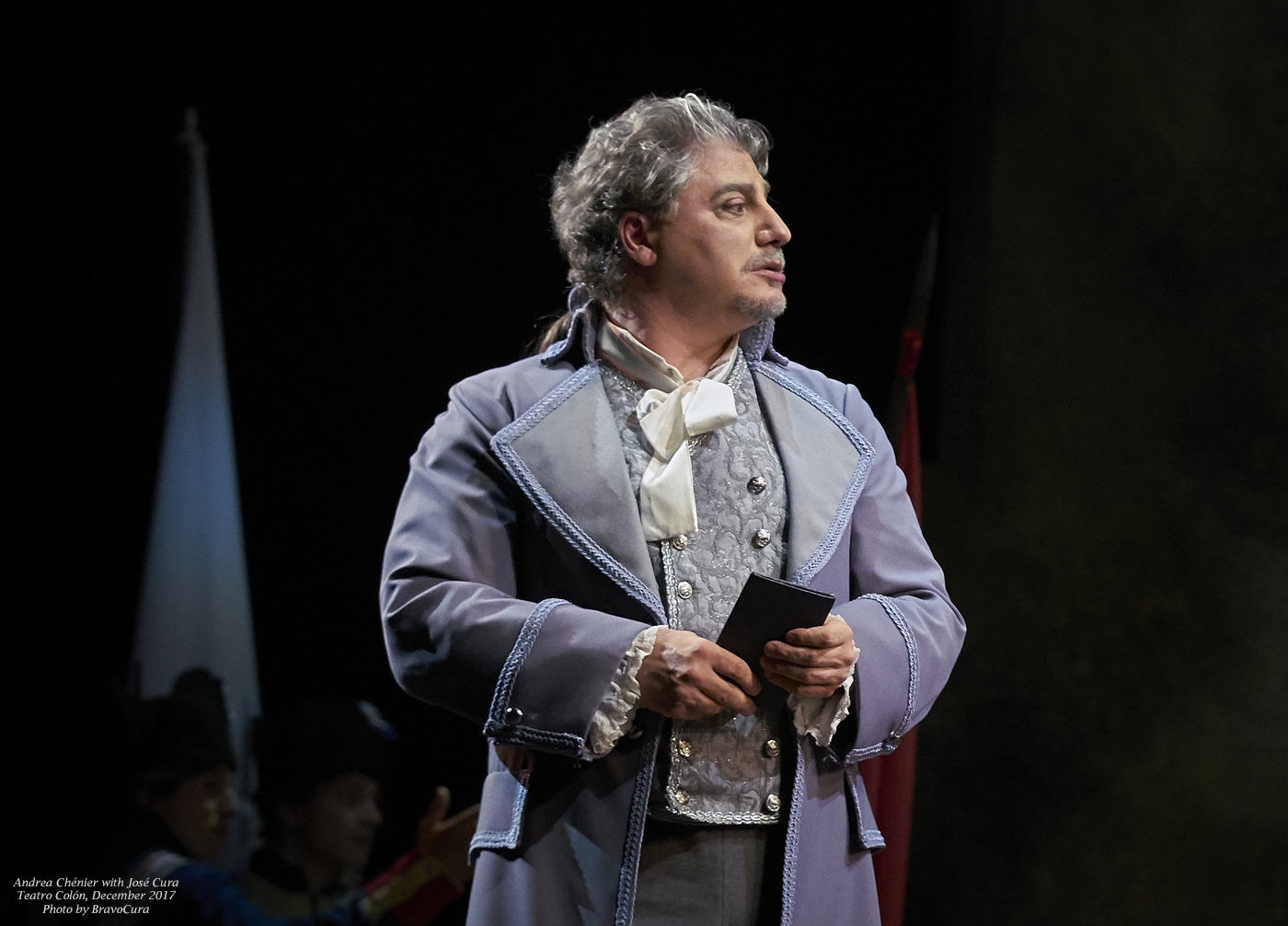
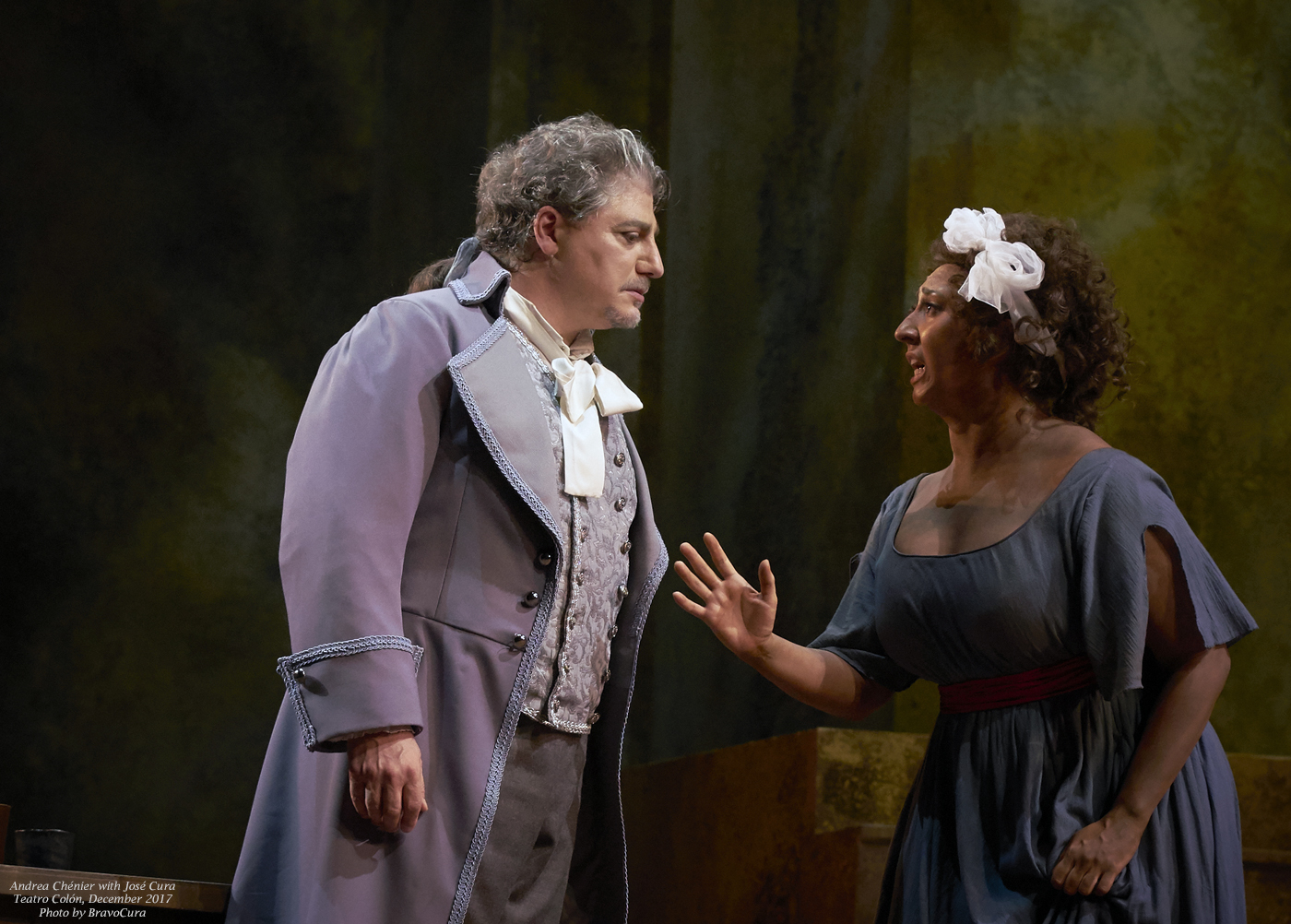
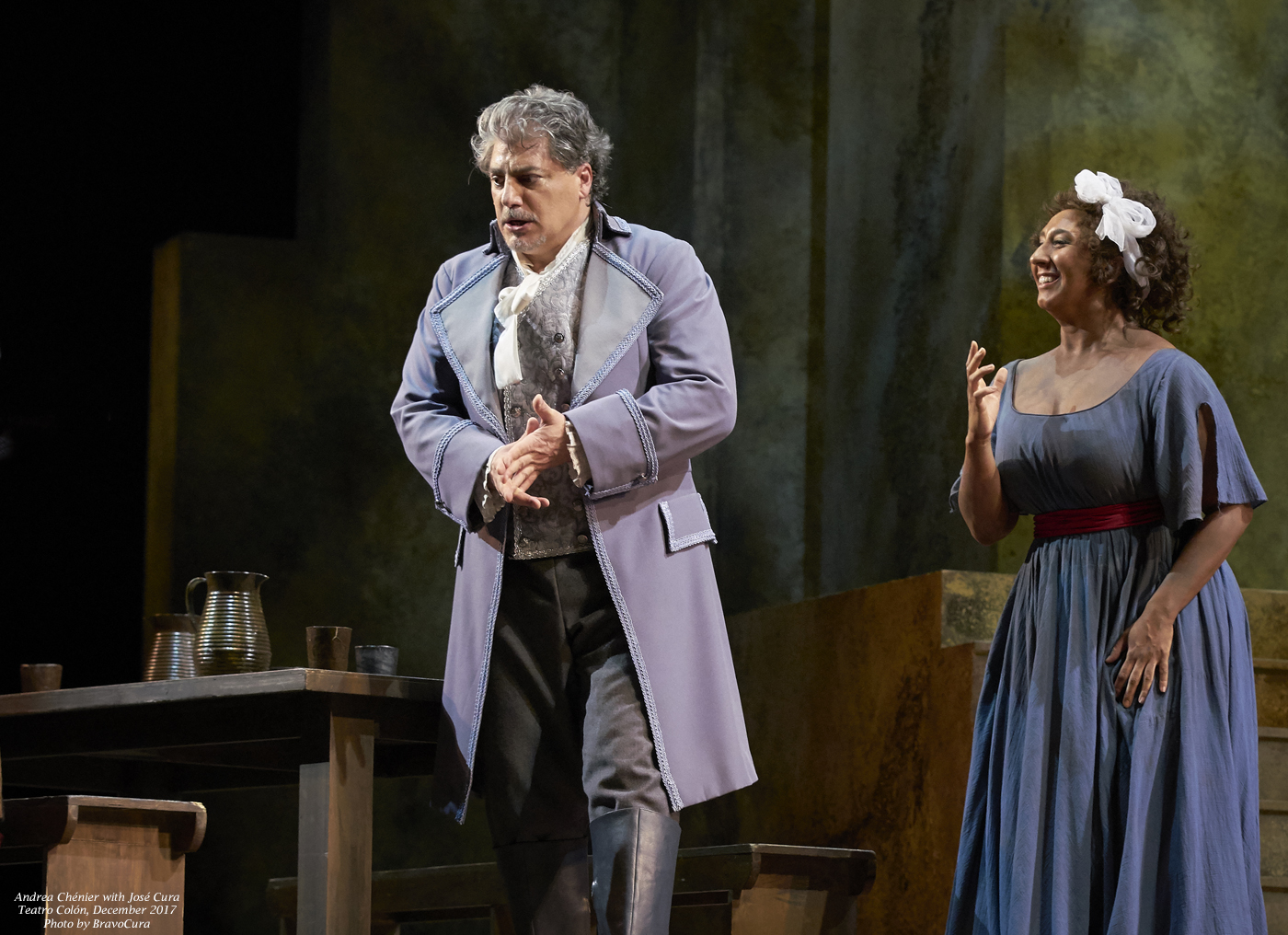
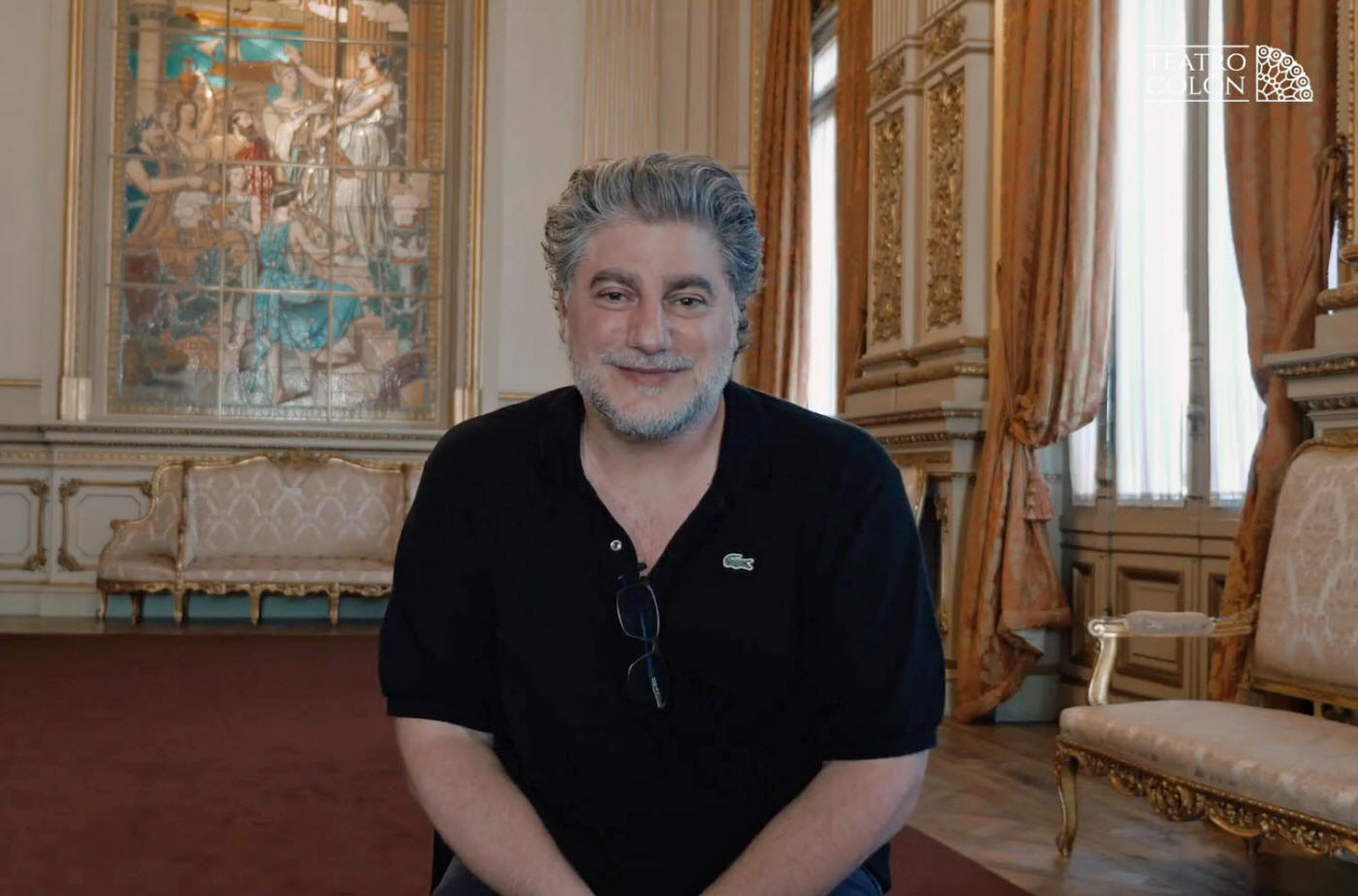
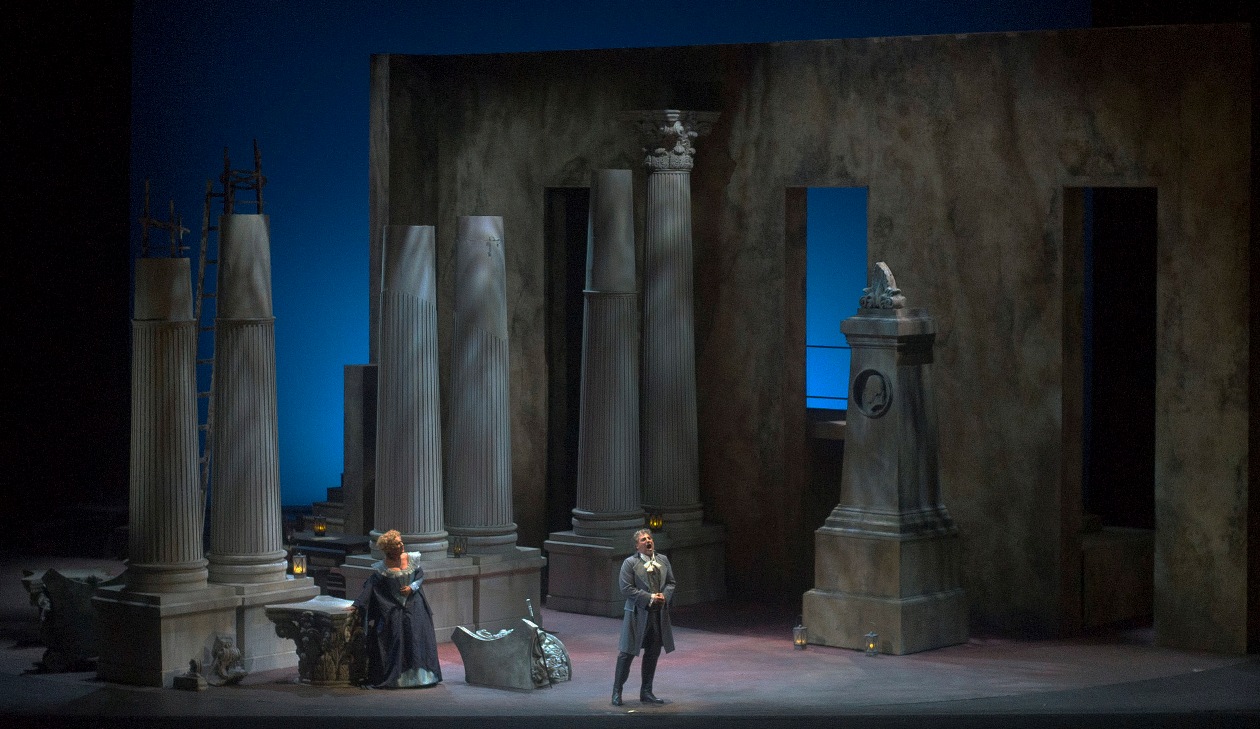
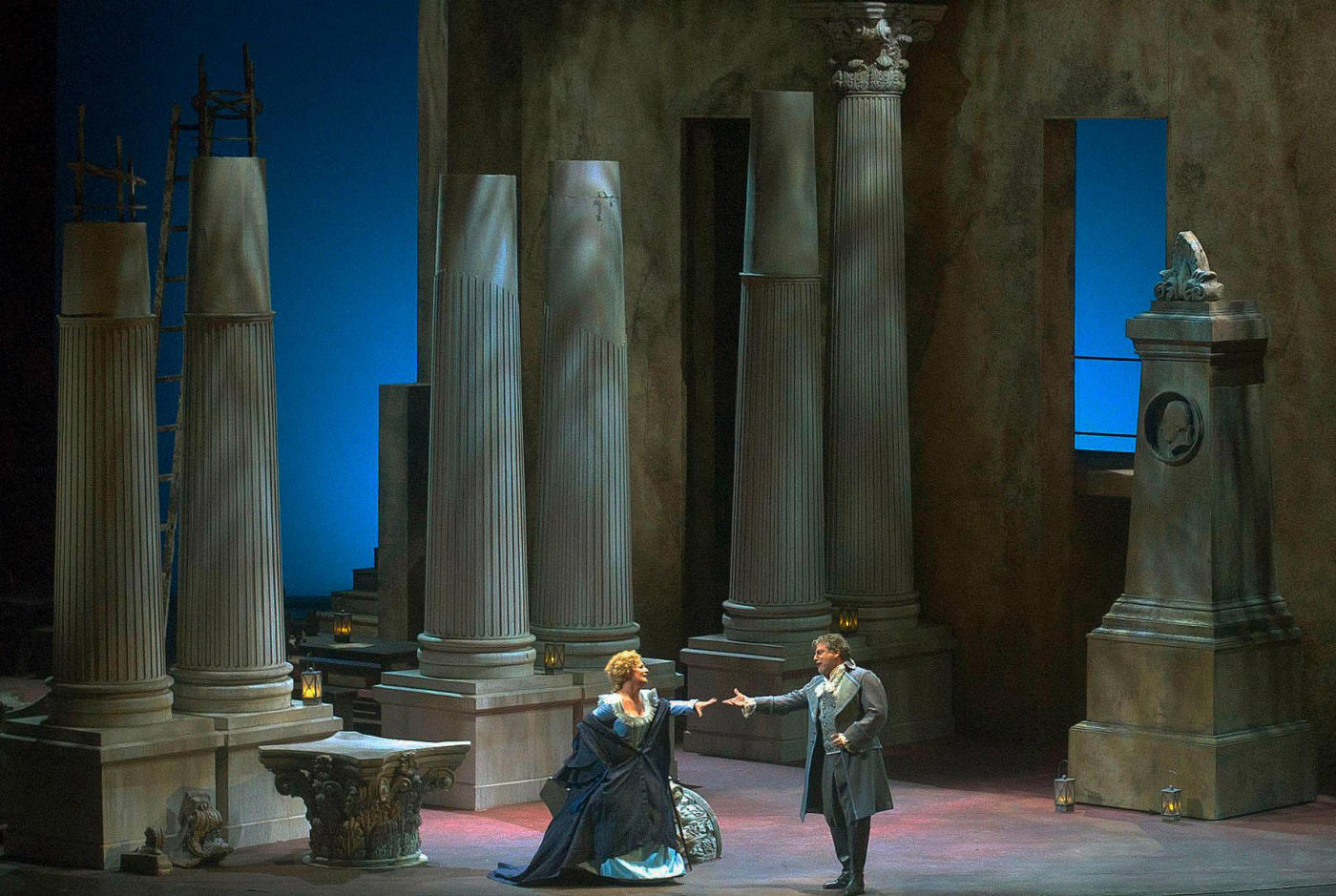
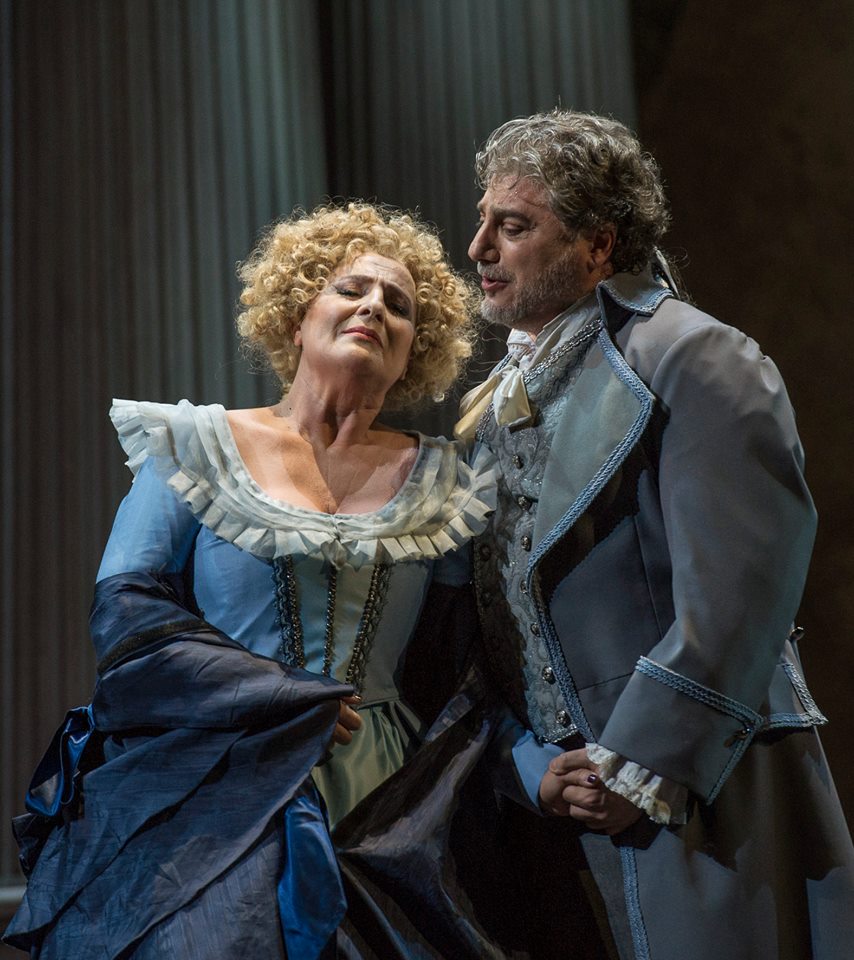
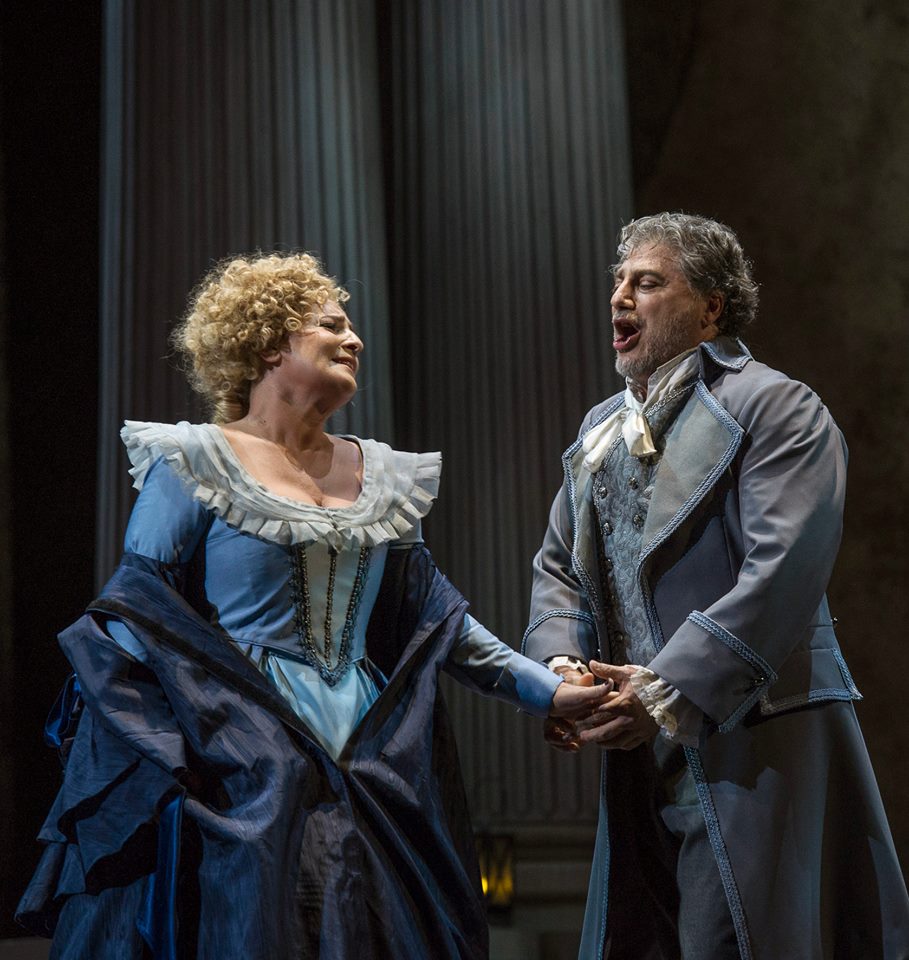
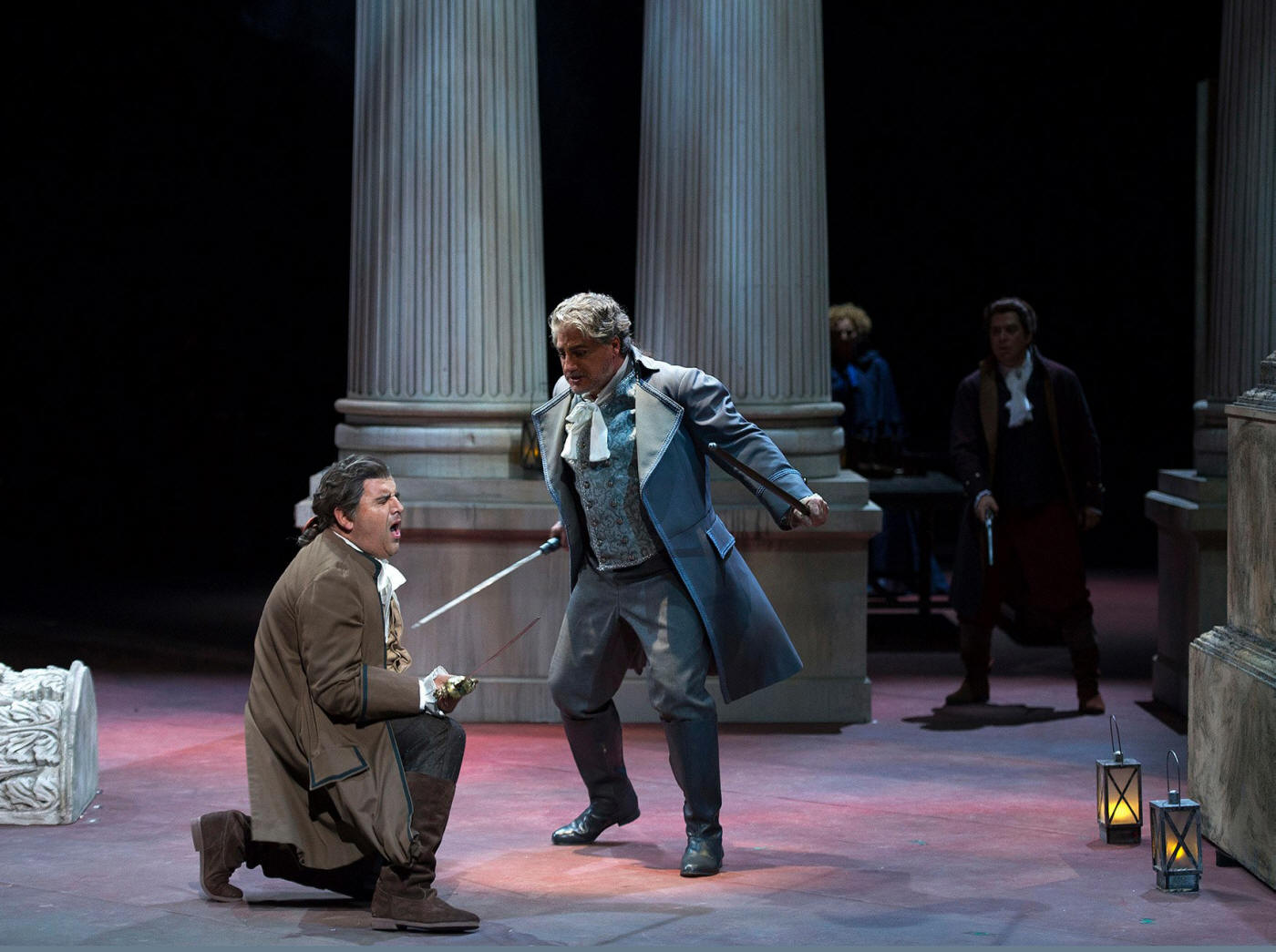
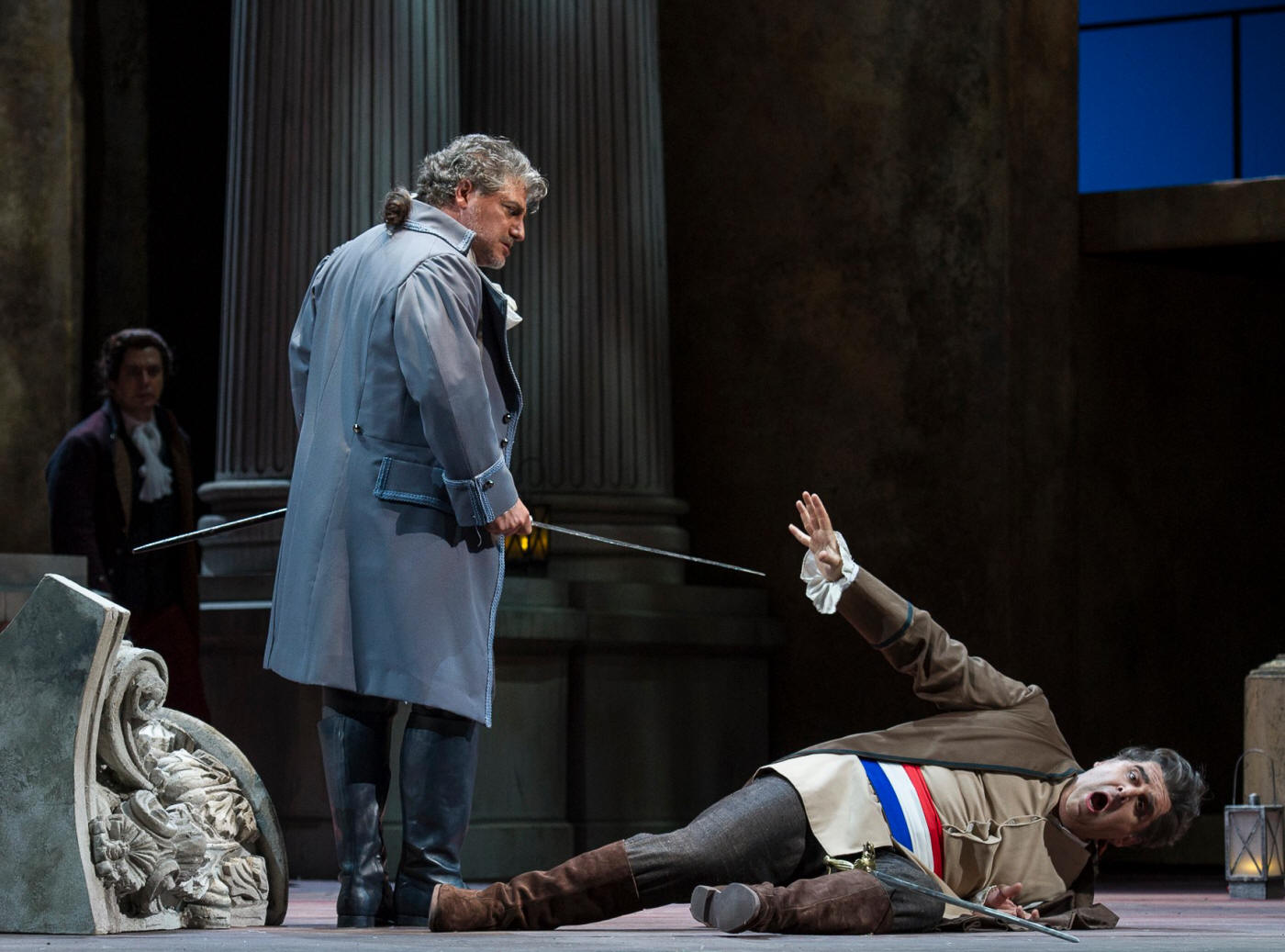
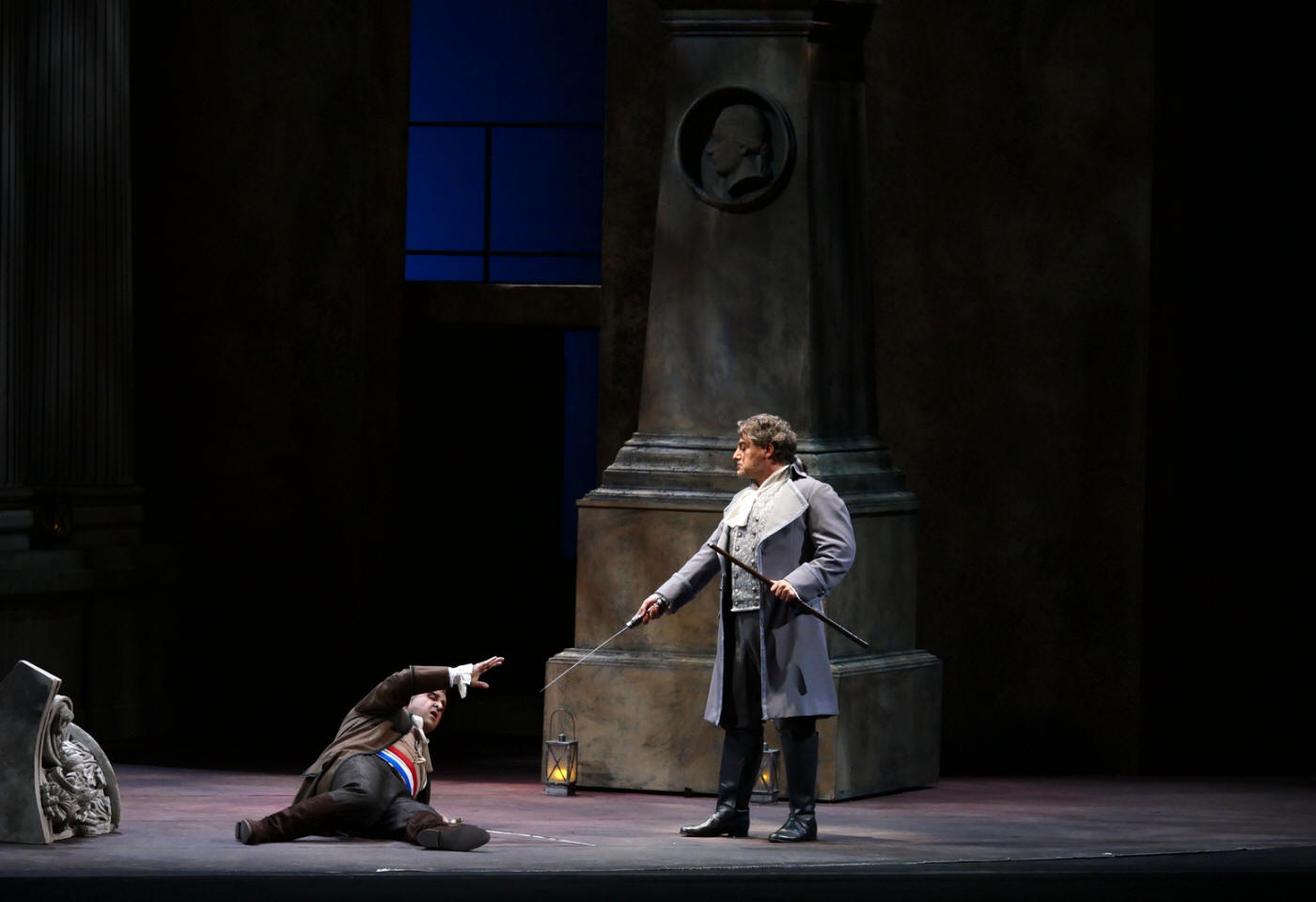
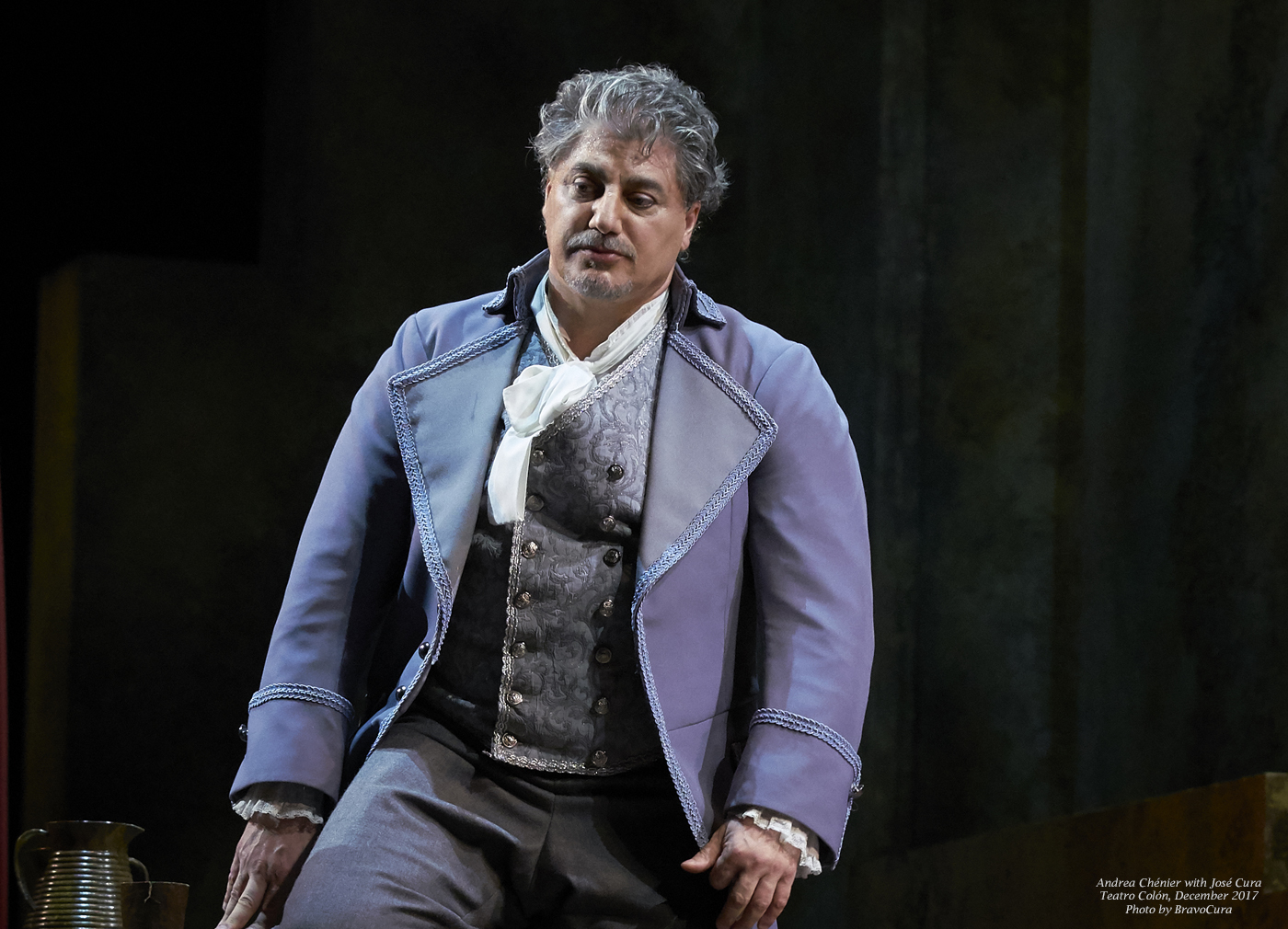
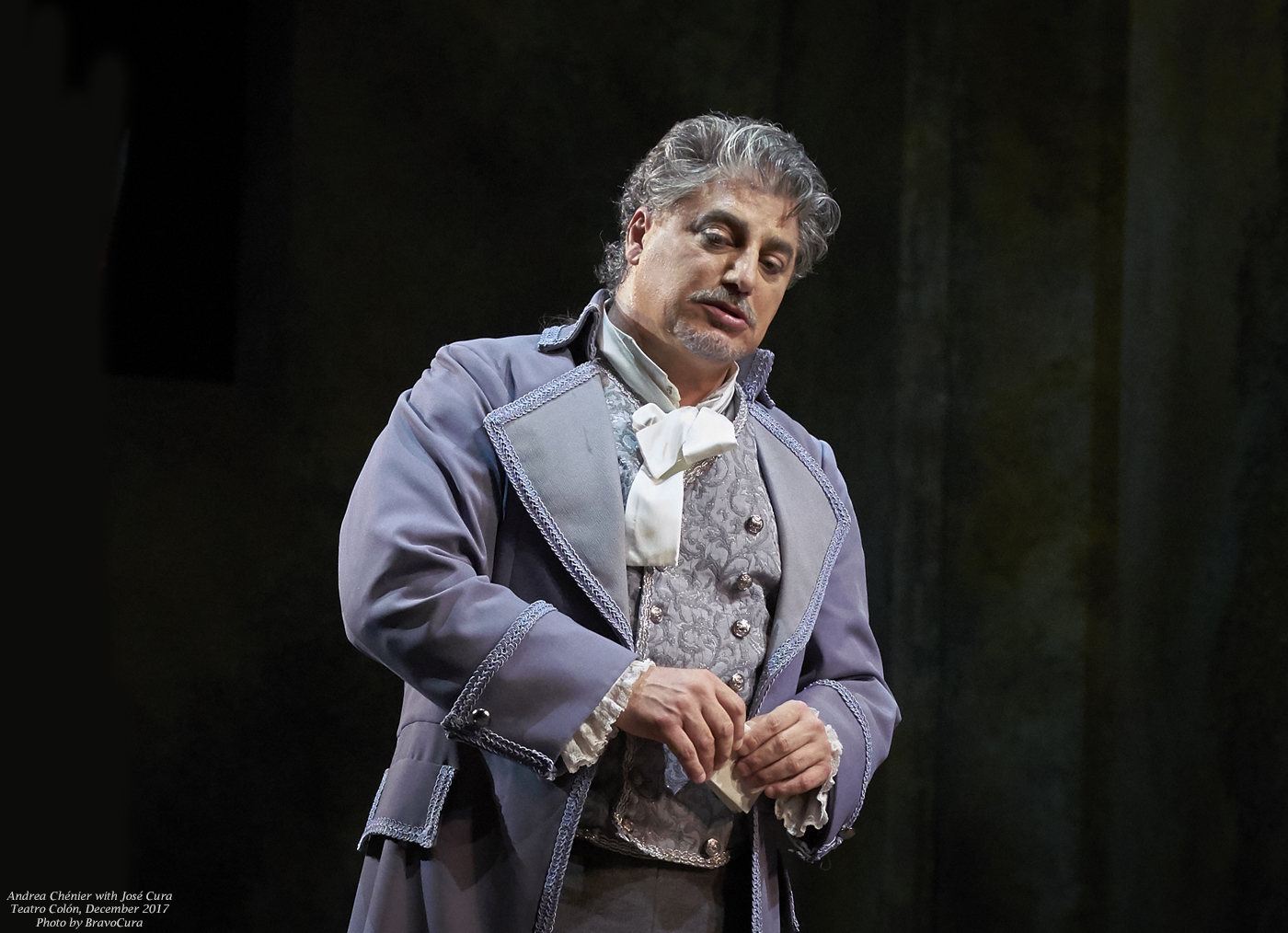
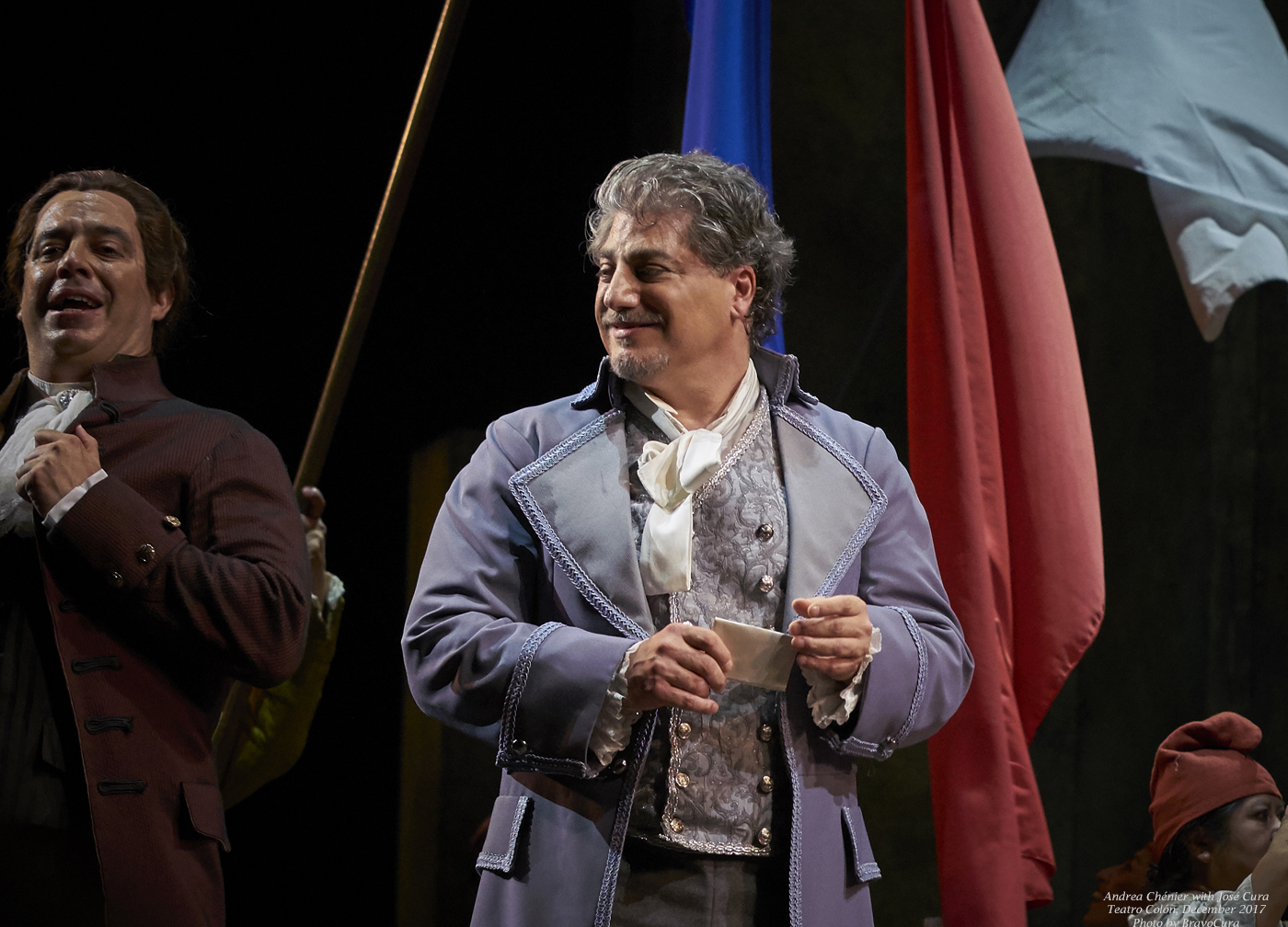
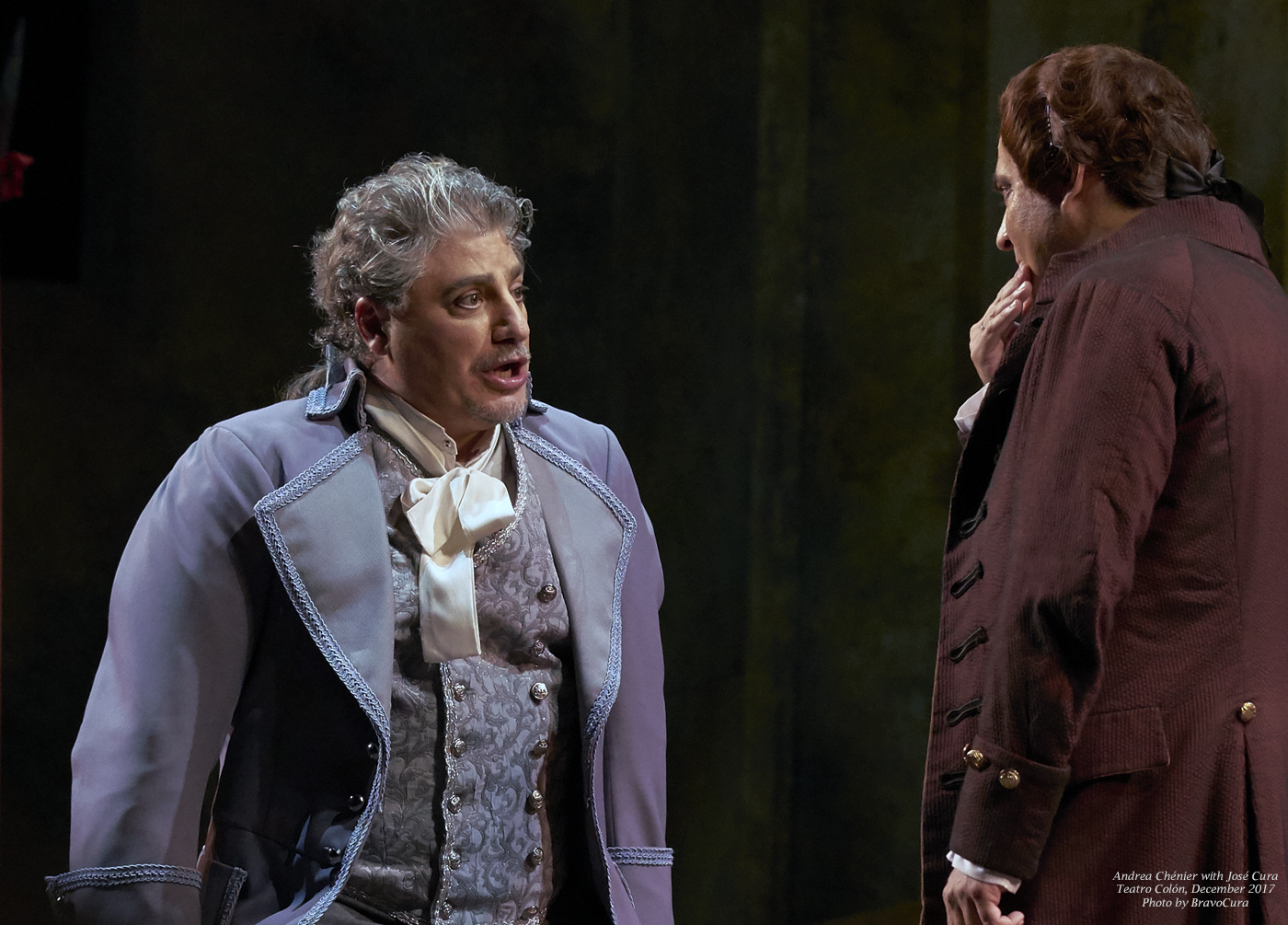
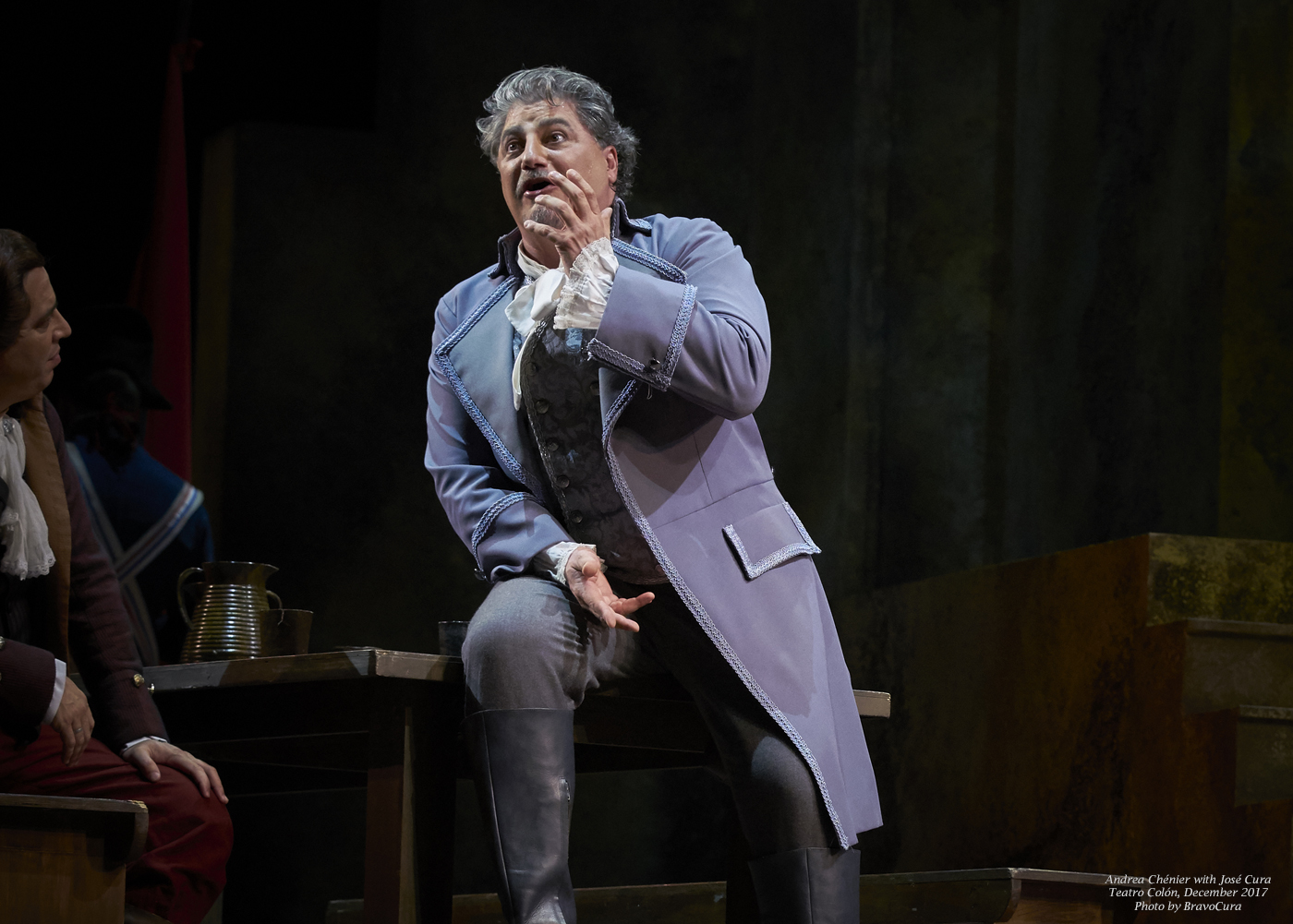
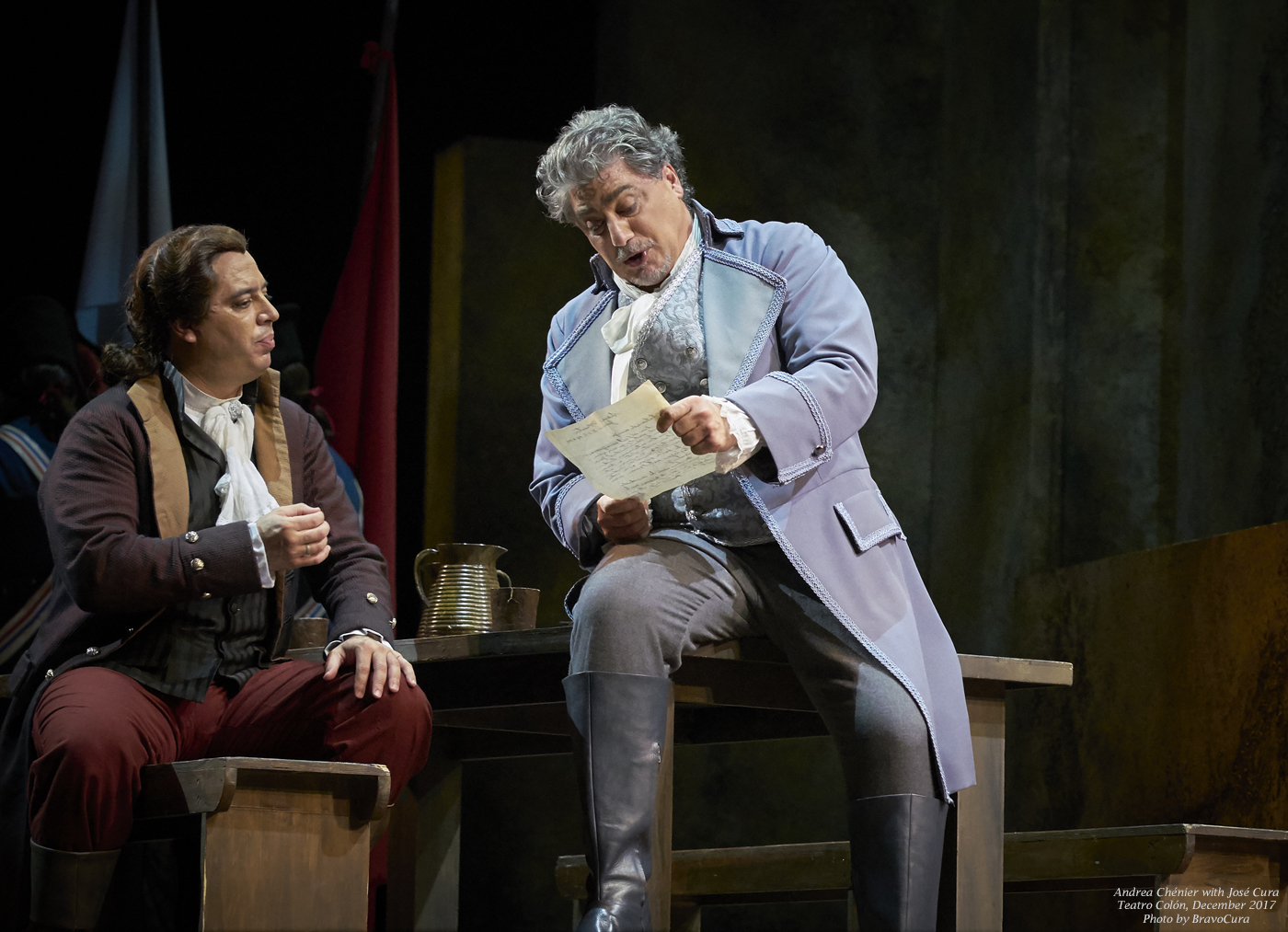
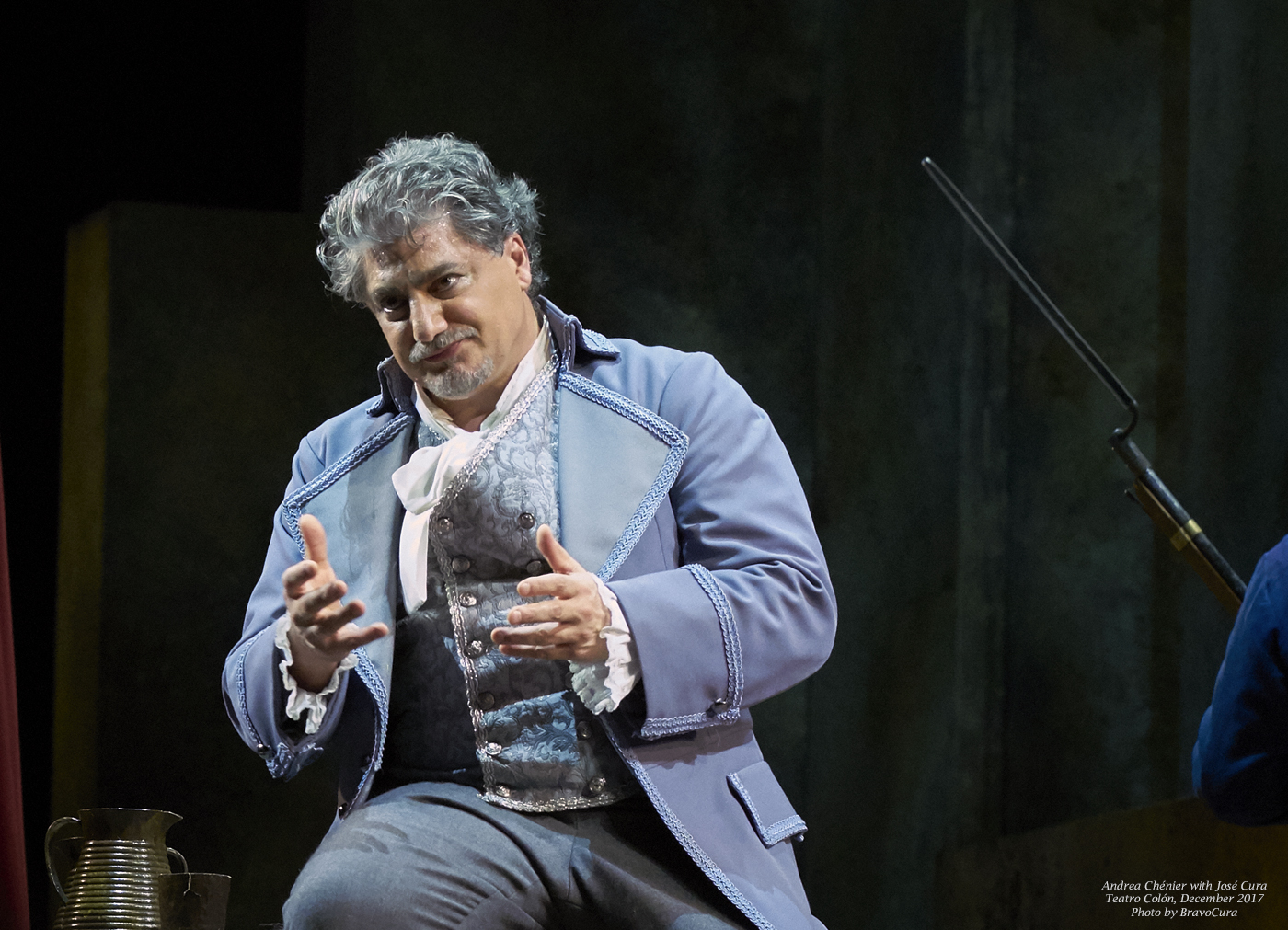
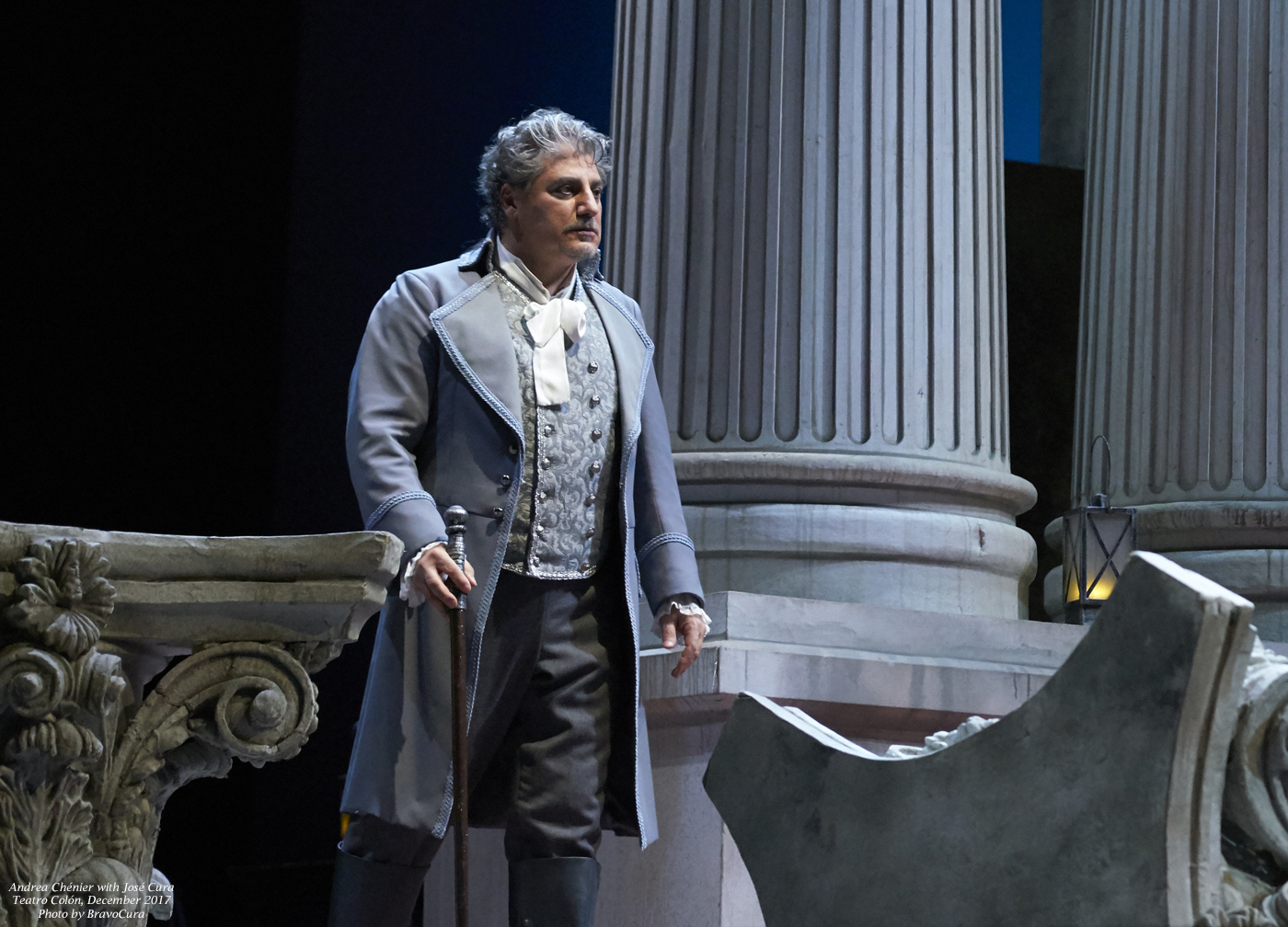
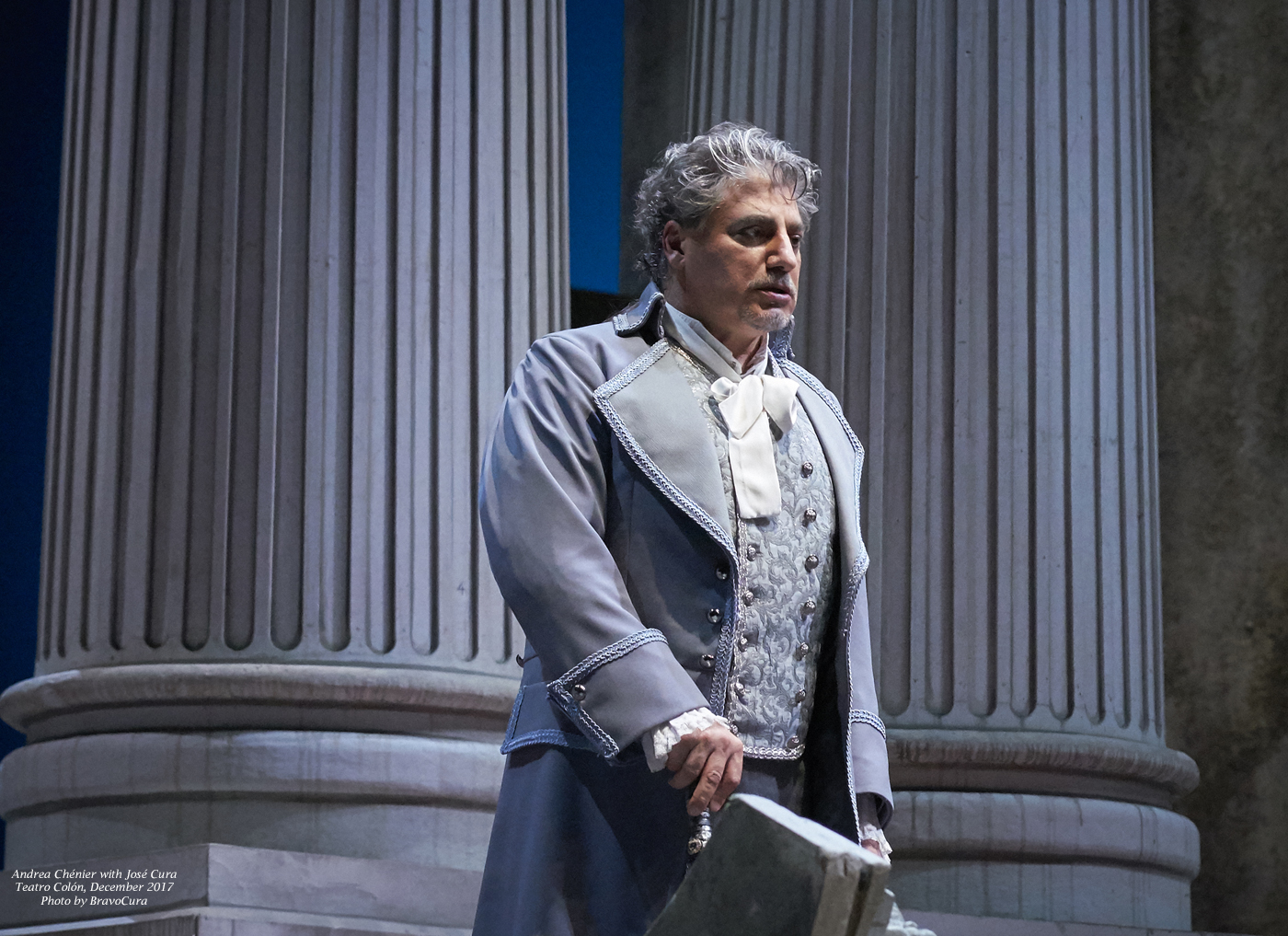
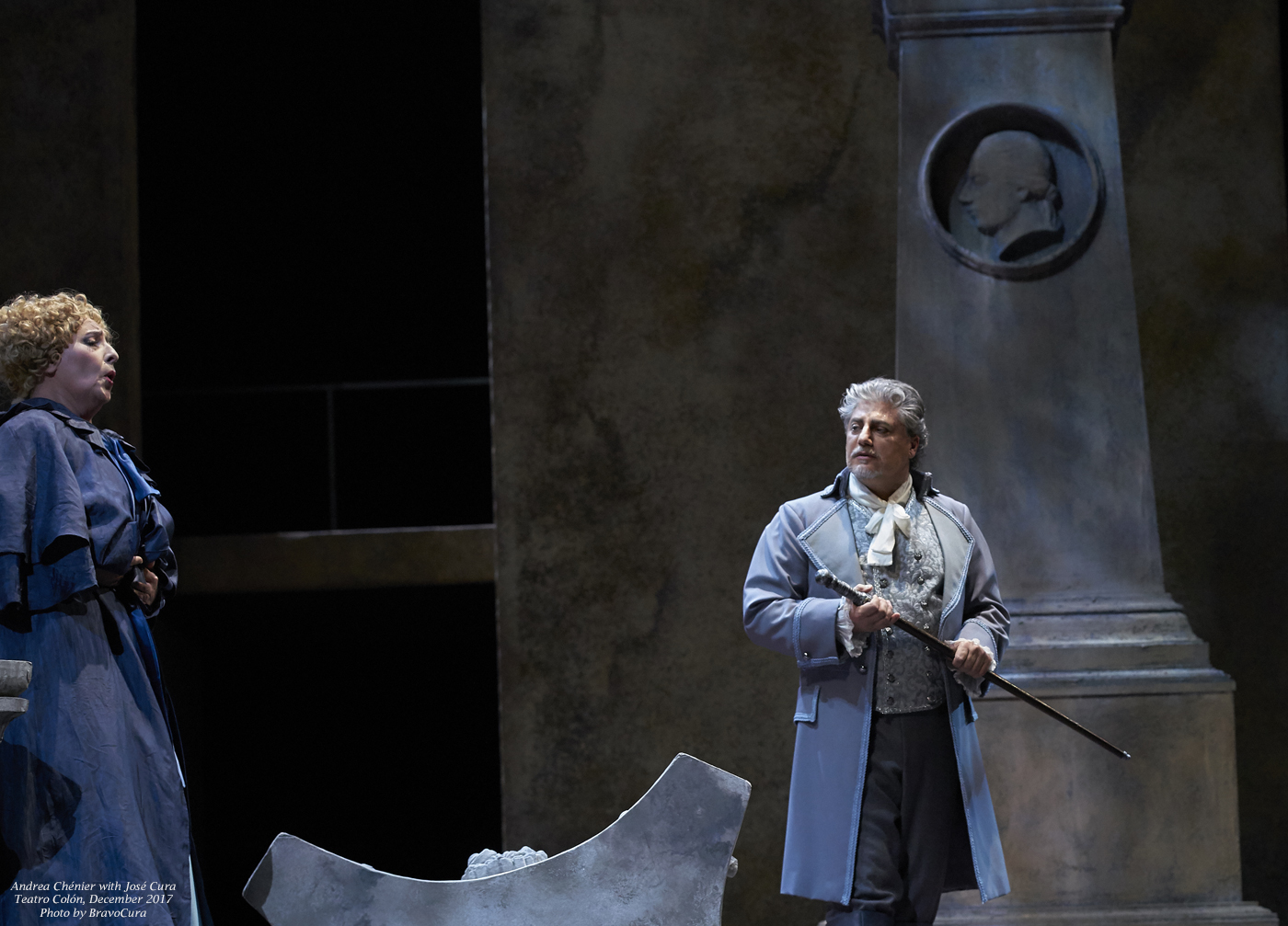
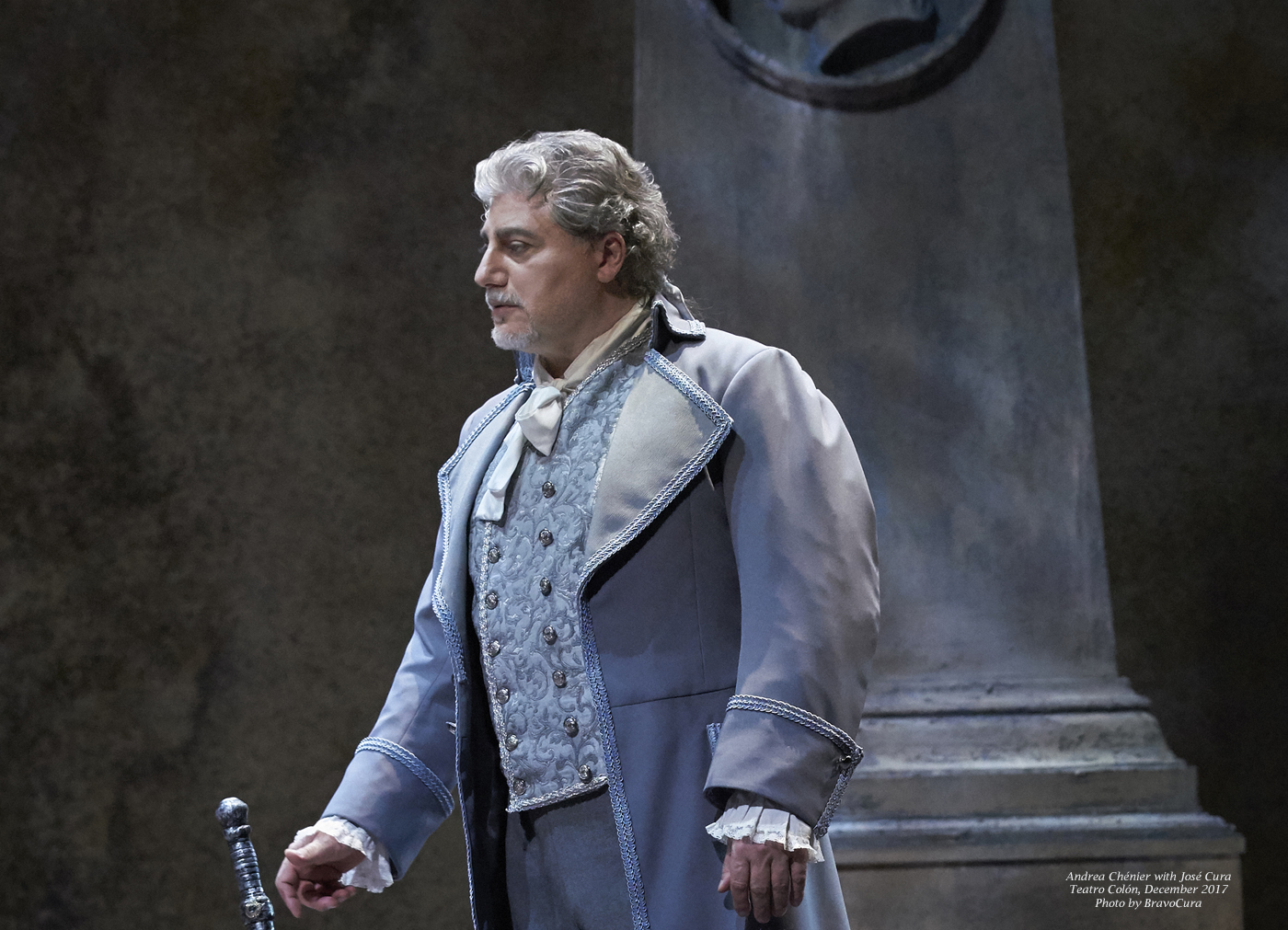
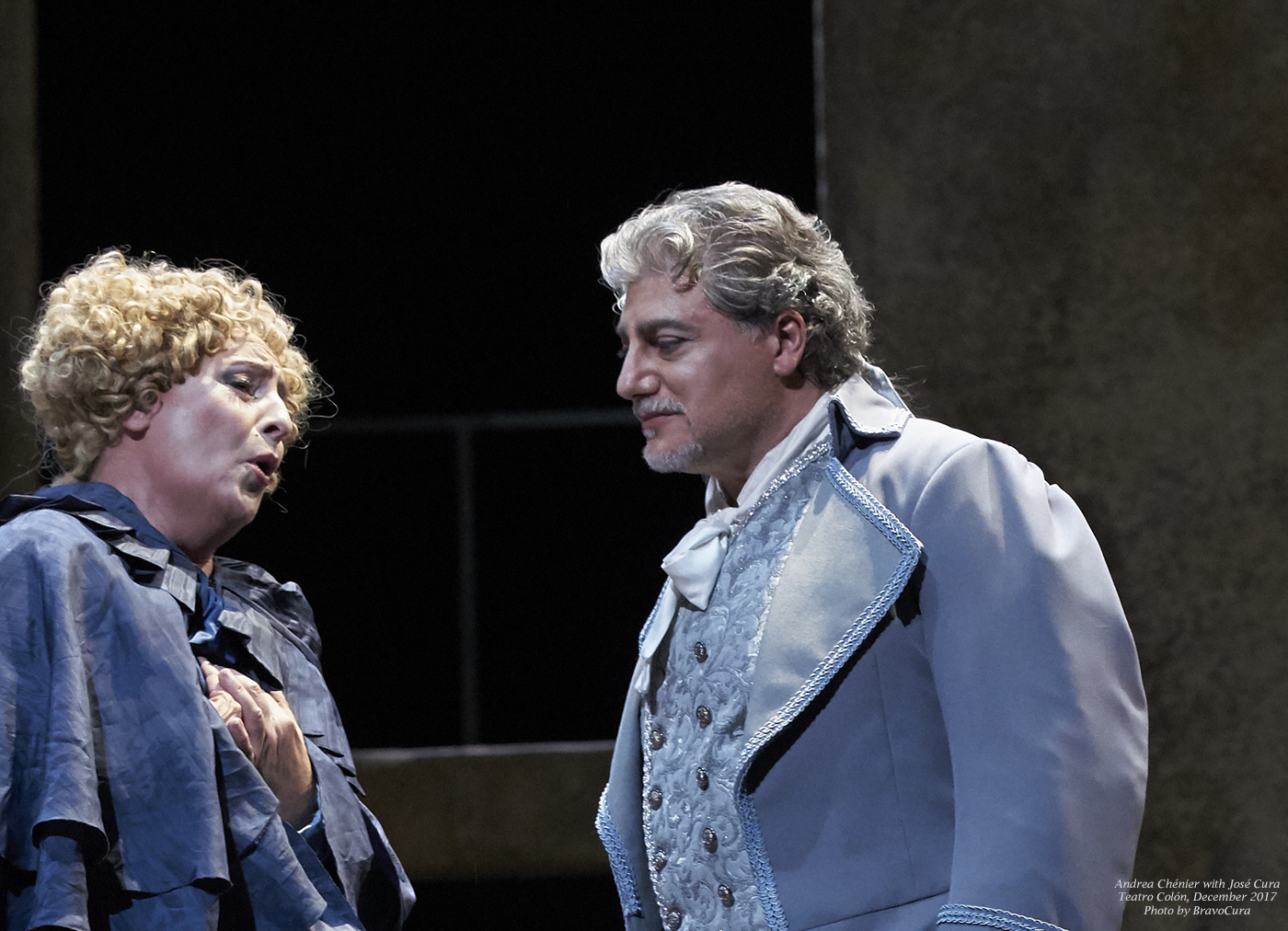
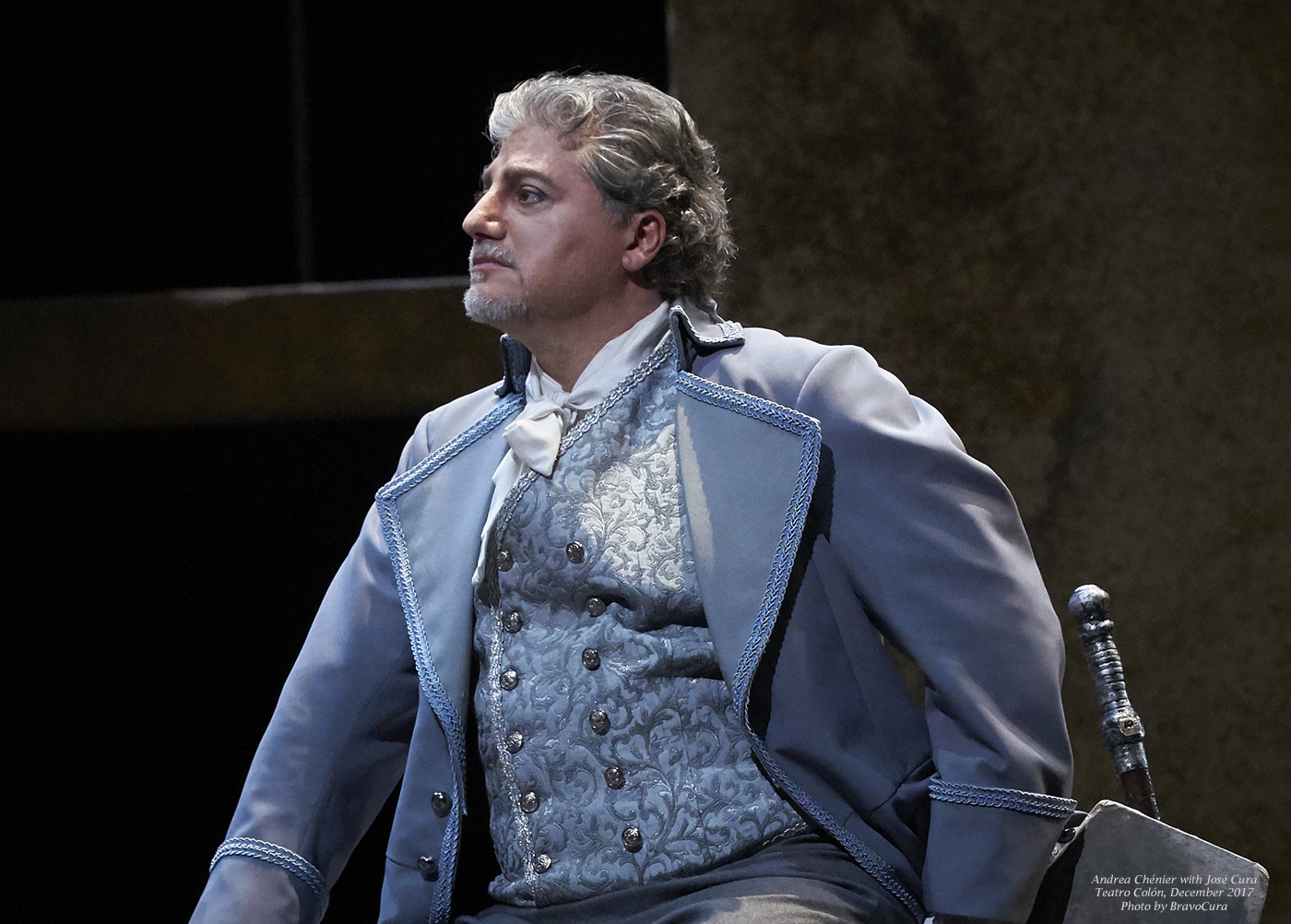
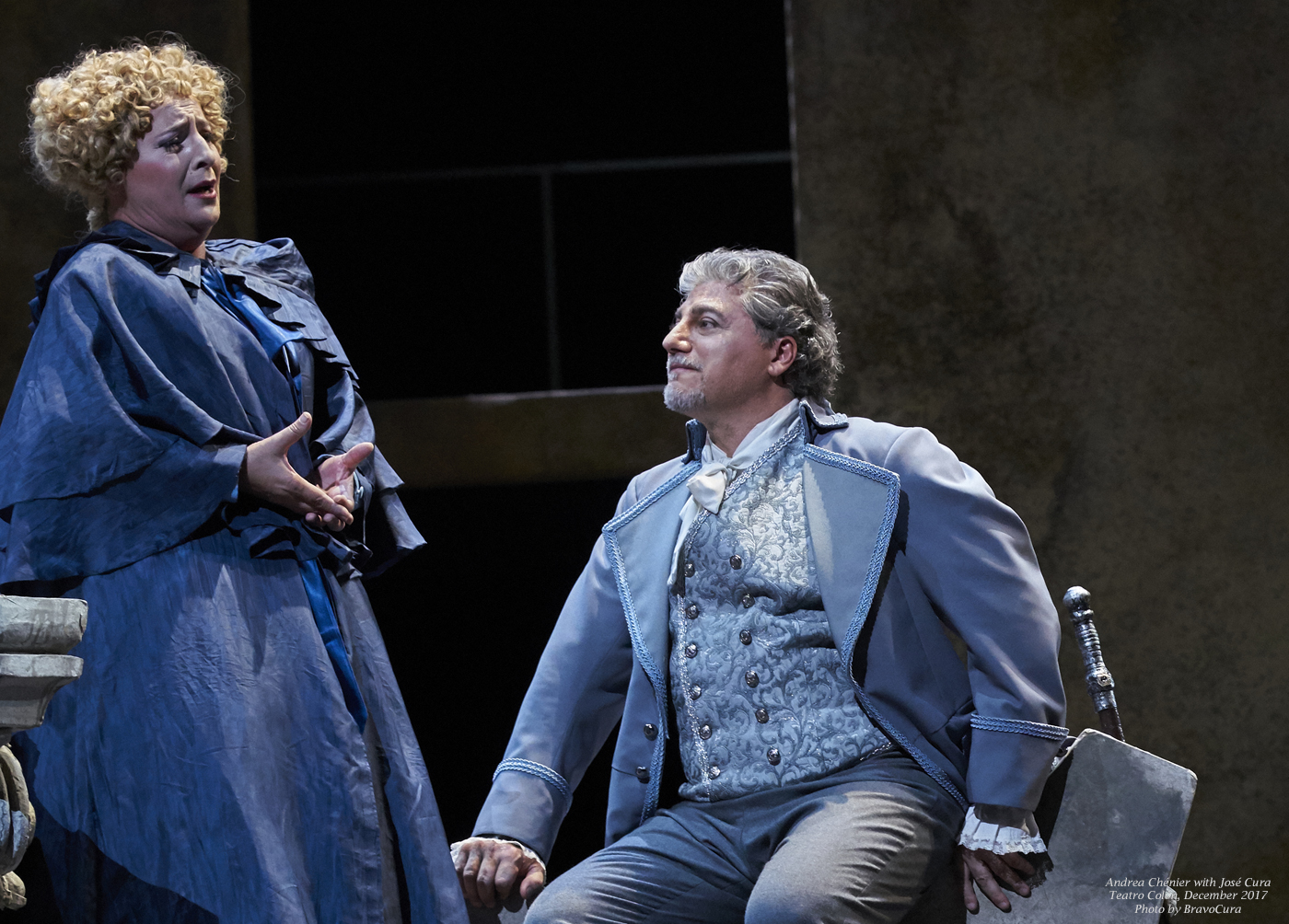
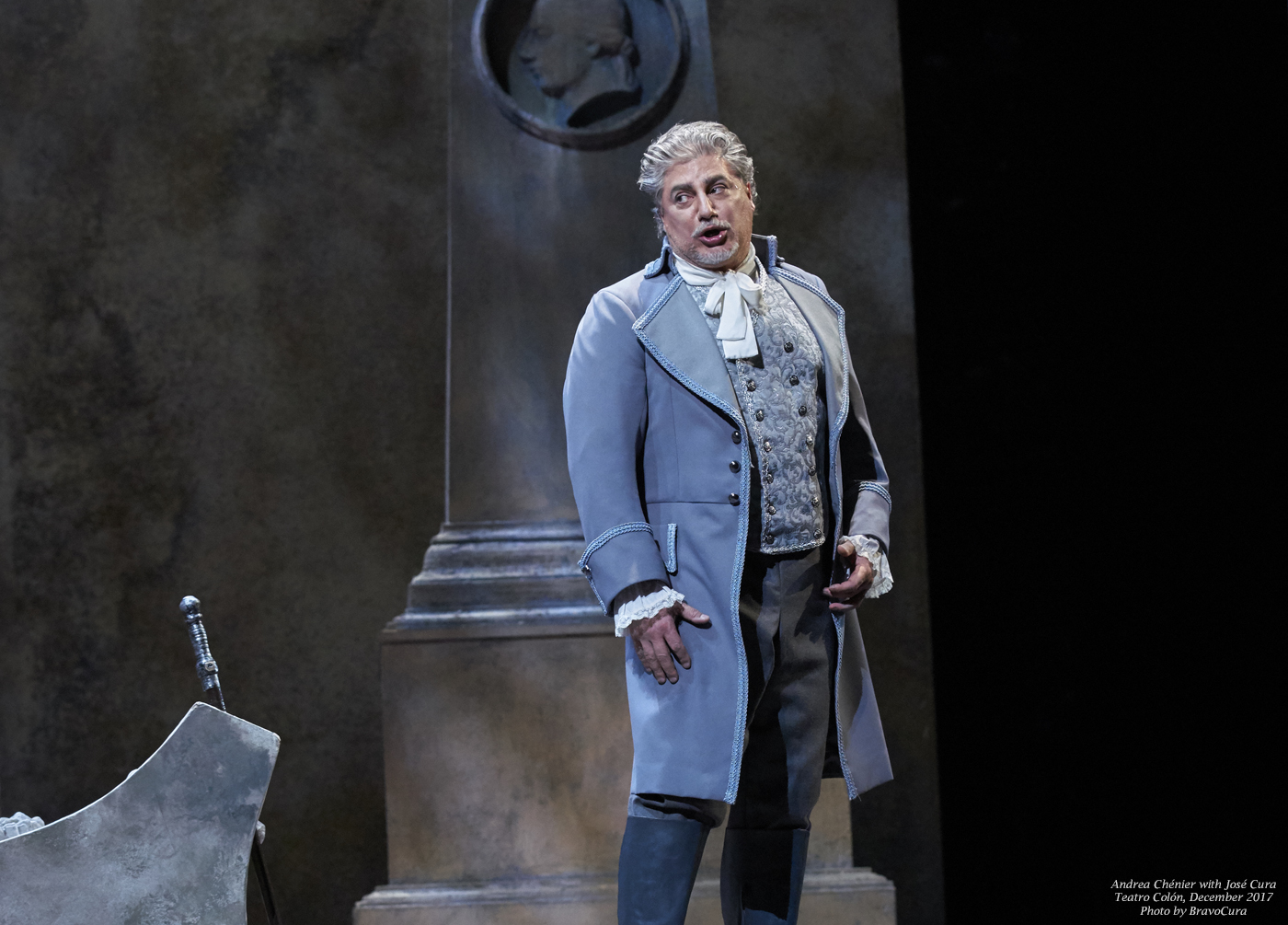
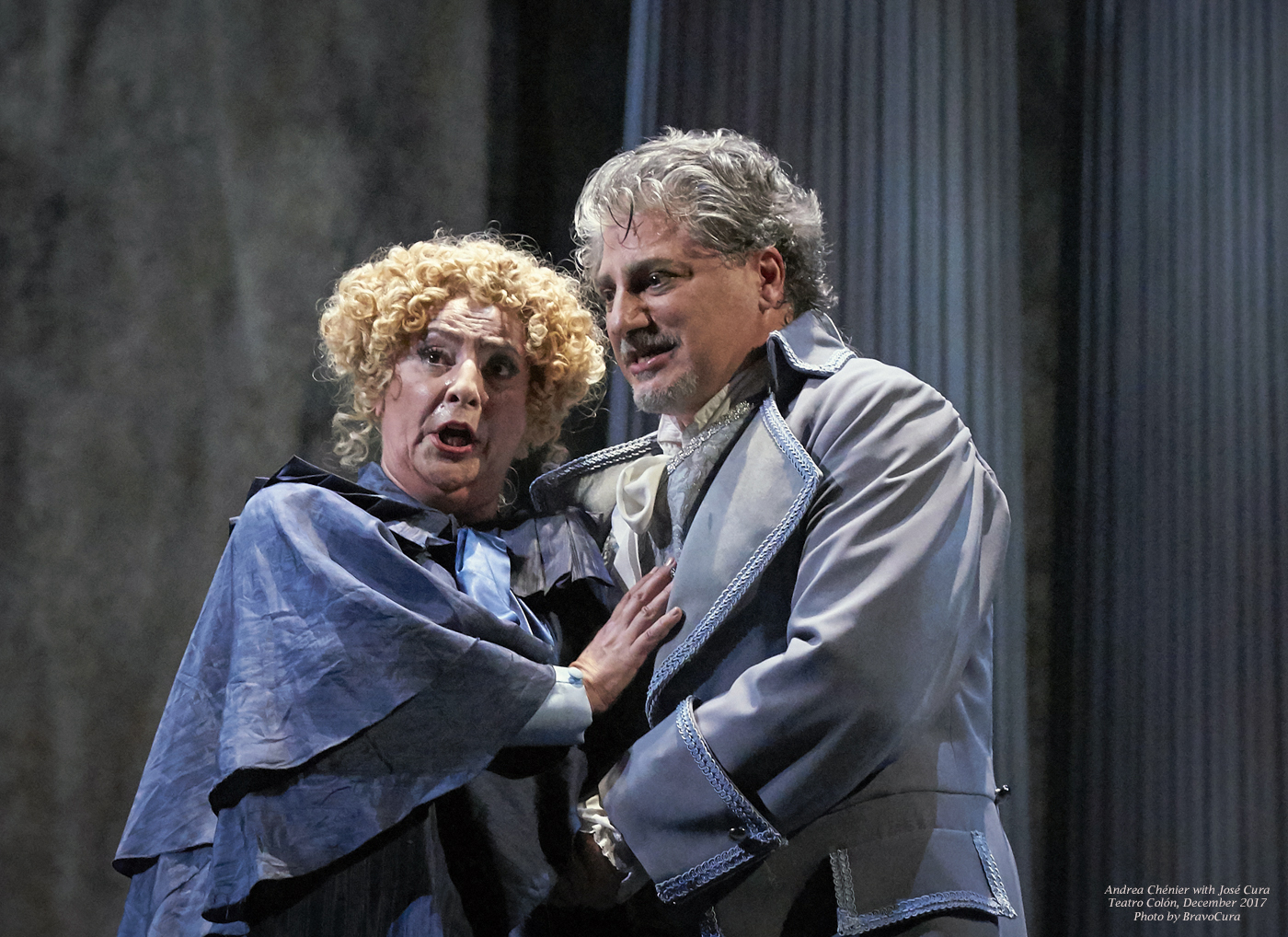
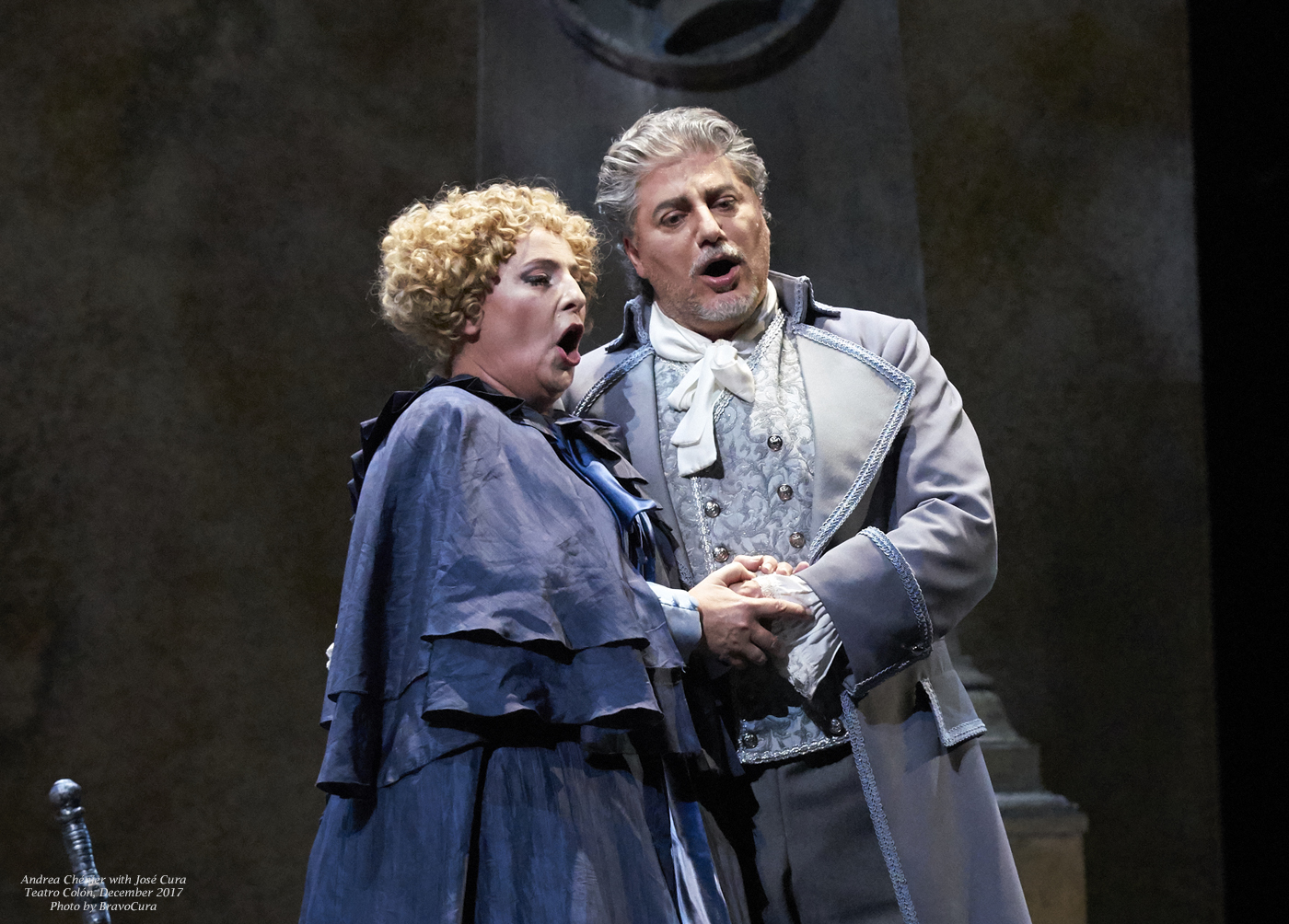
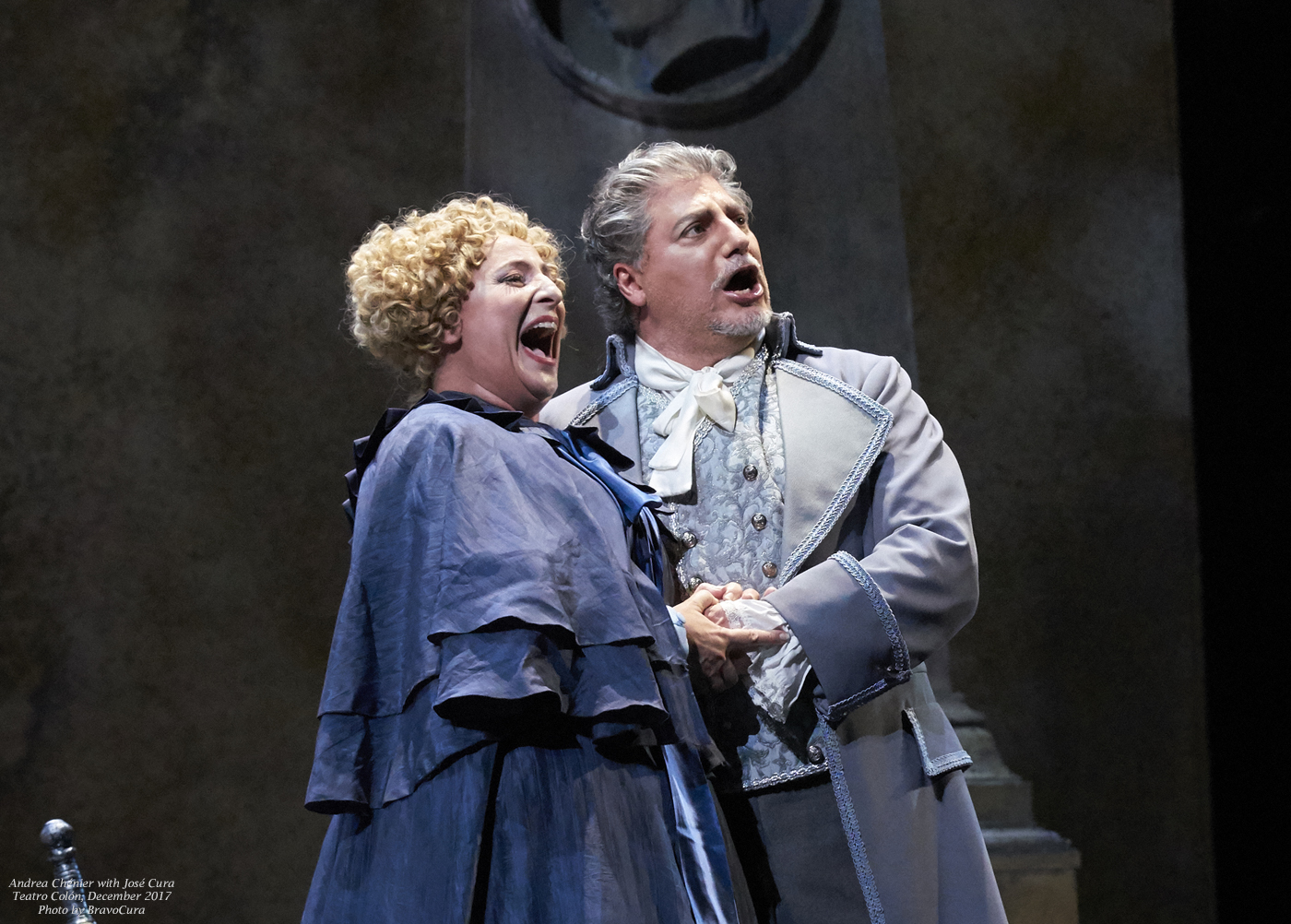
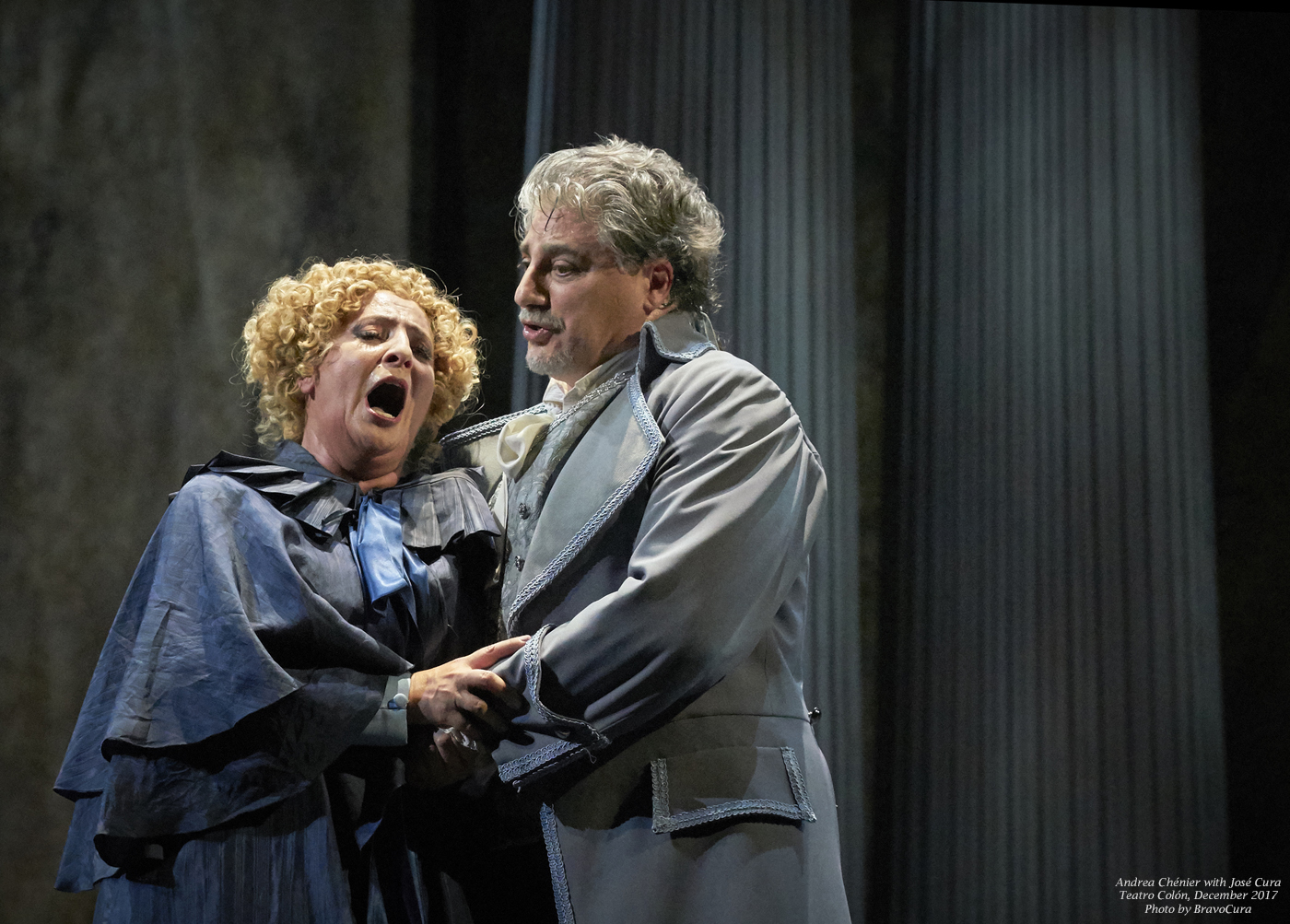
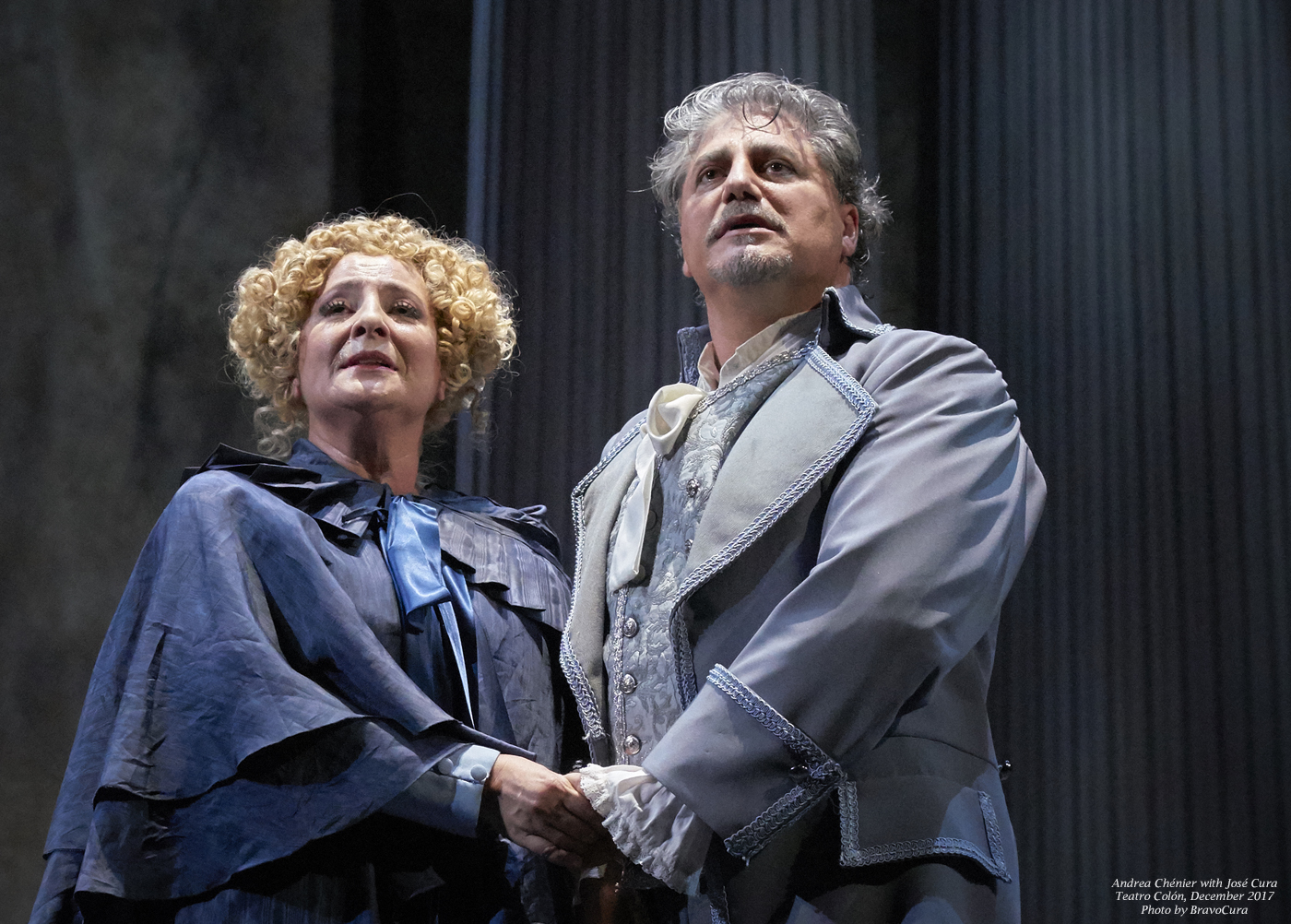
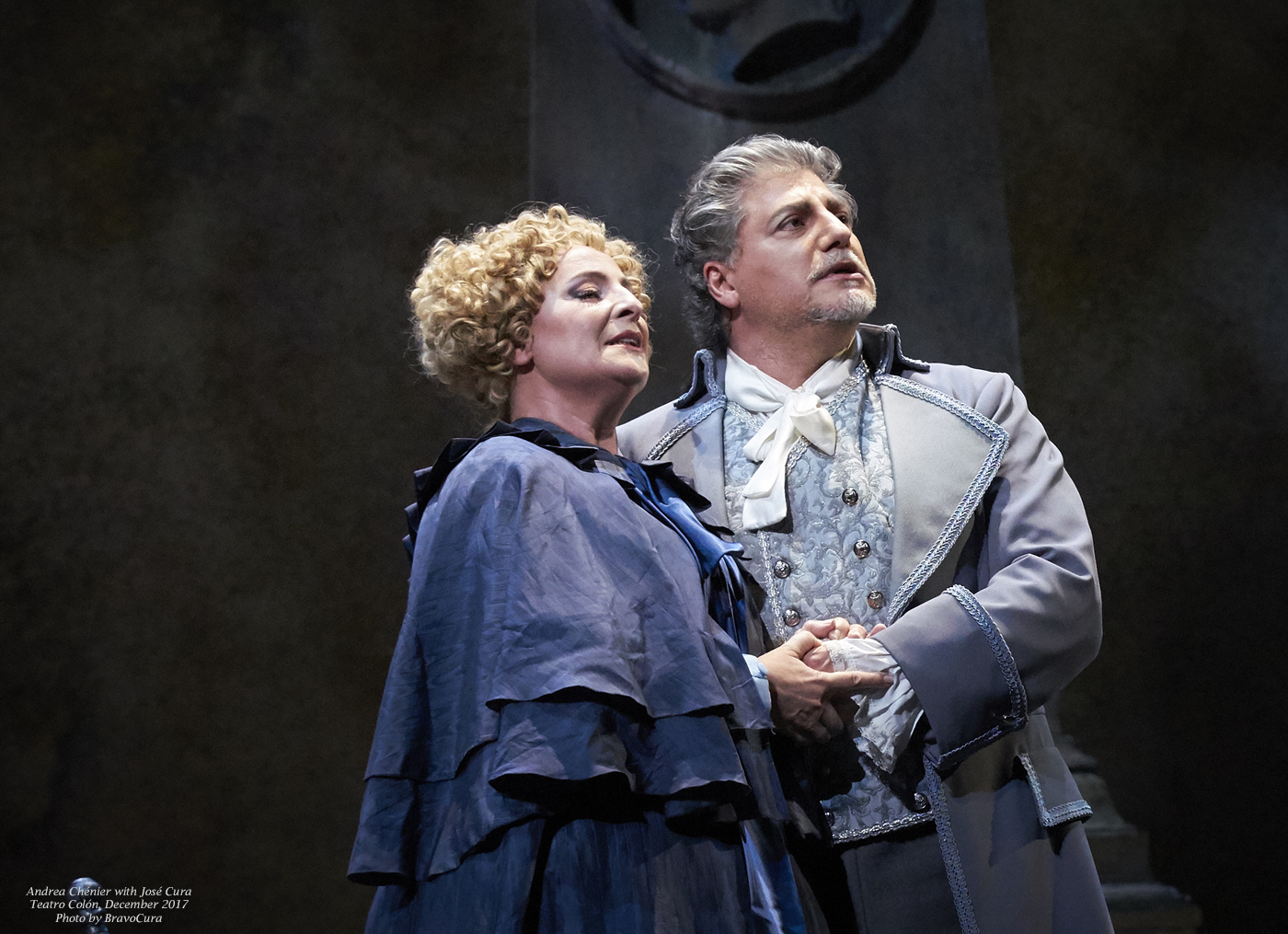
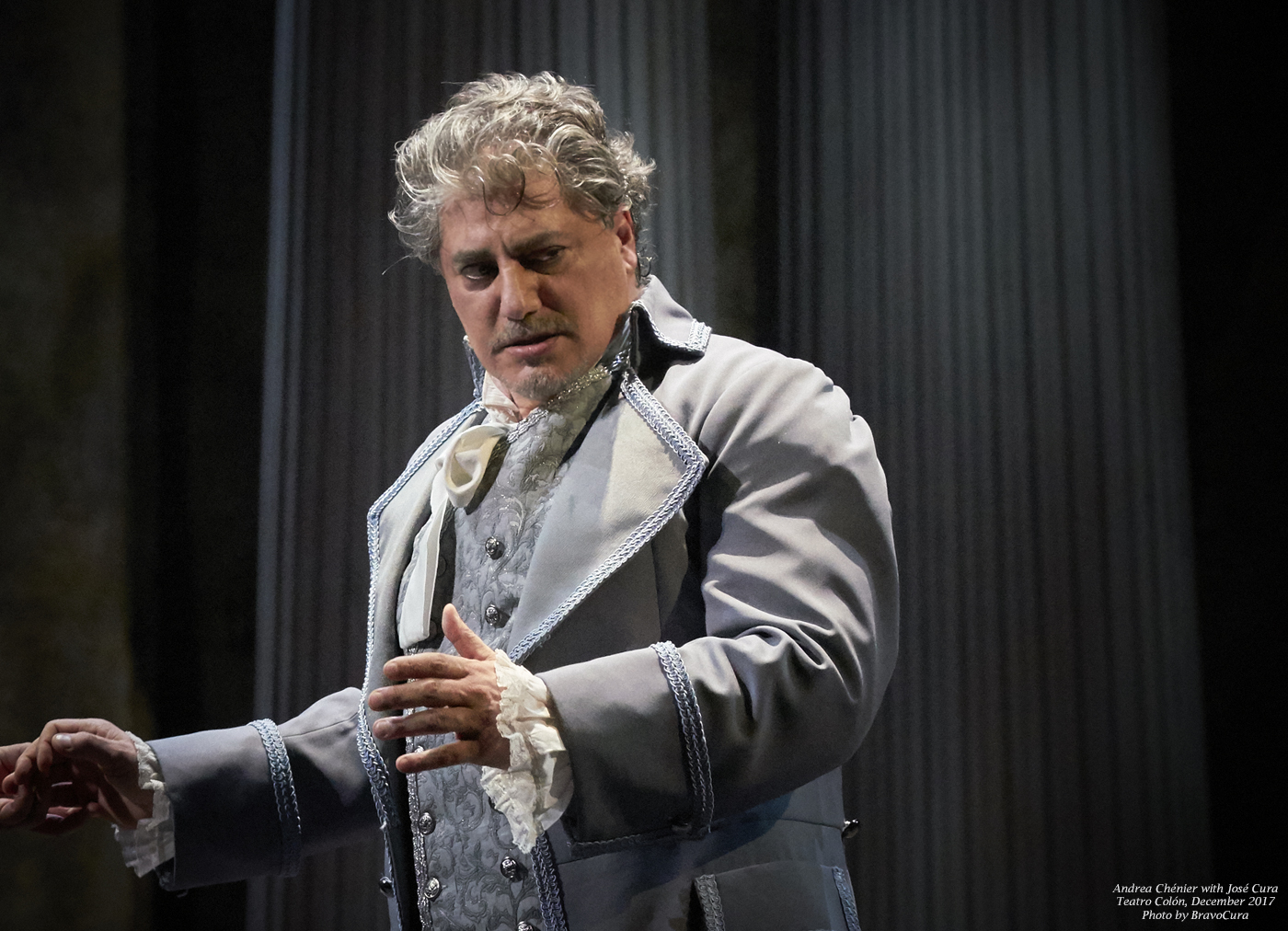
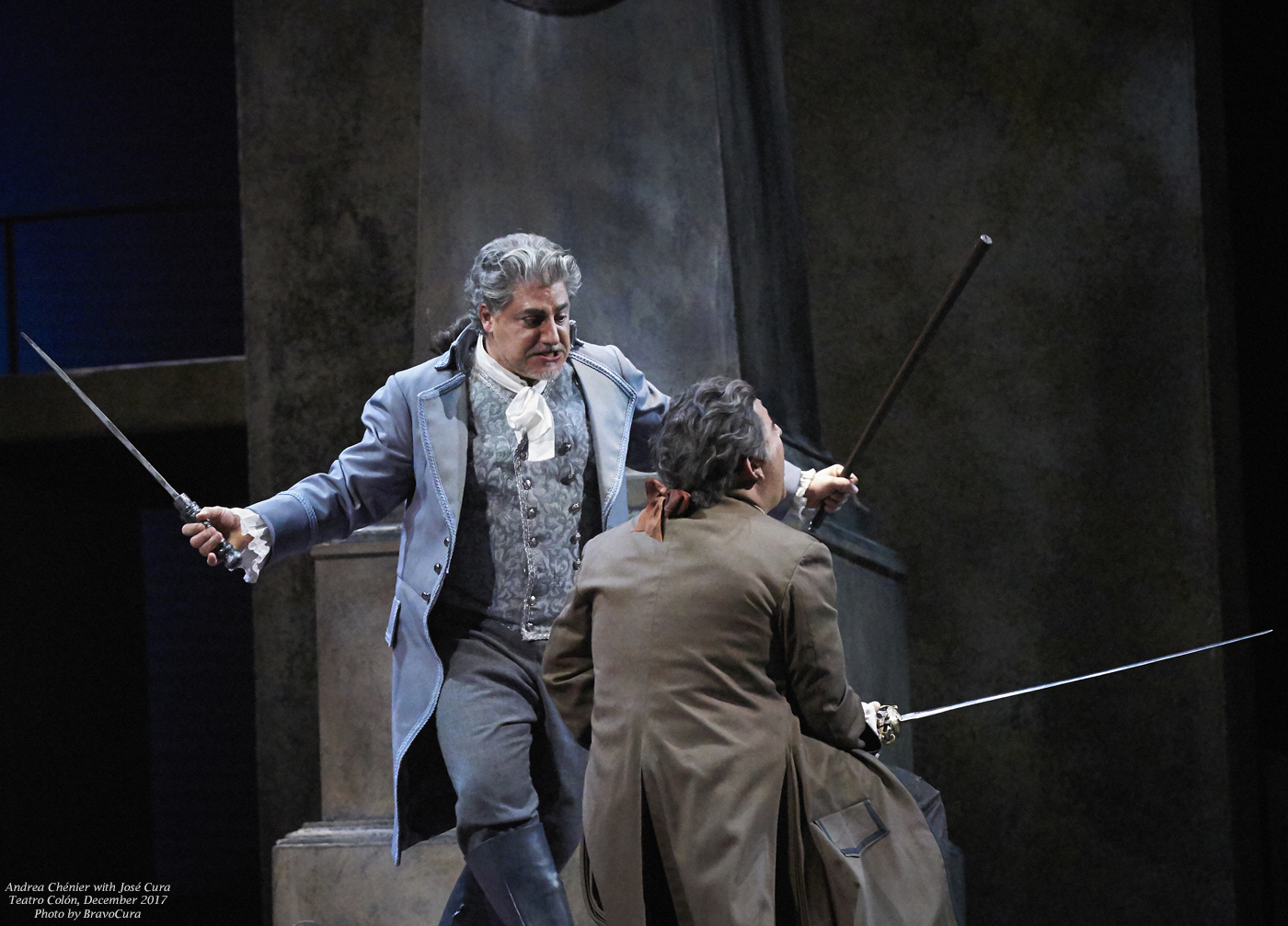
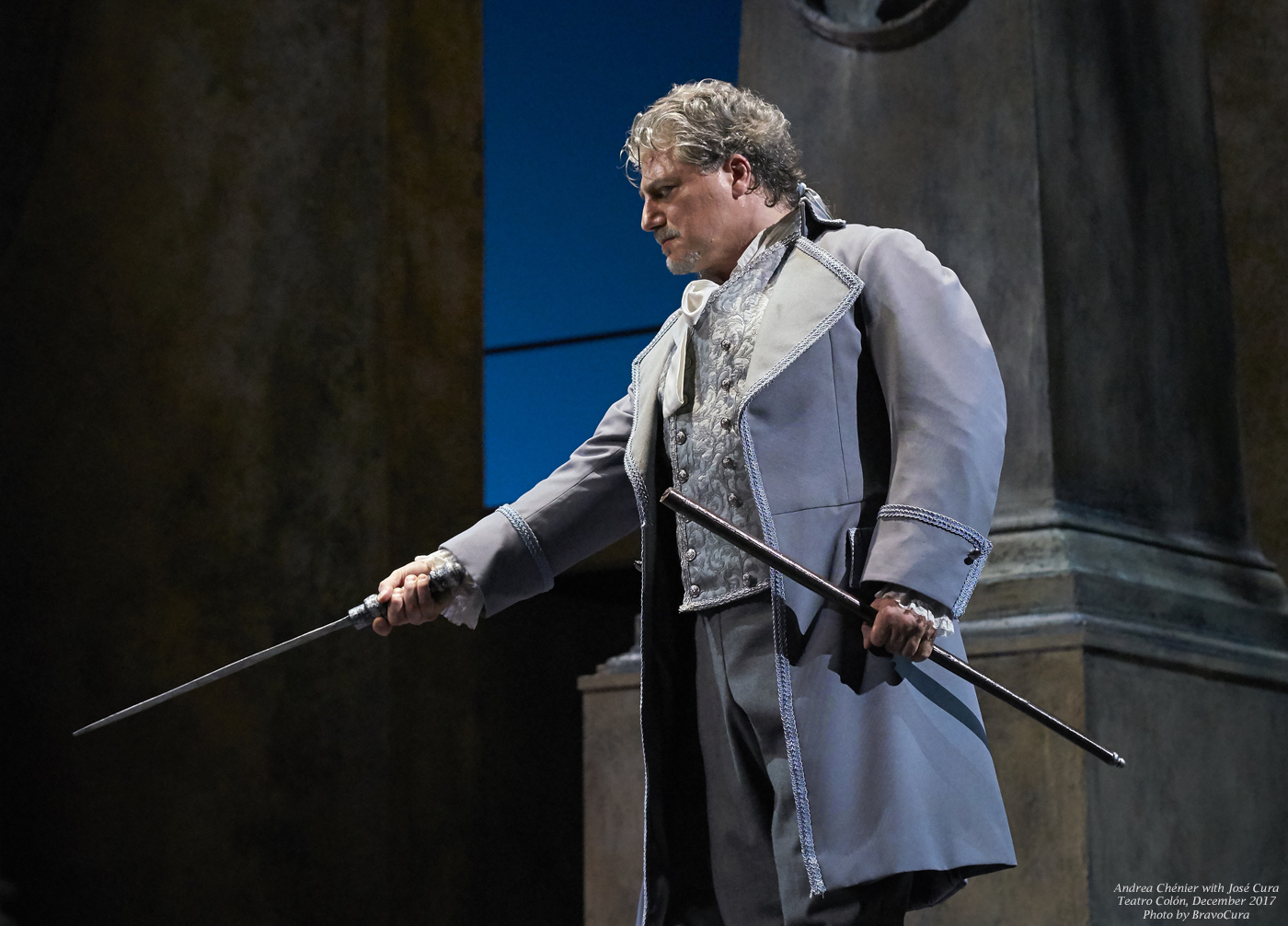
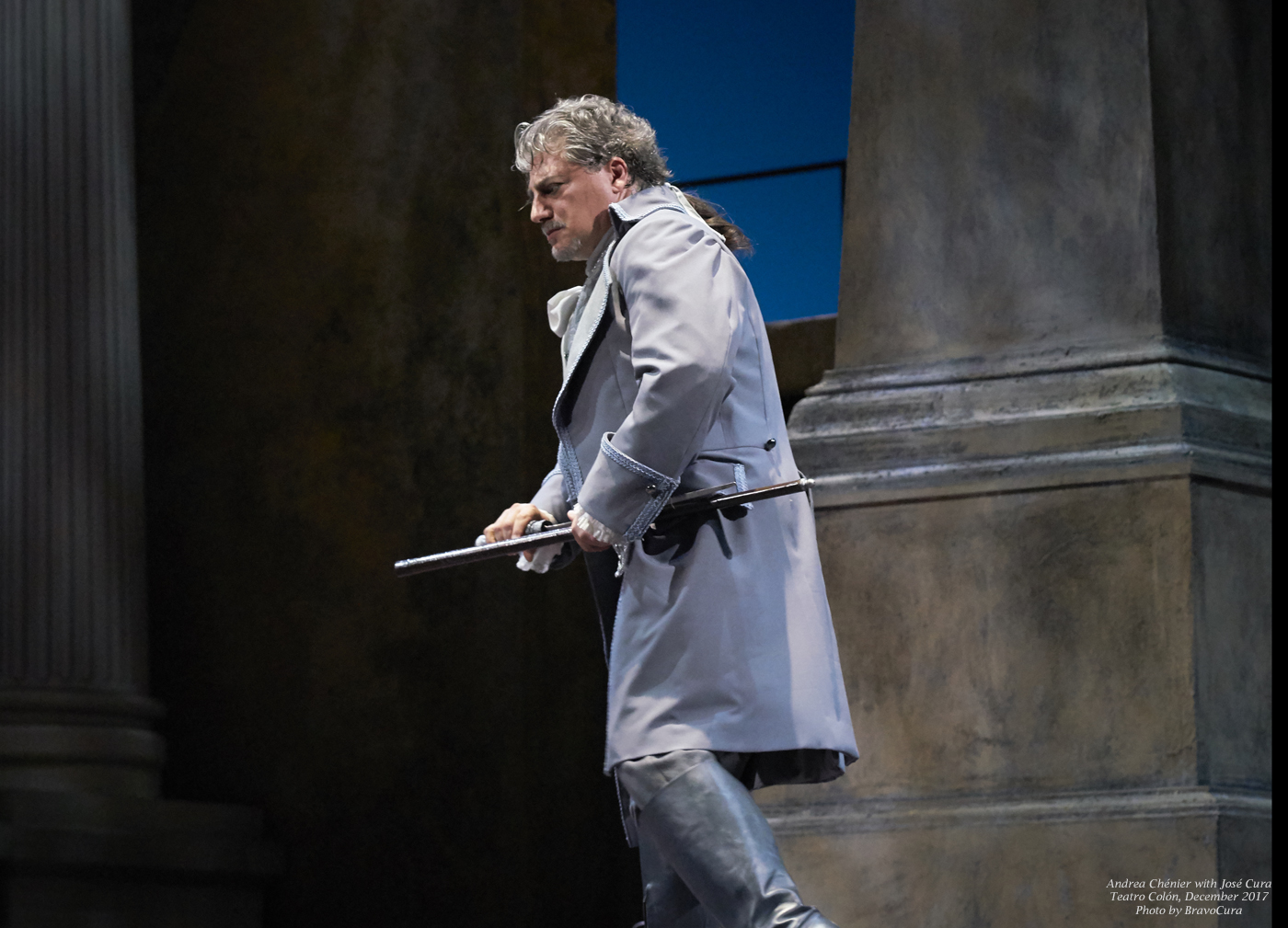
.jpg)
.jpg)
.jpg)
.jpg)
.jpg)
